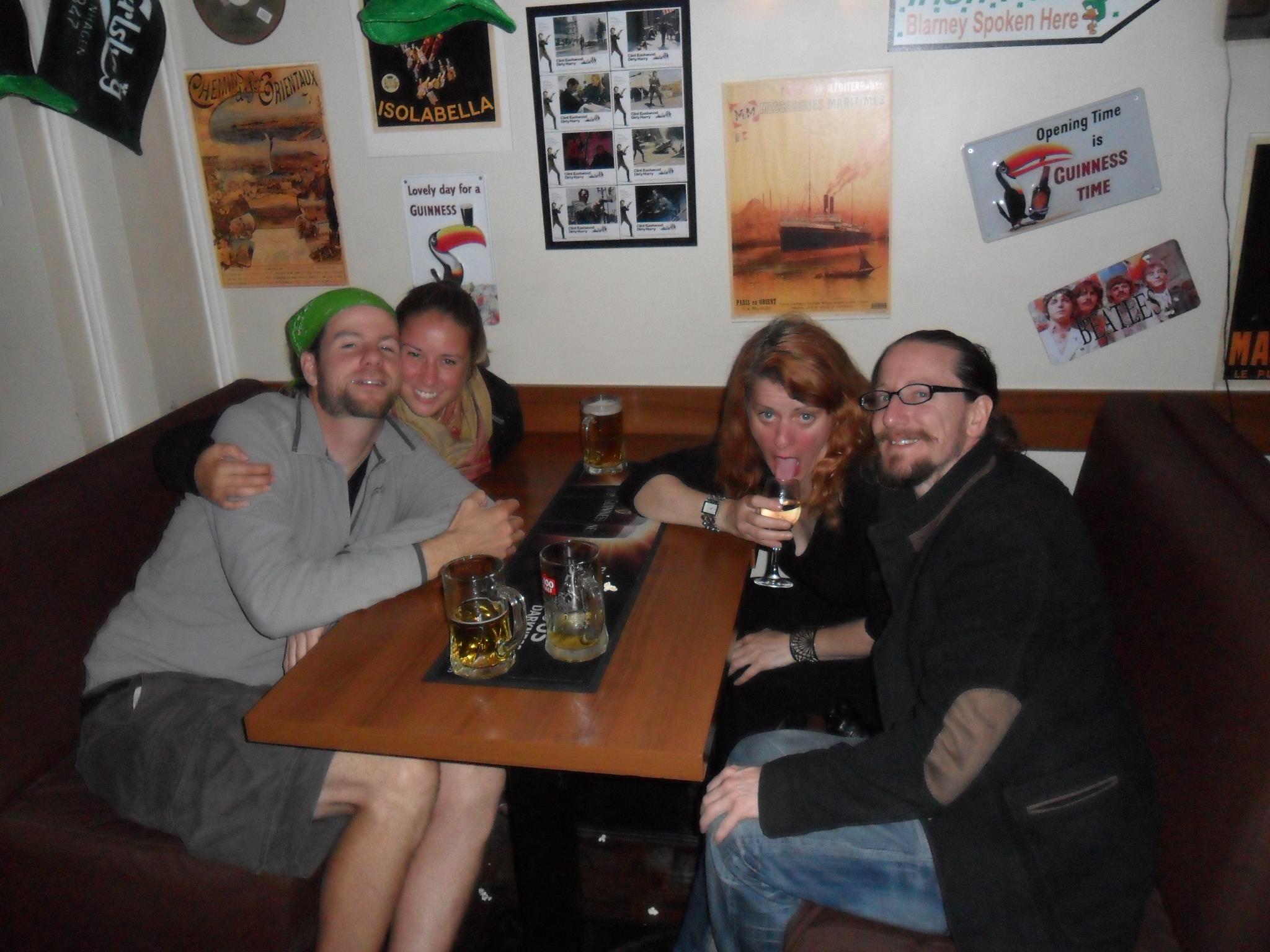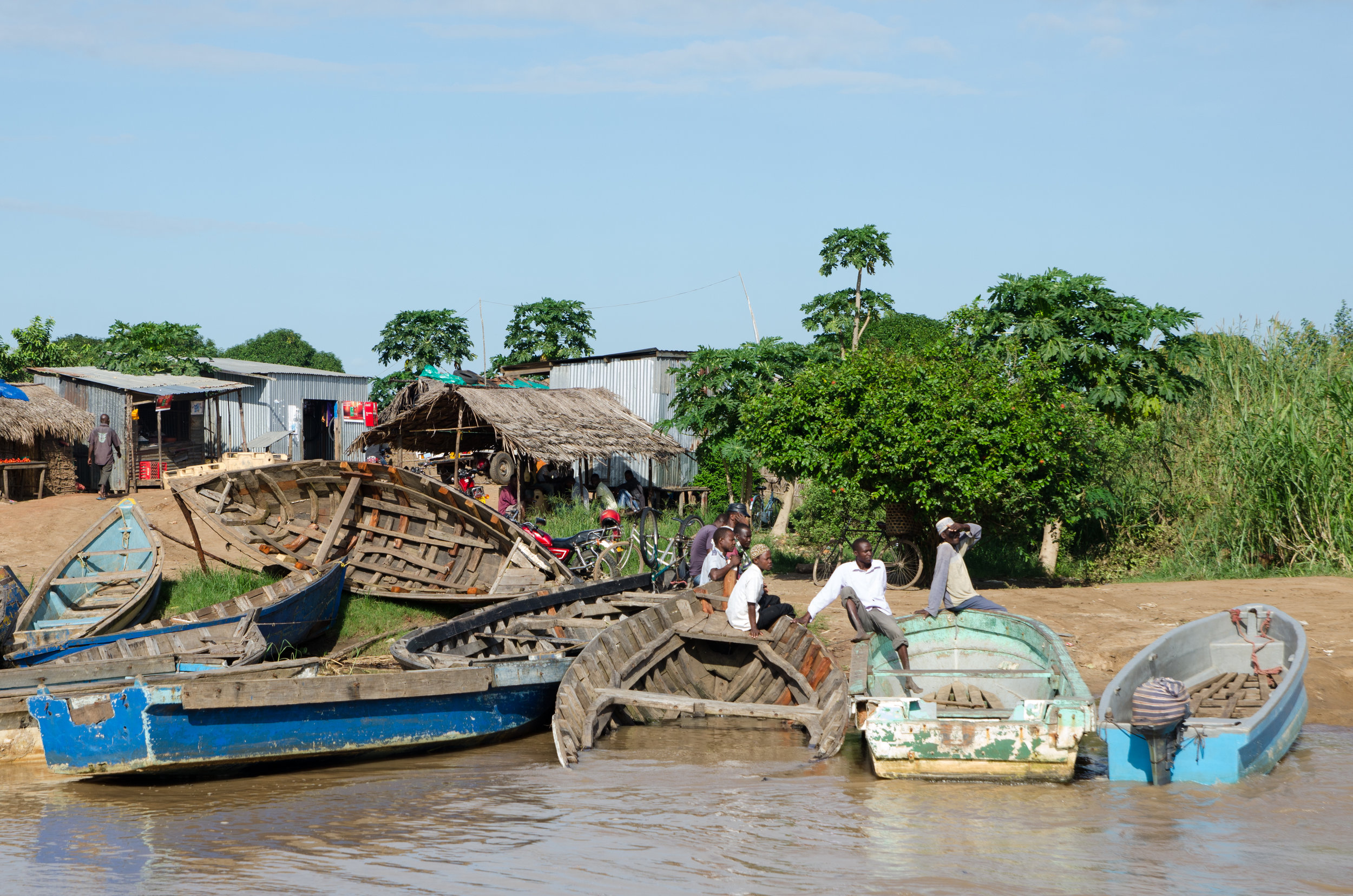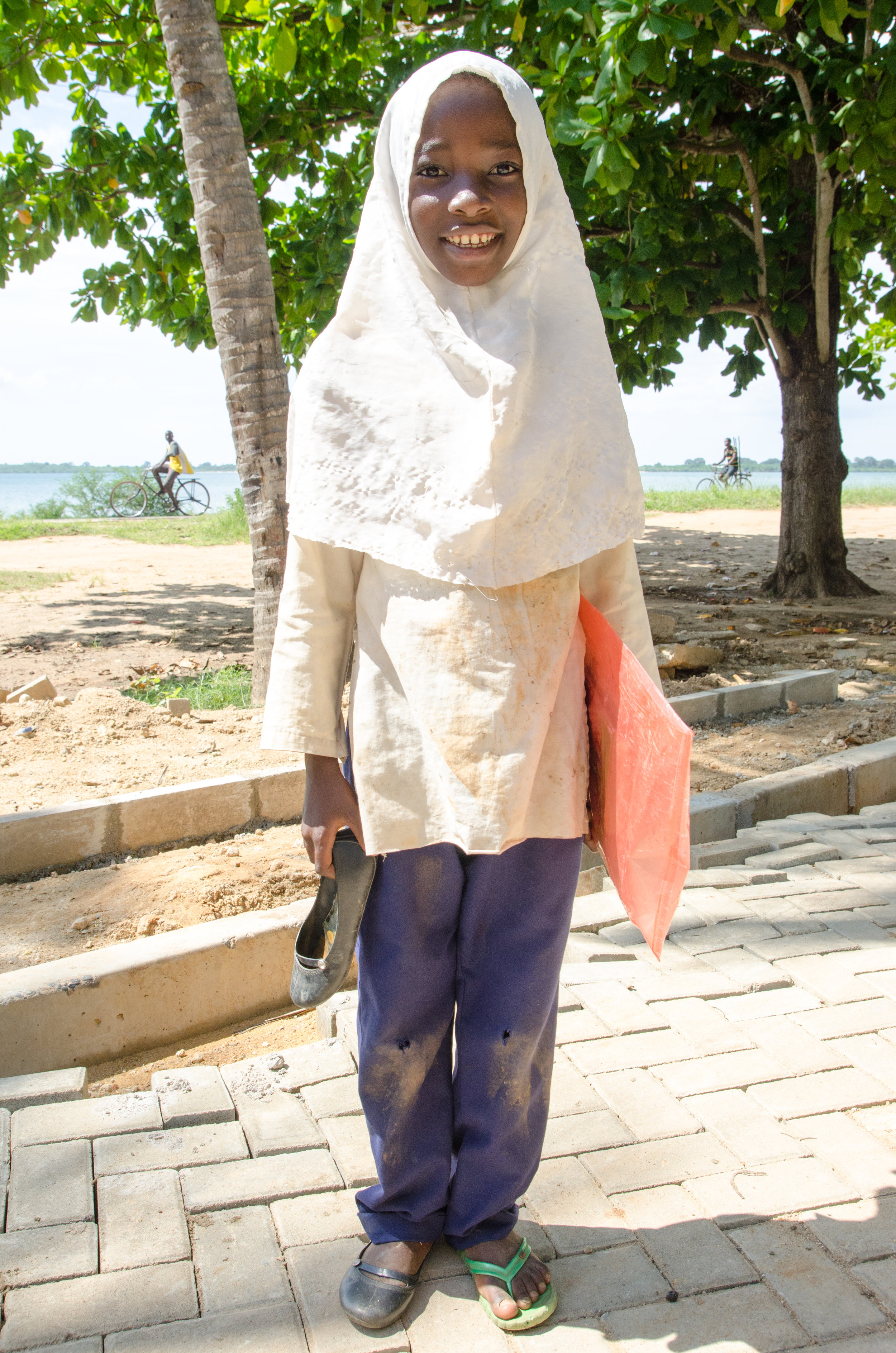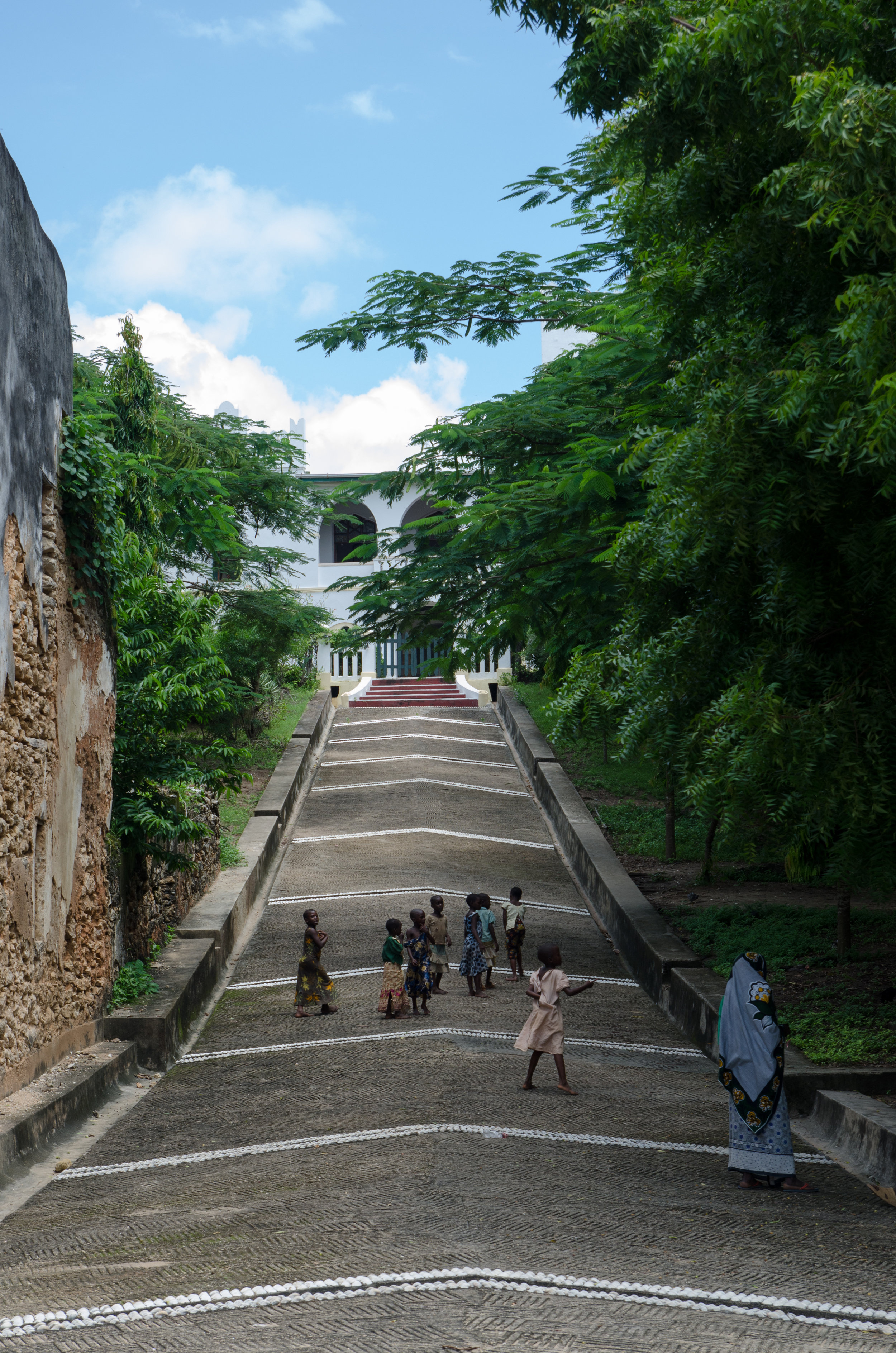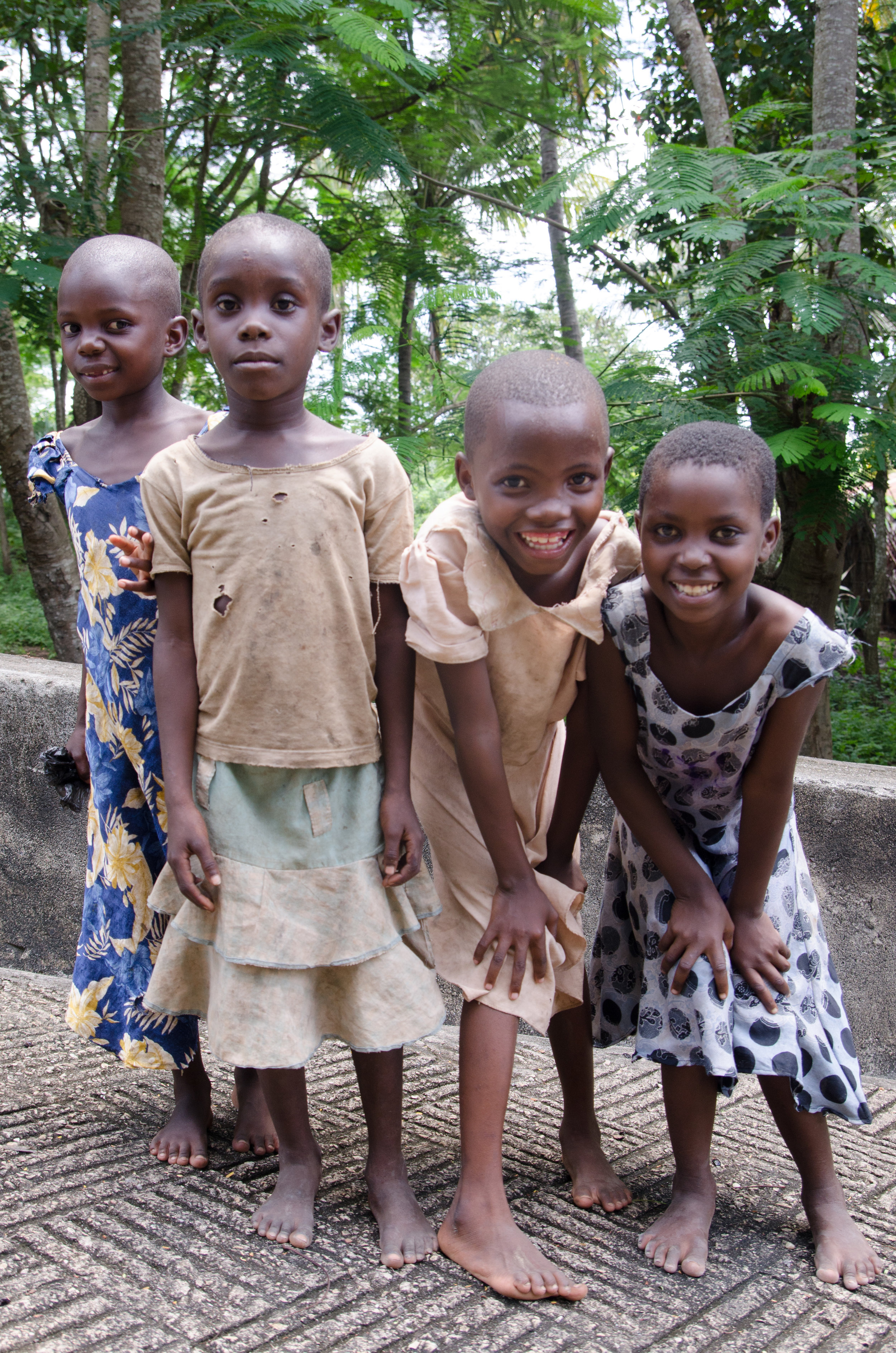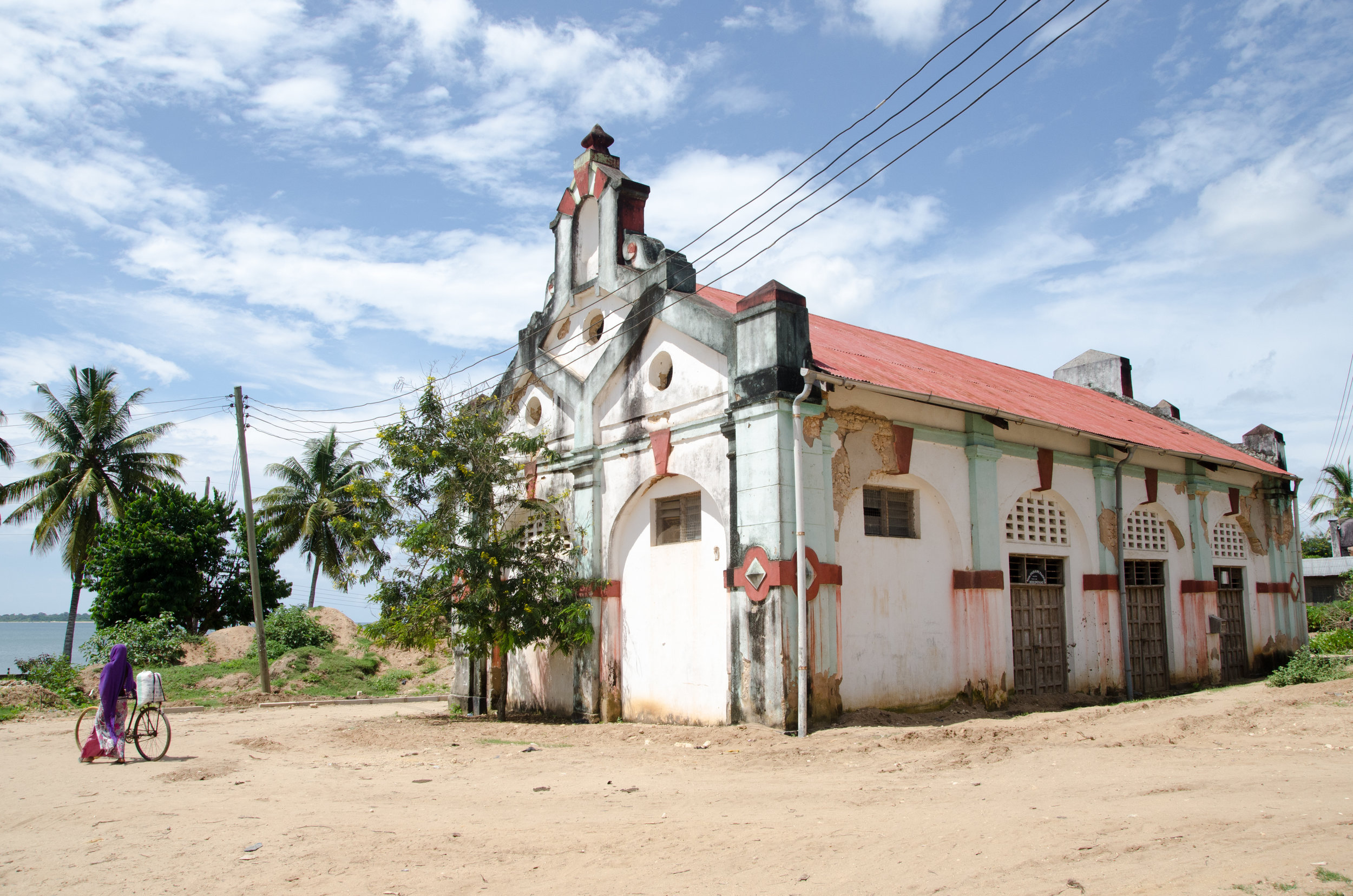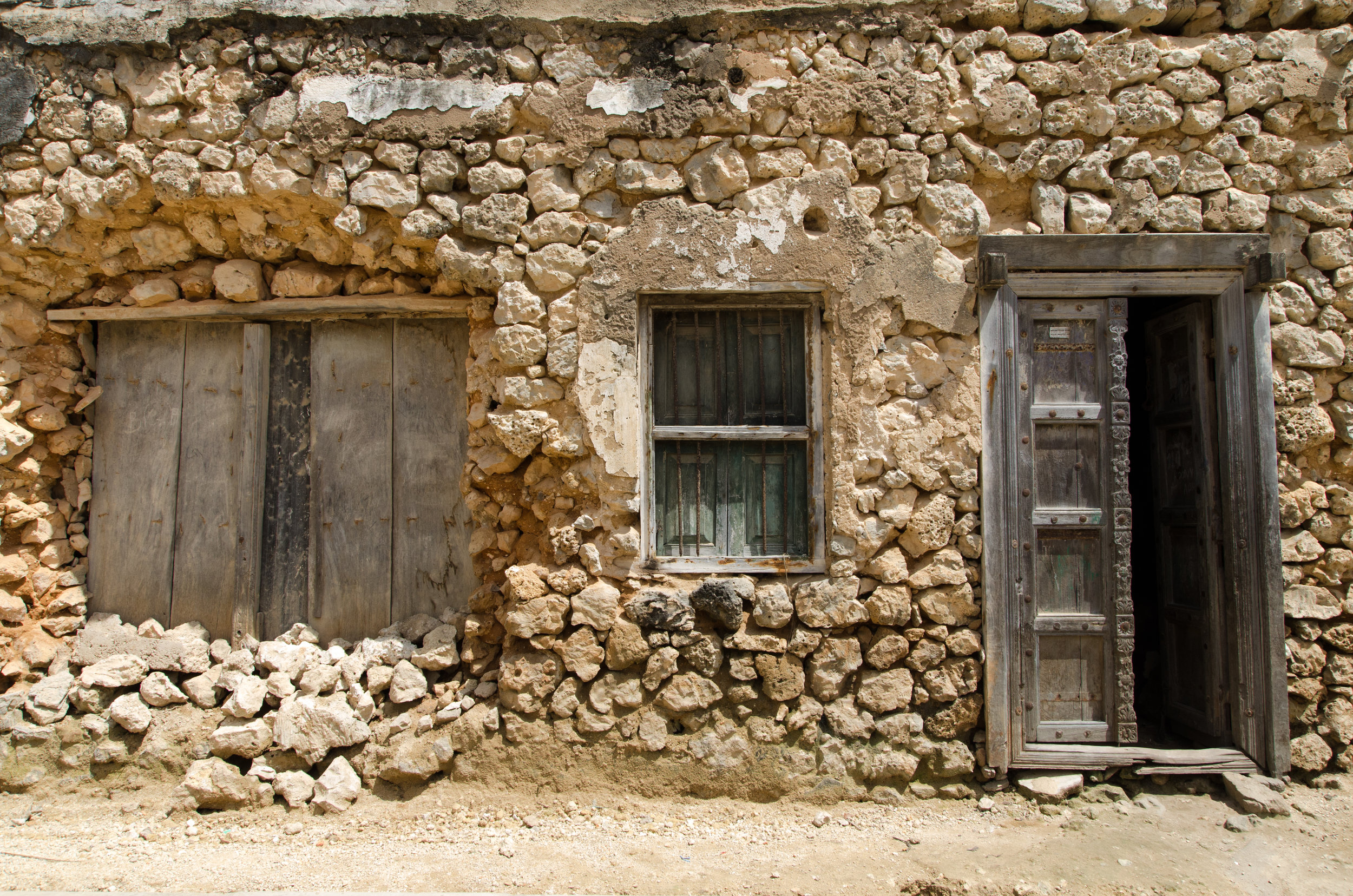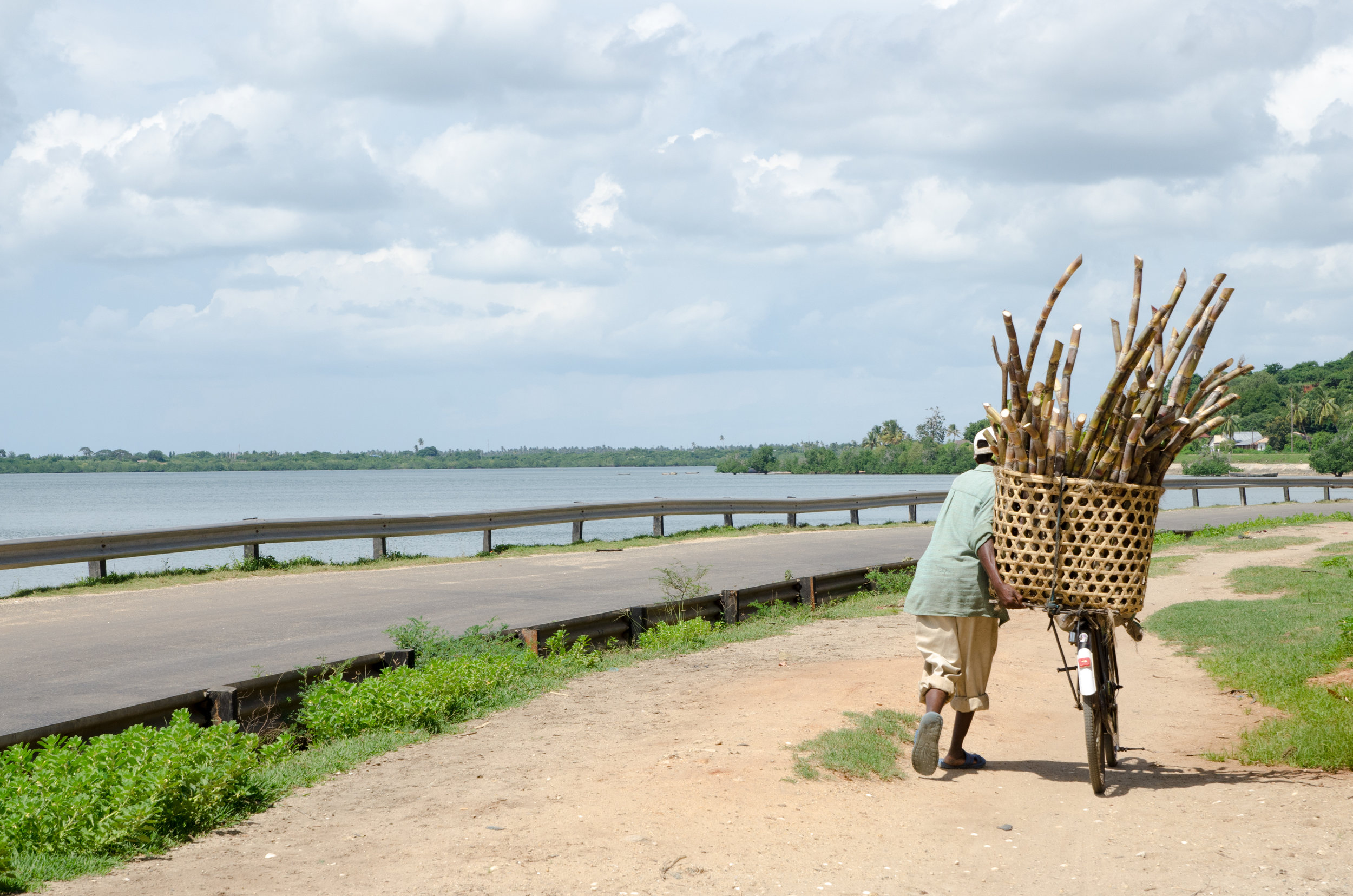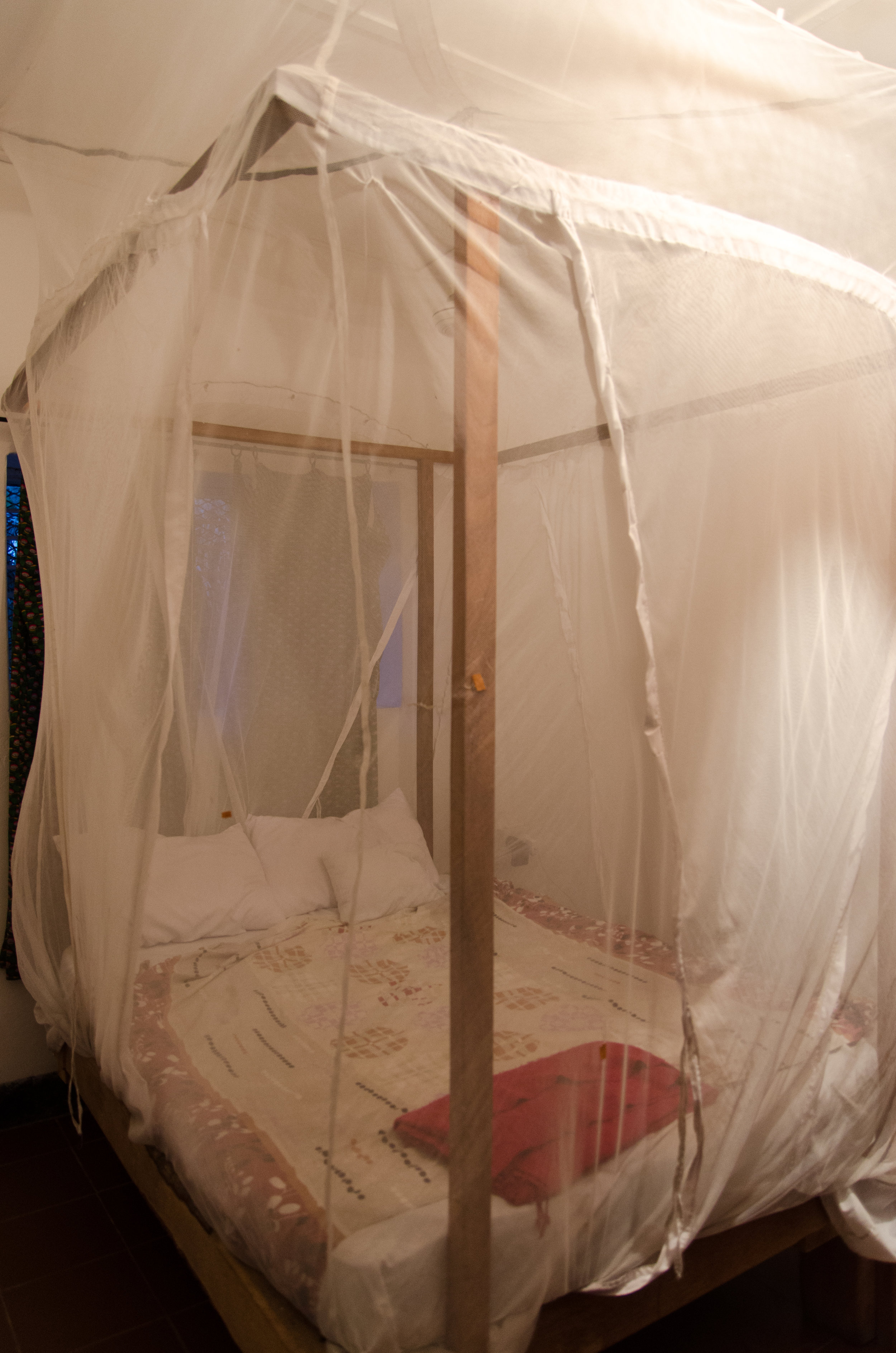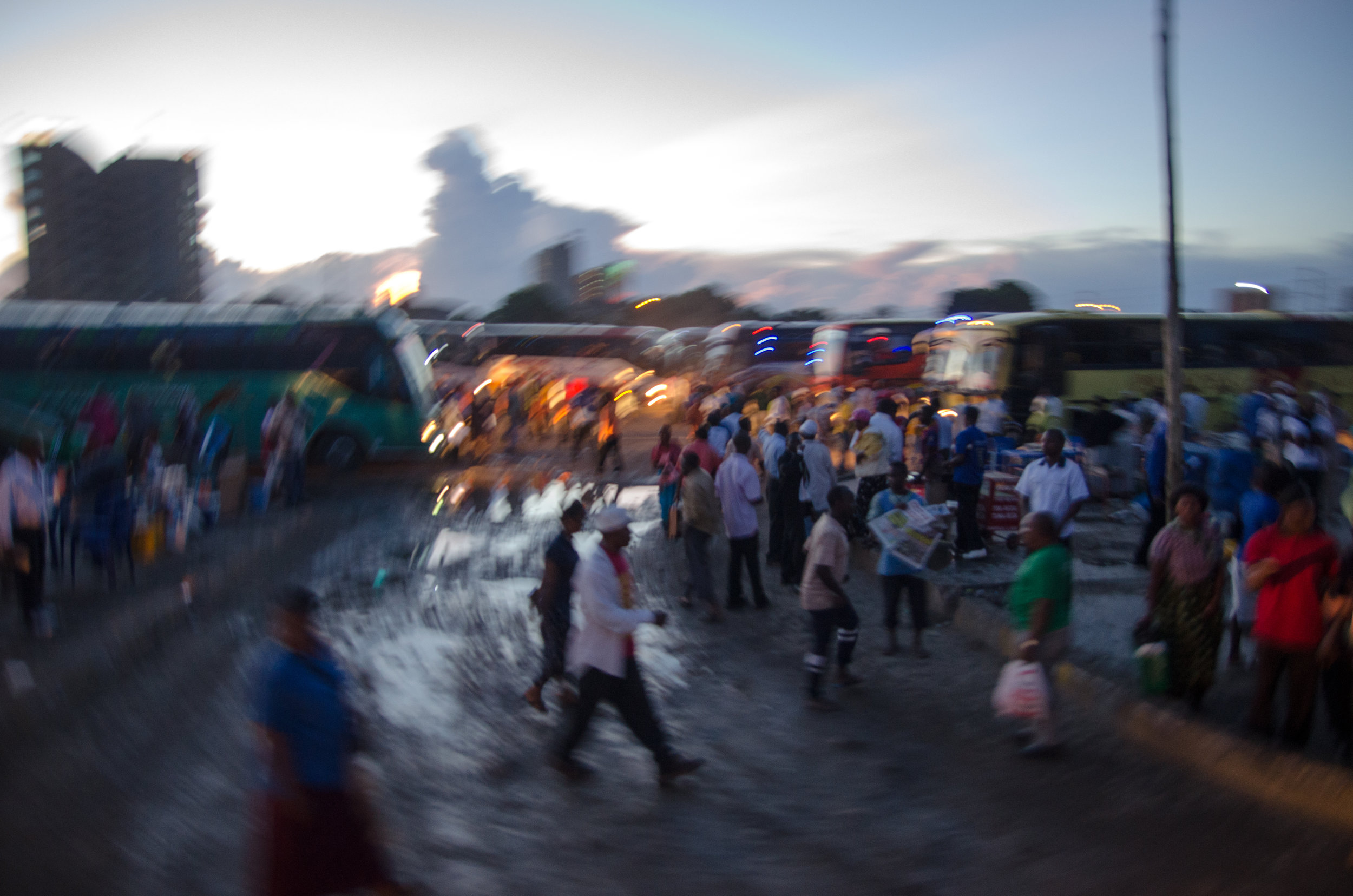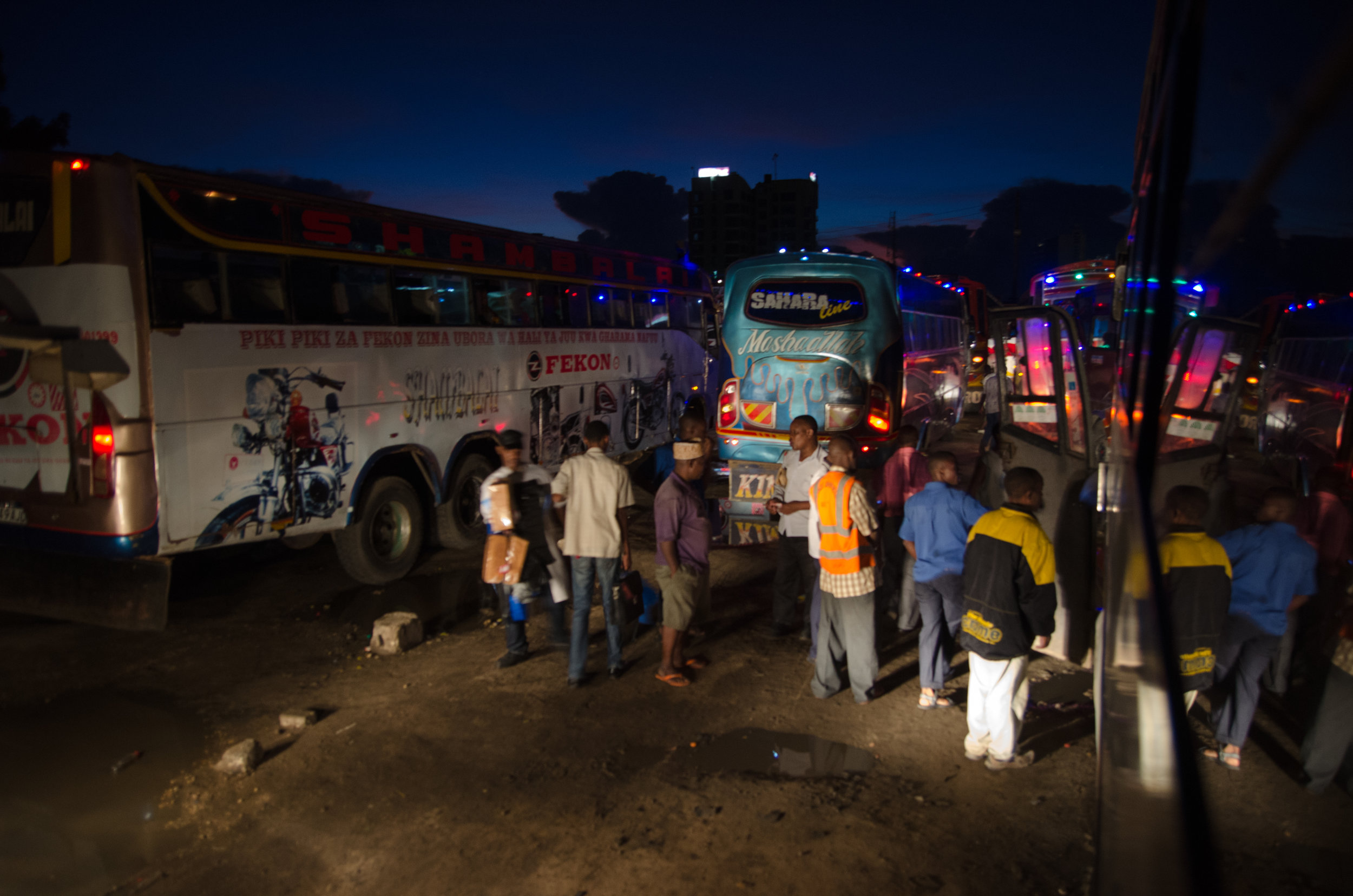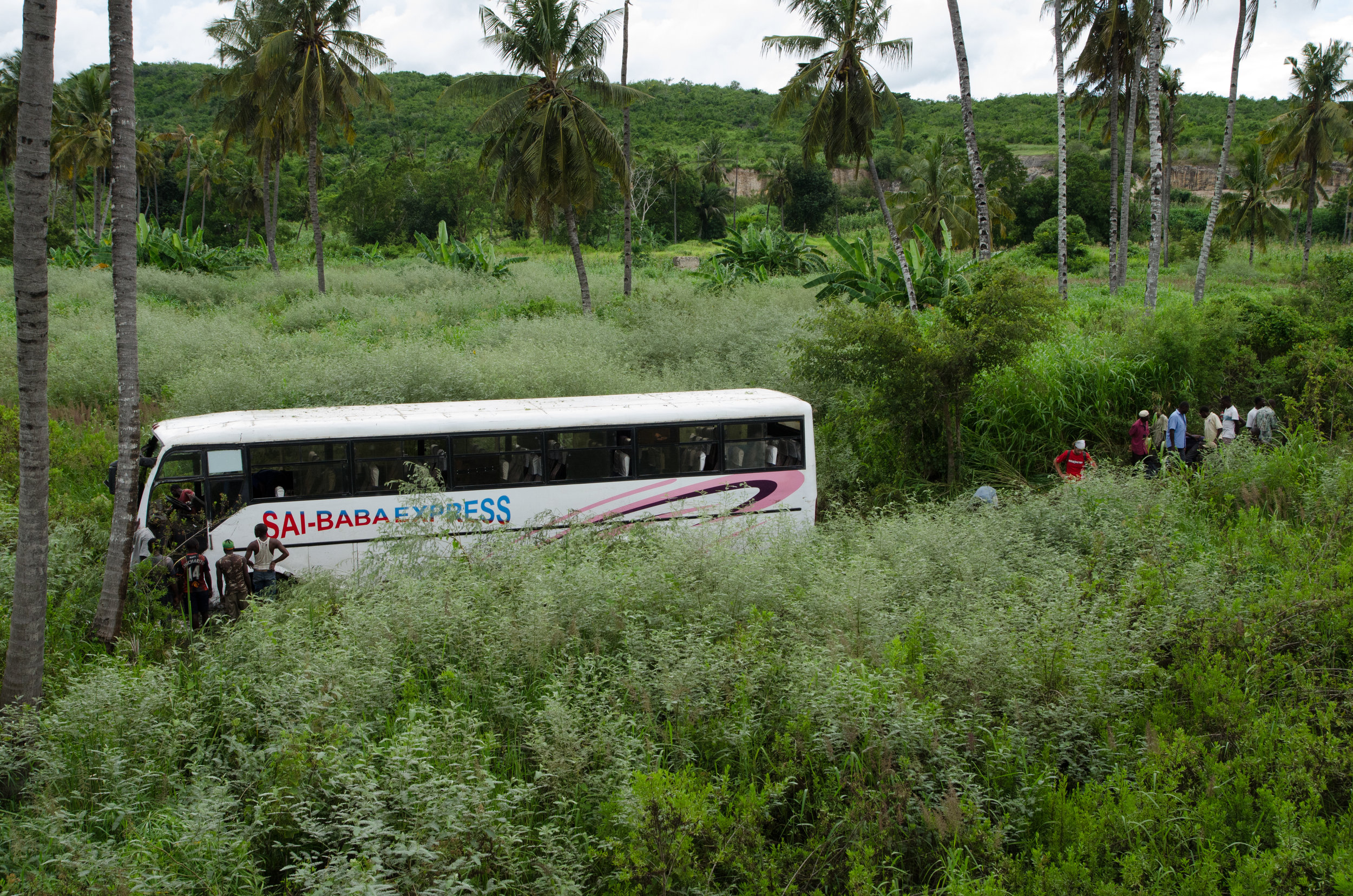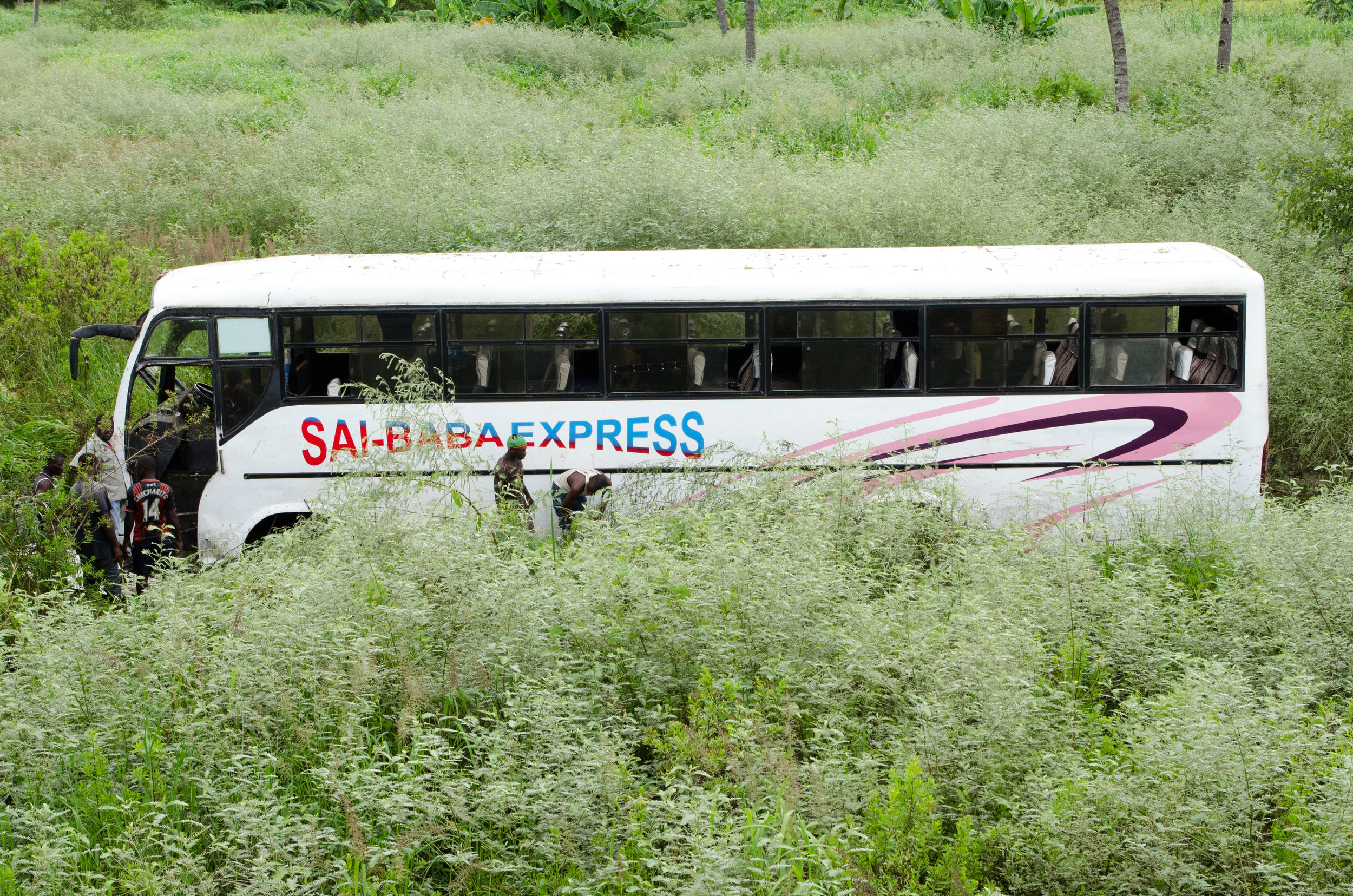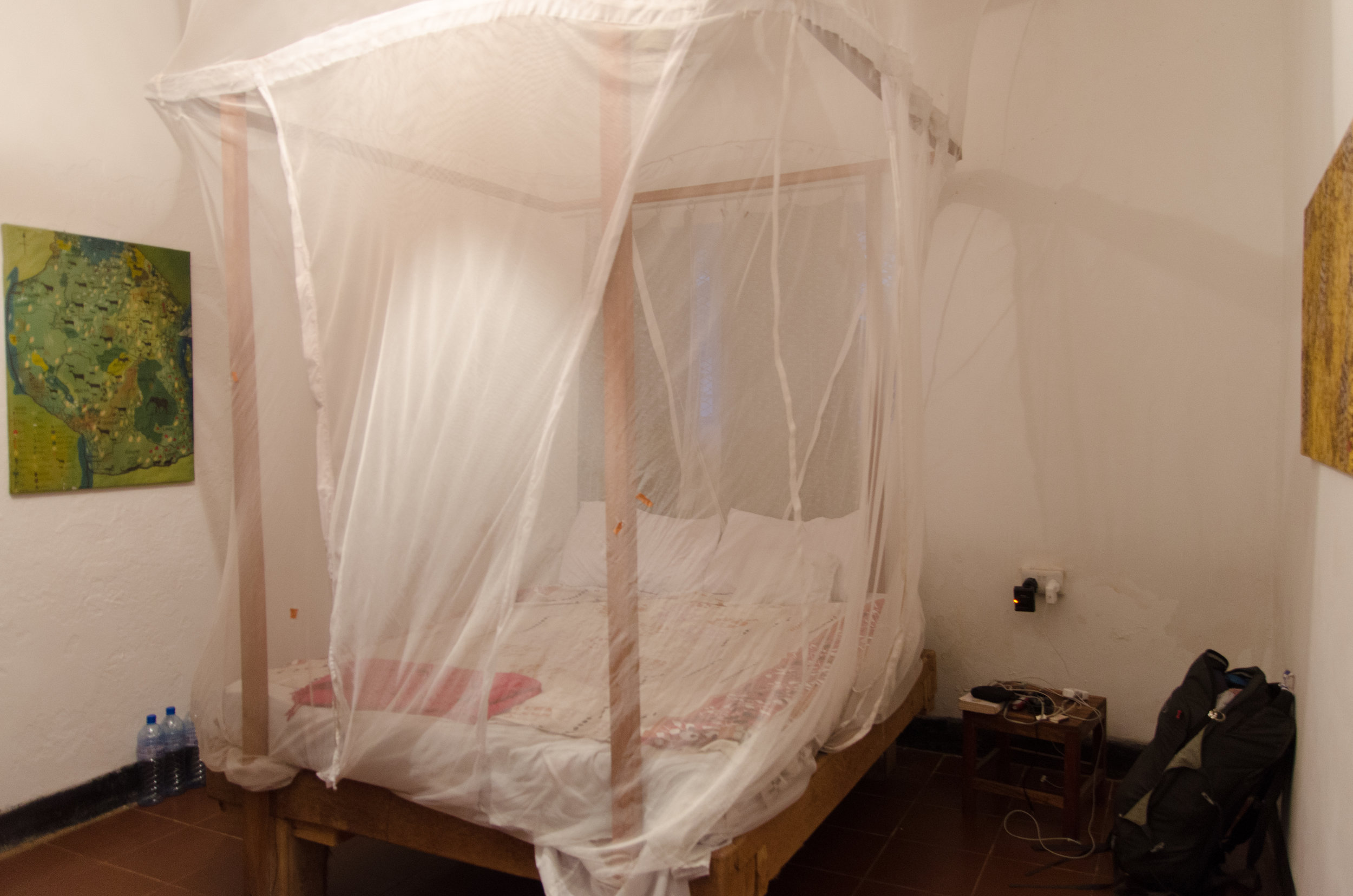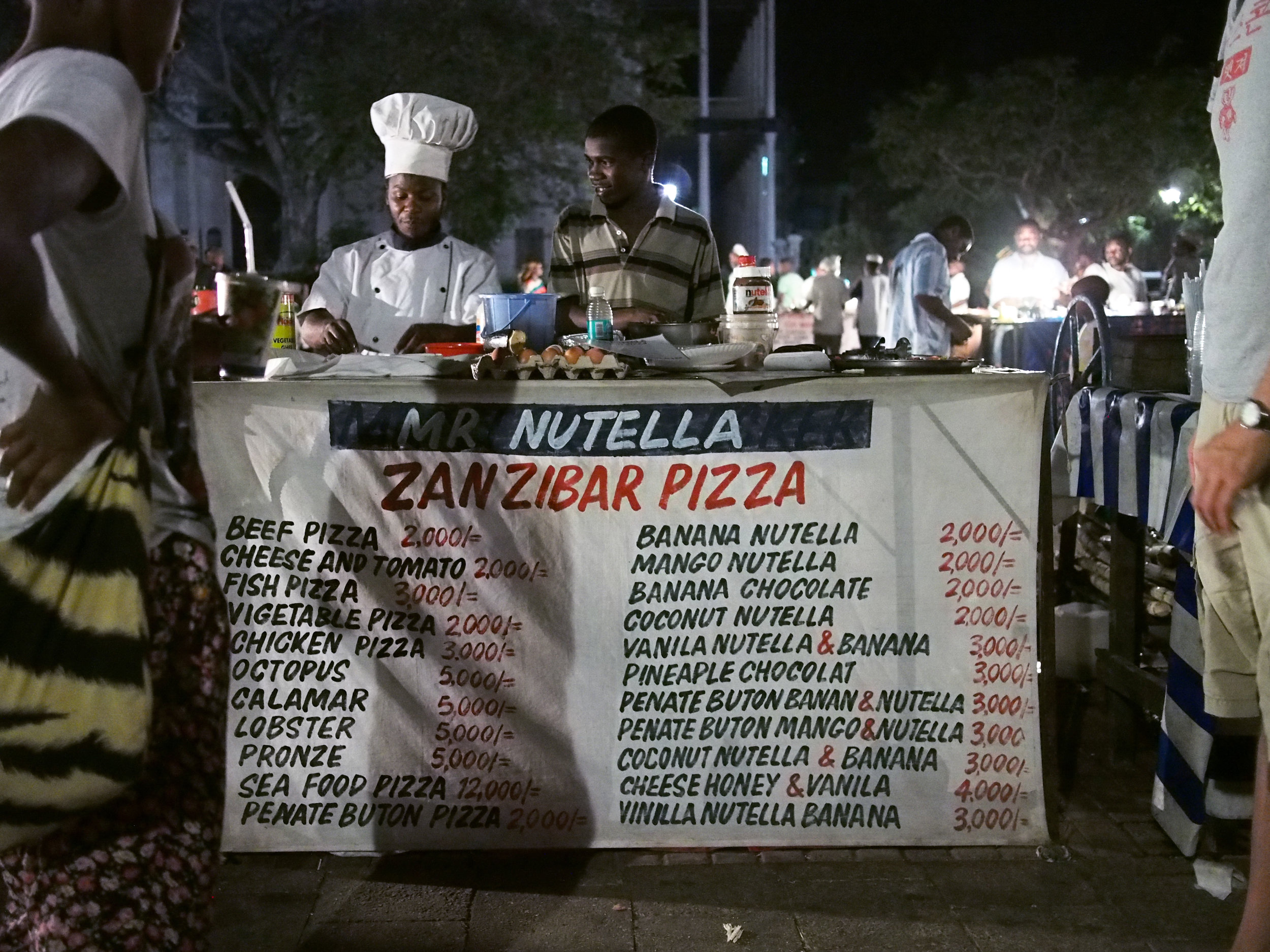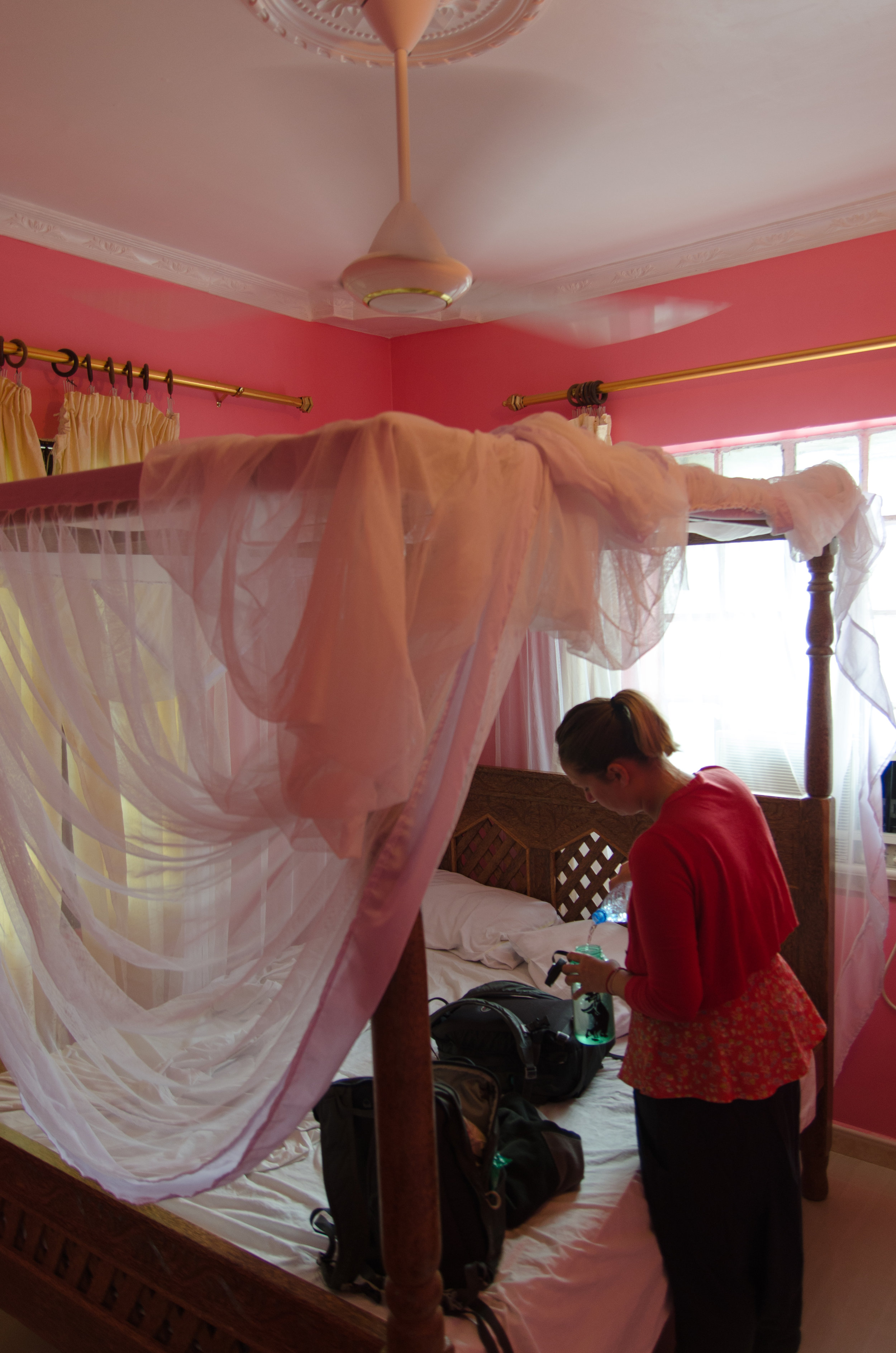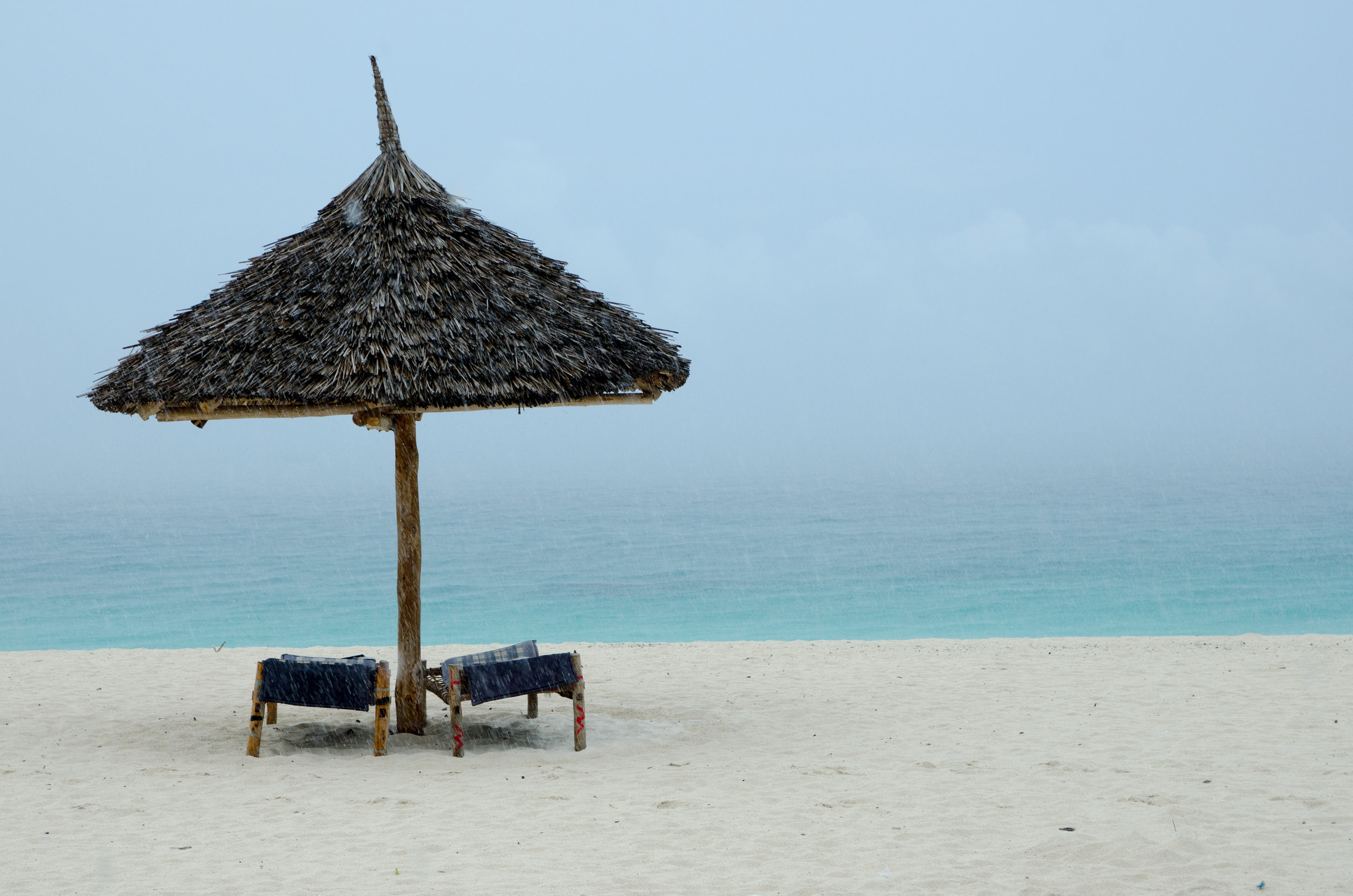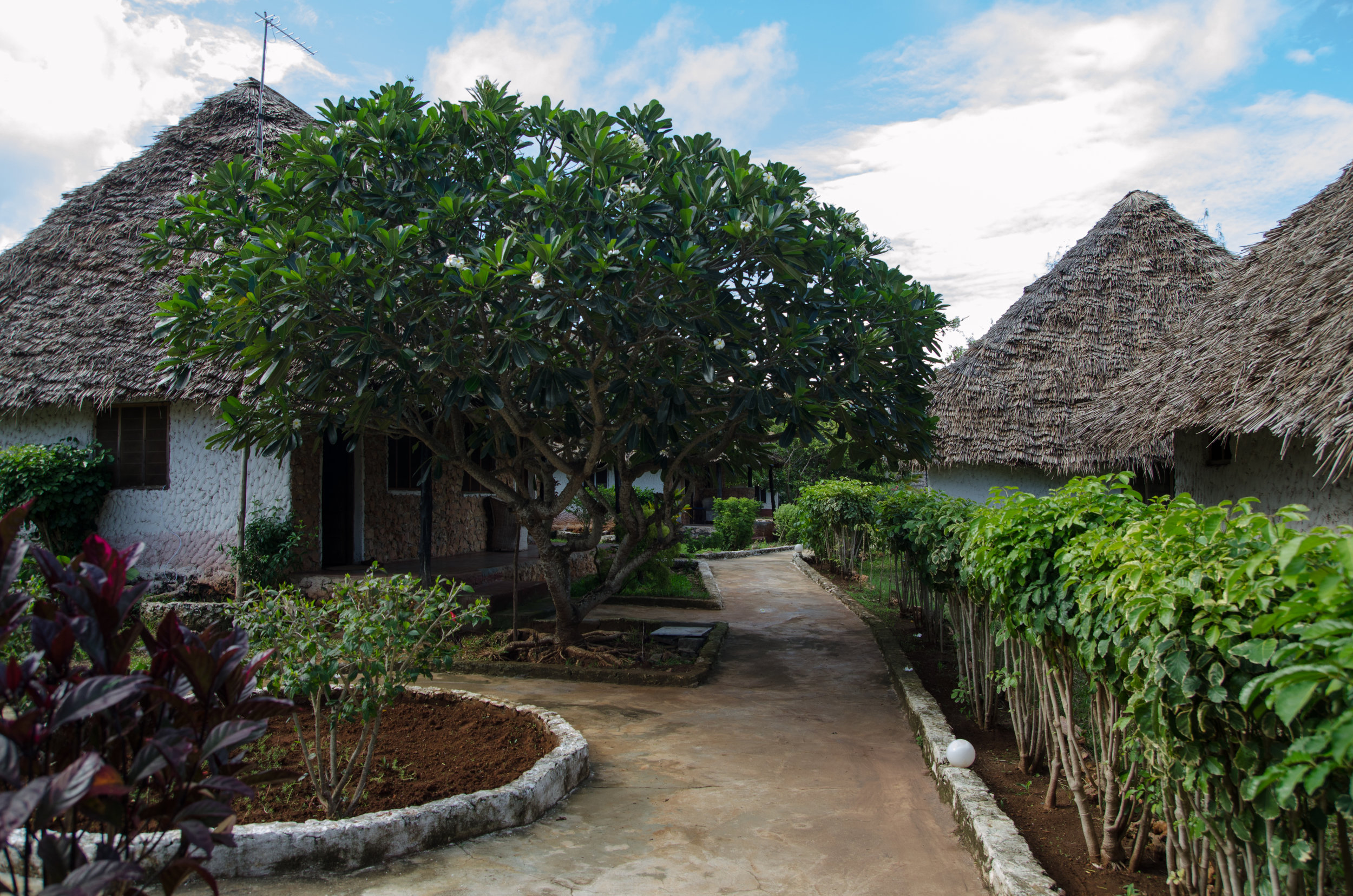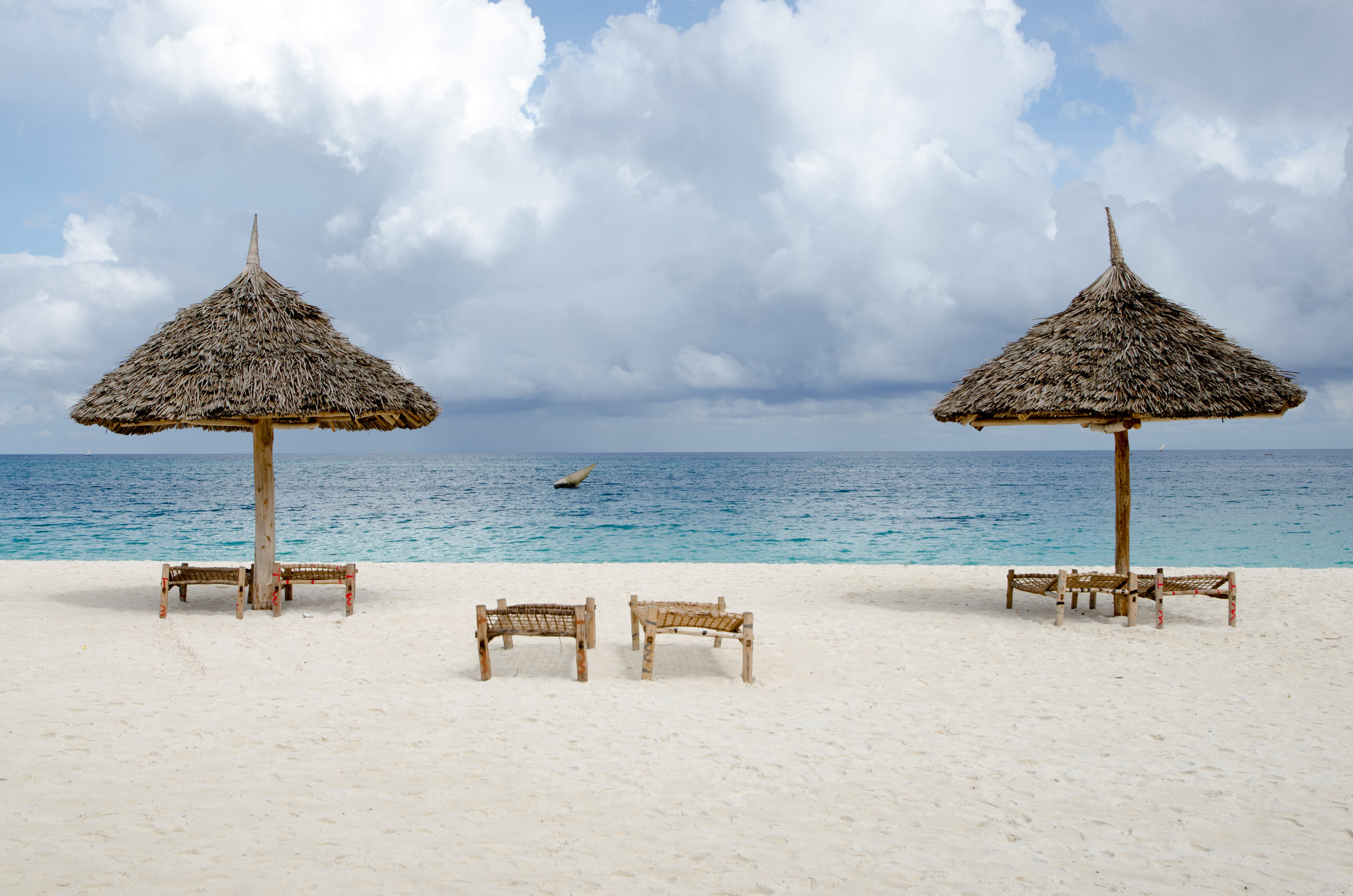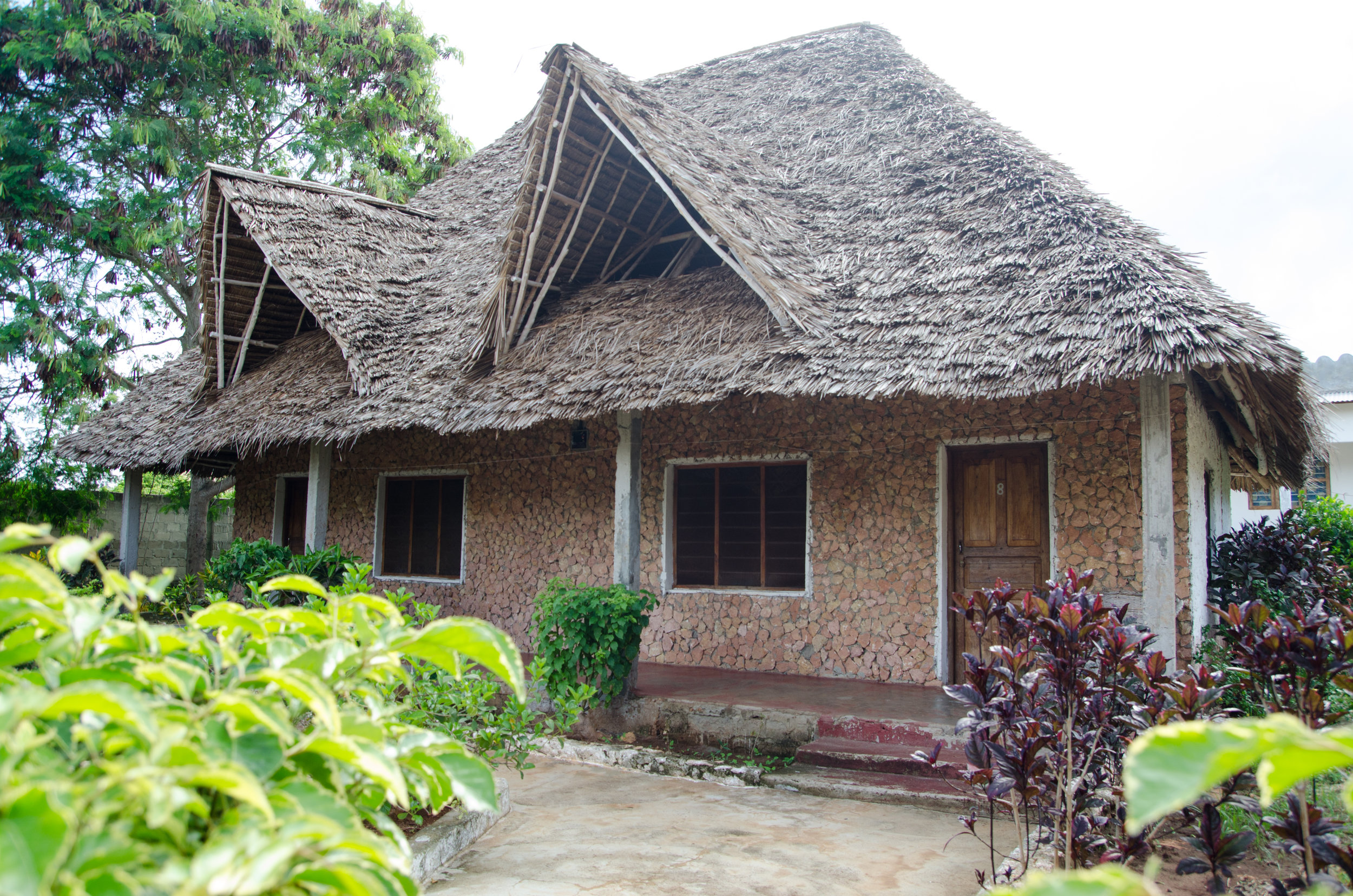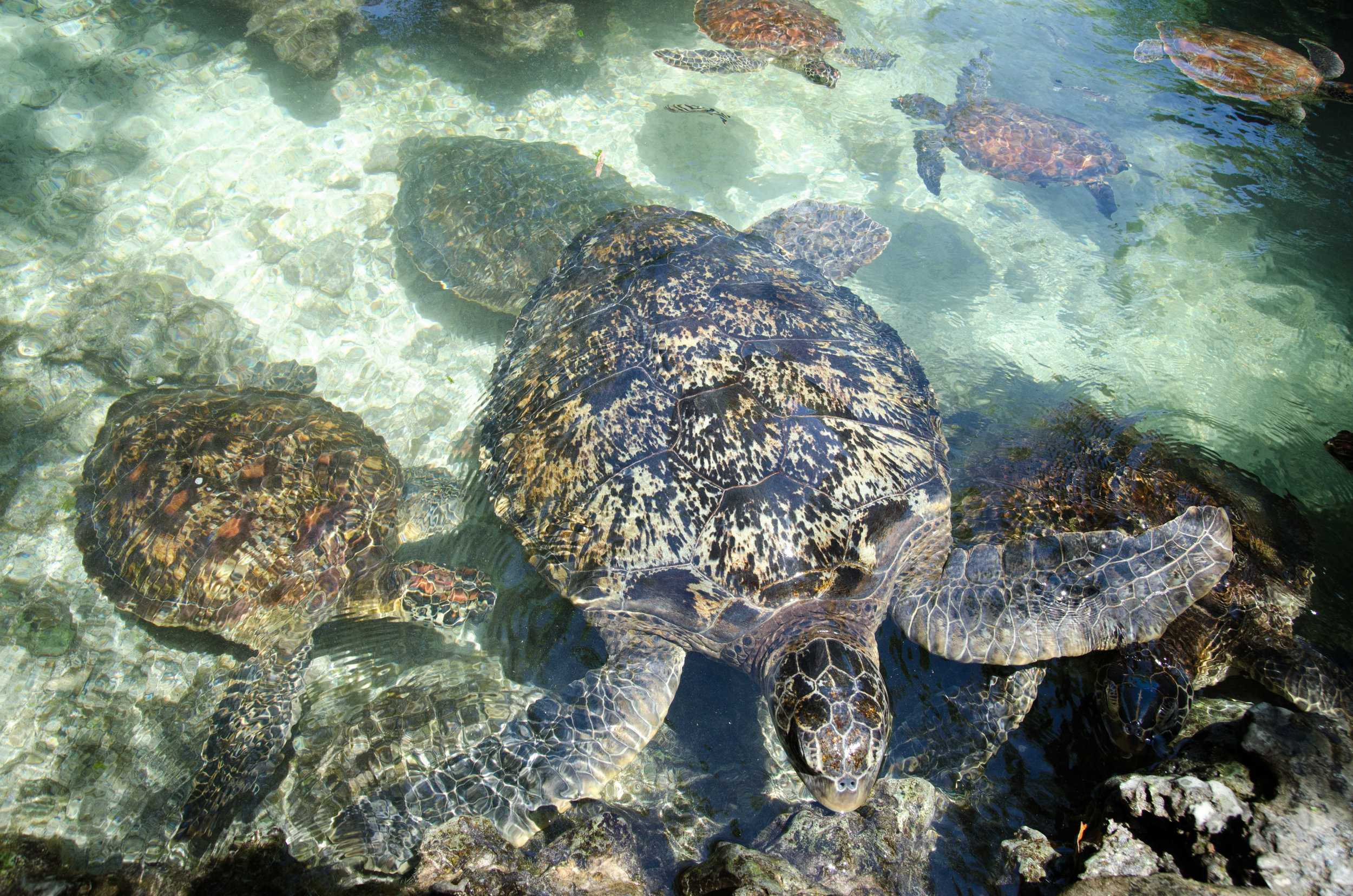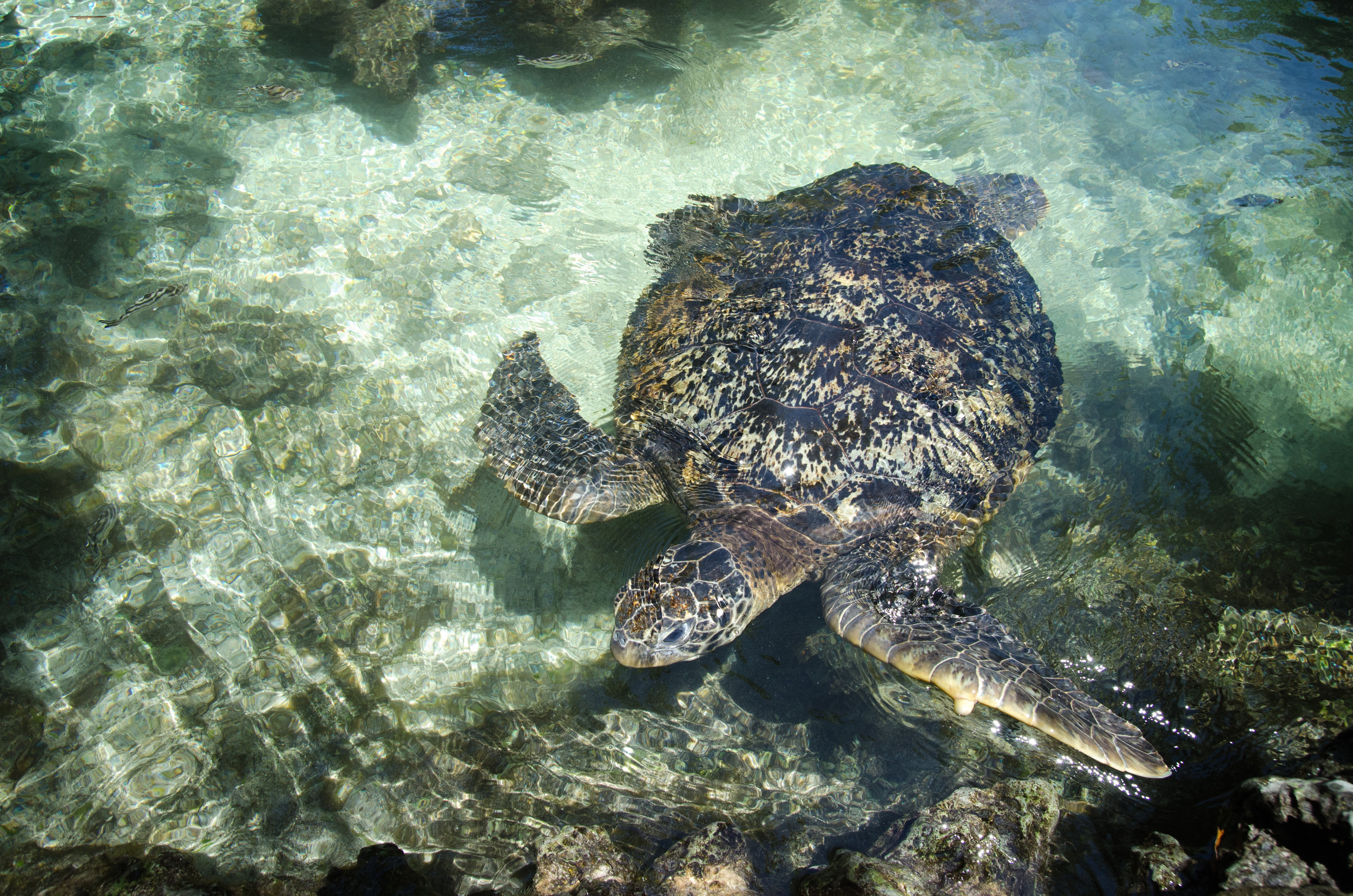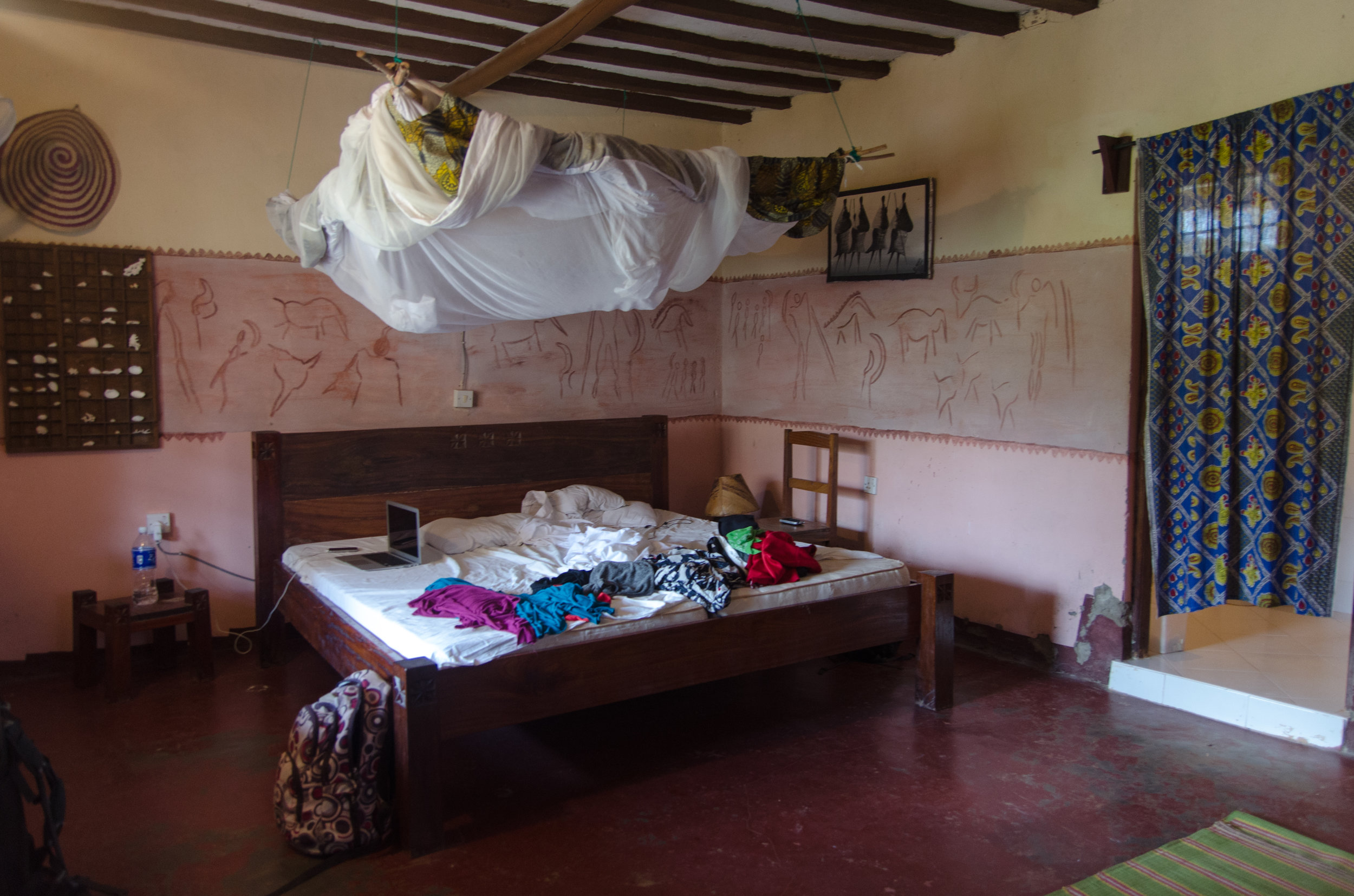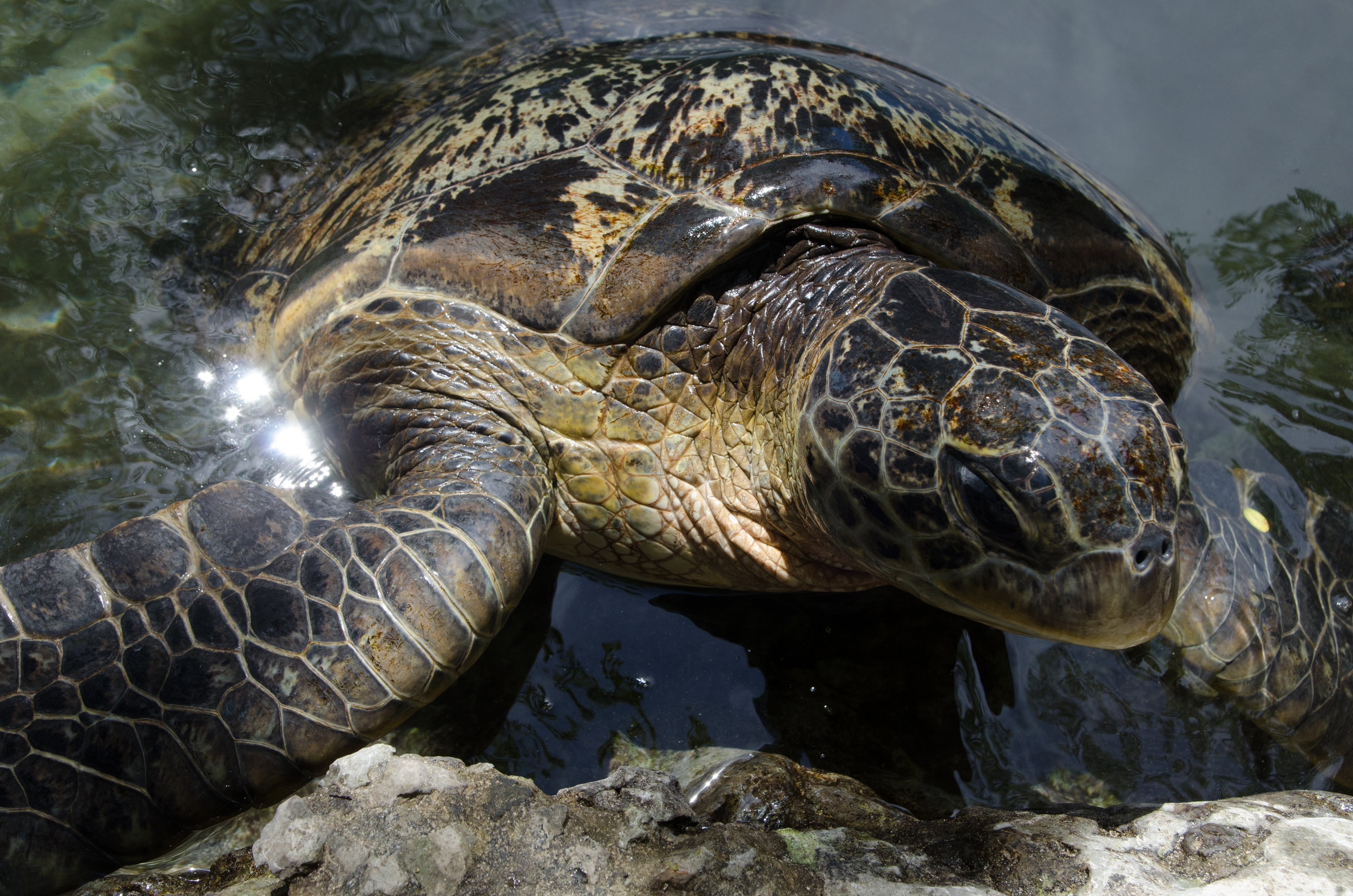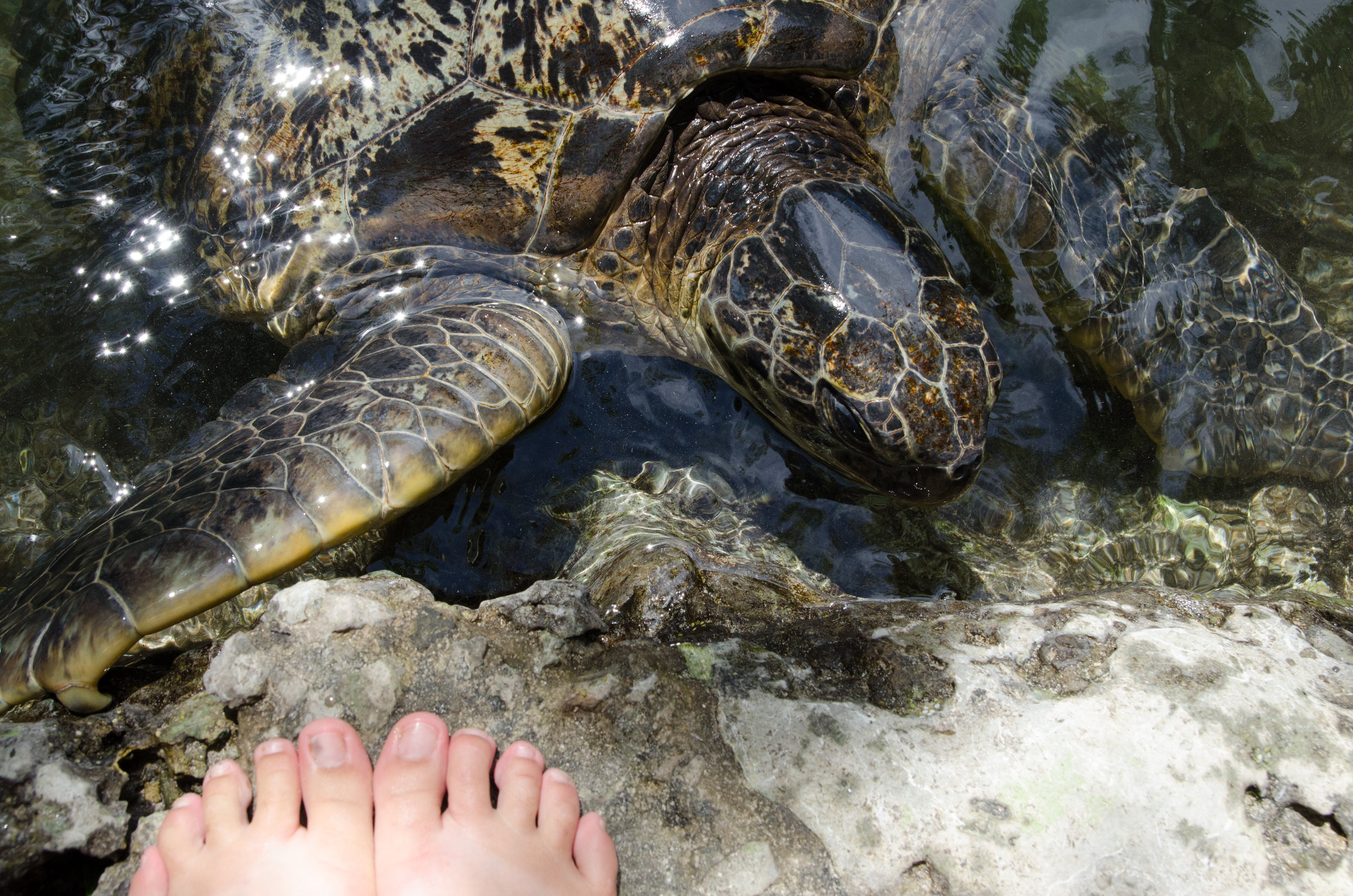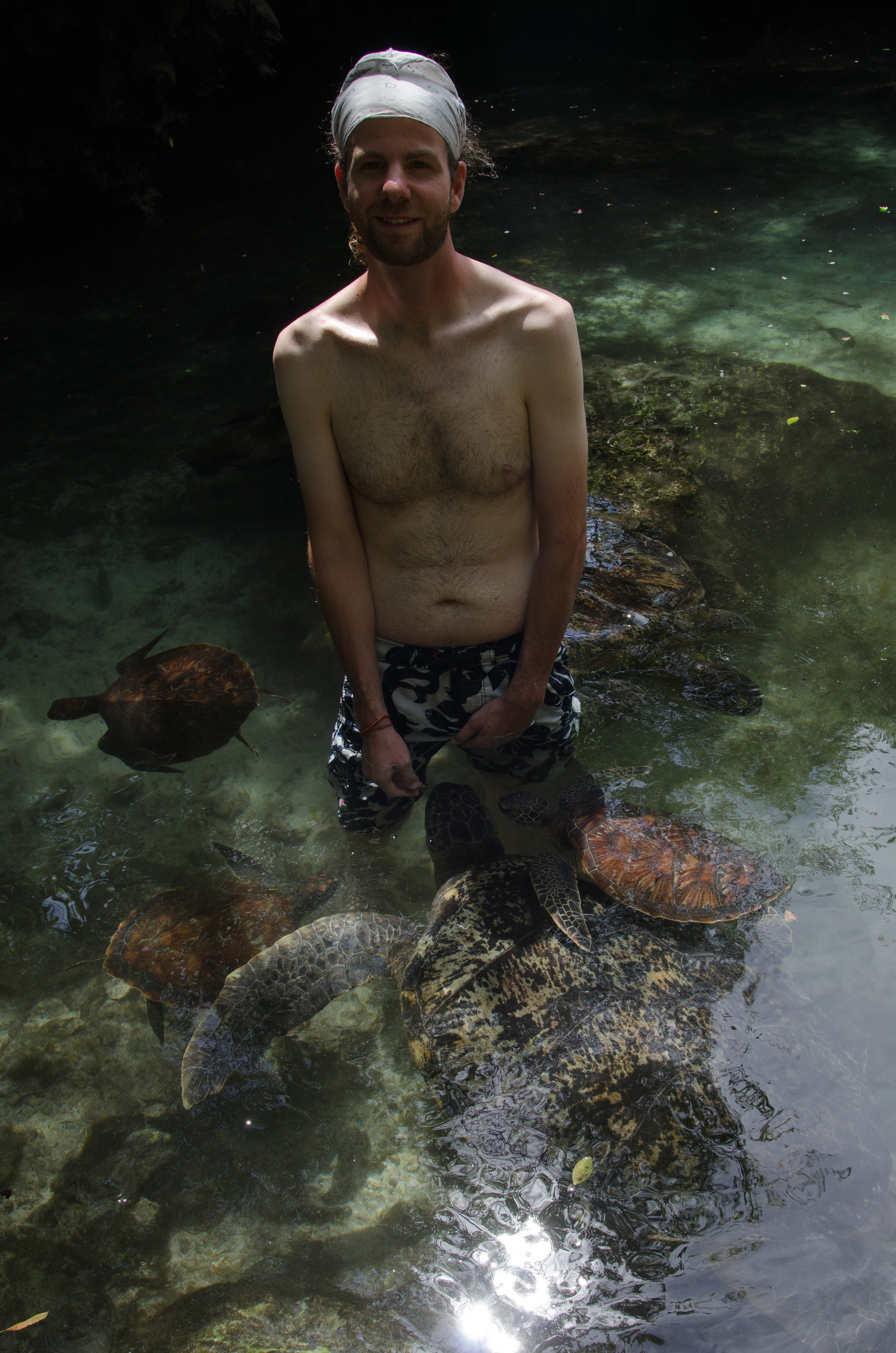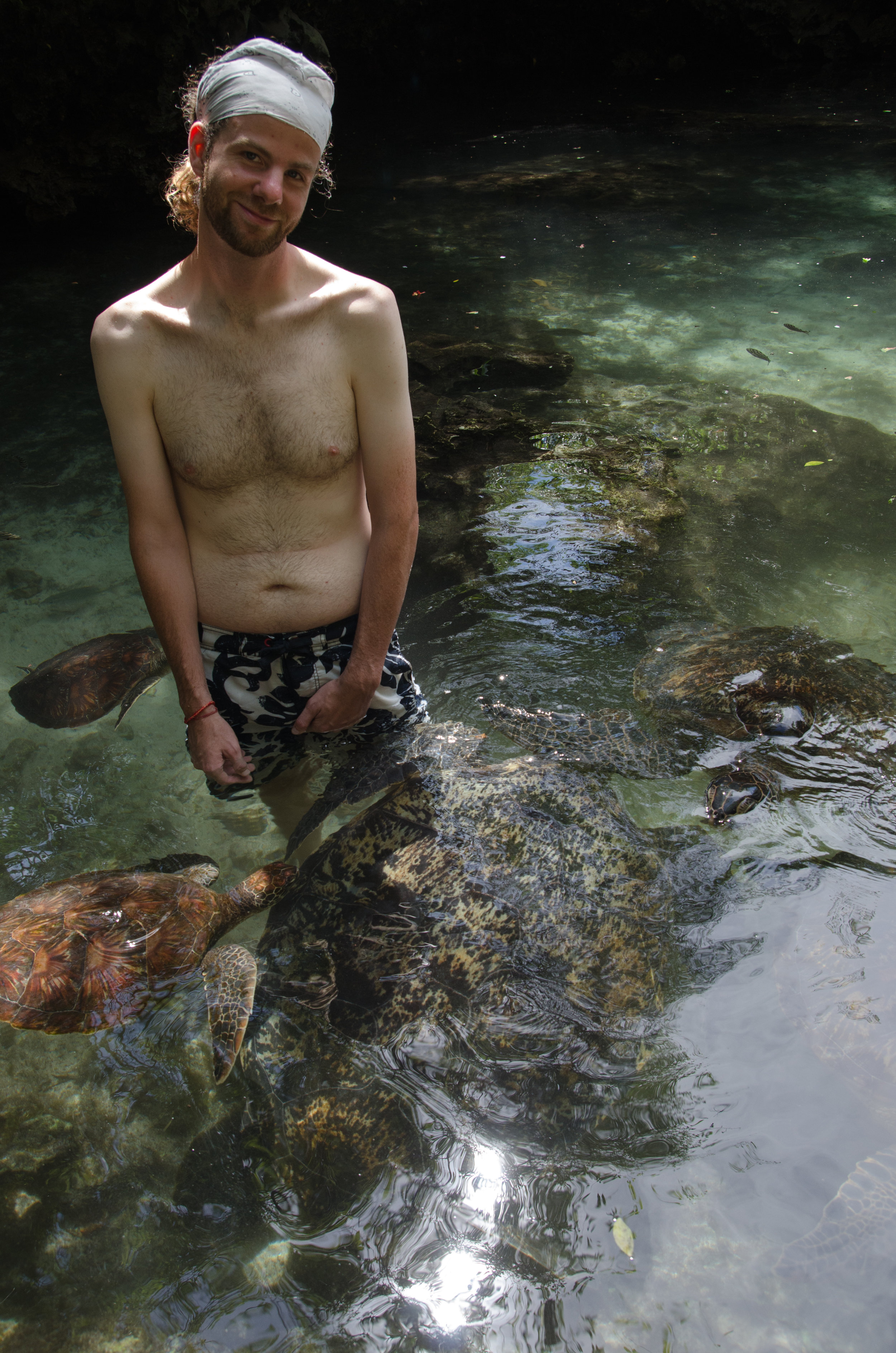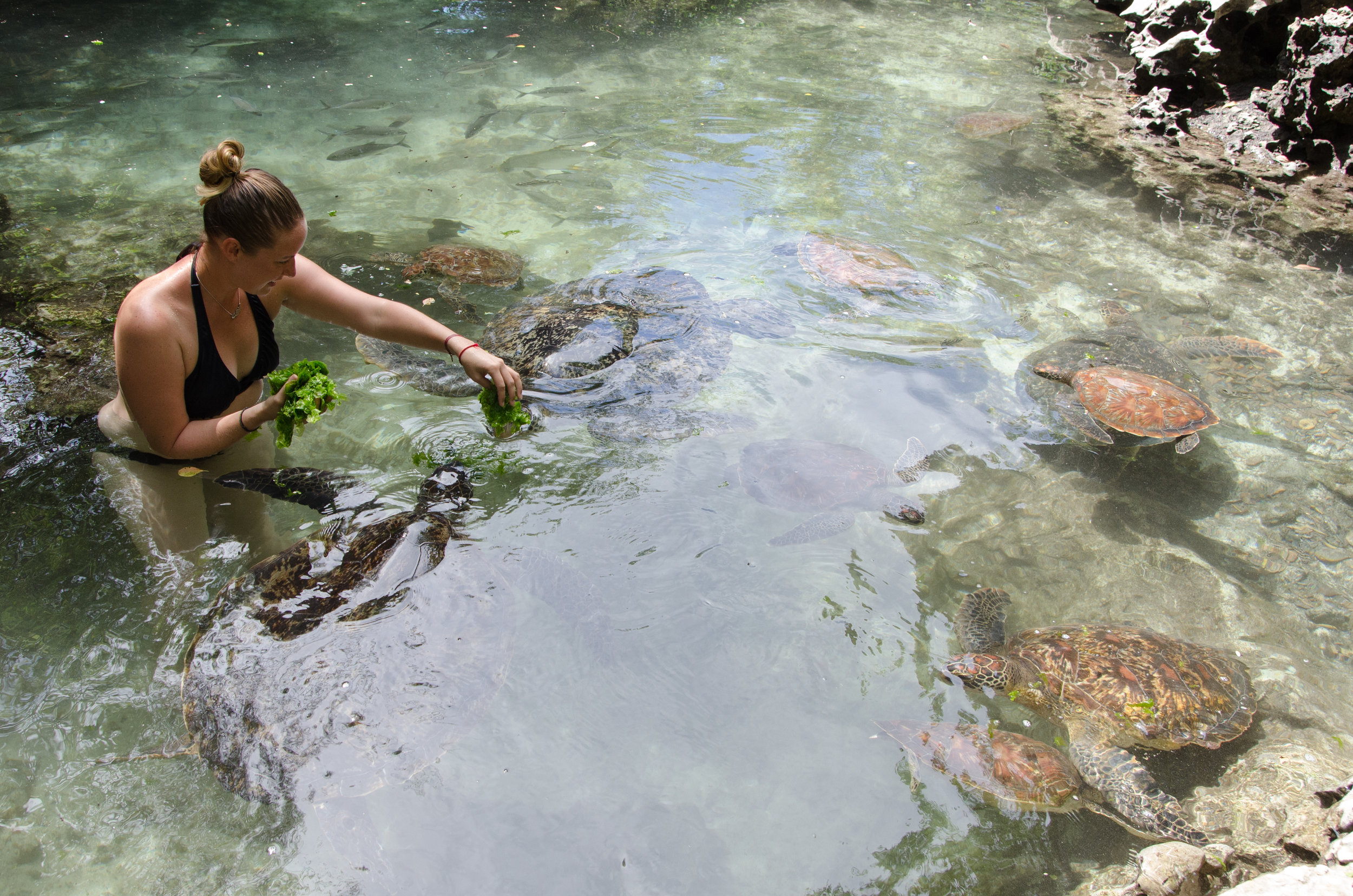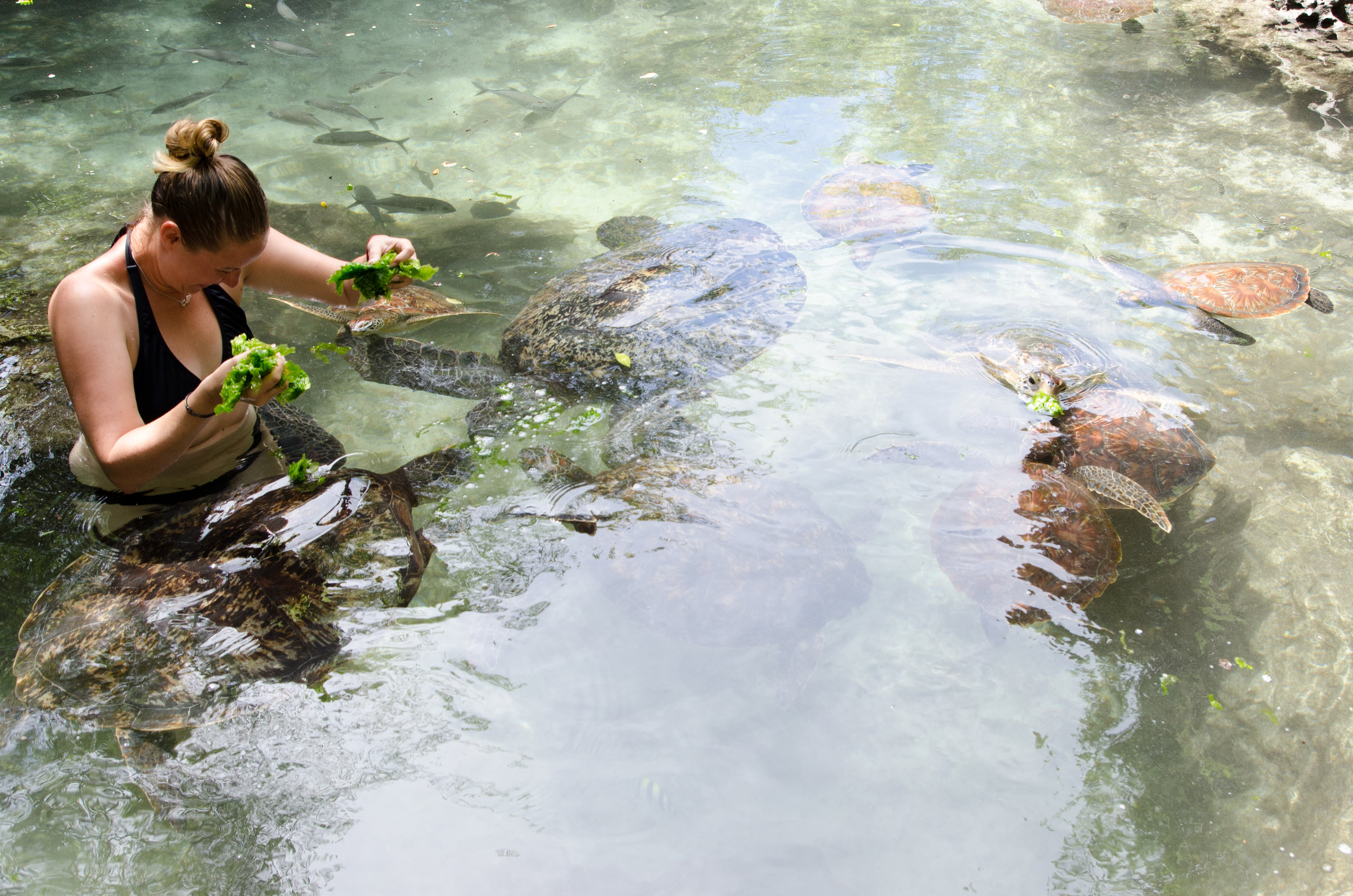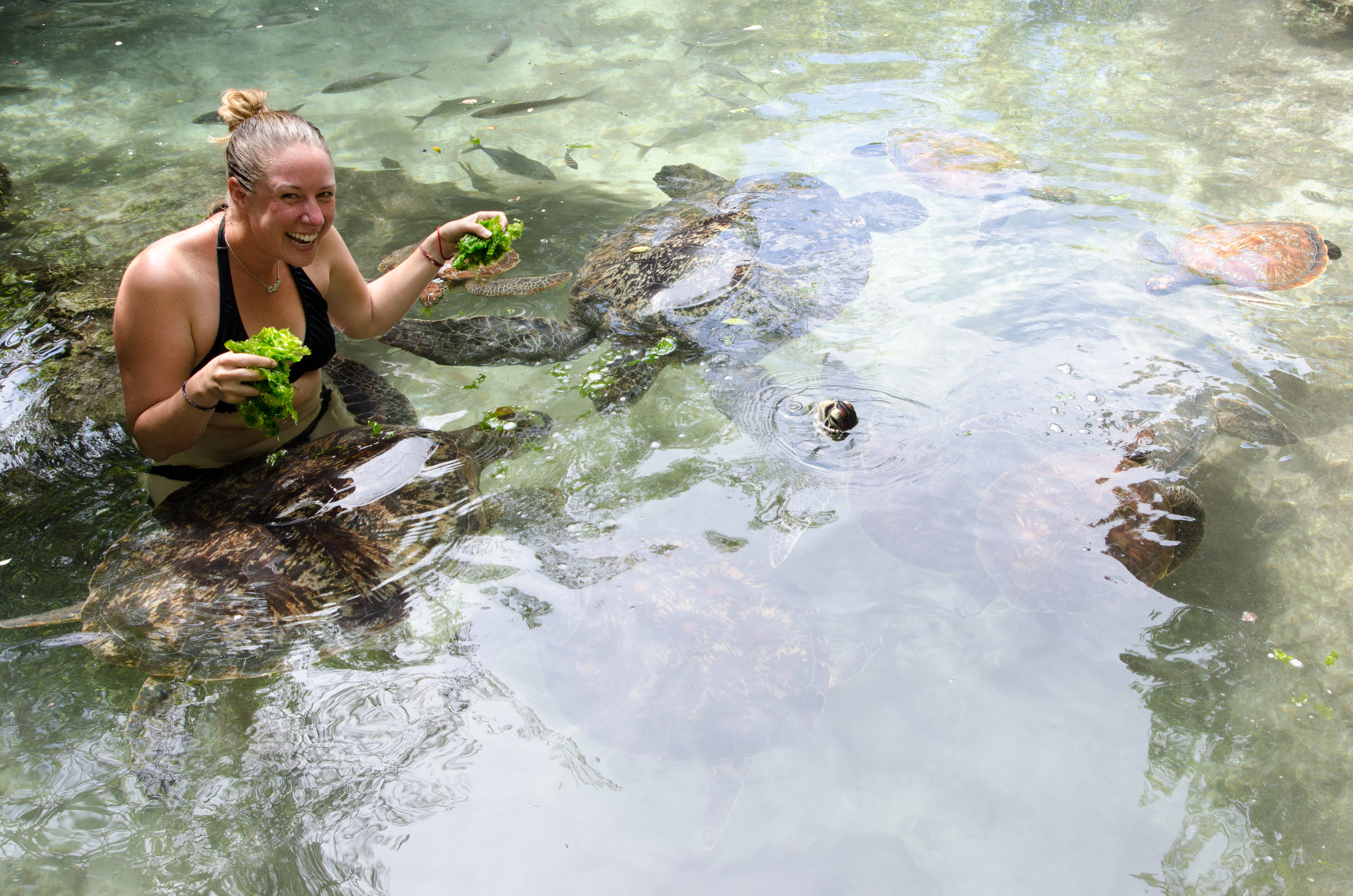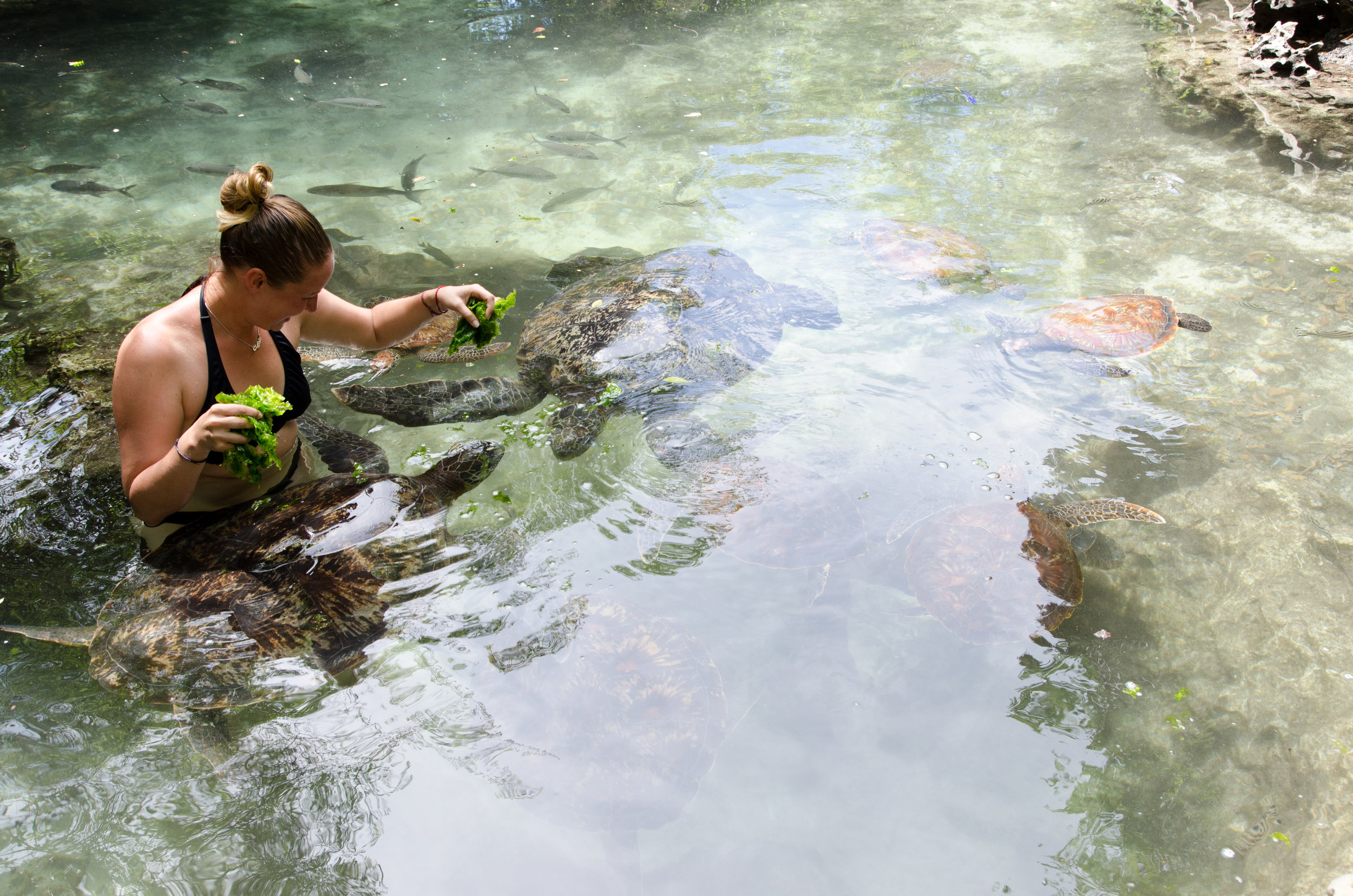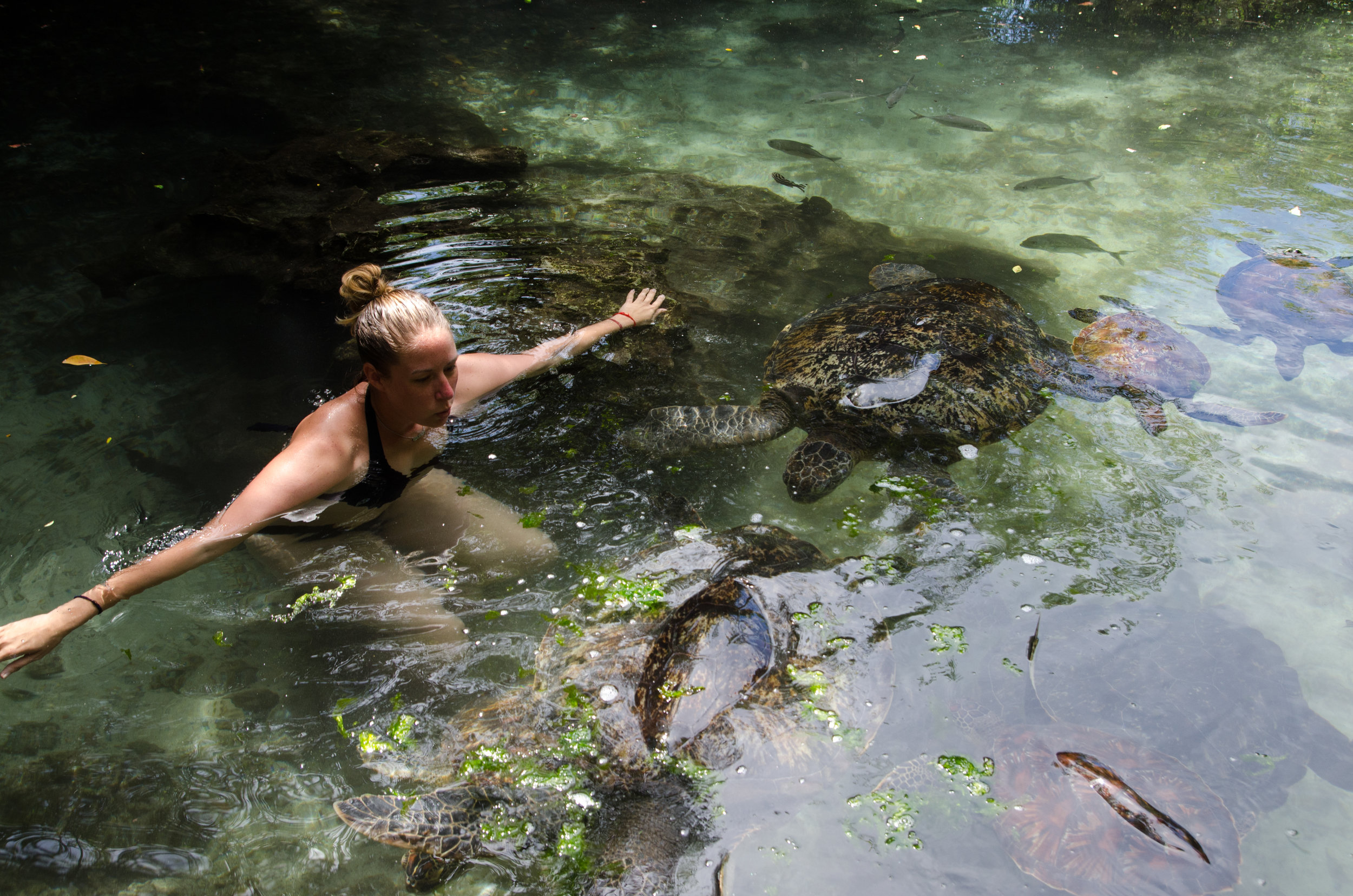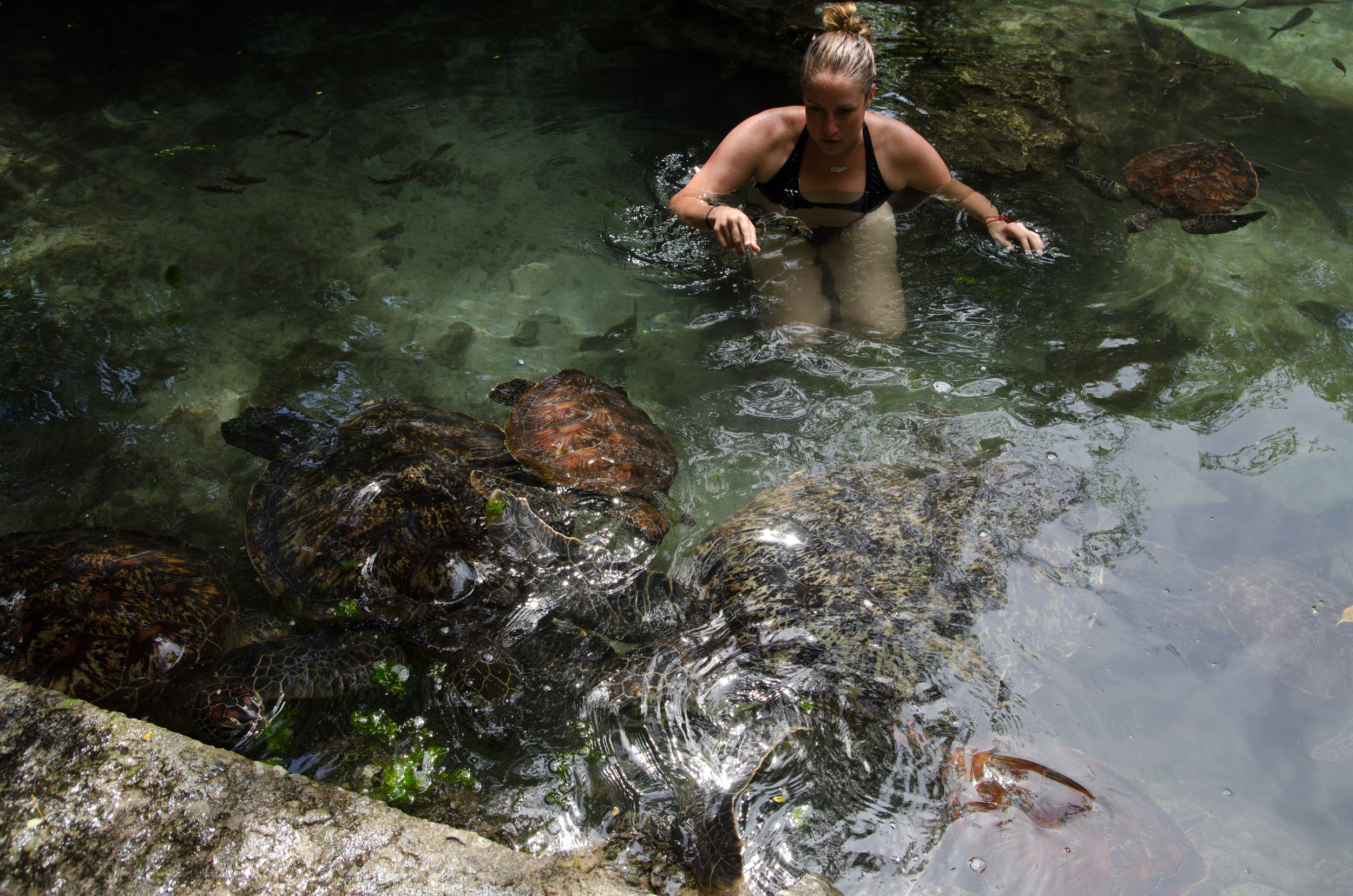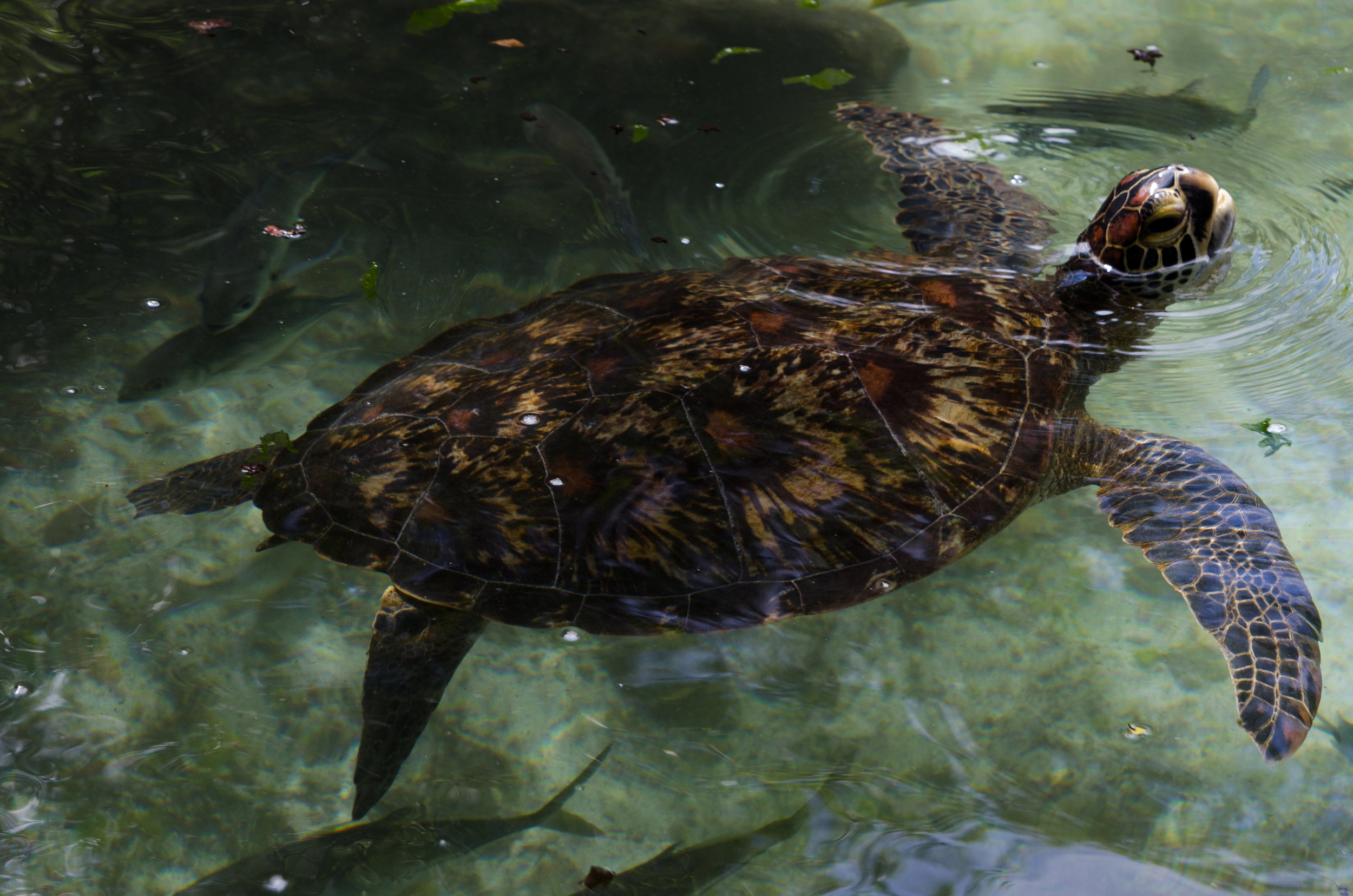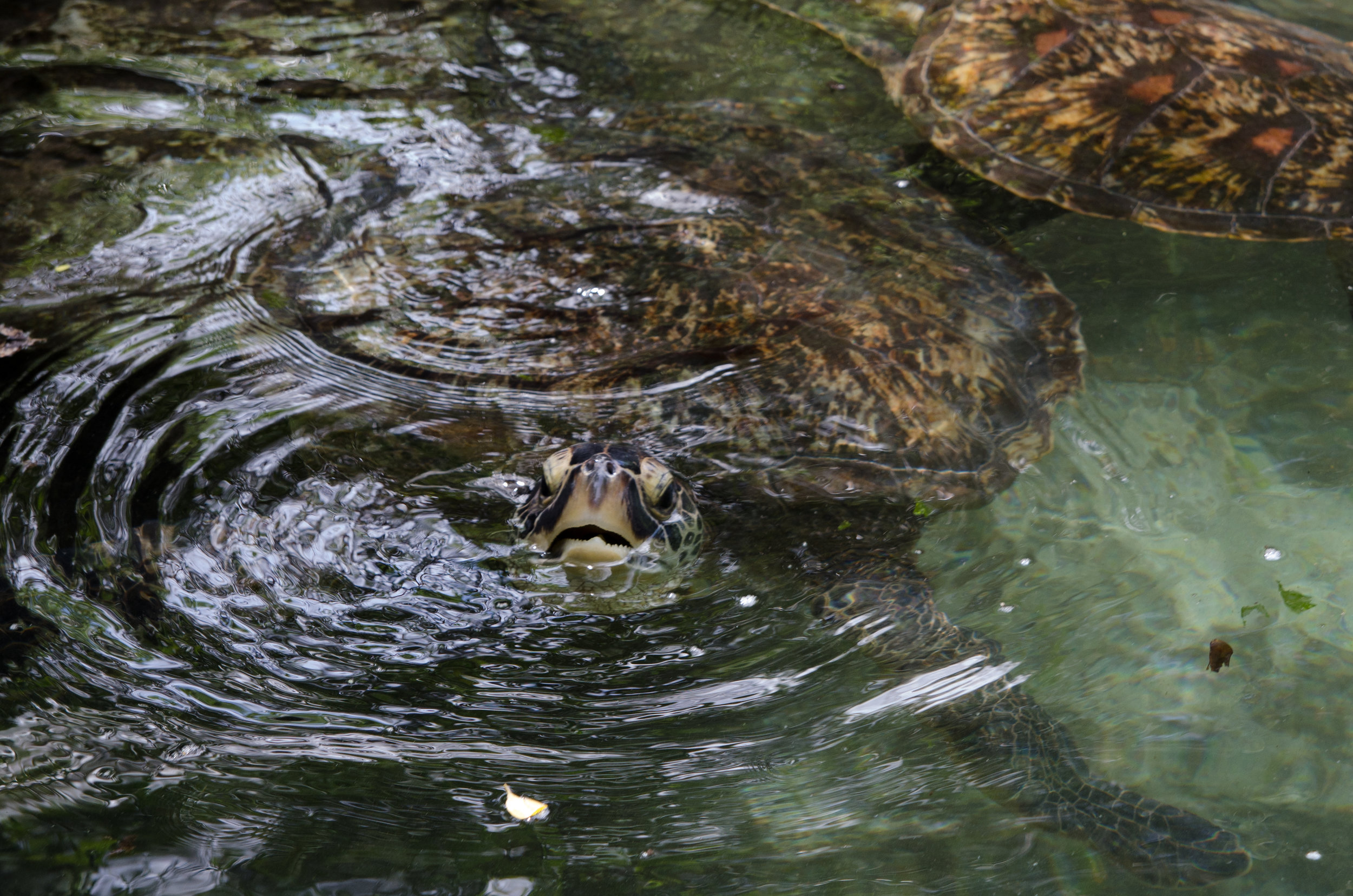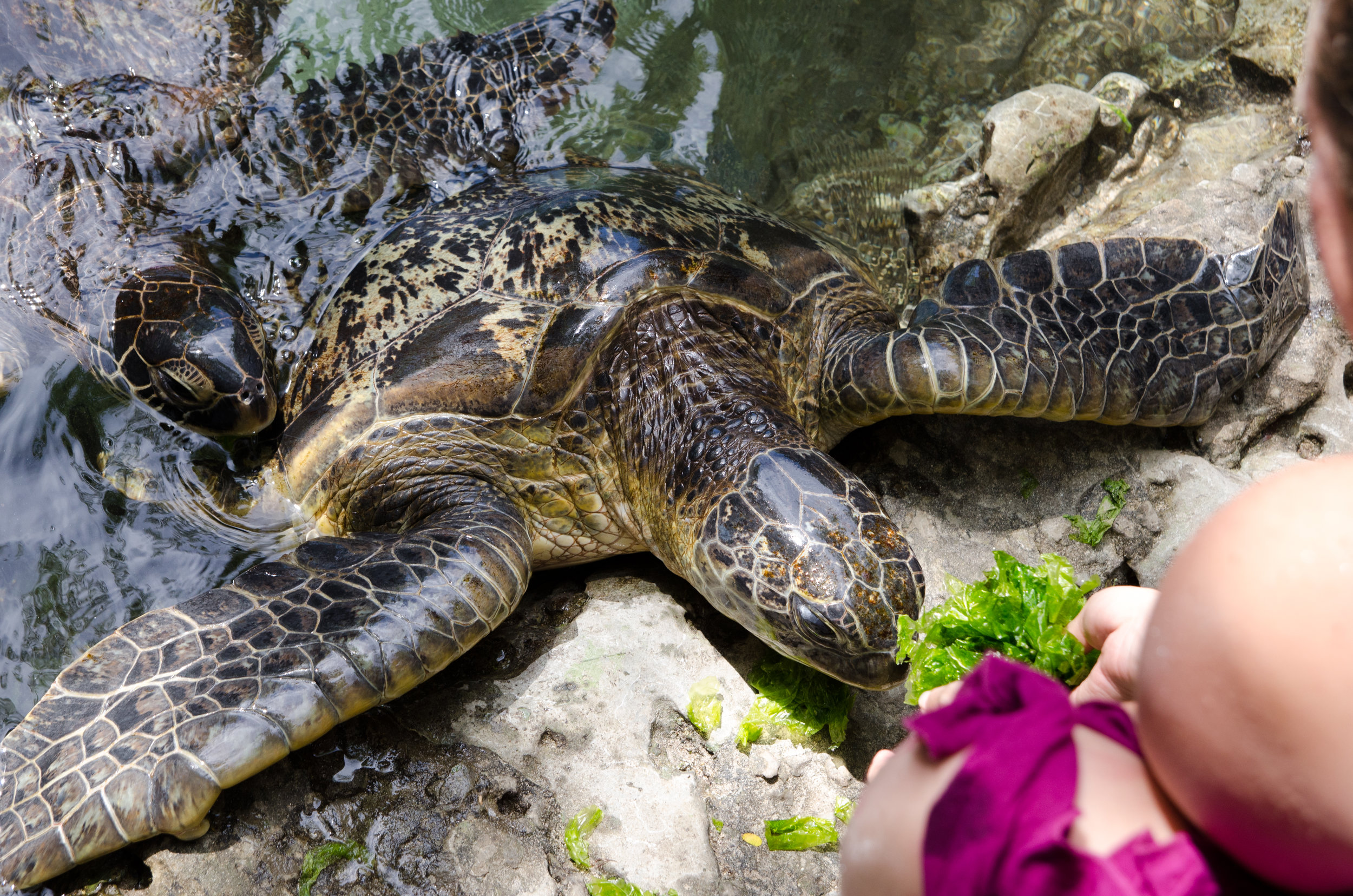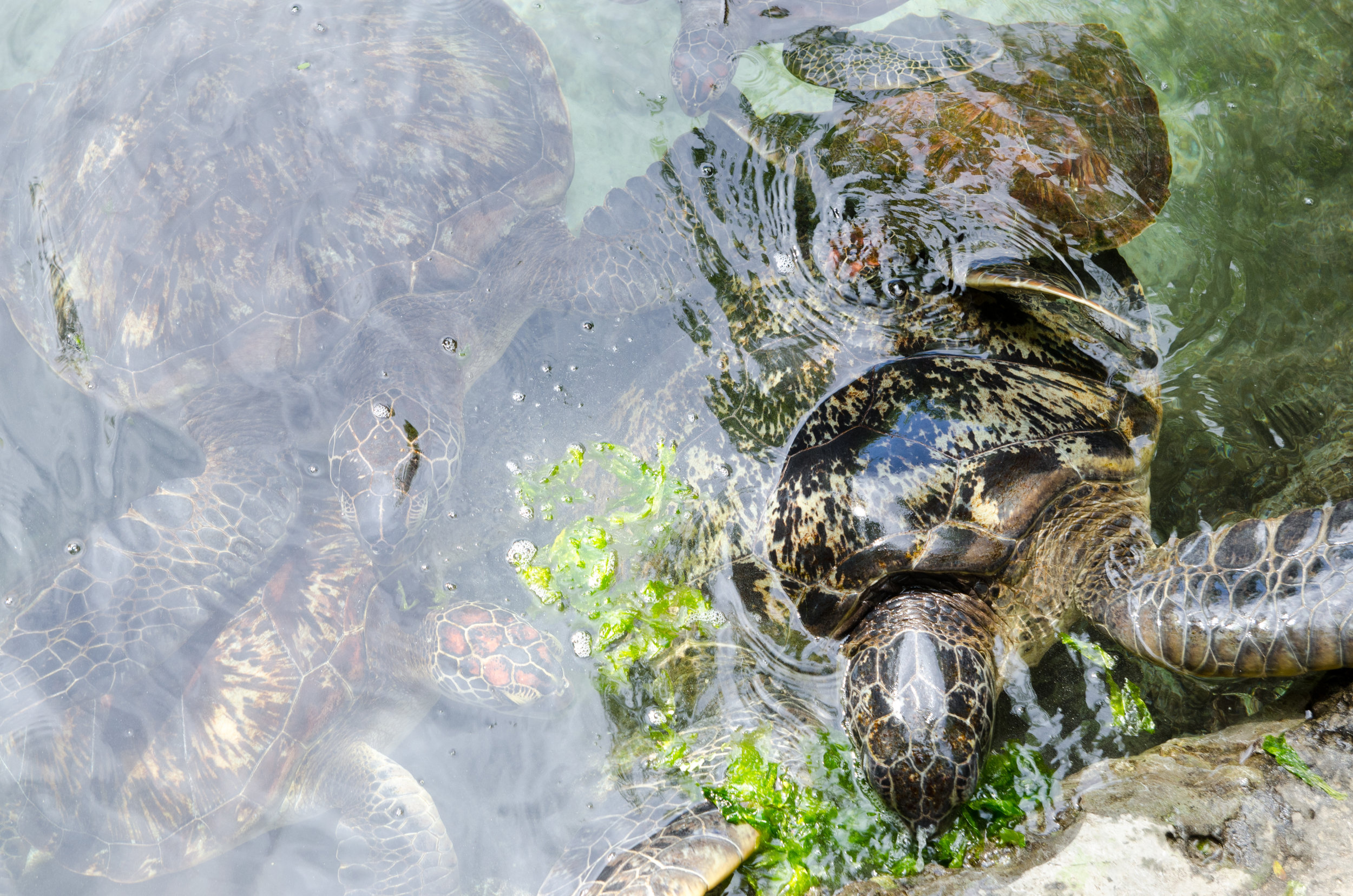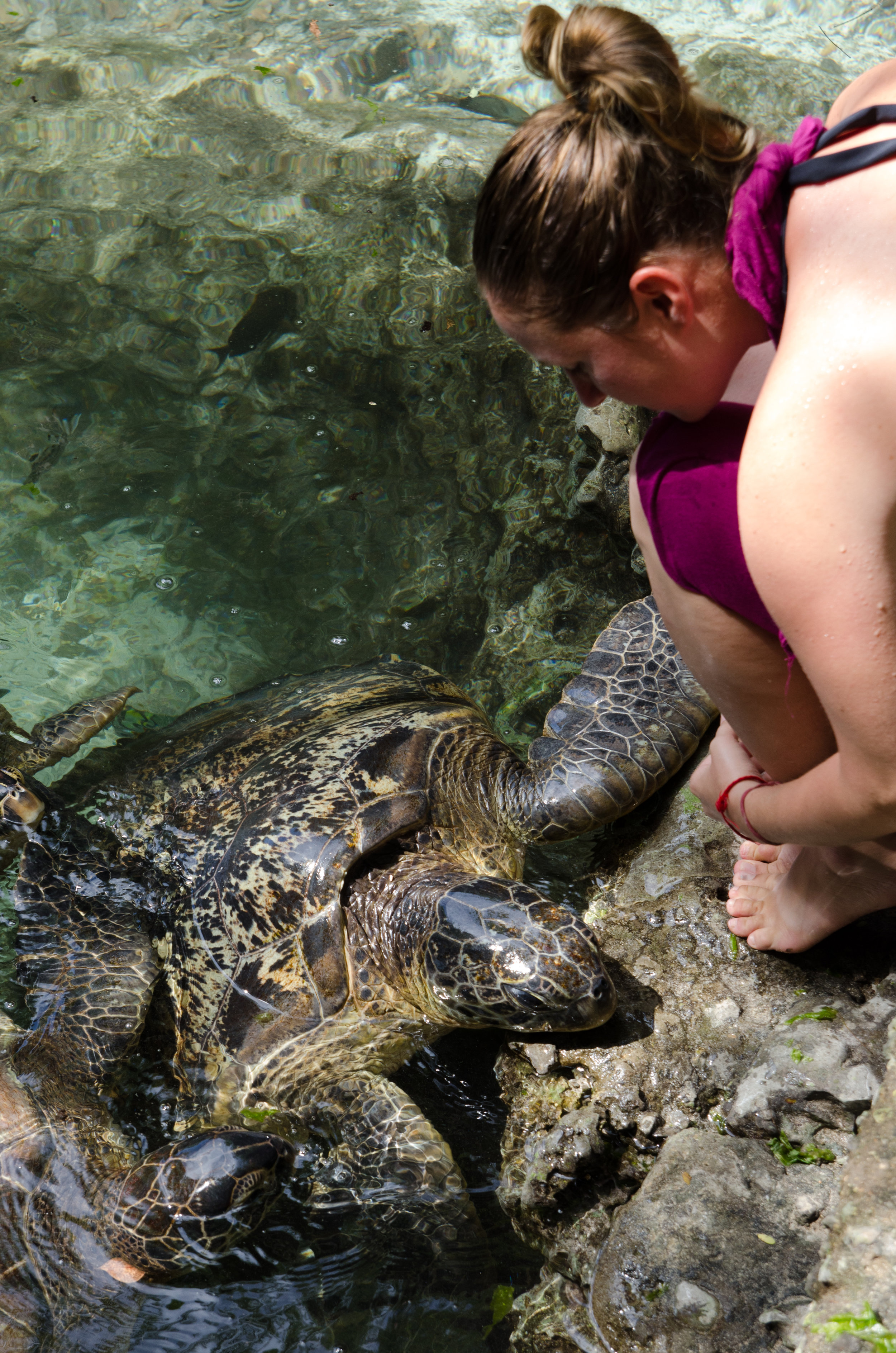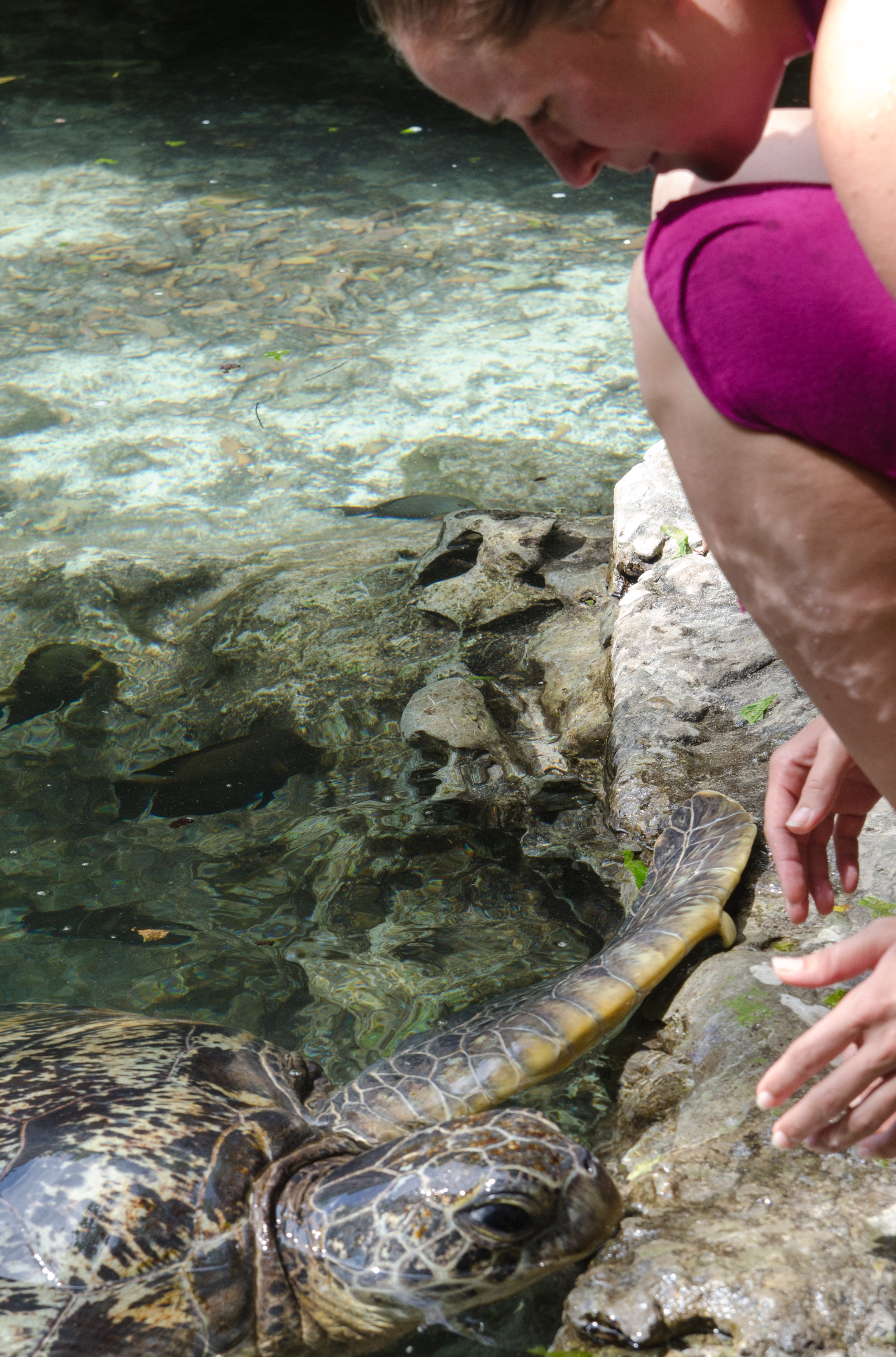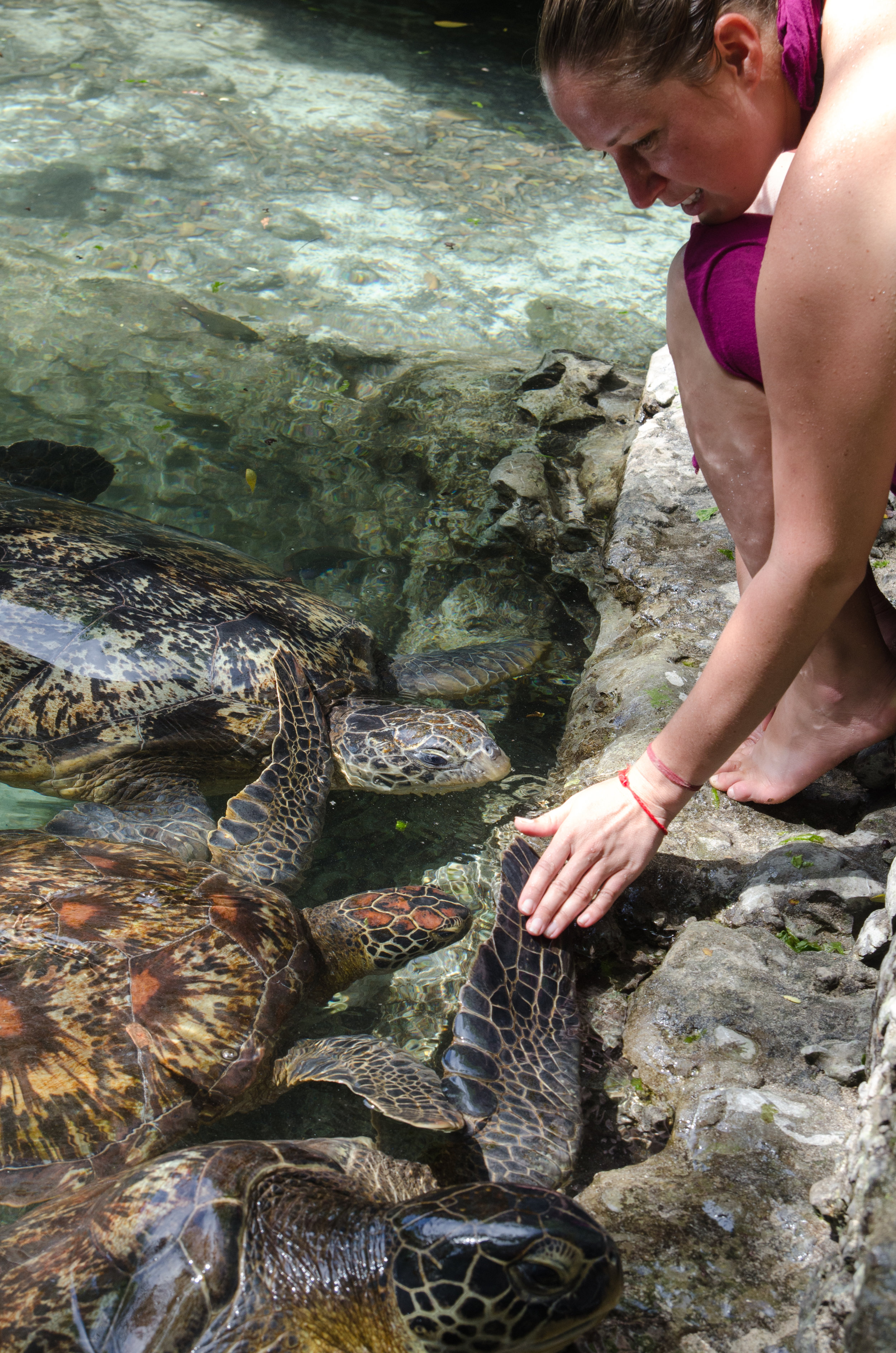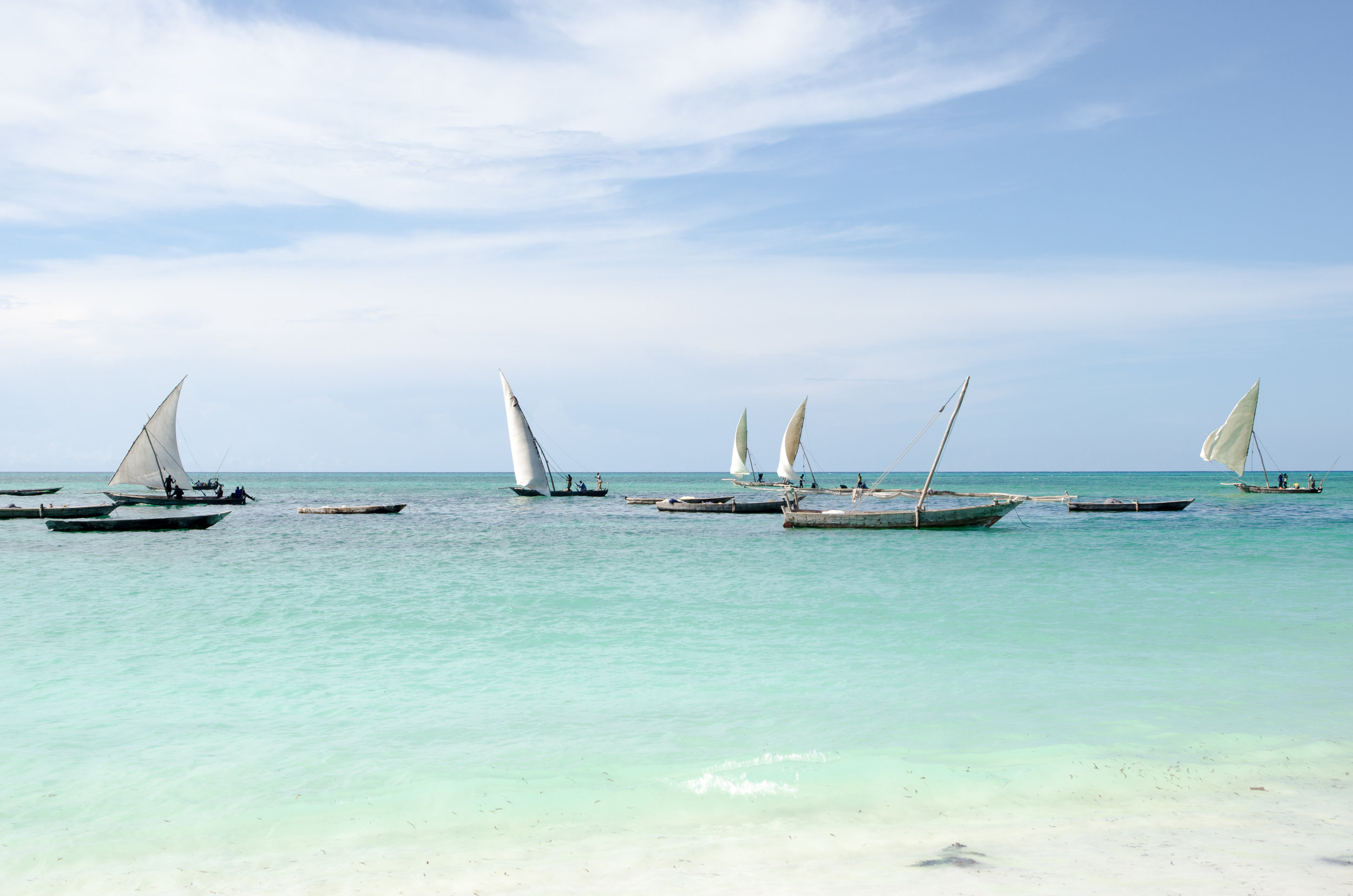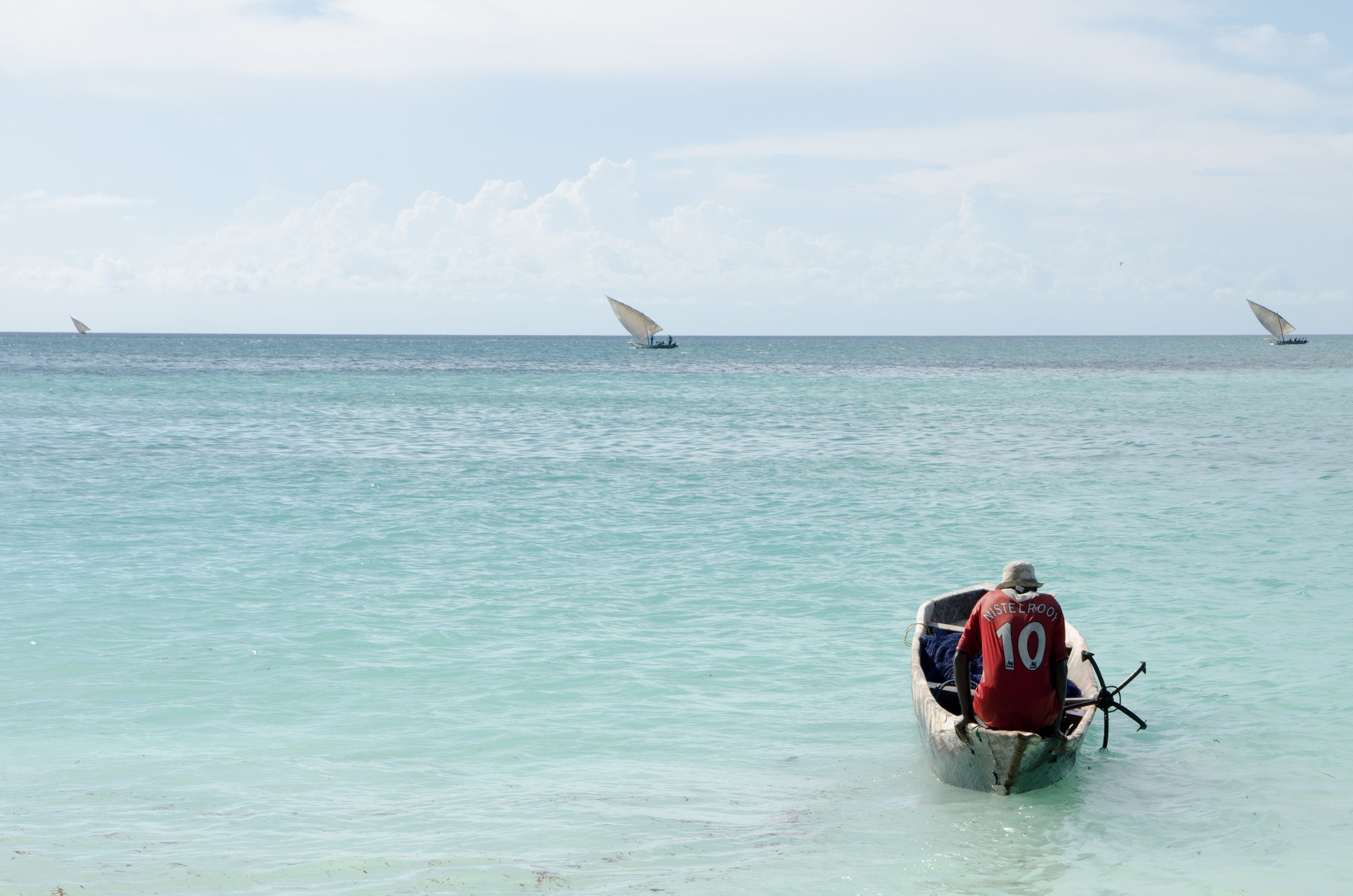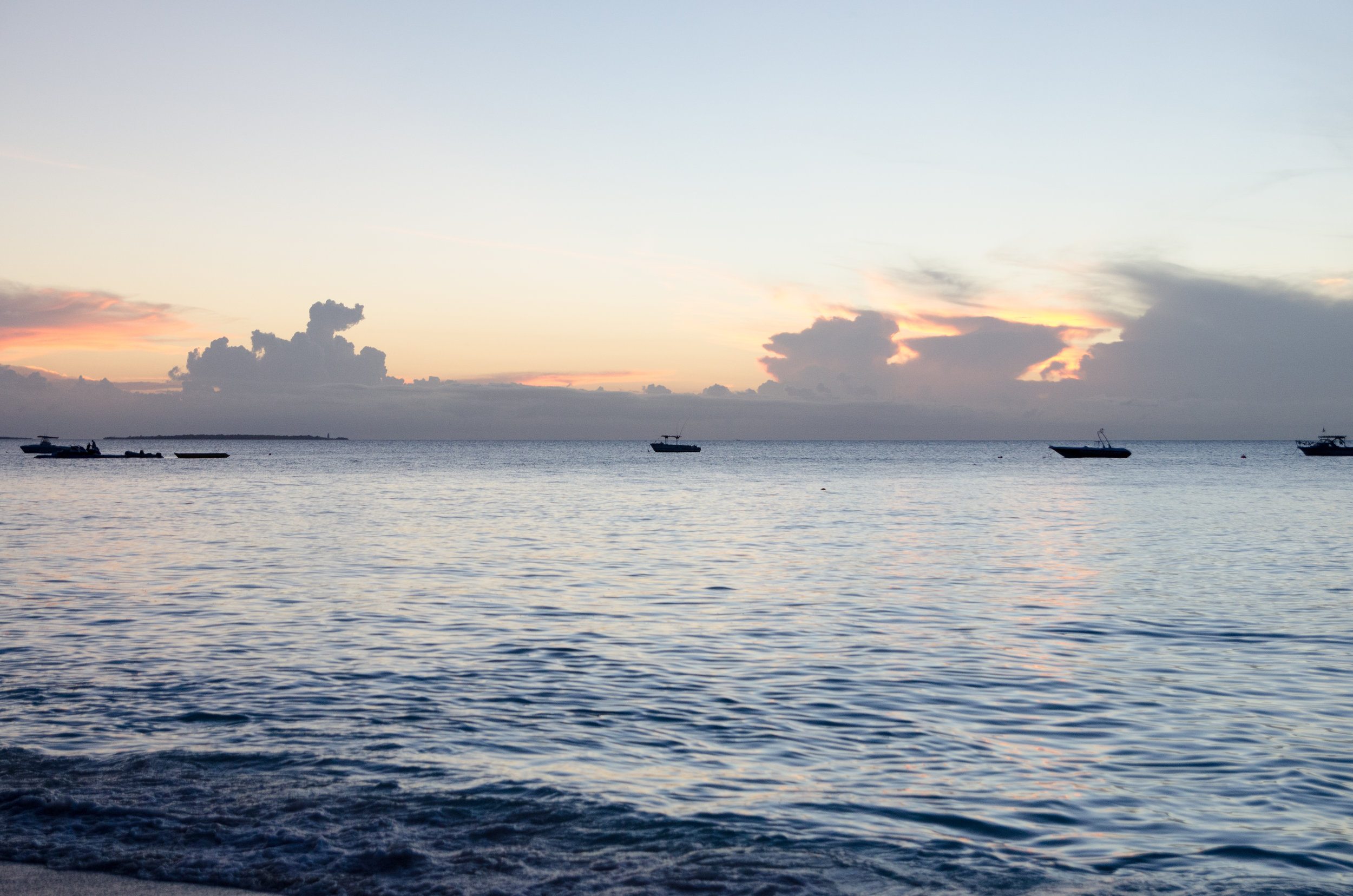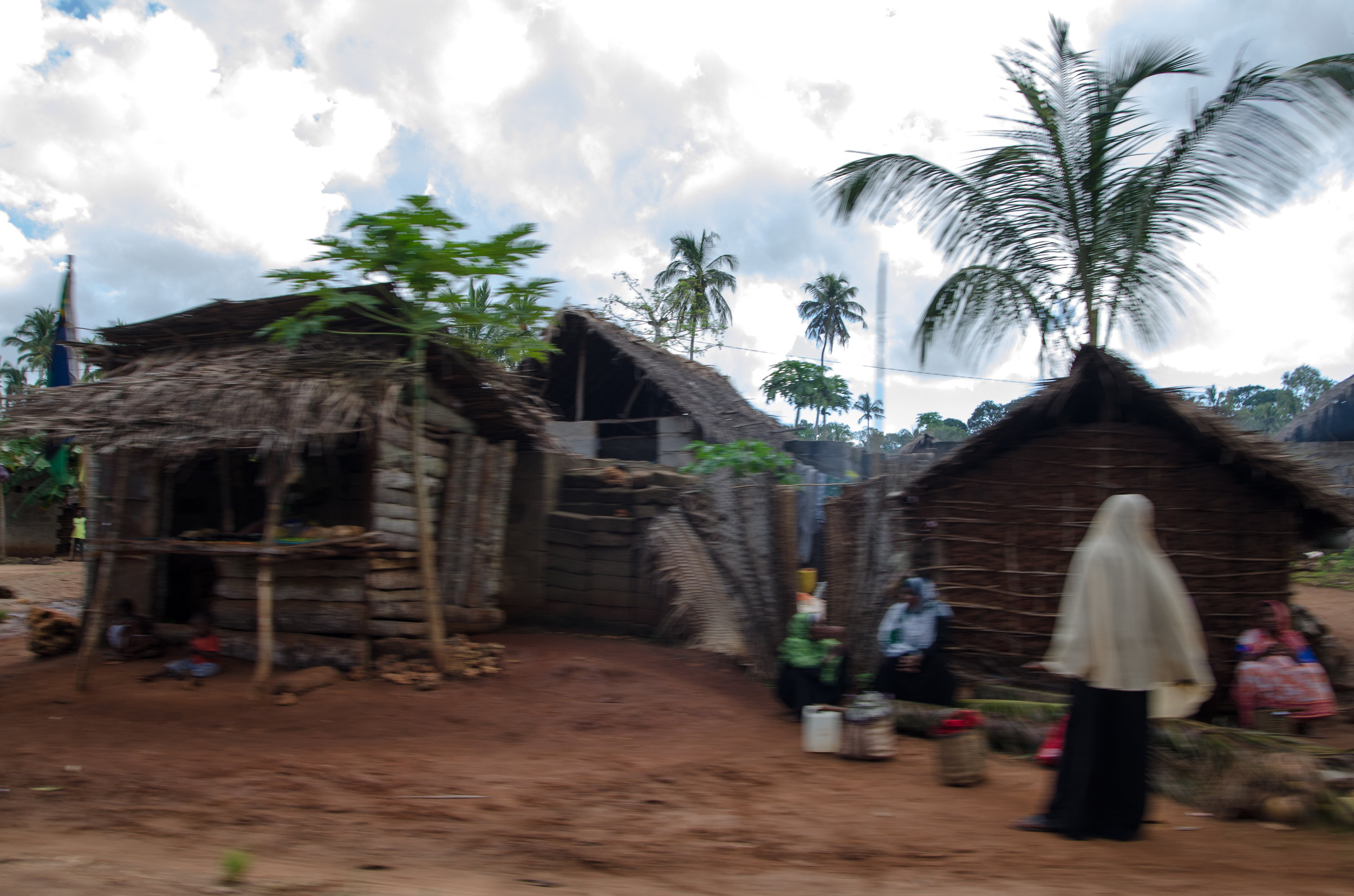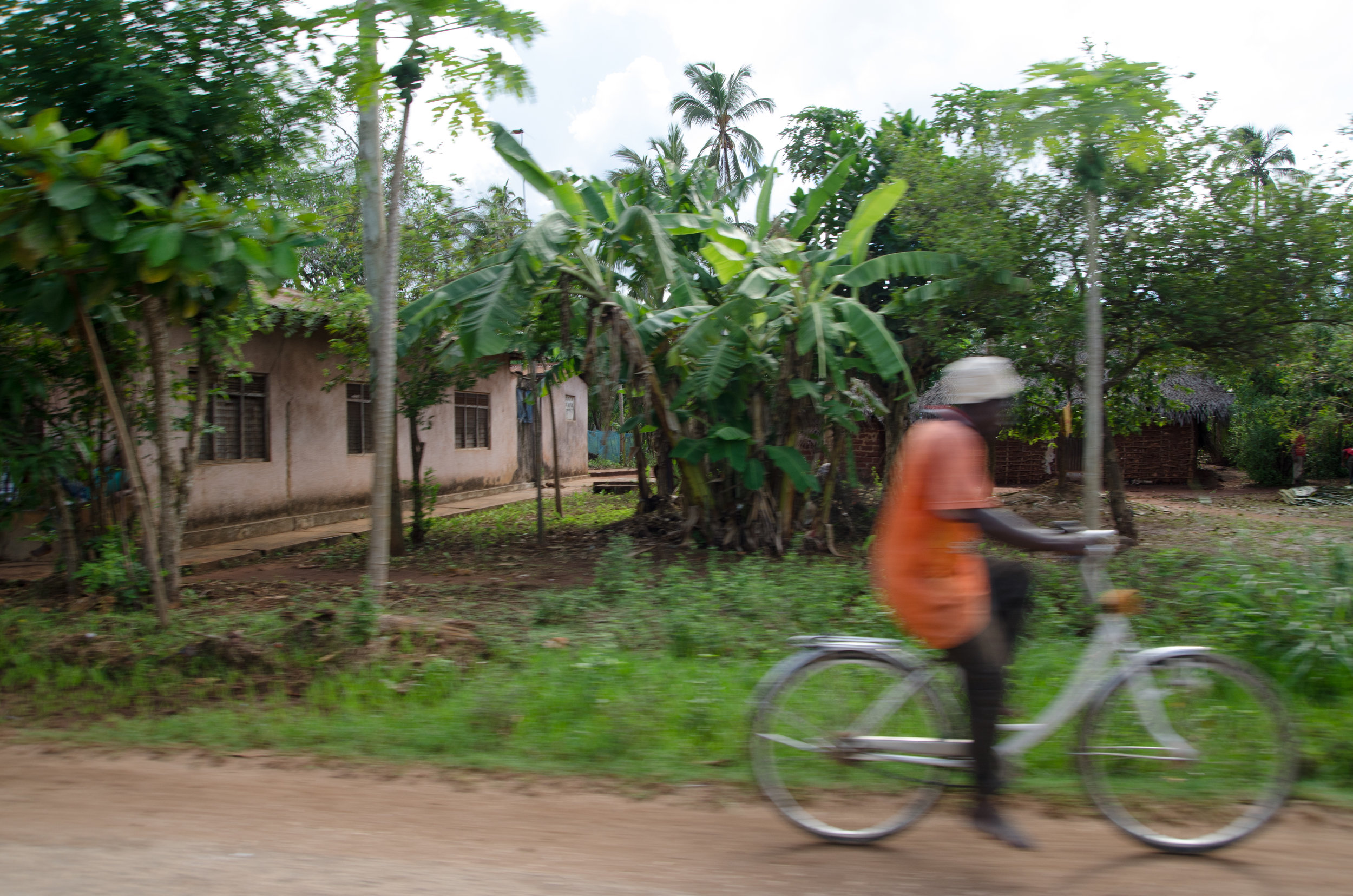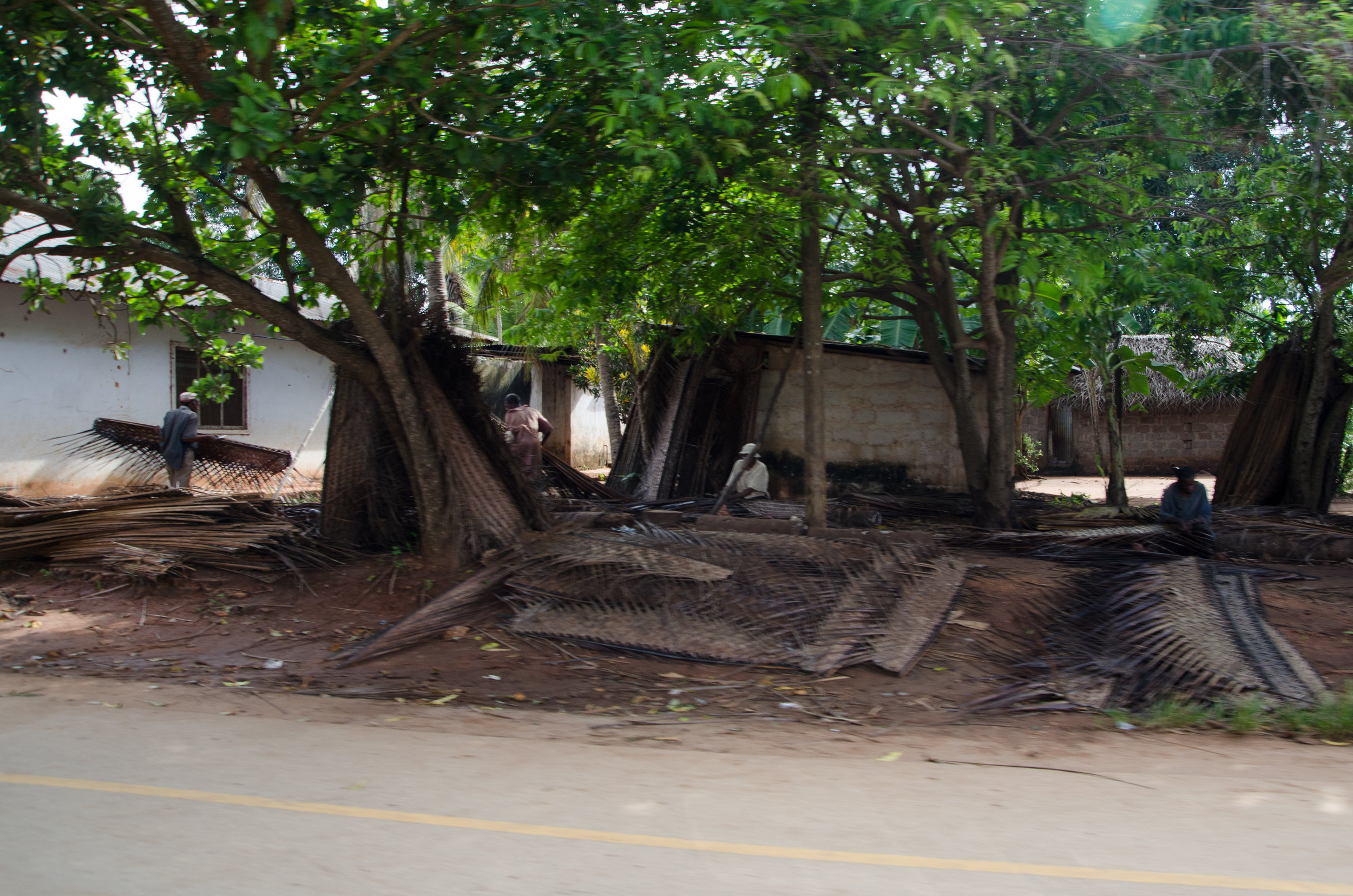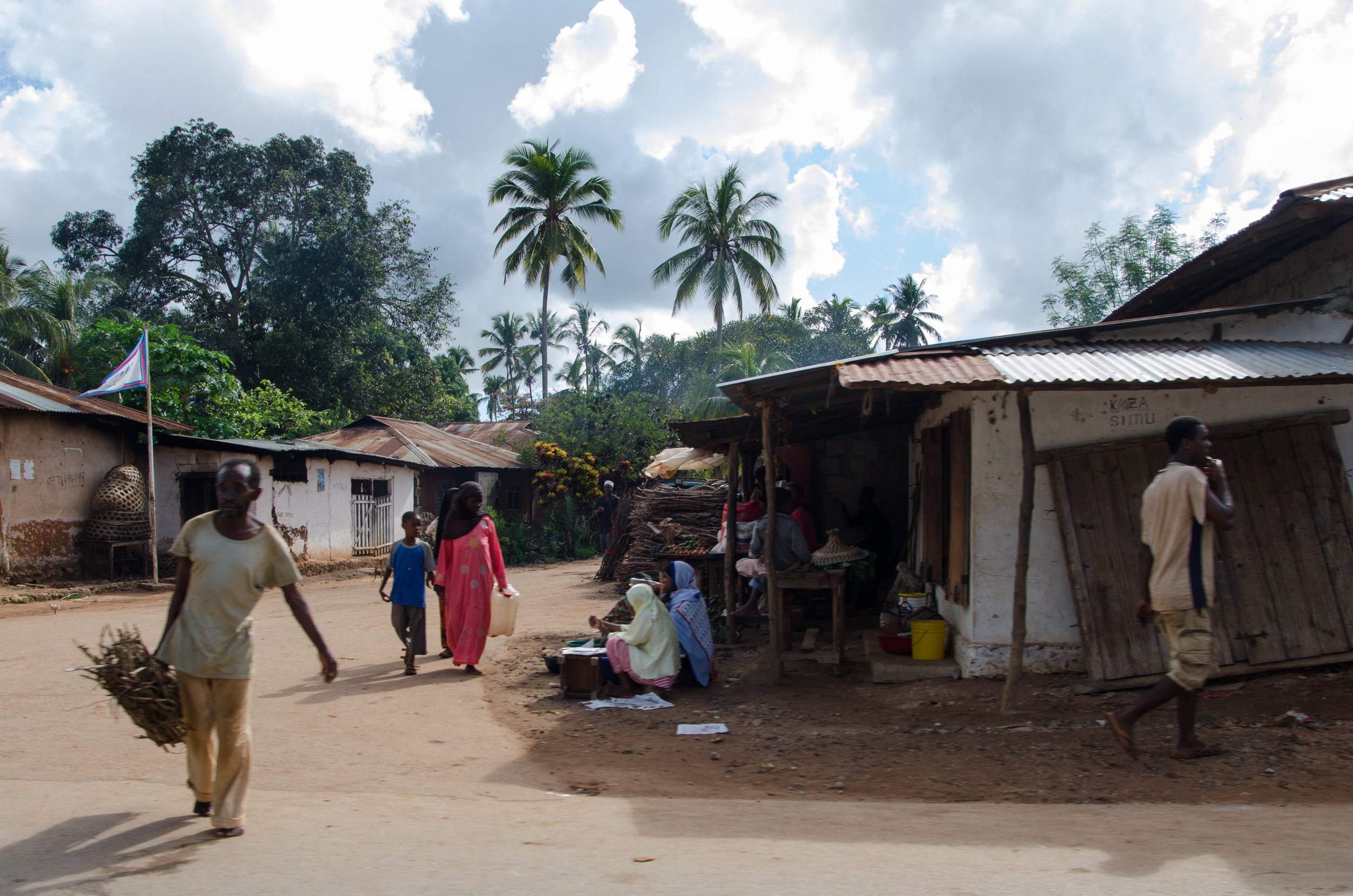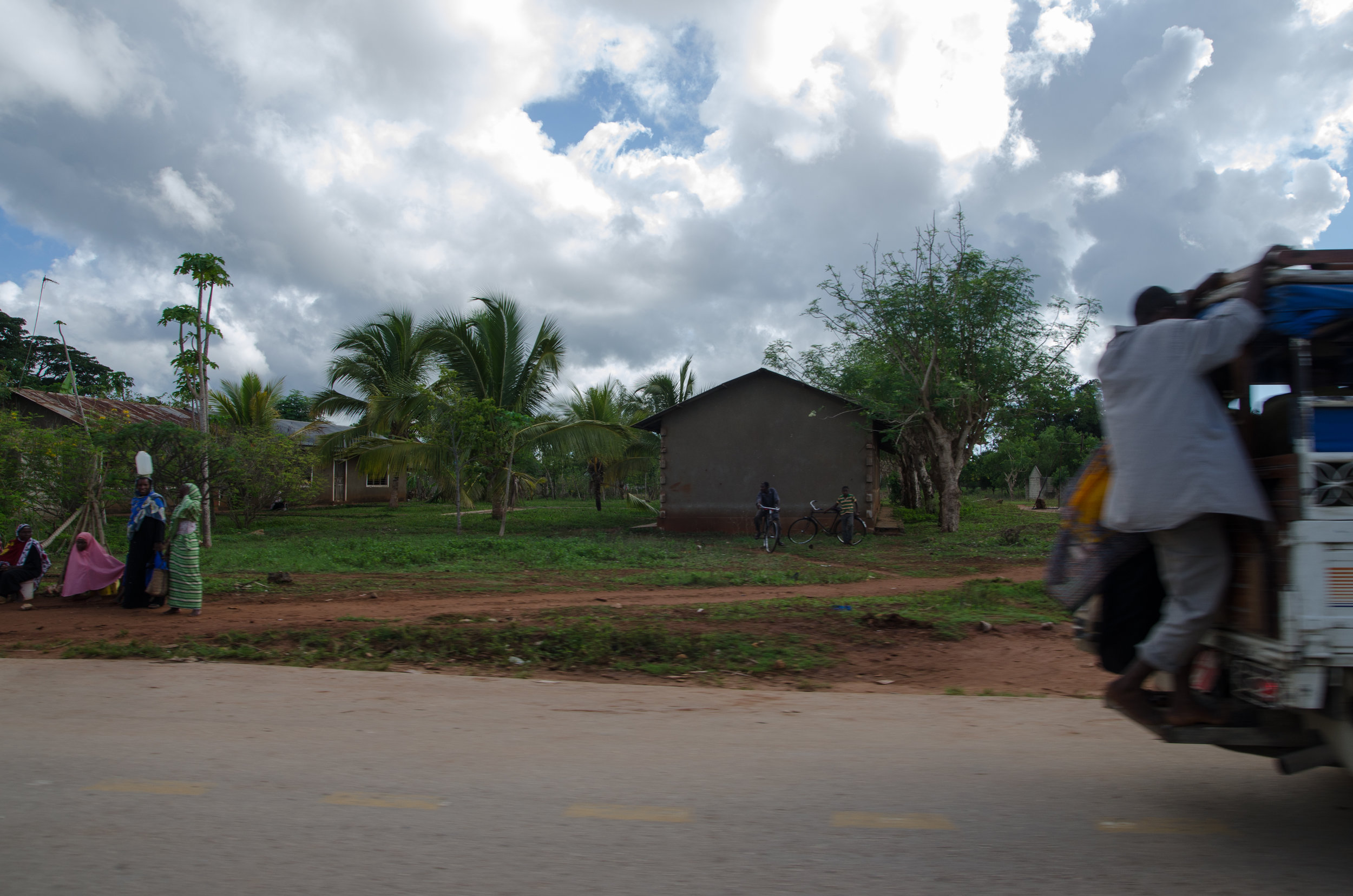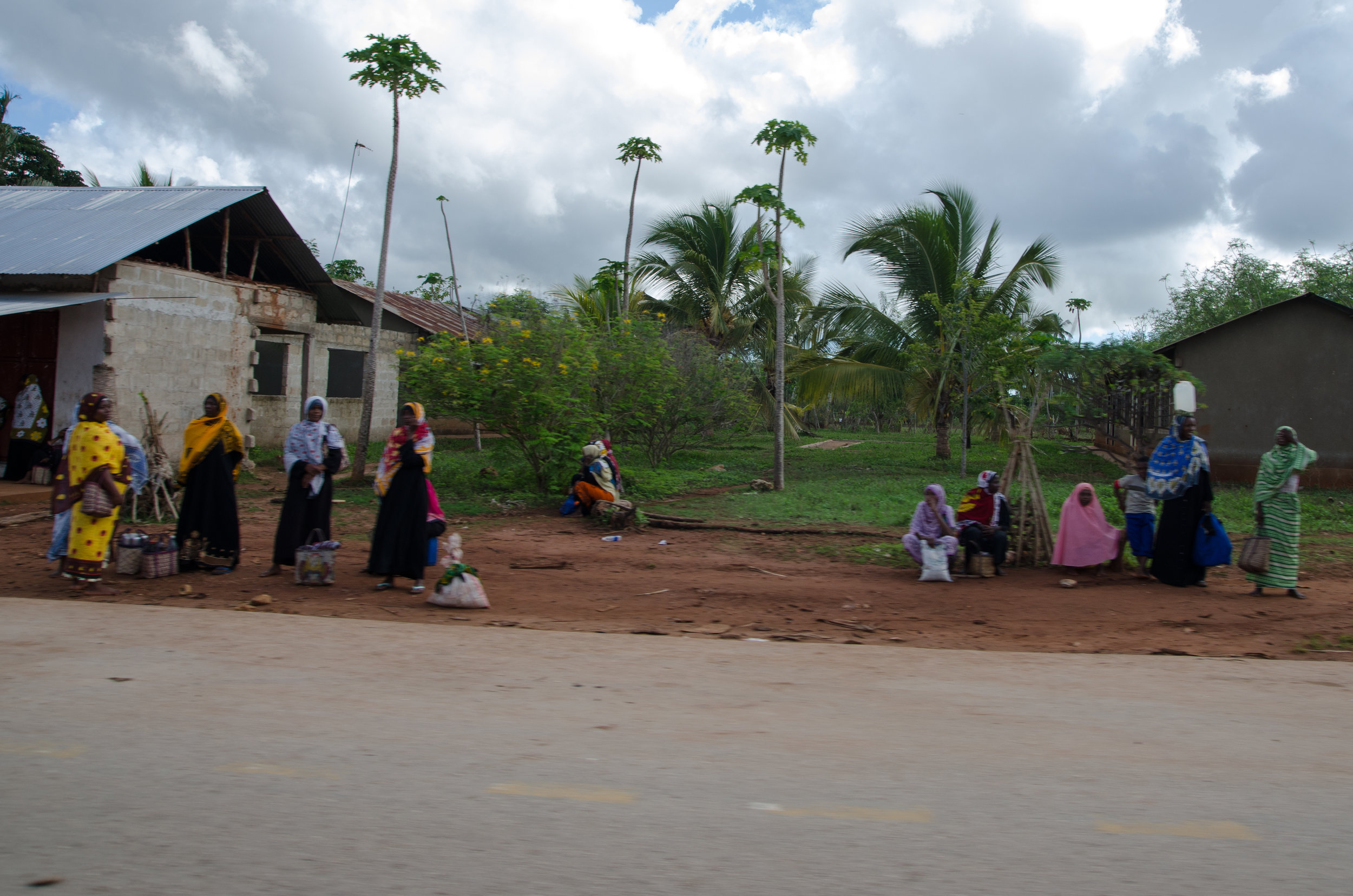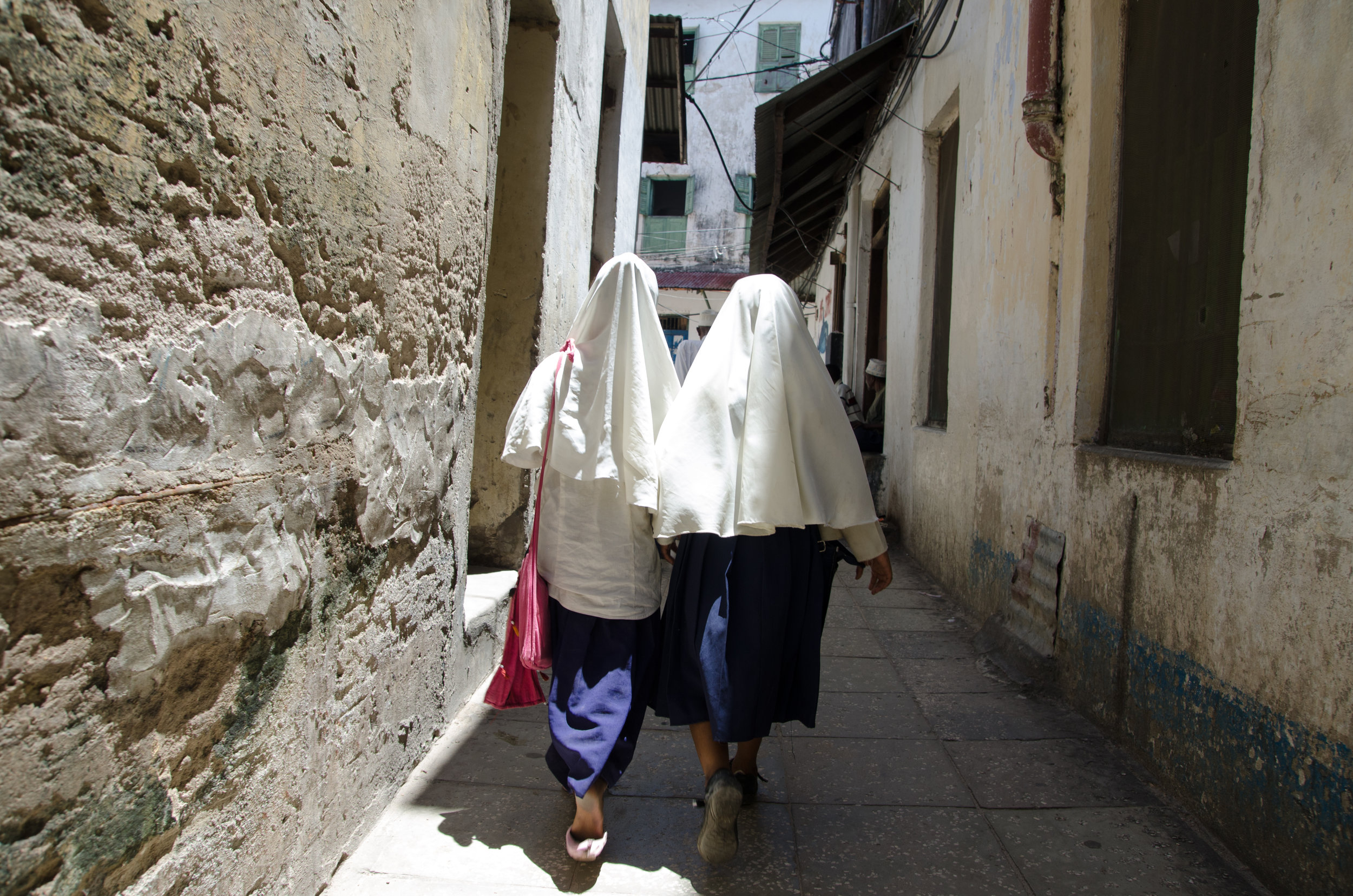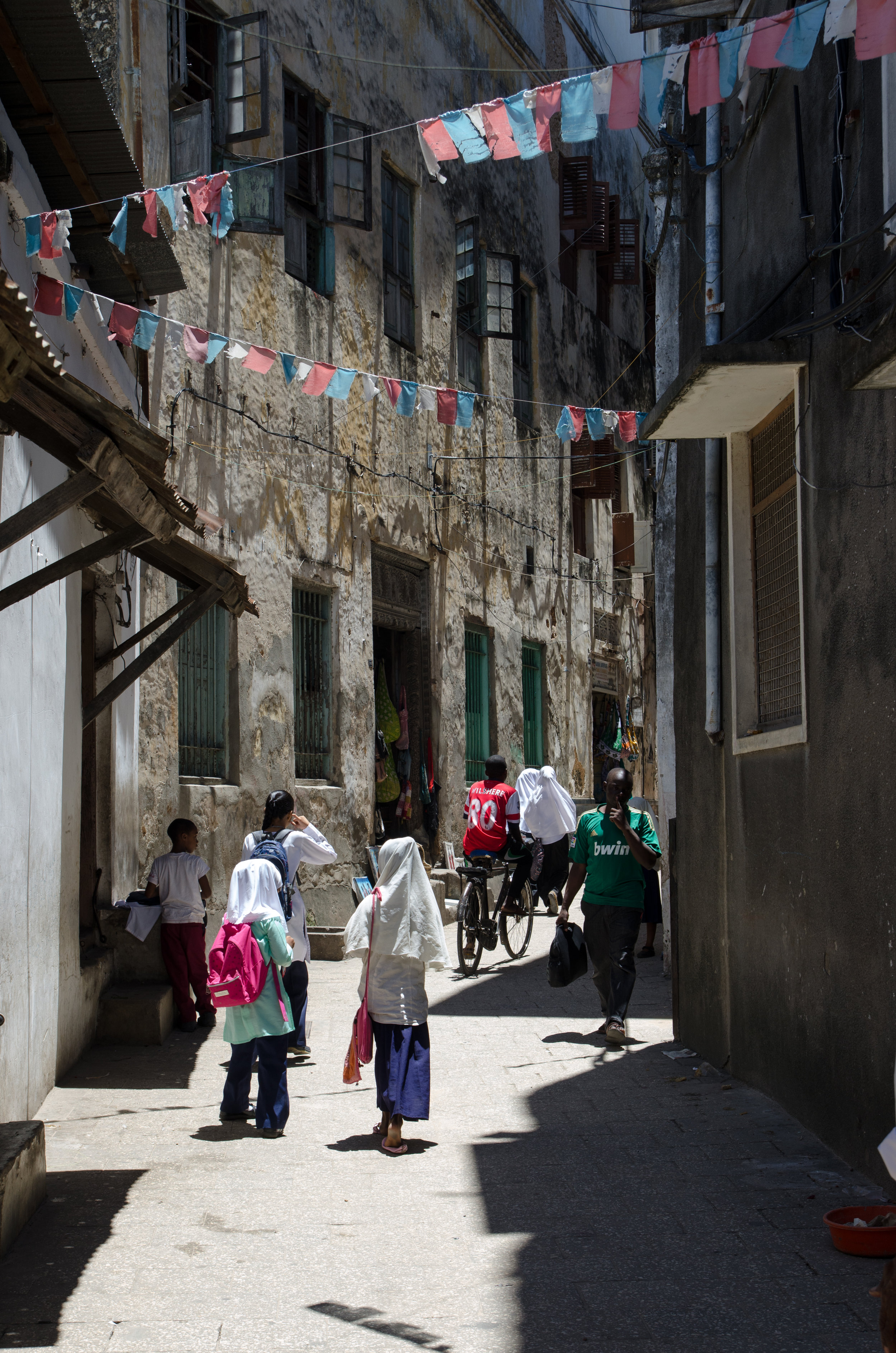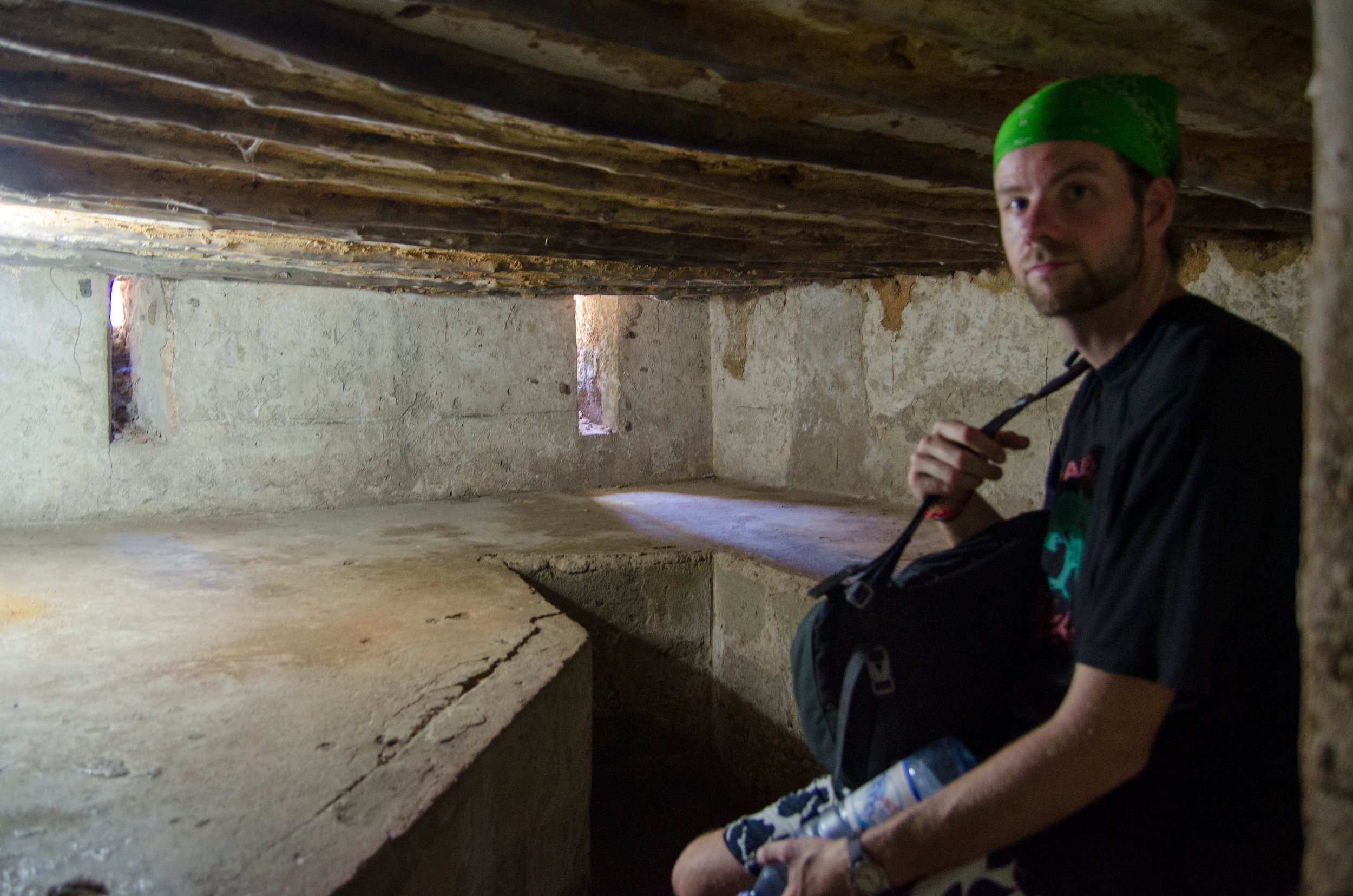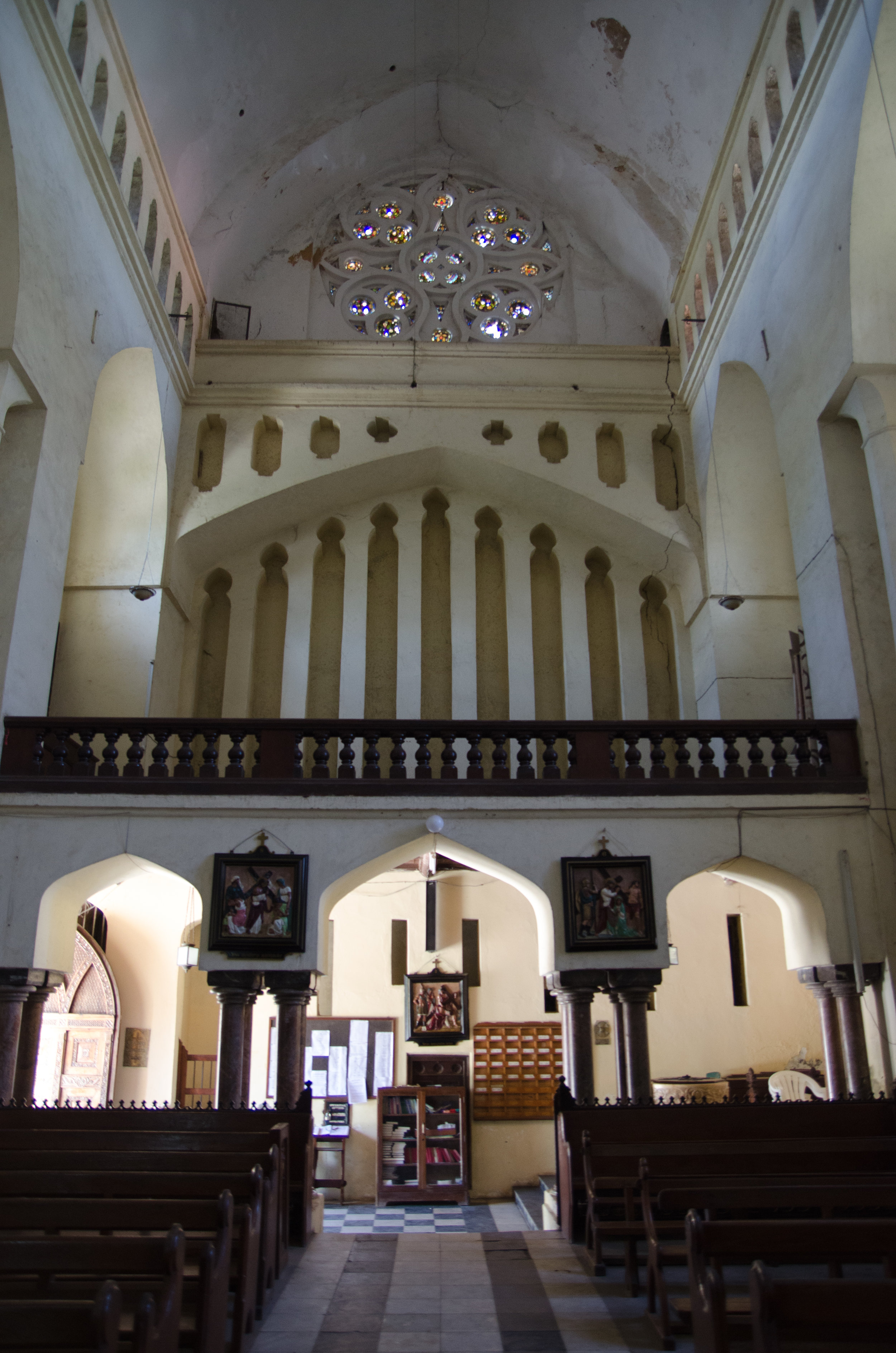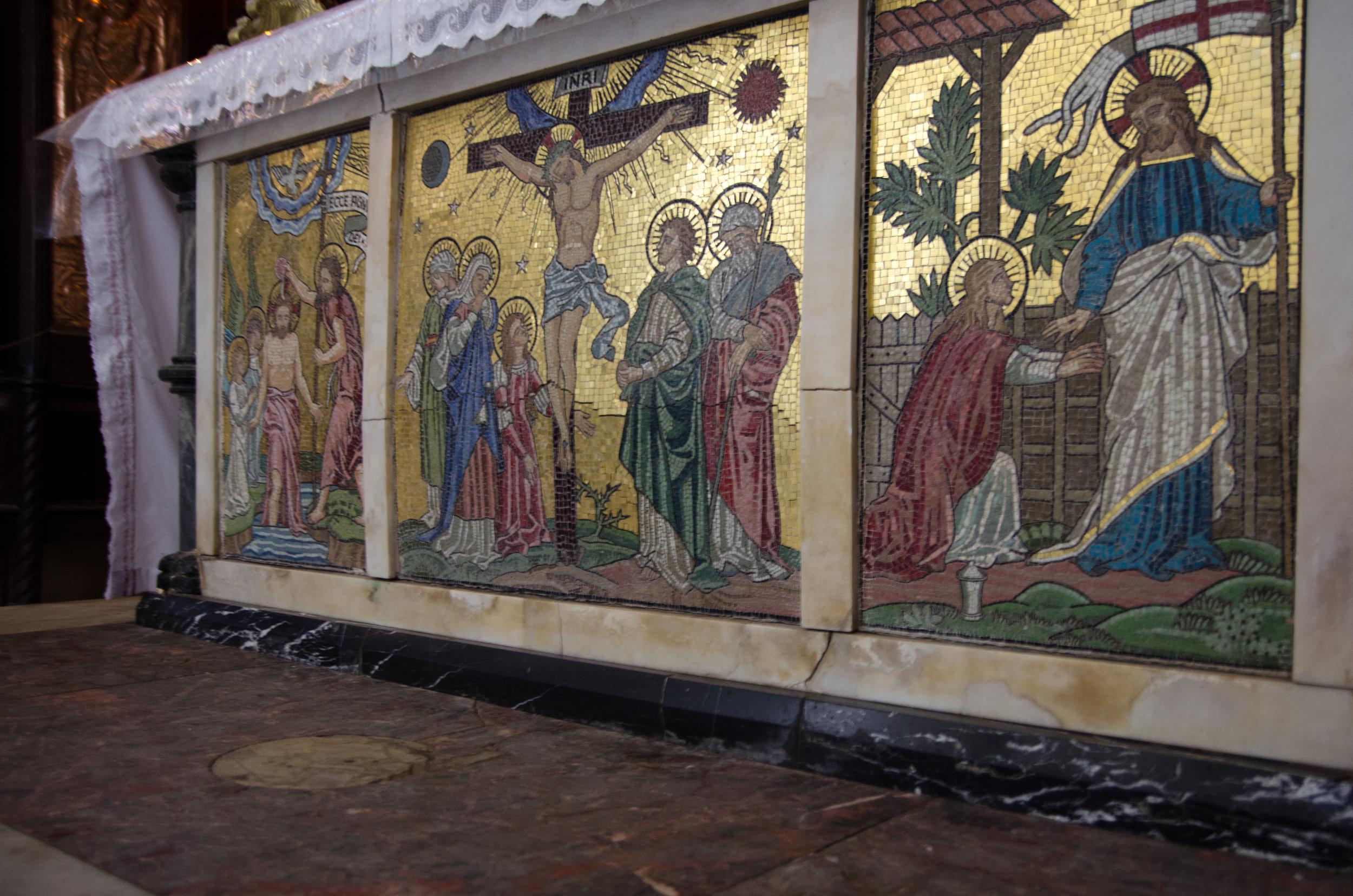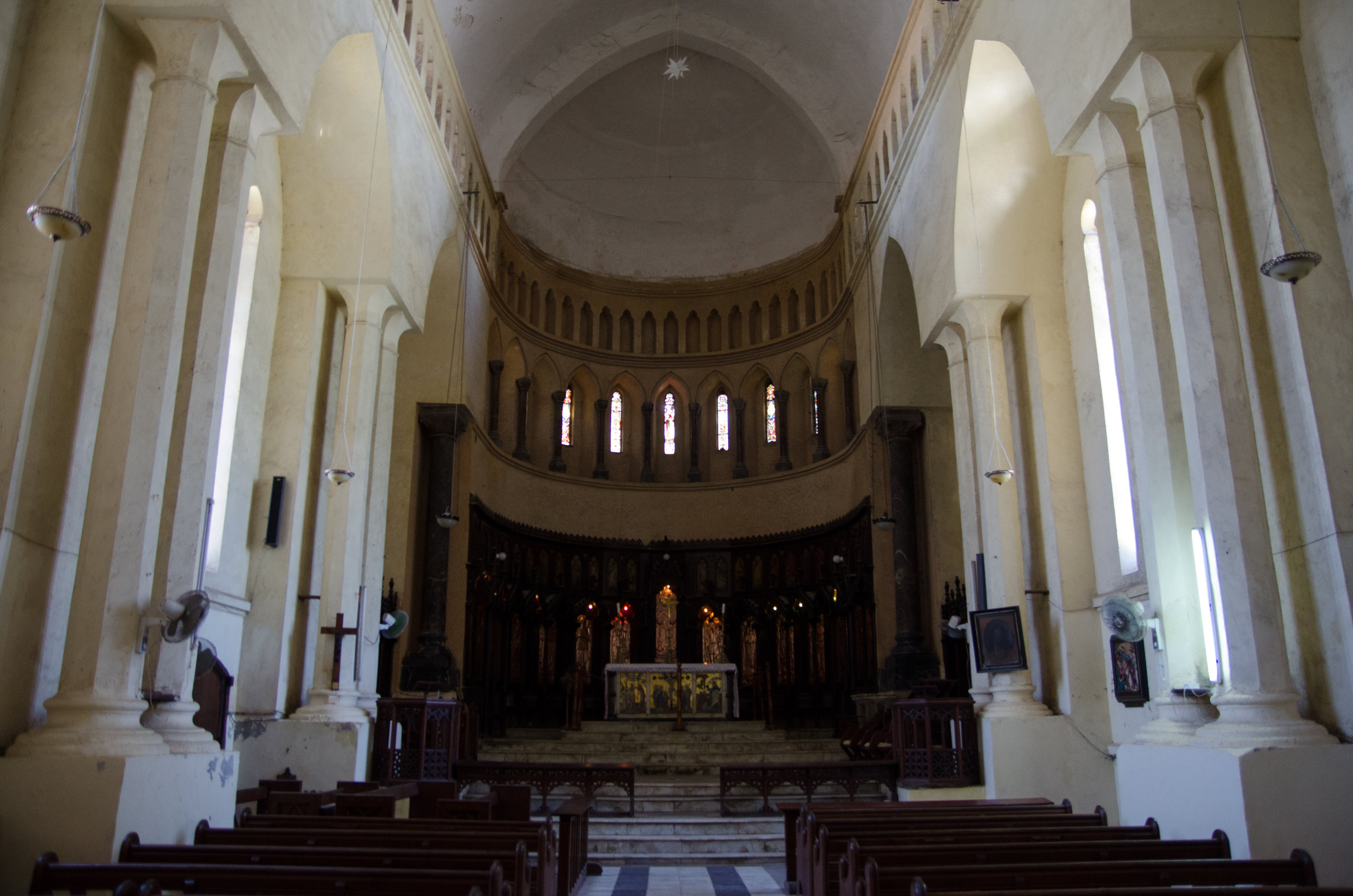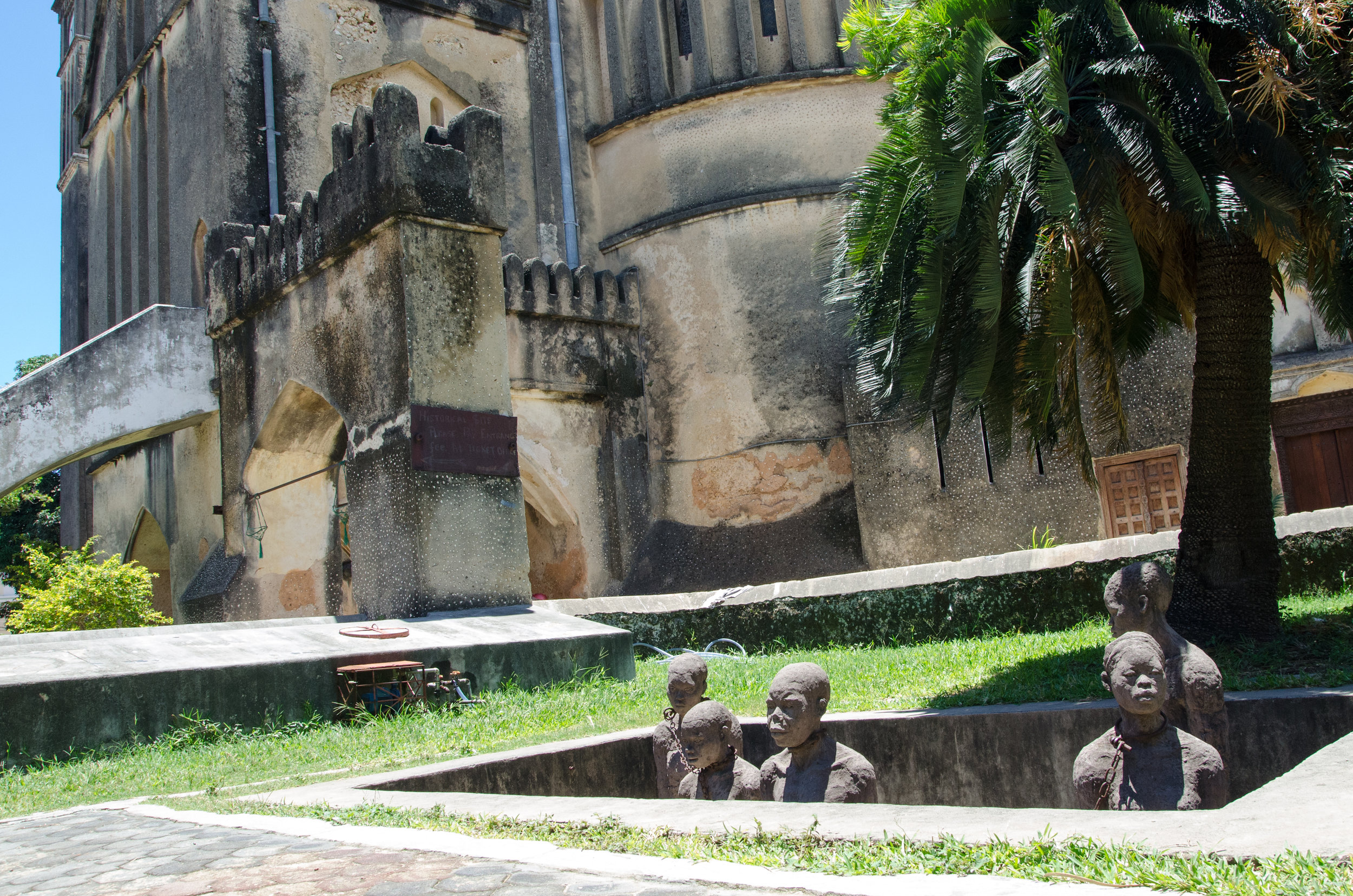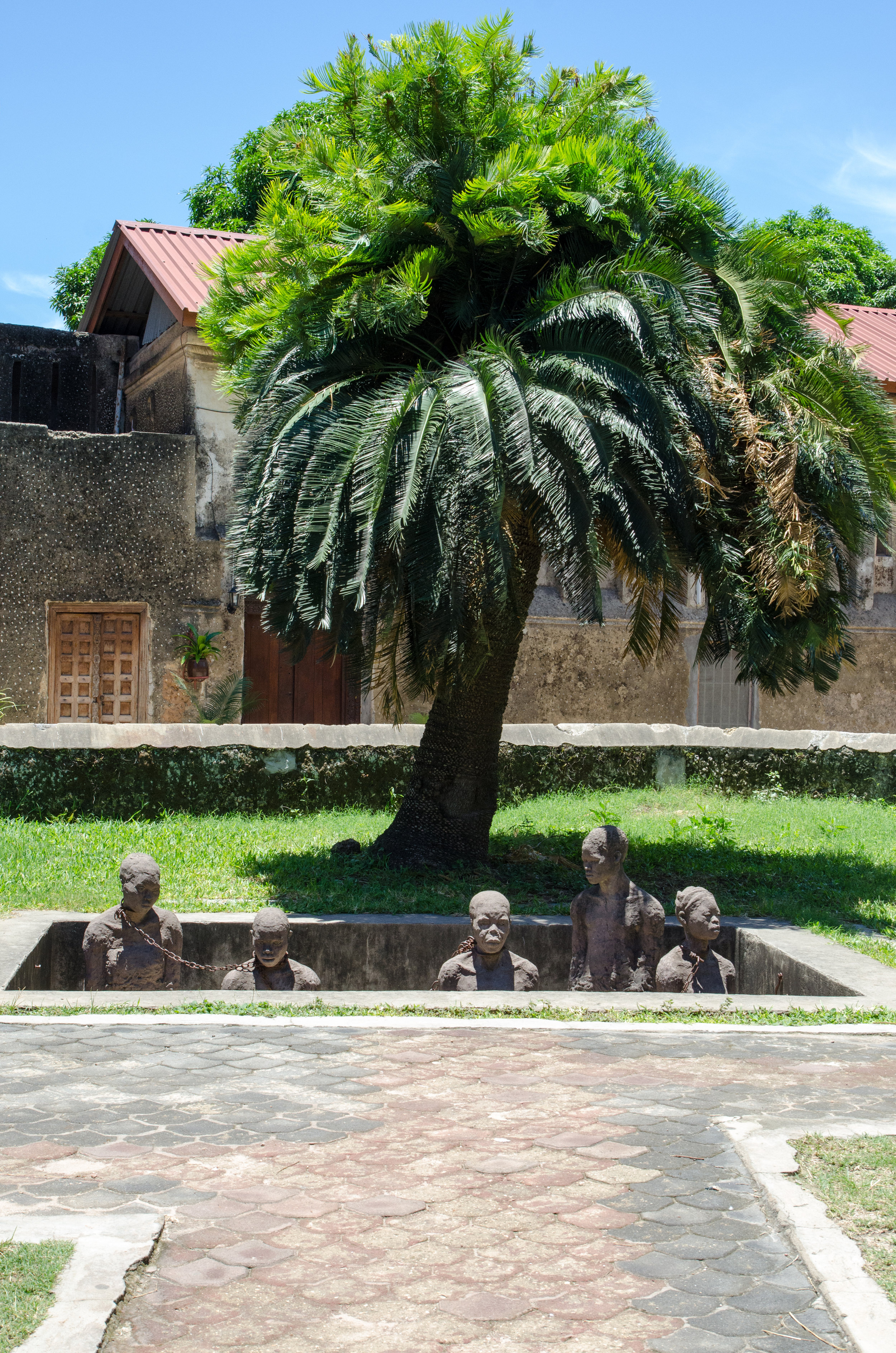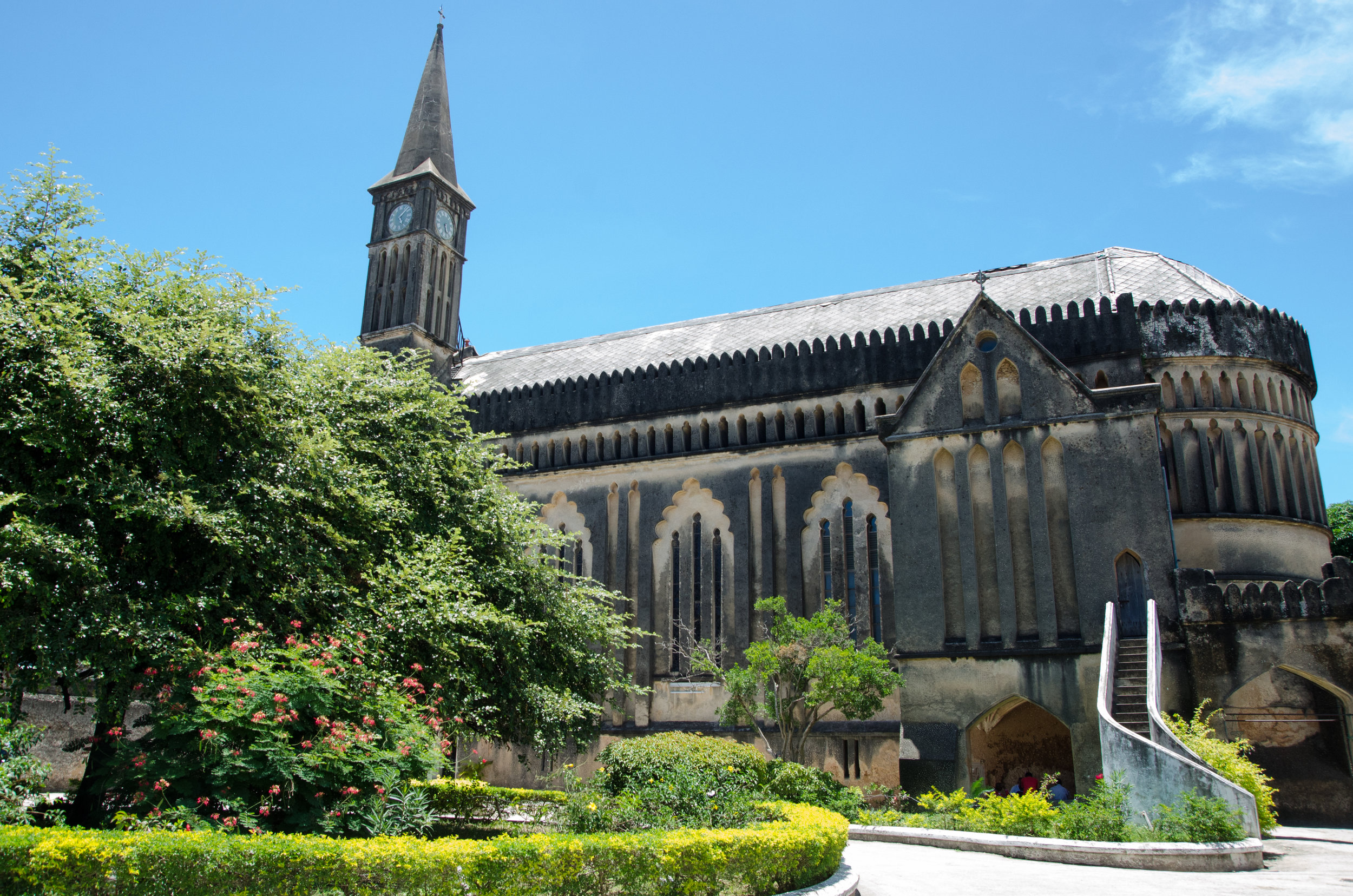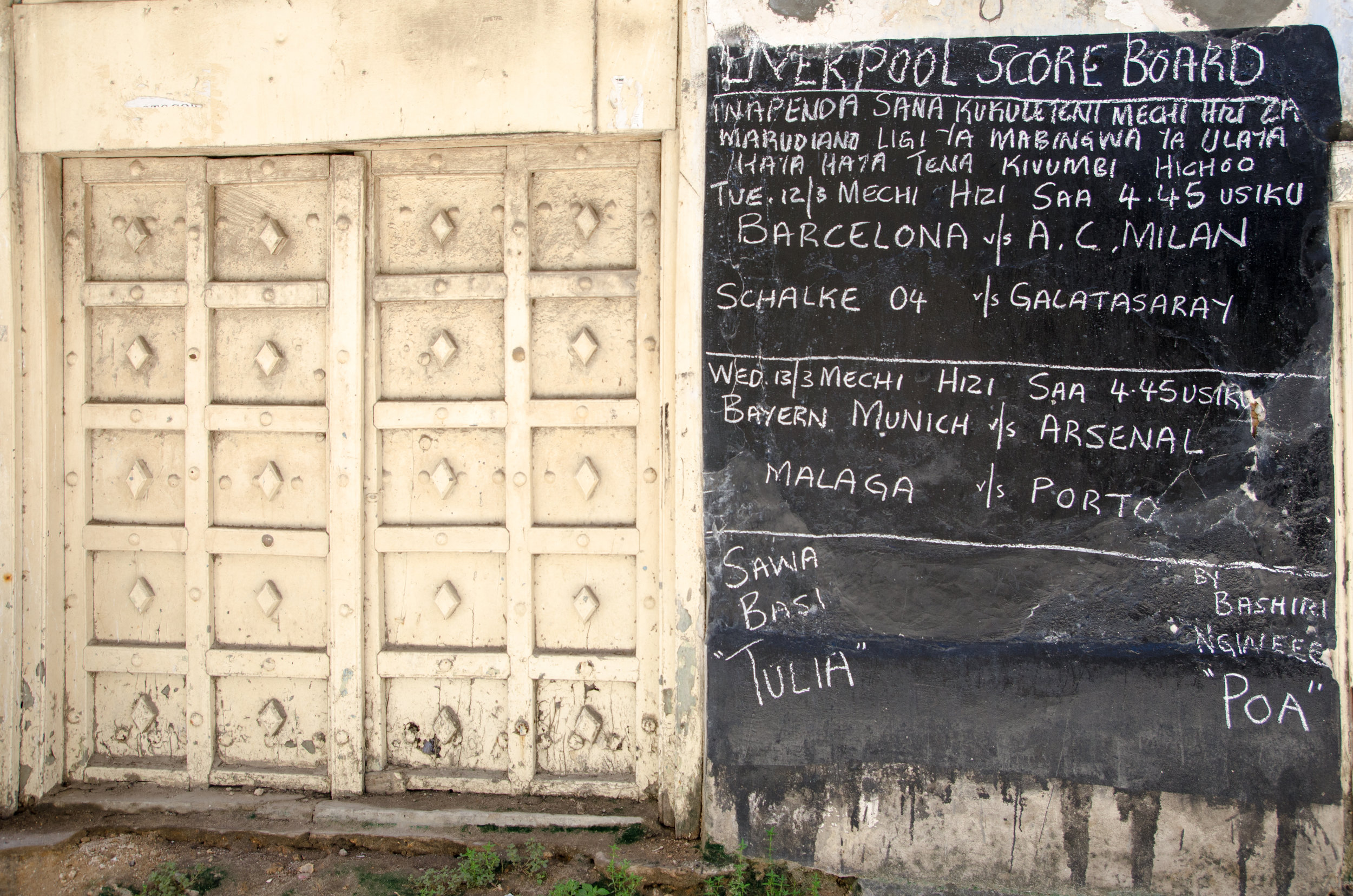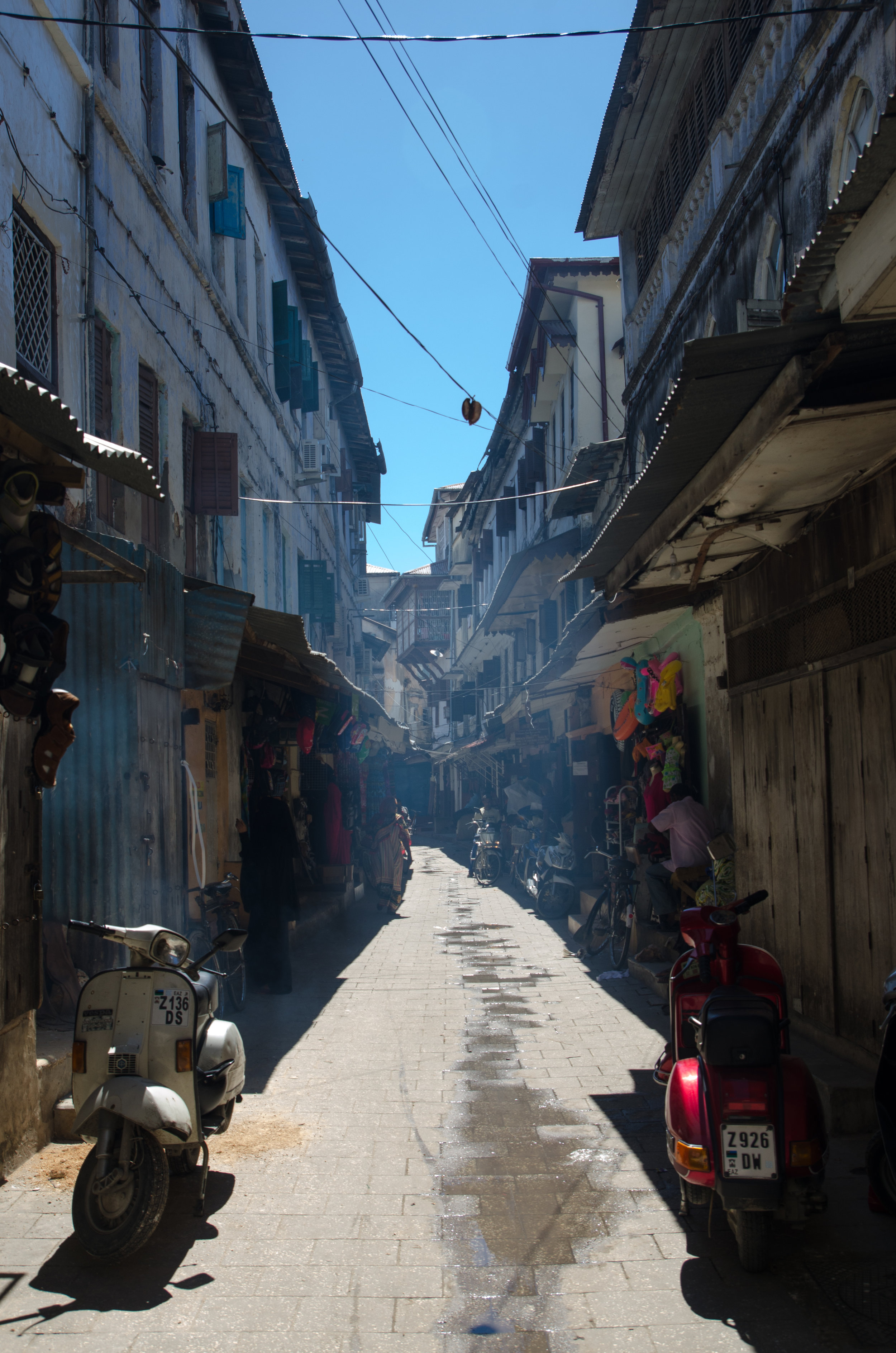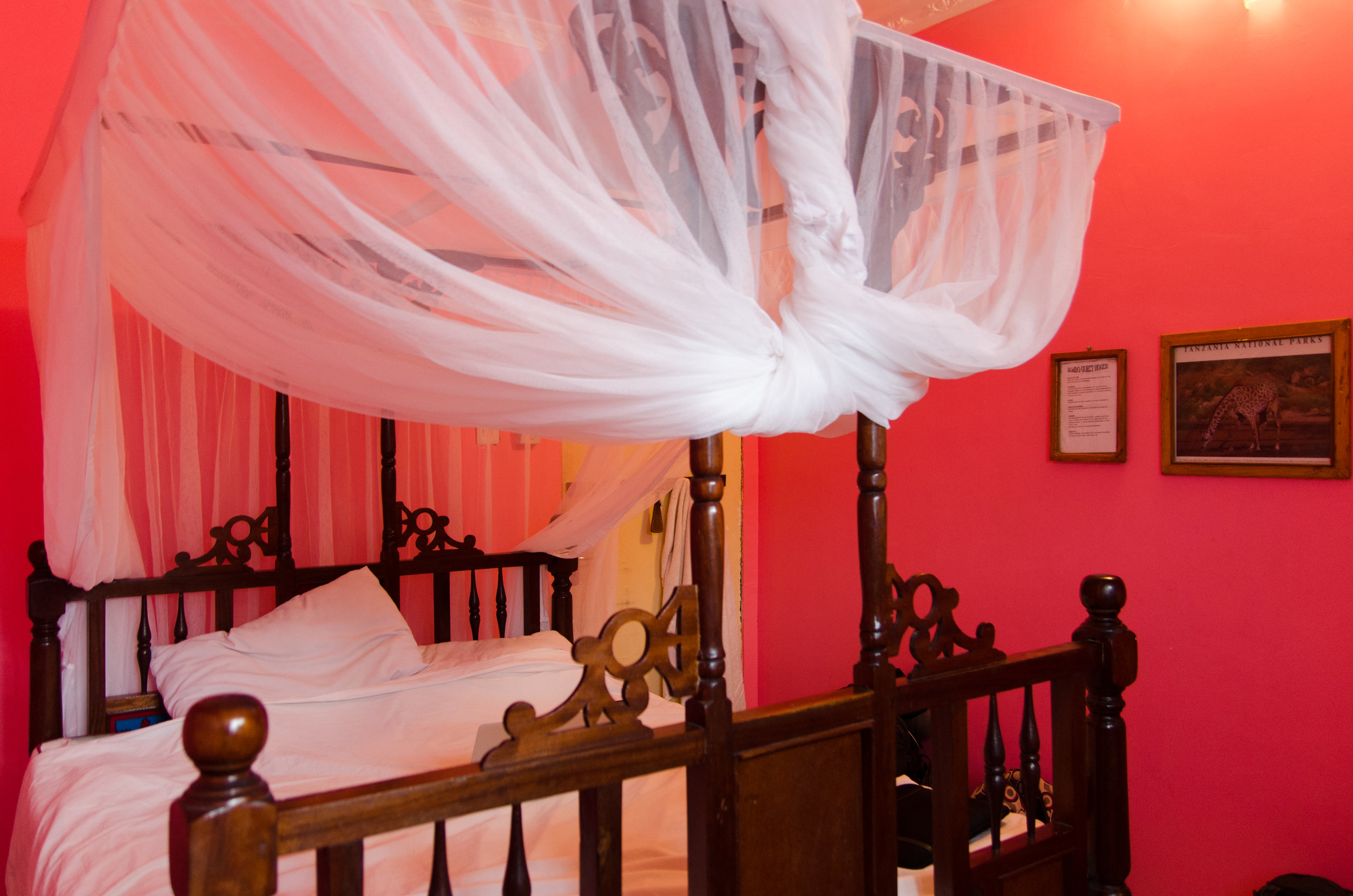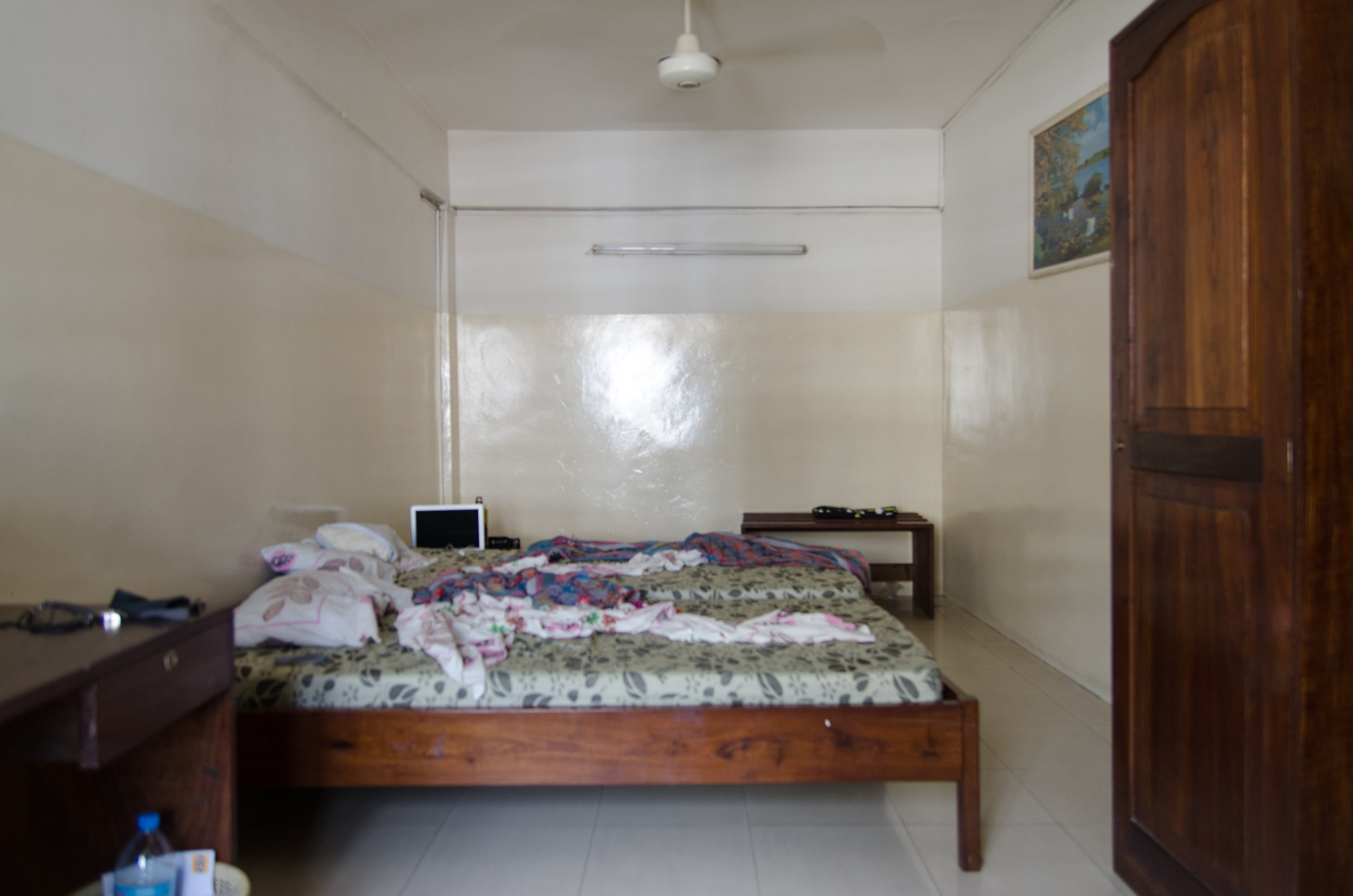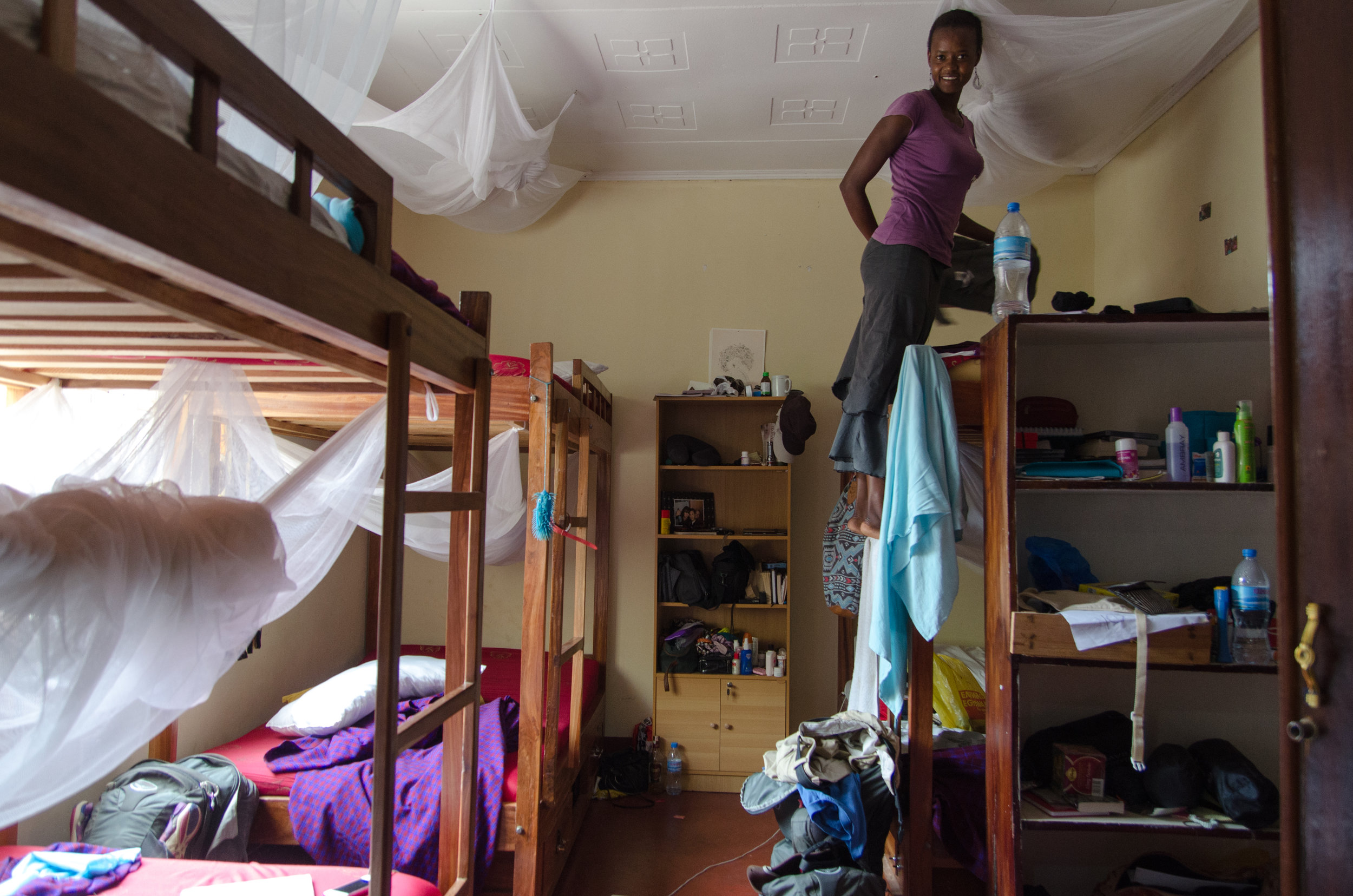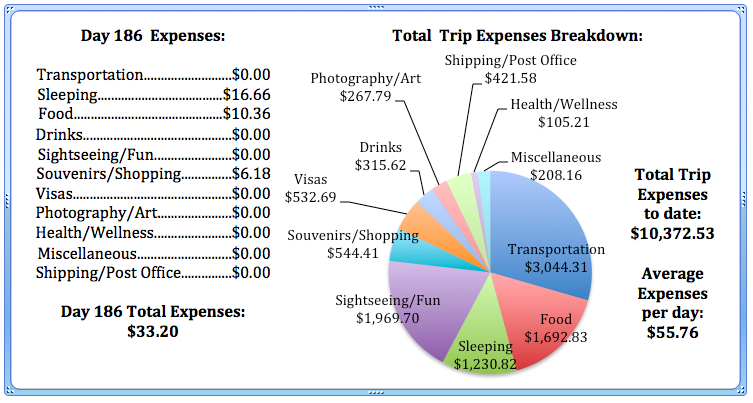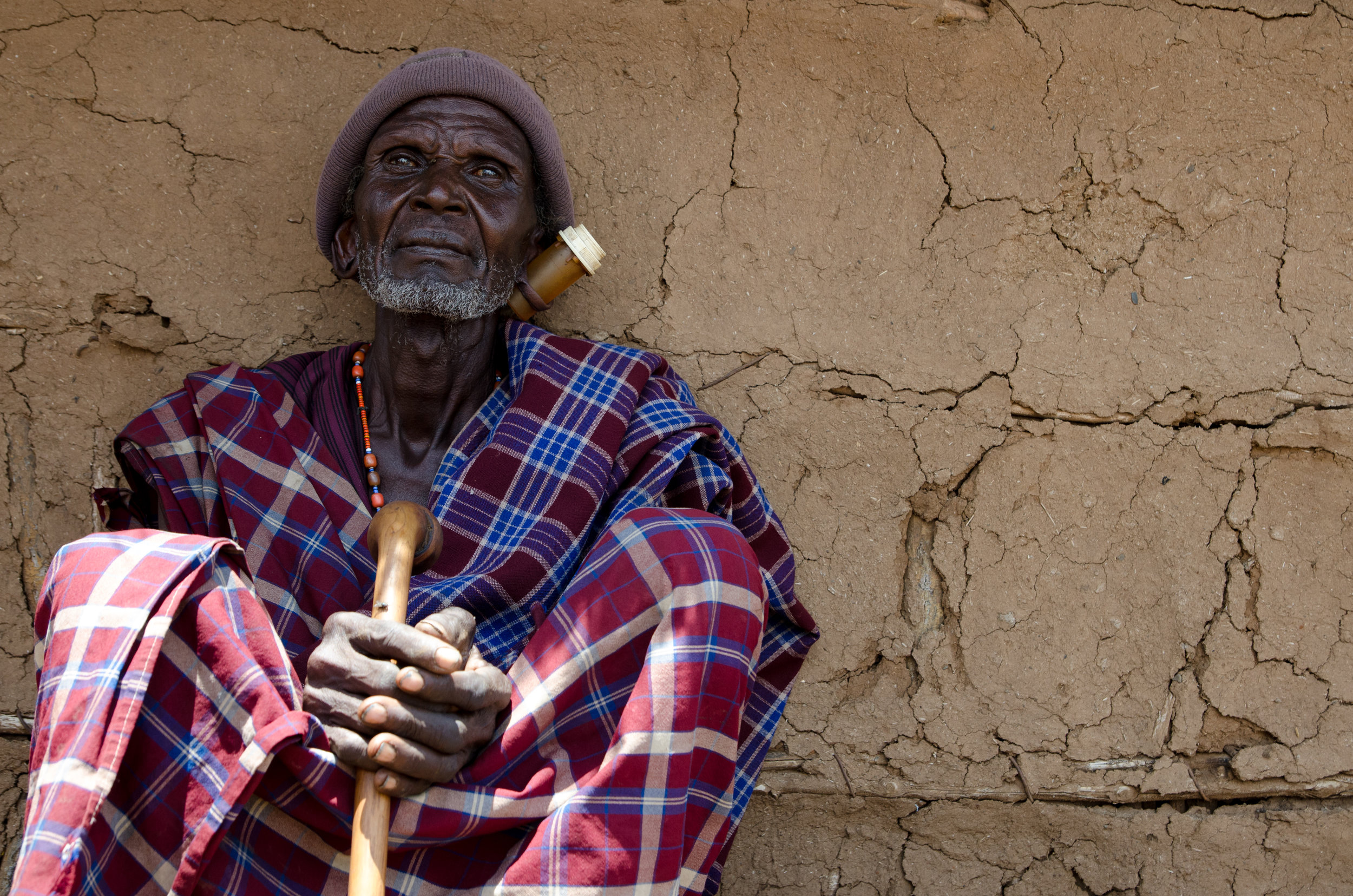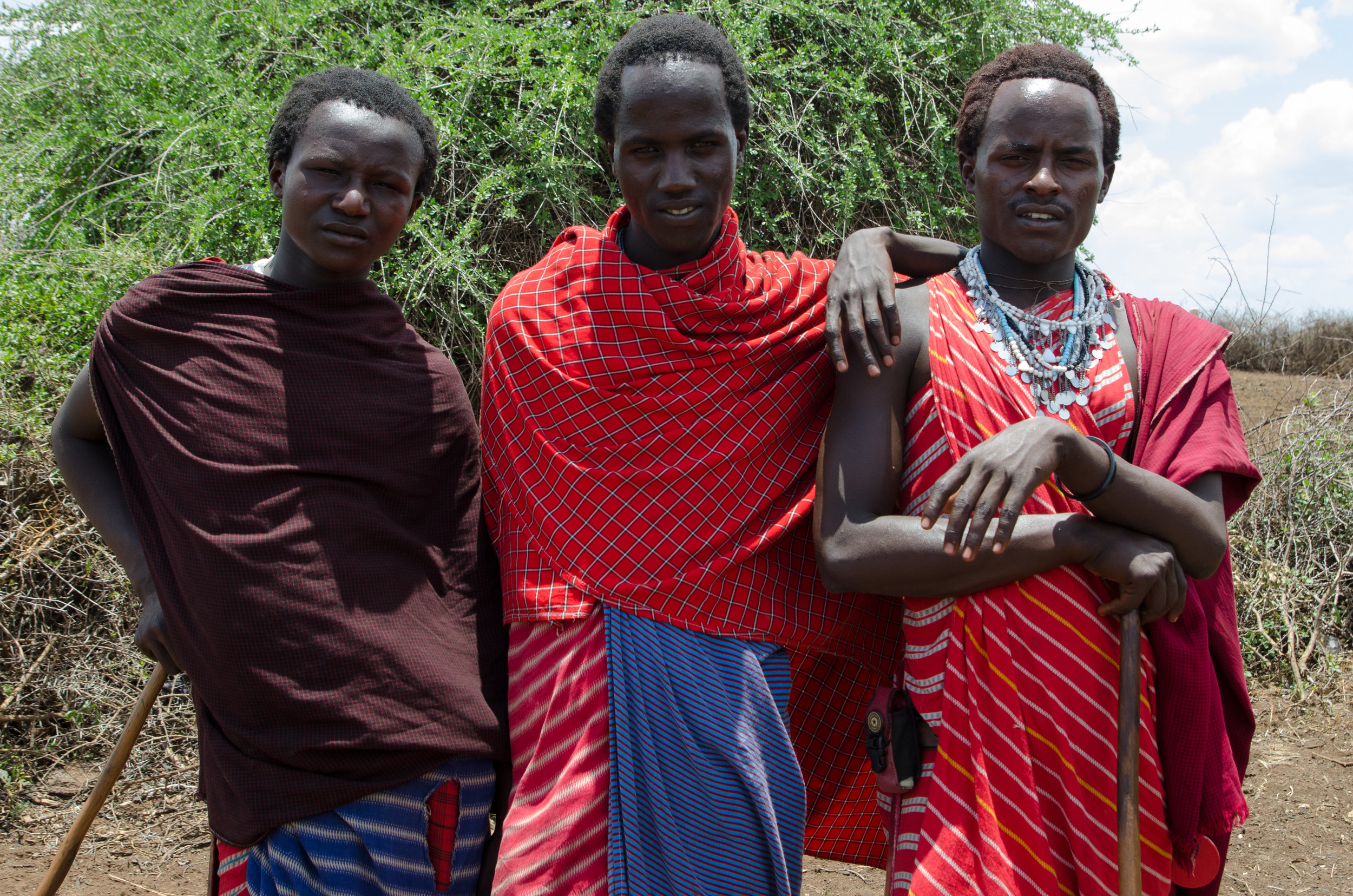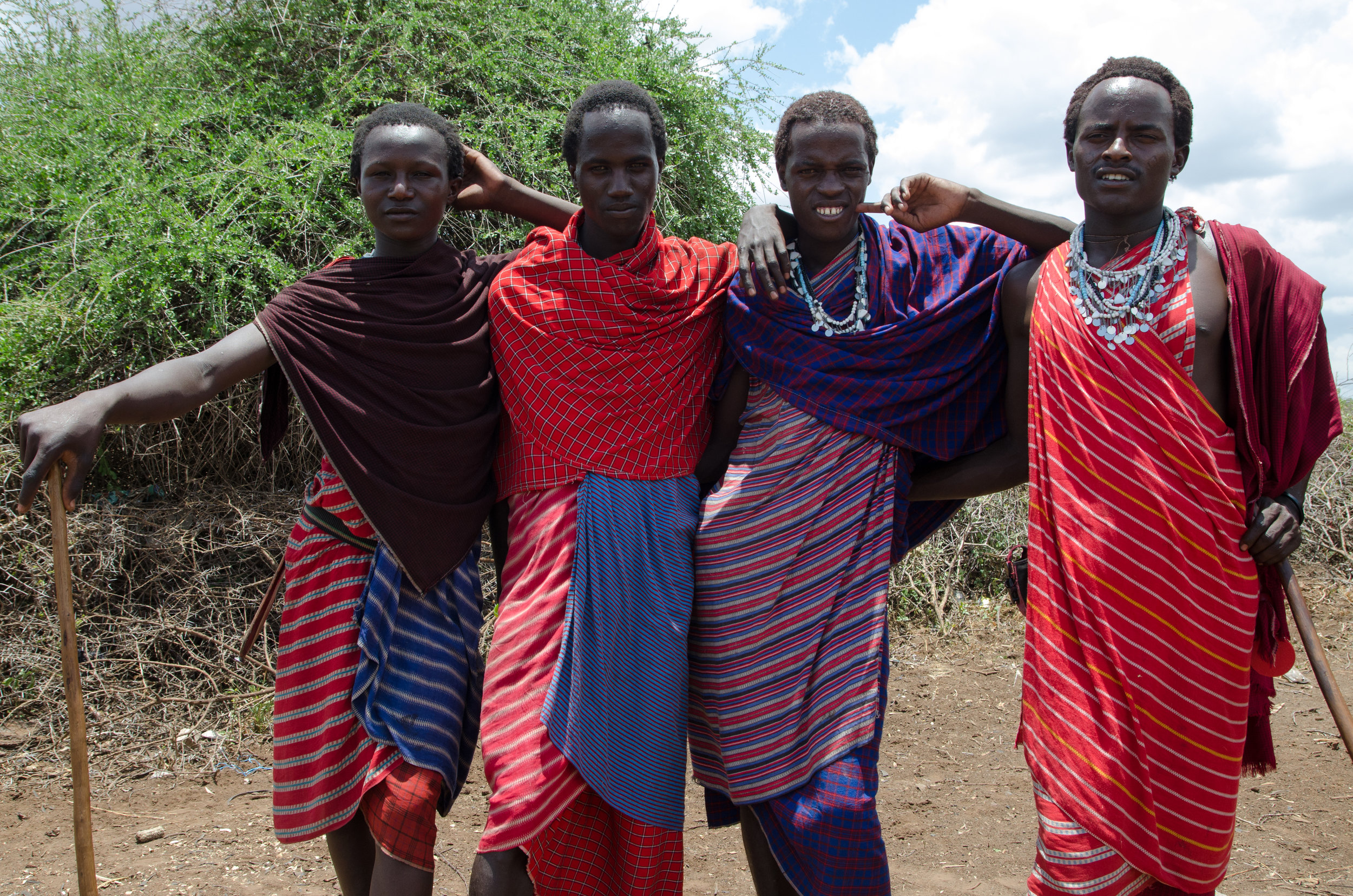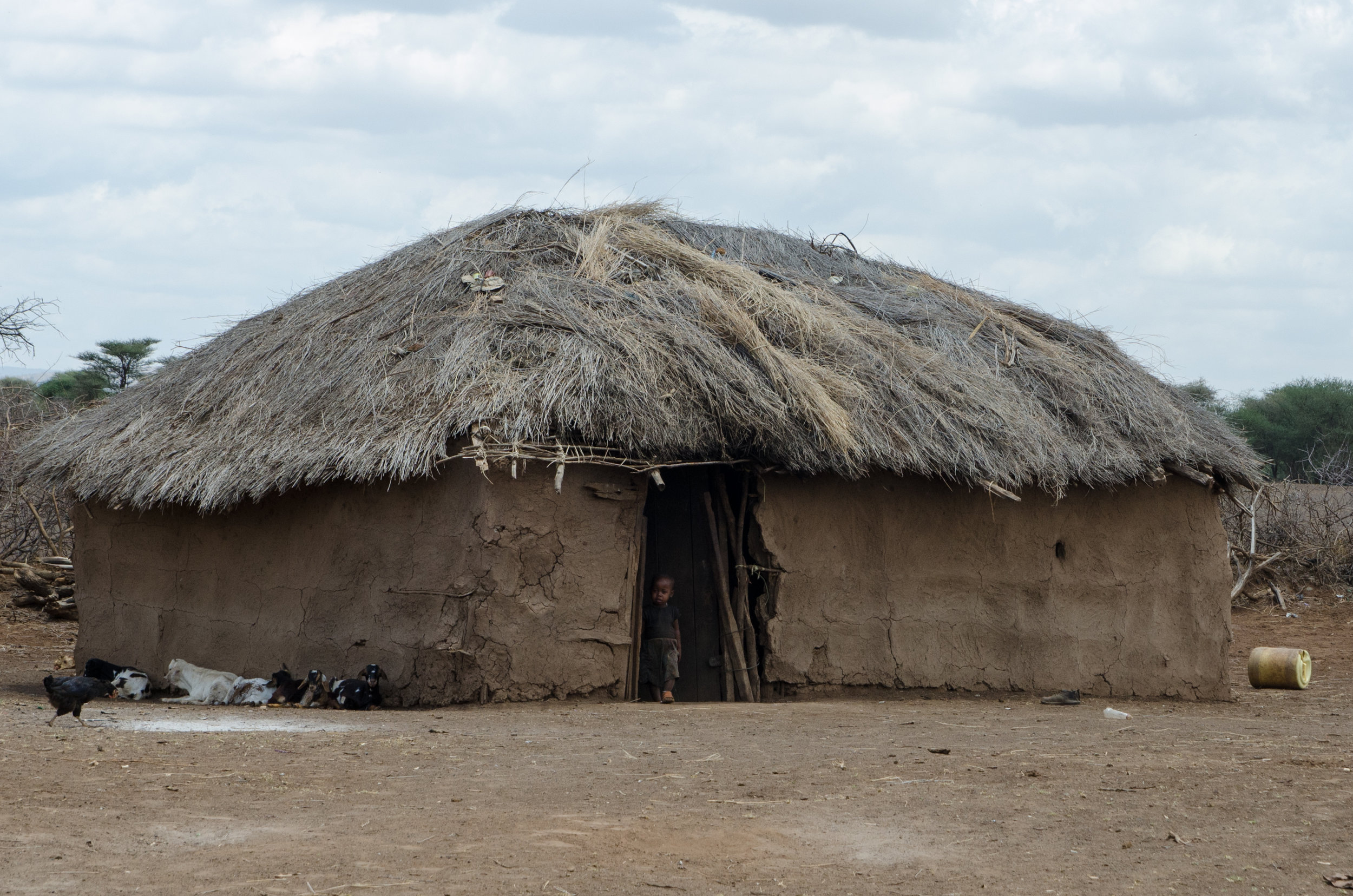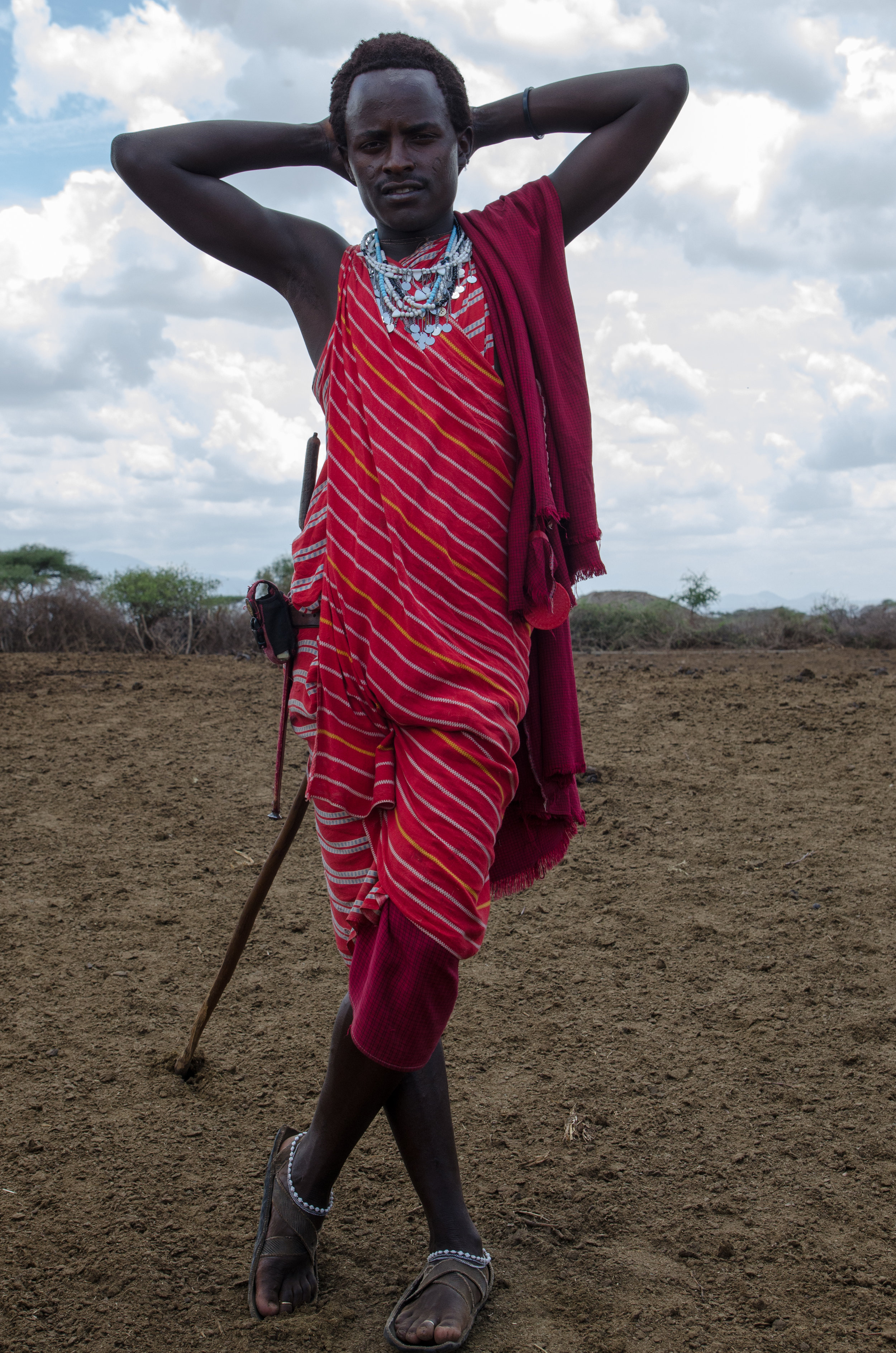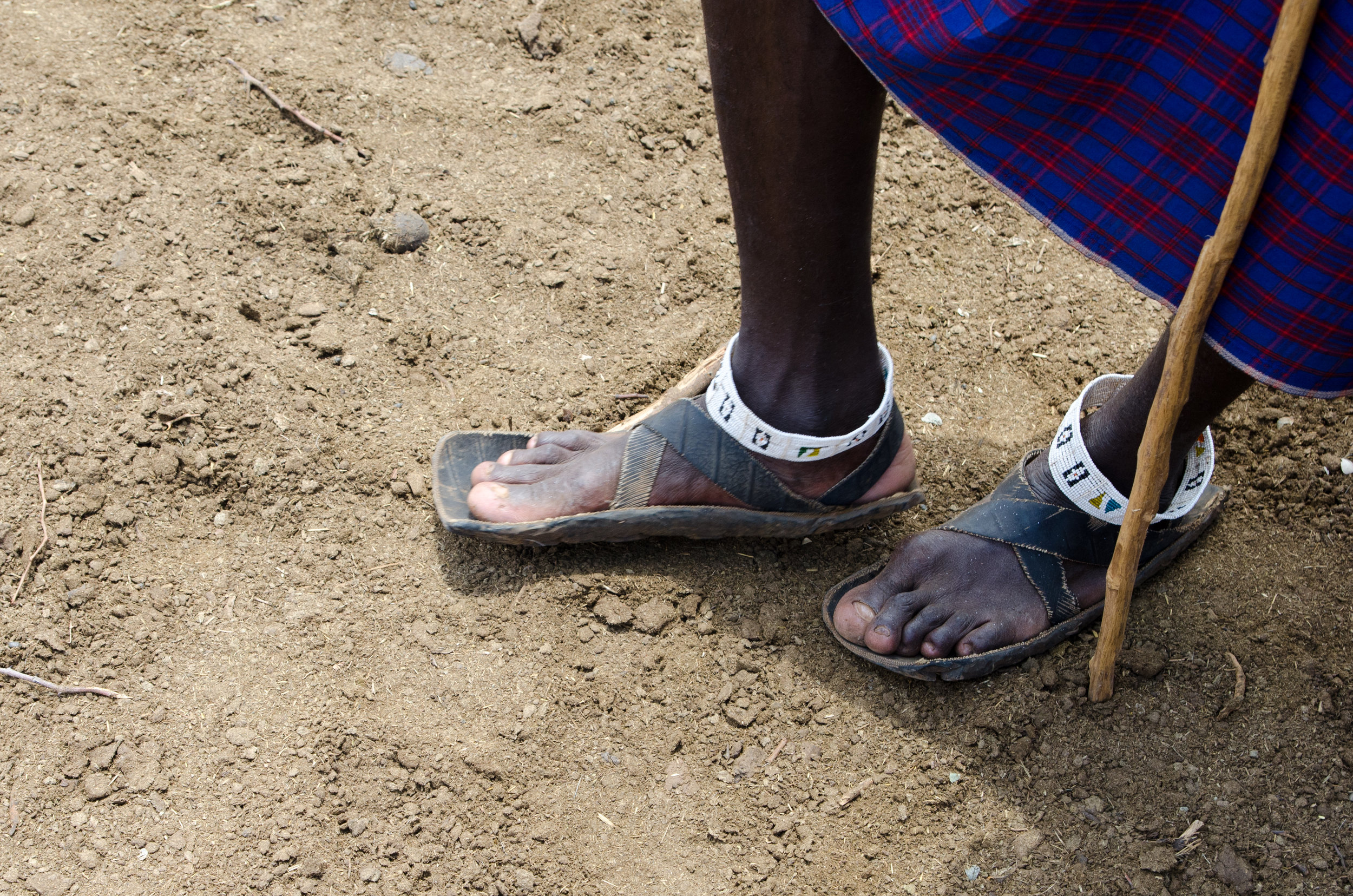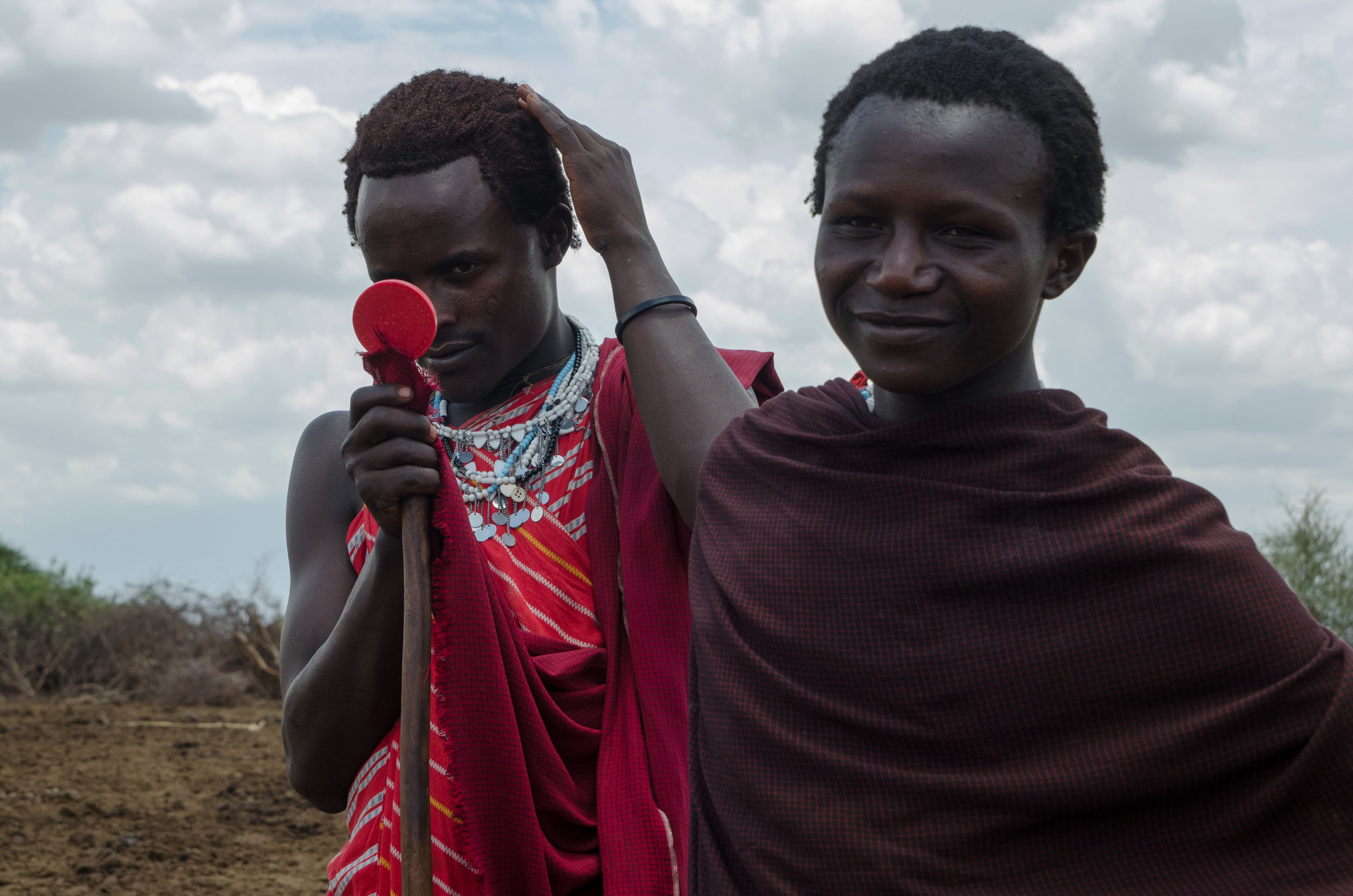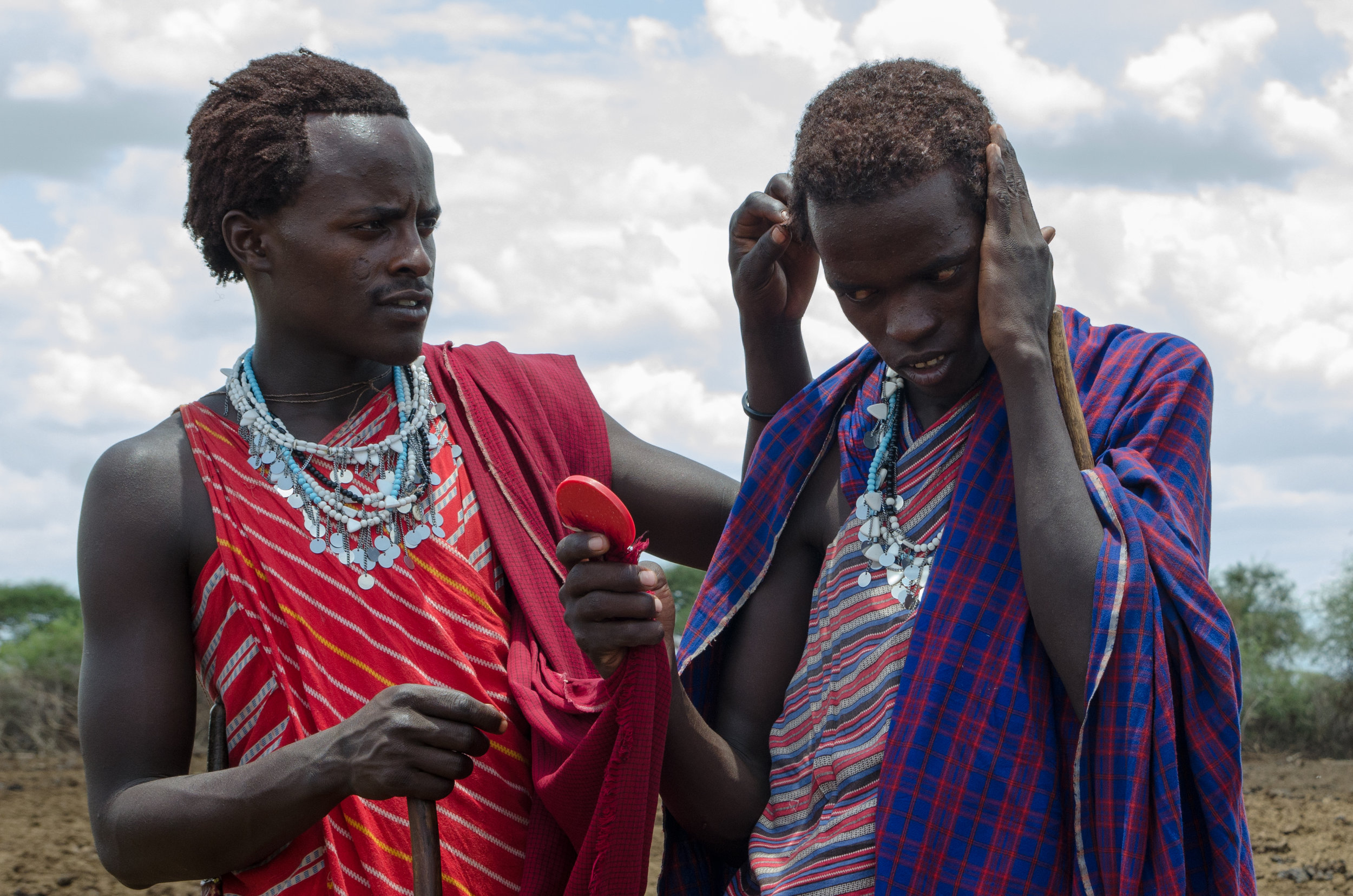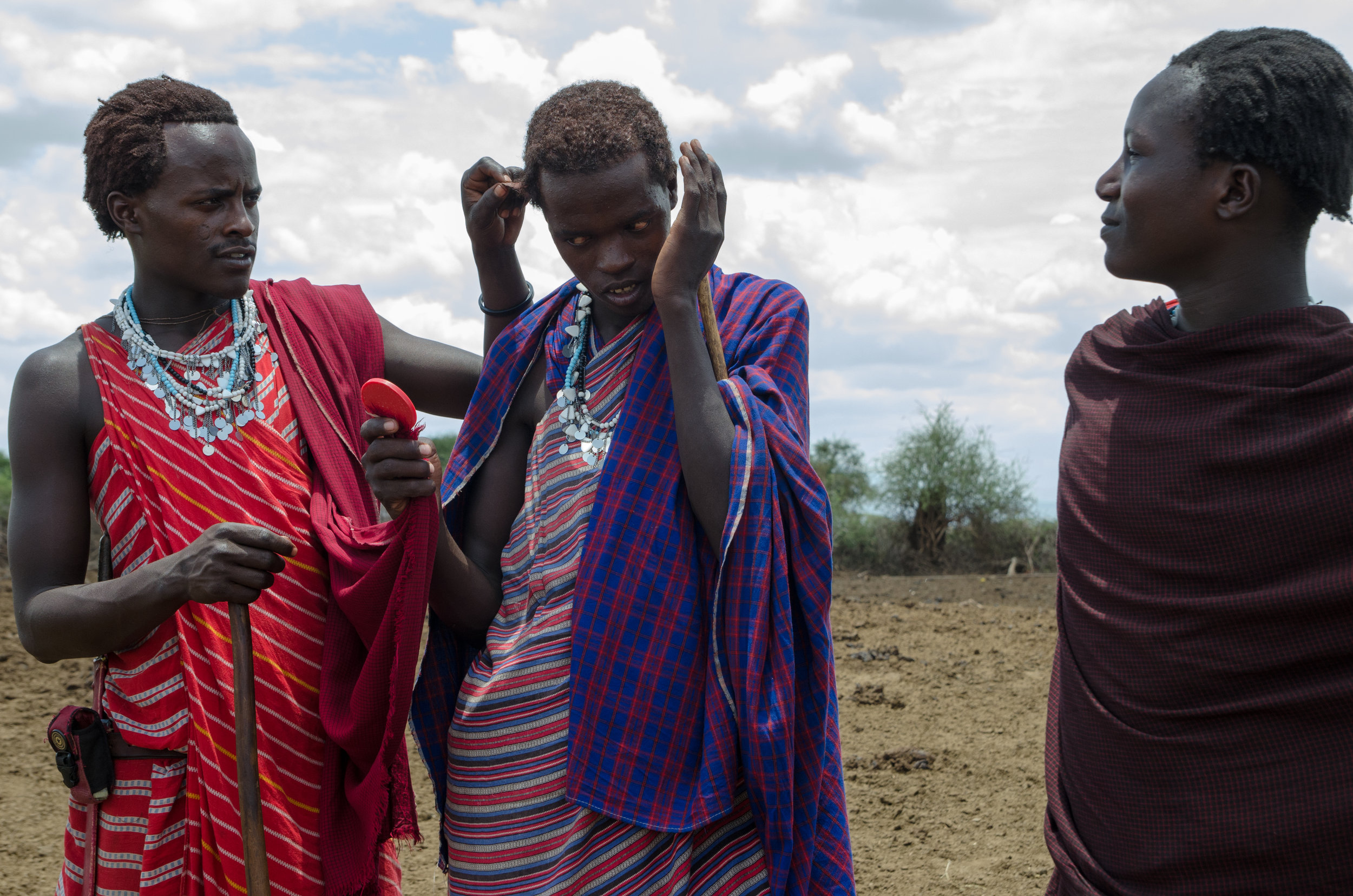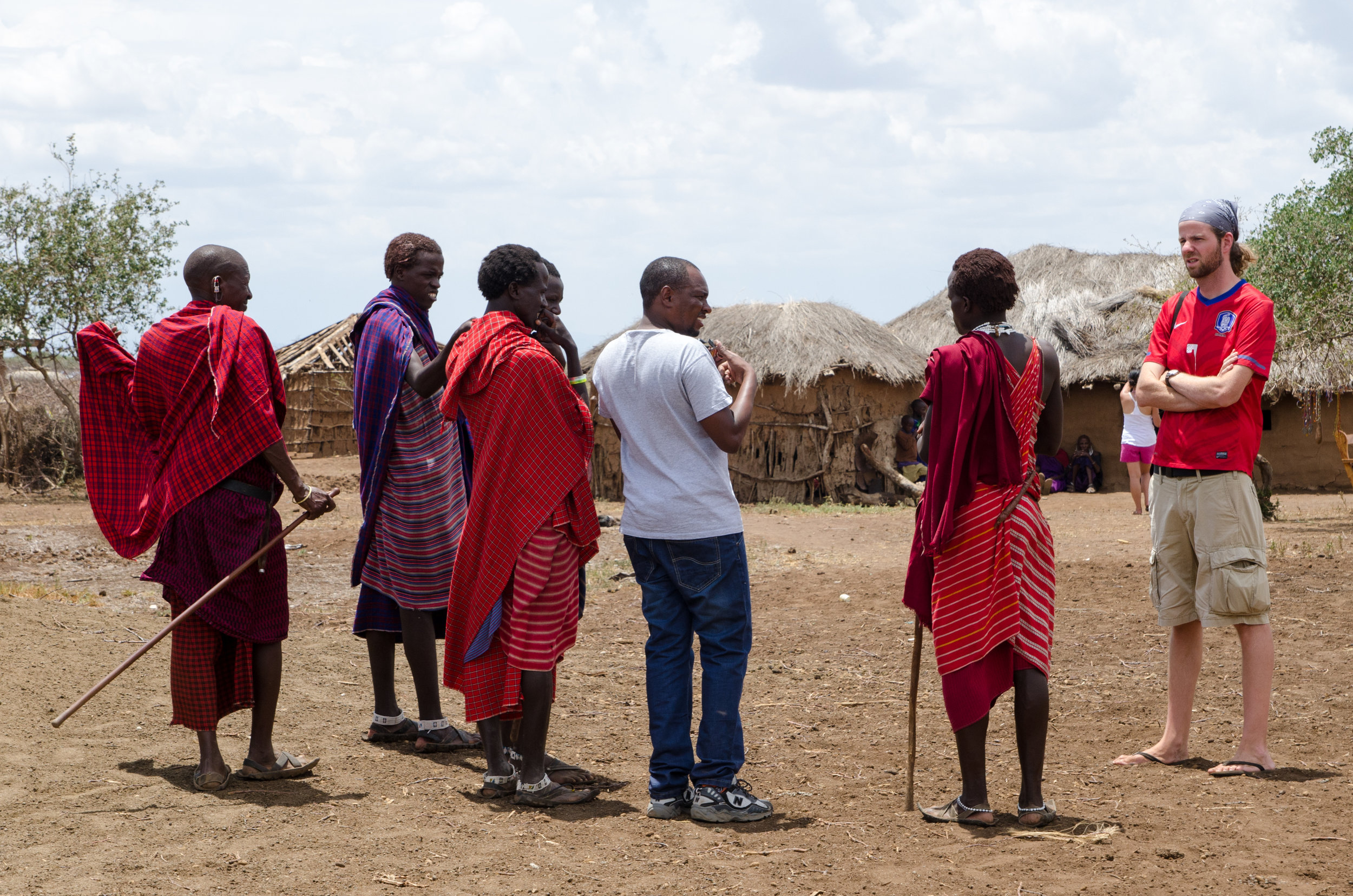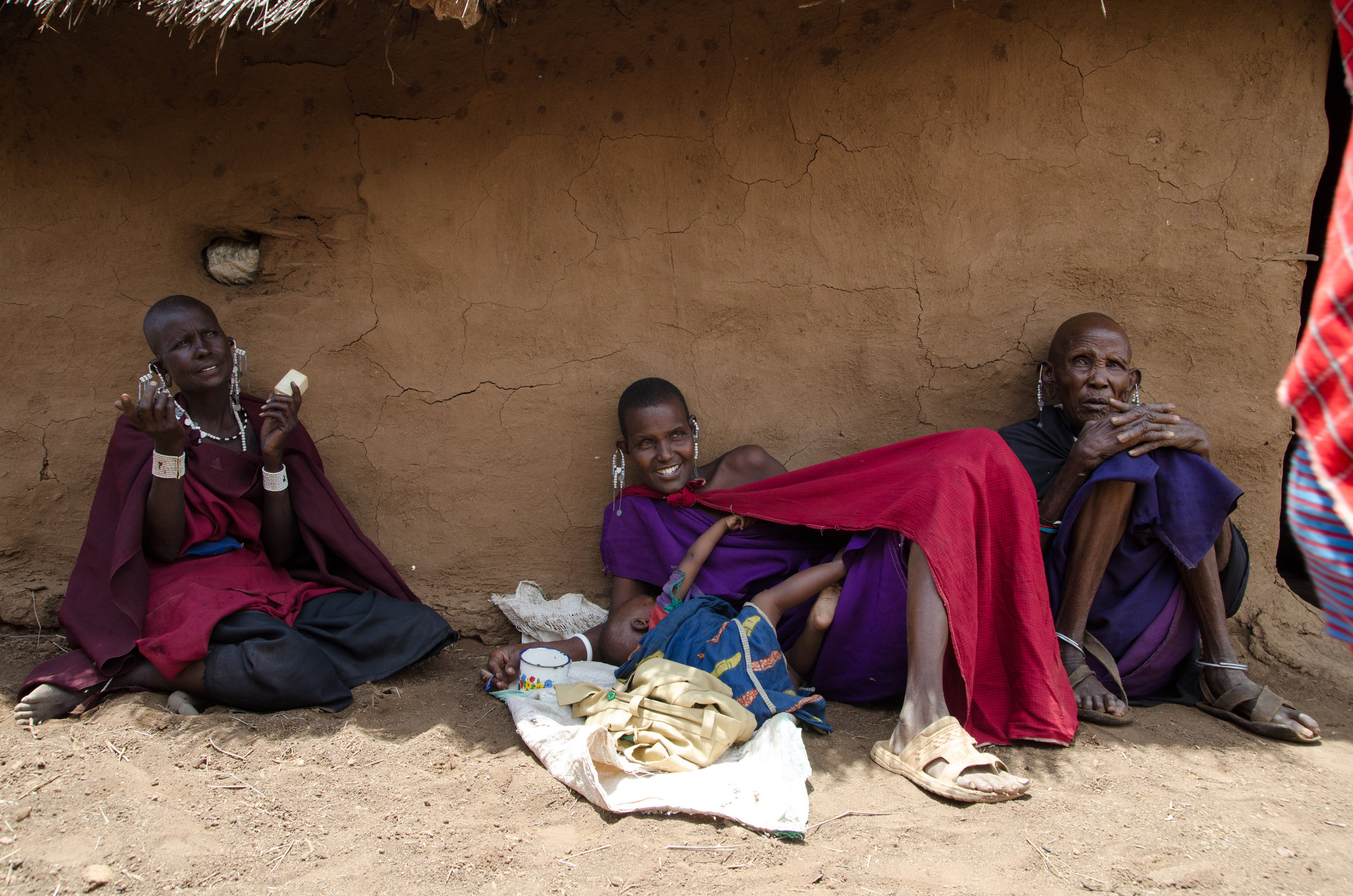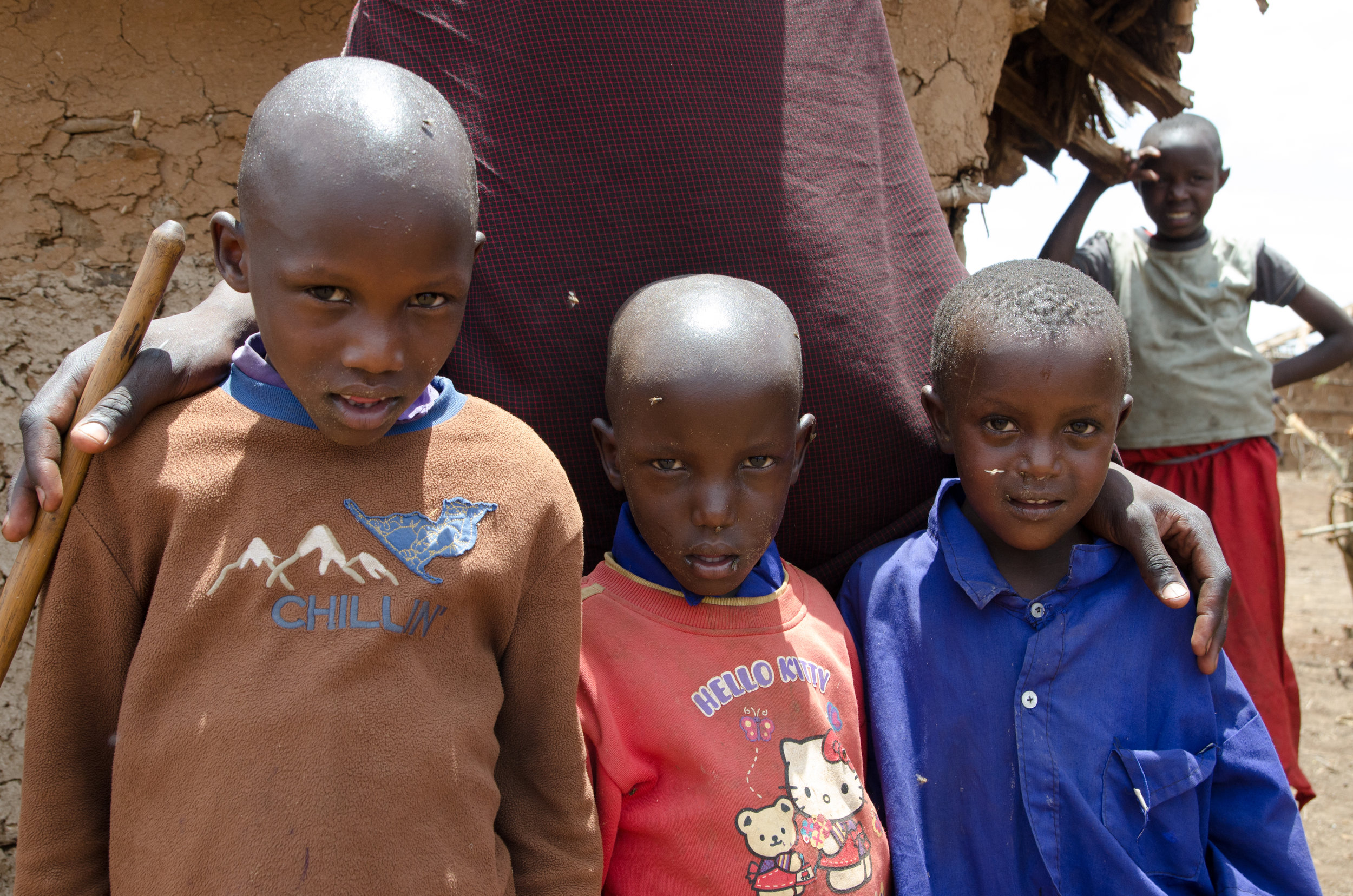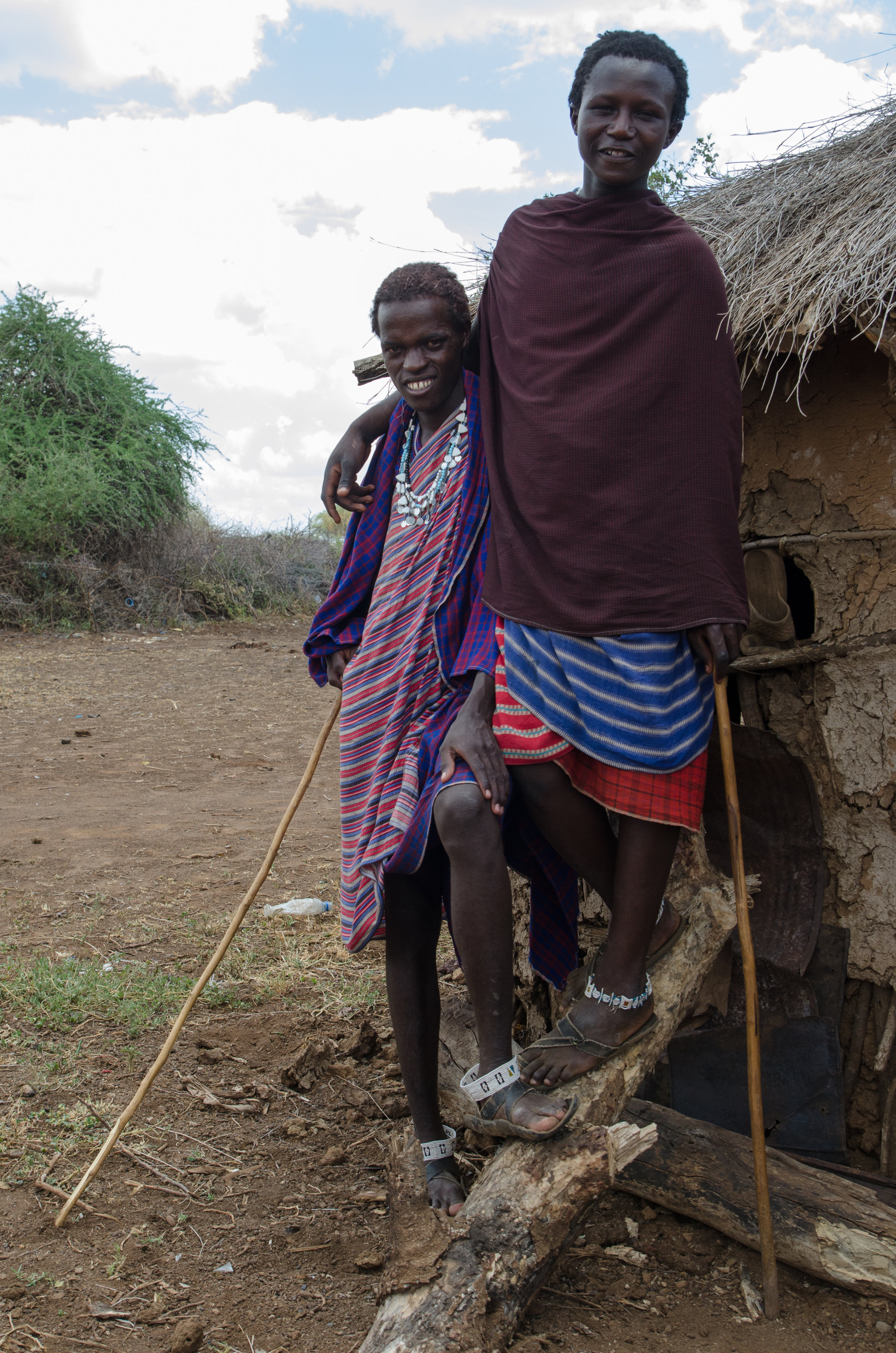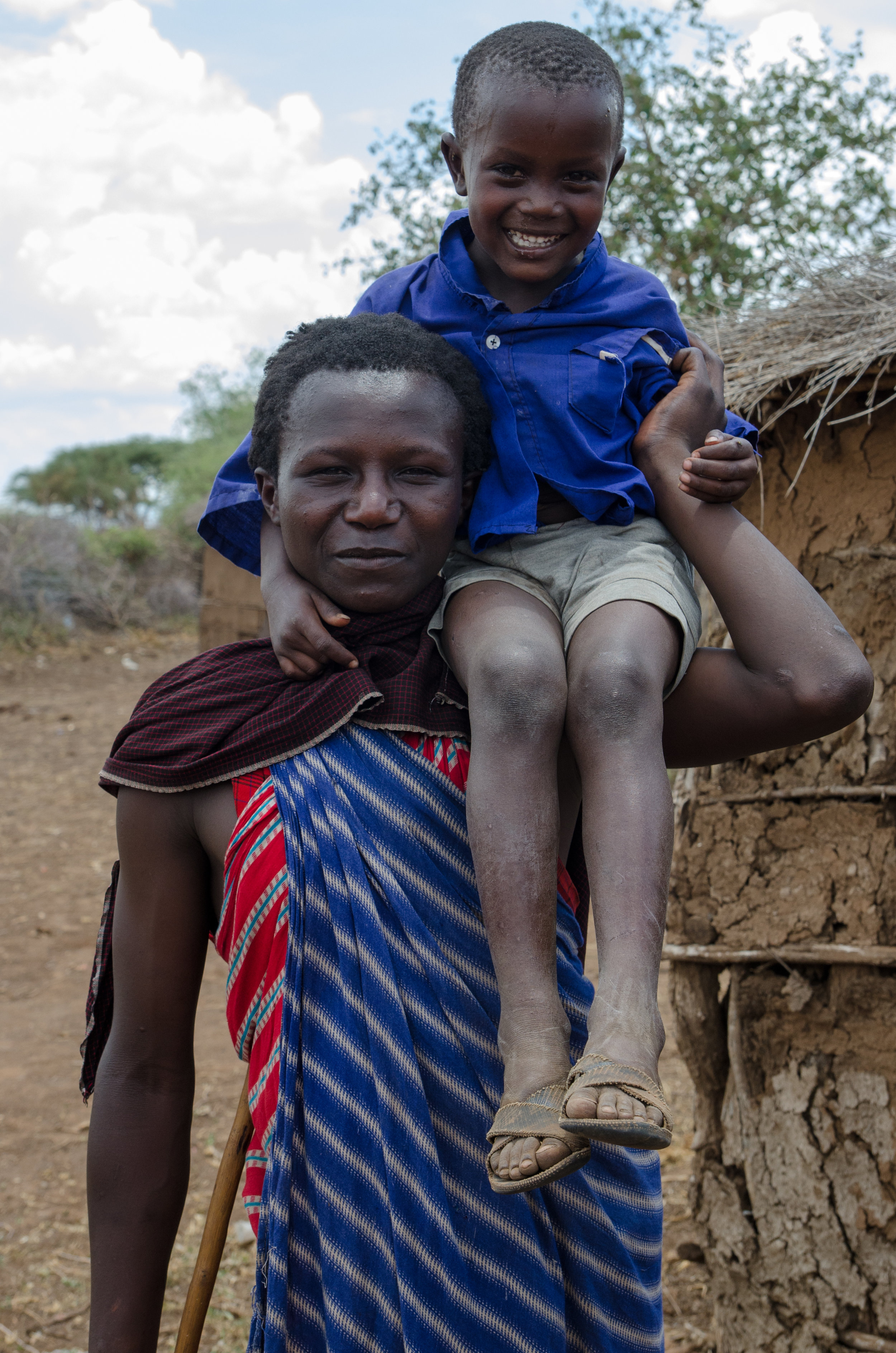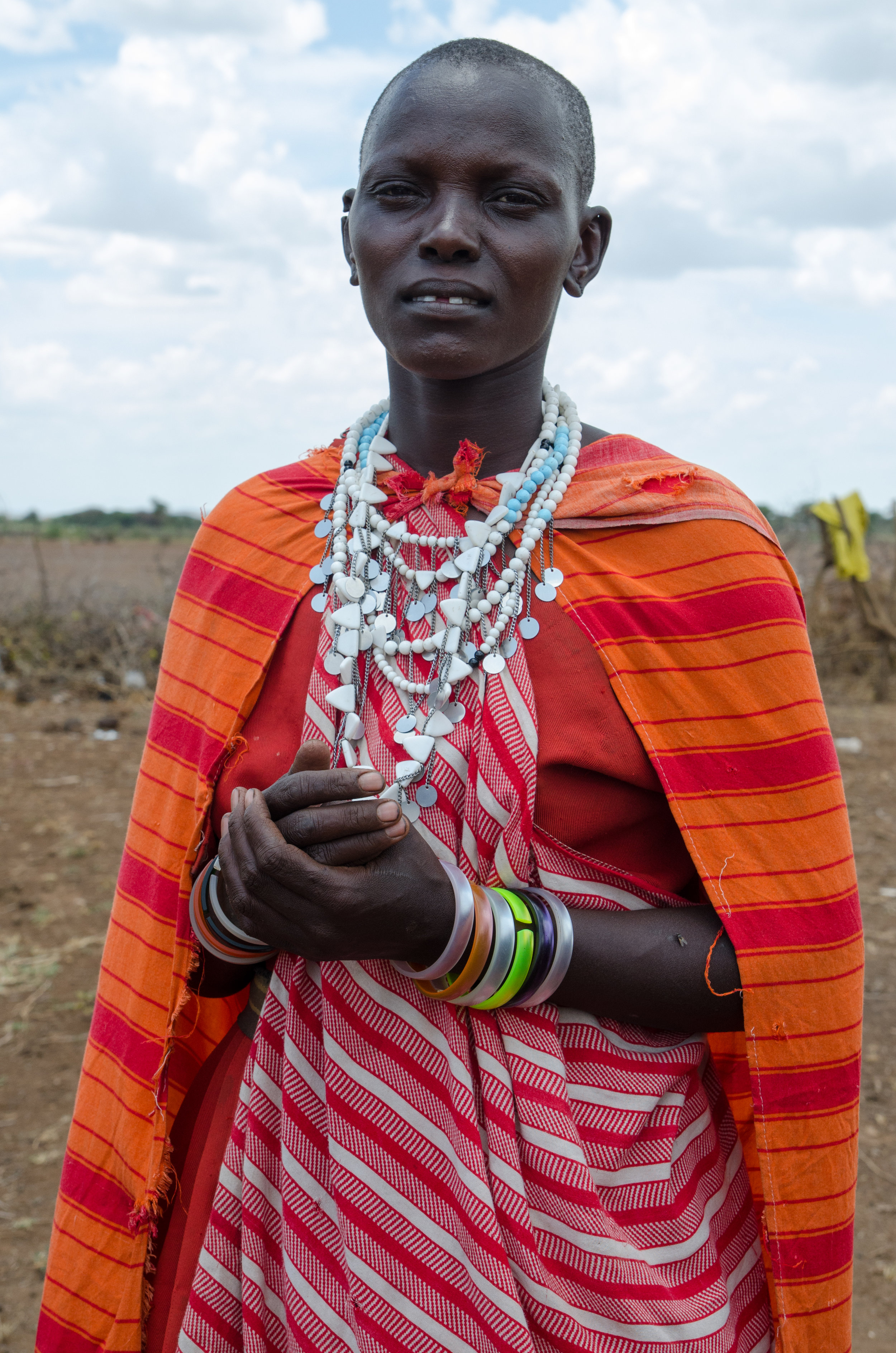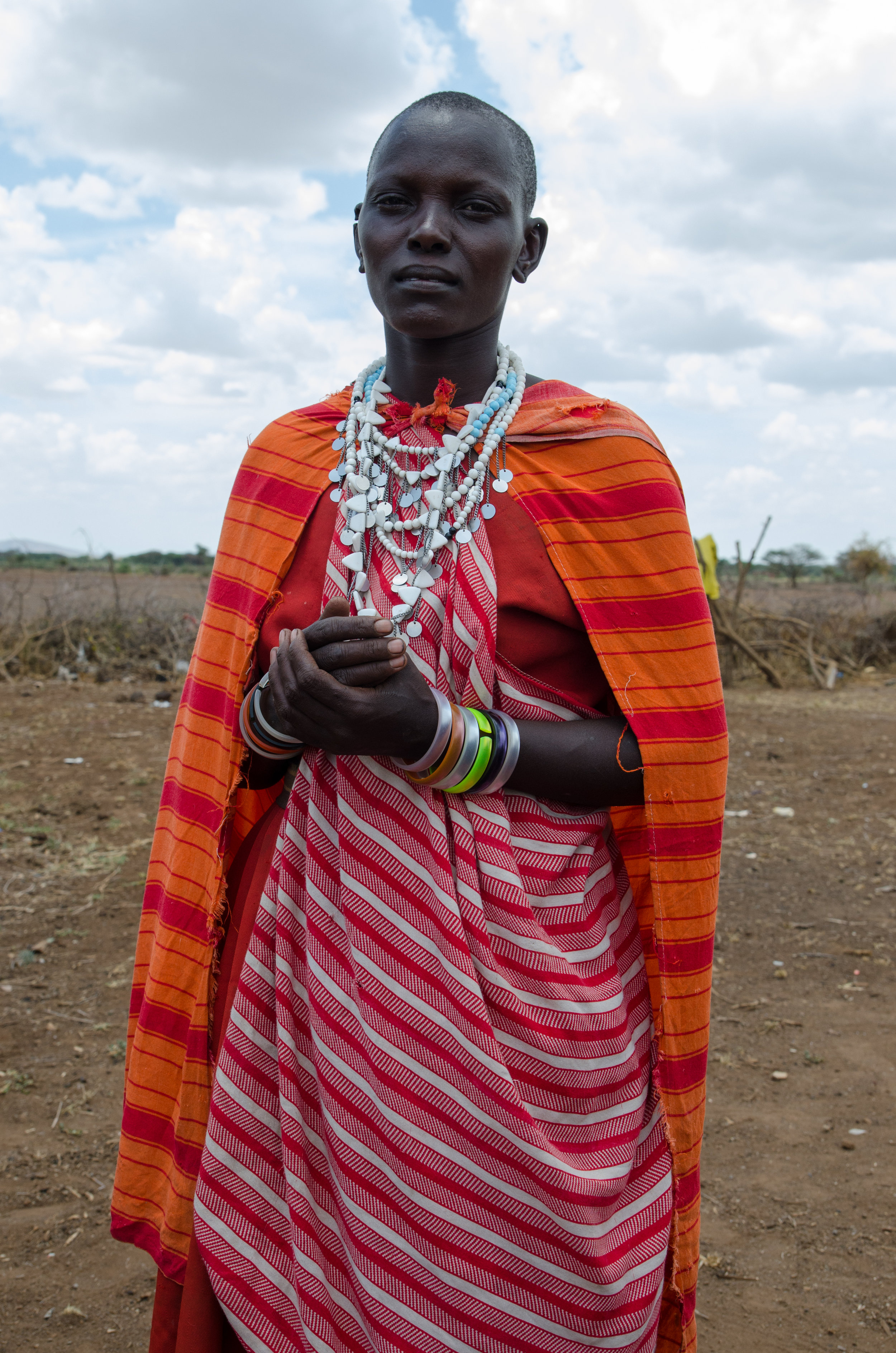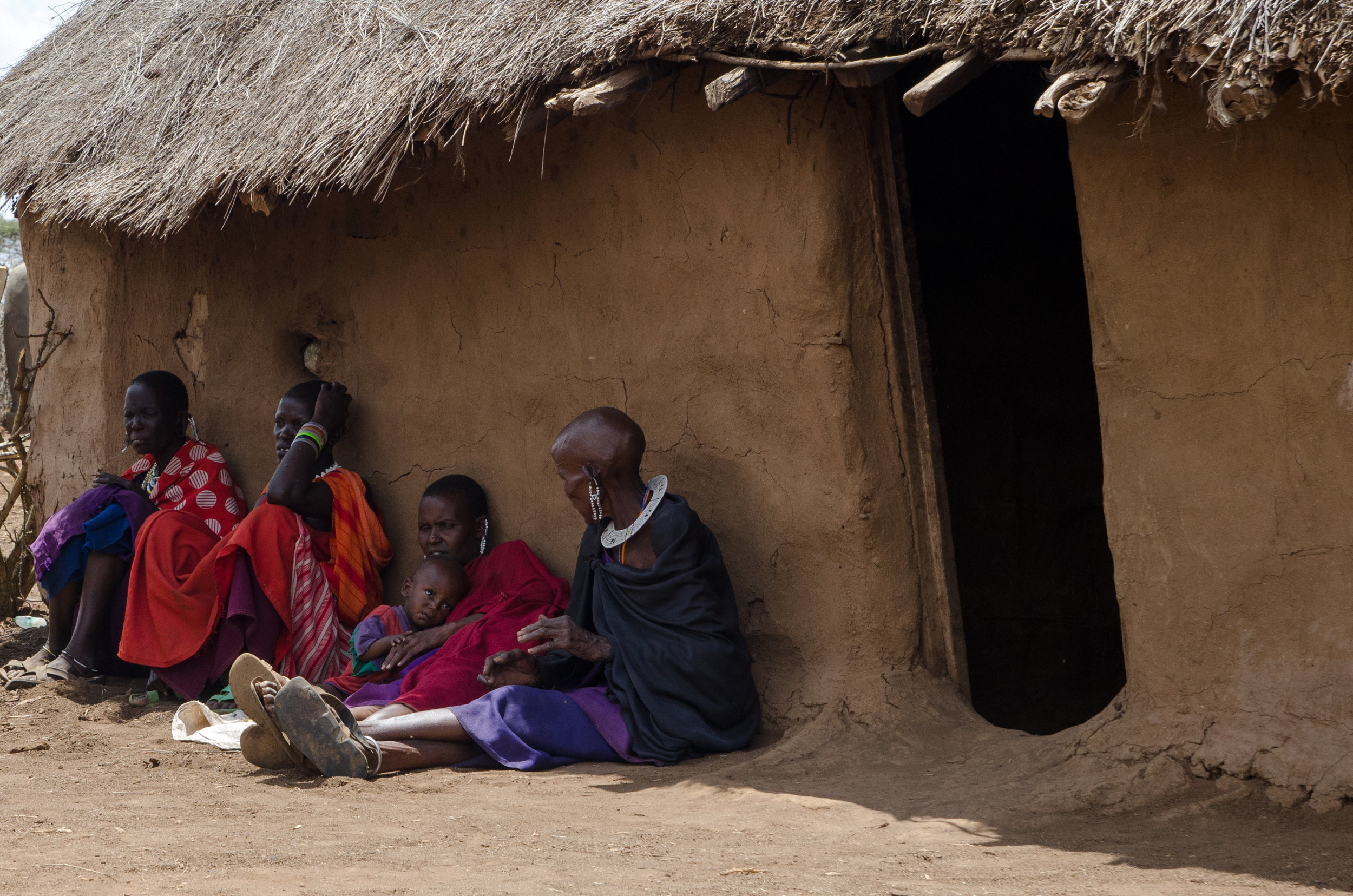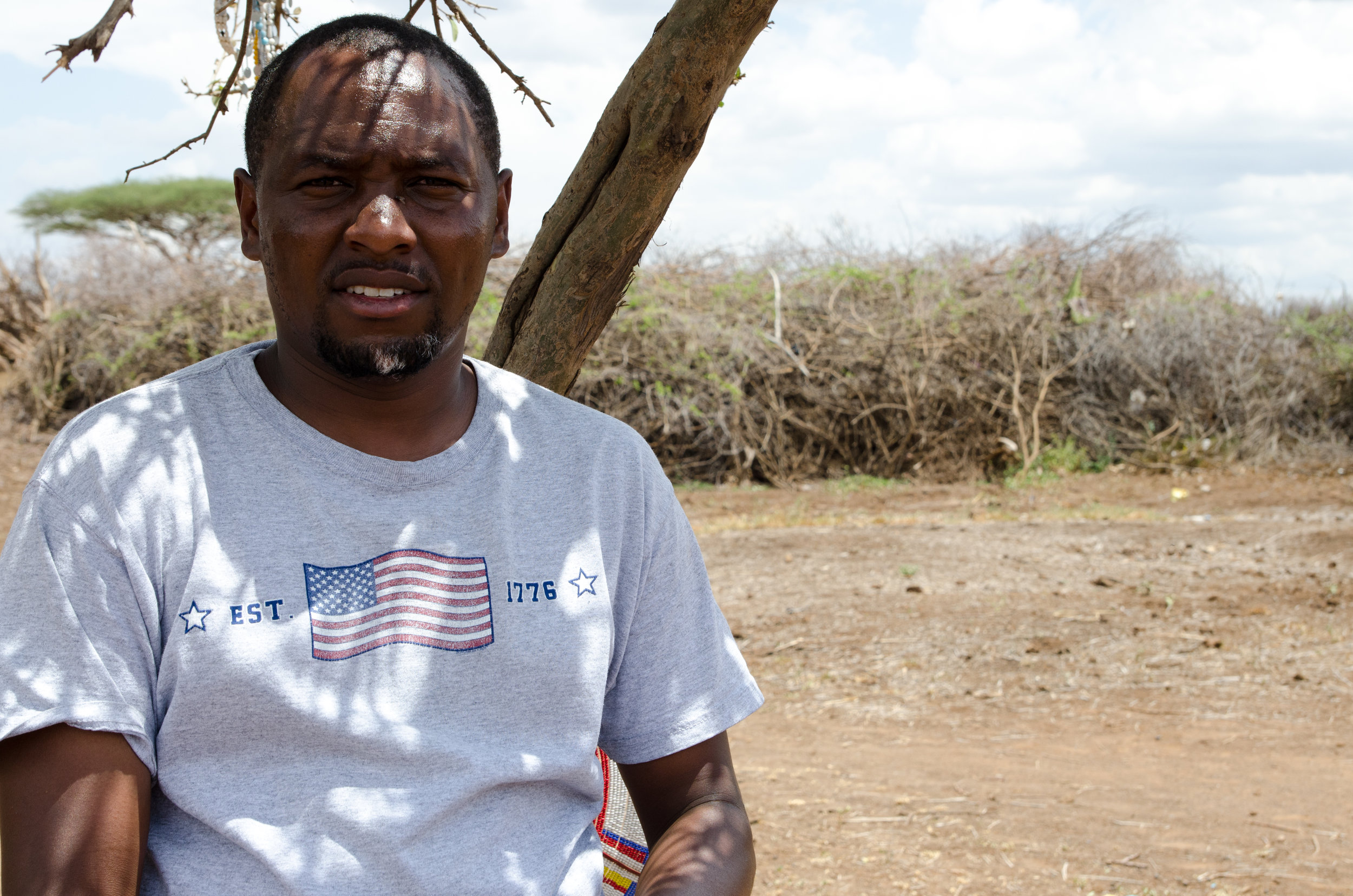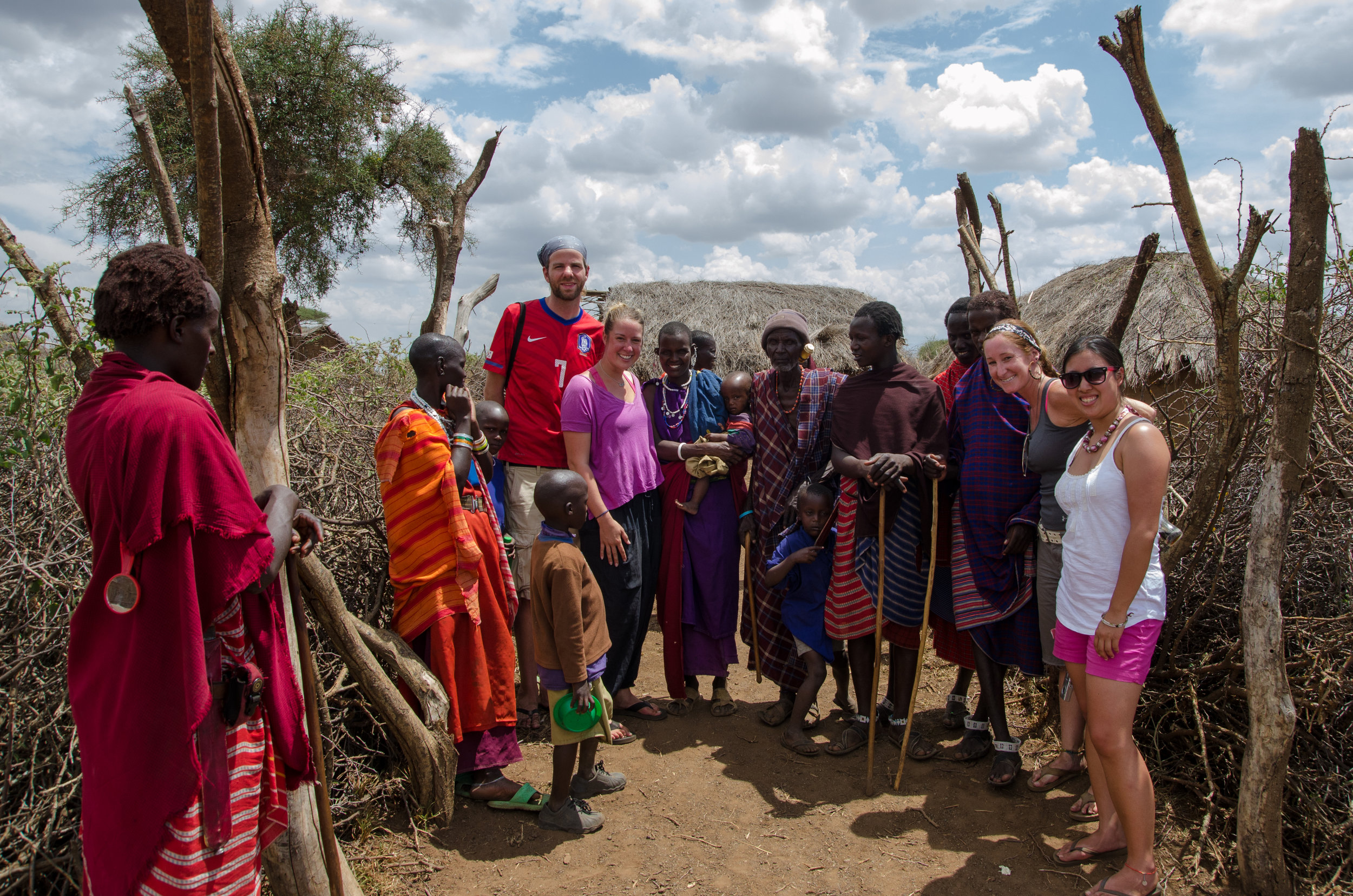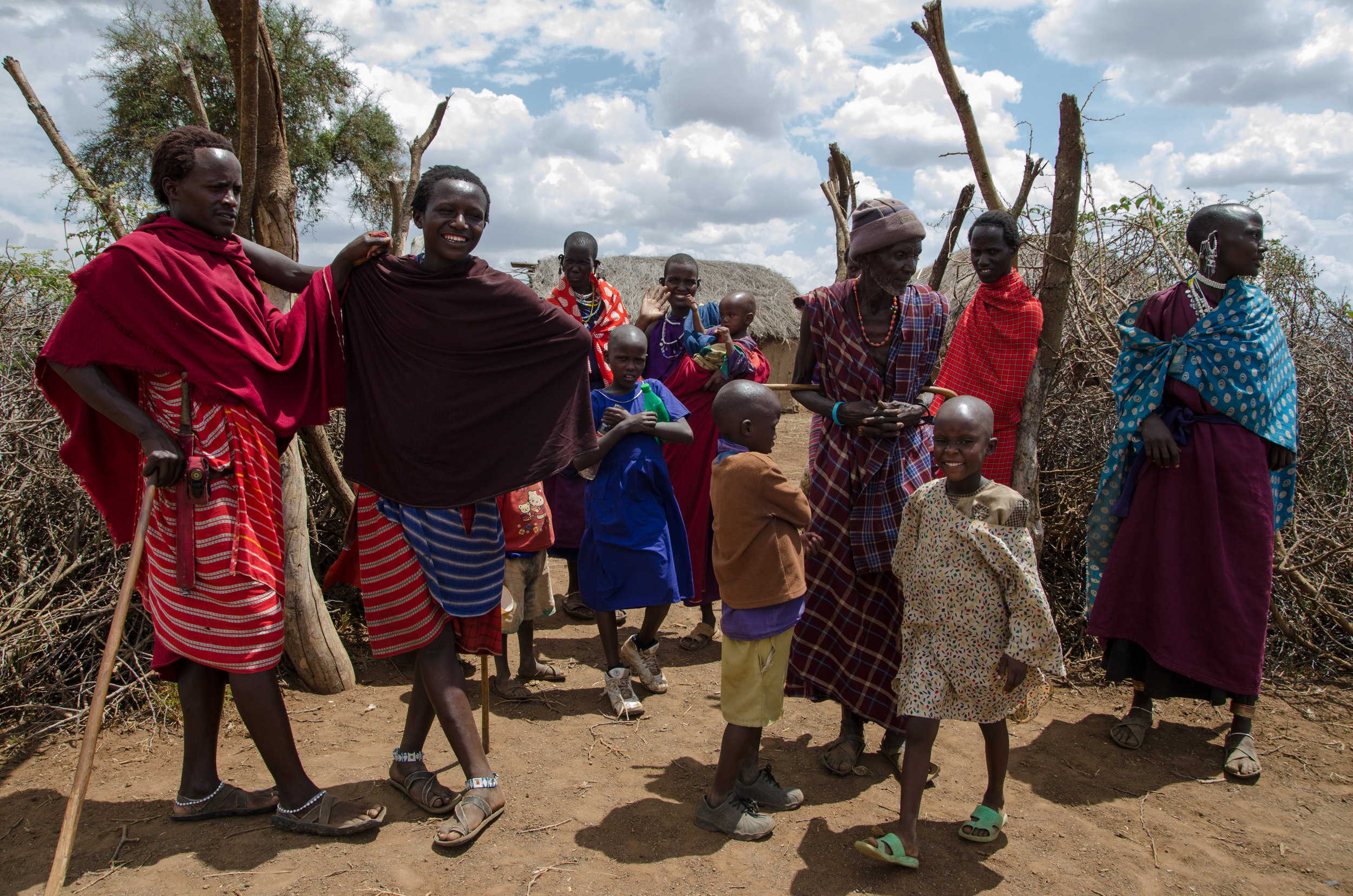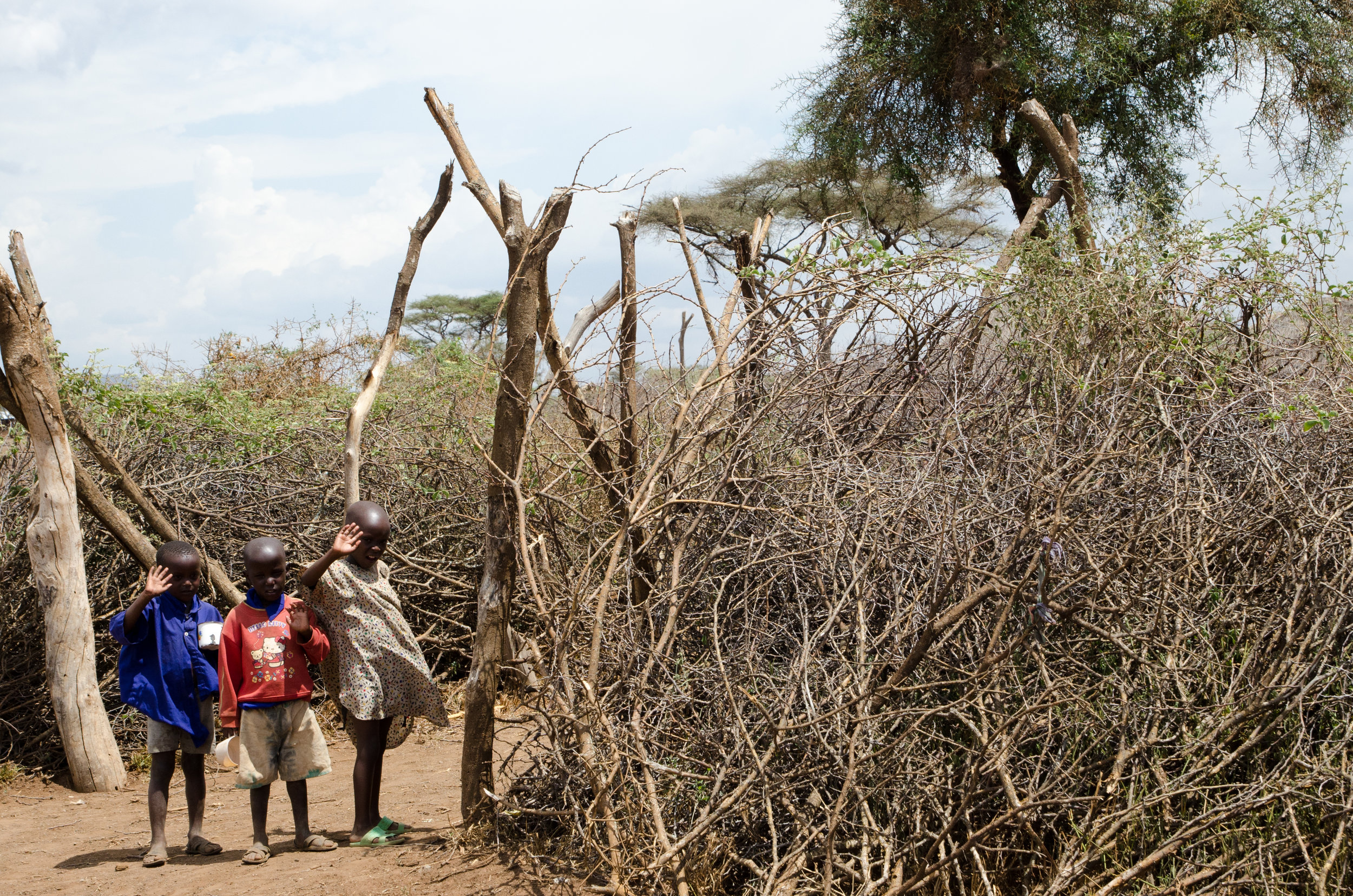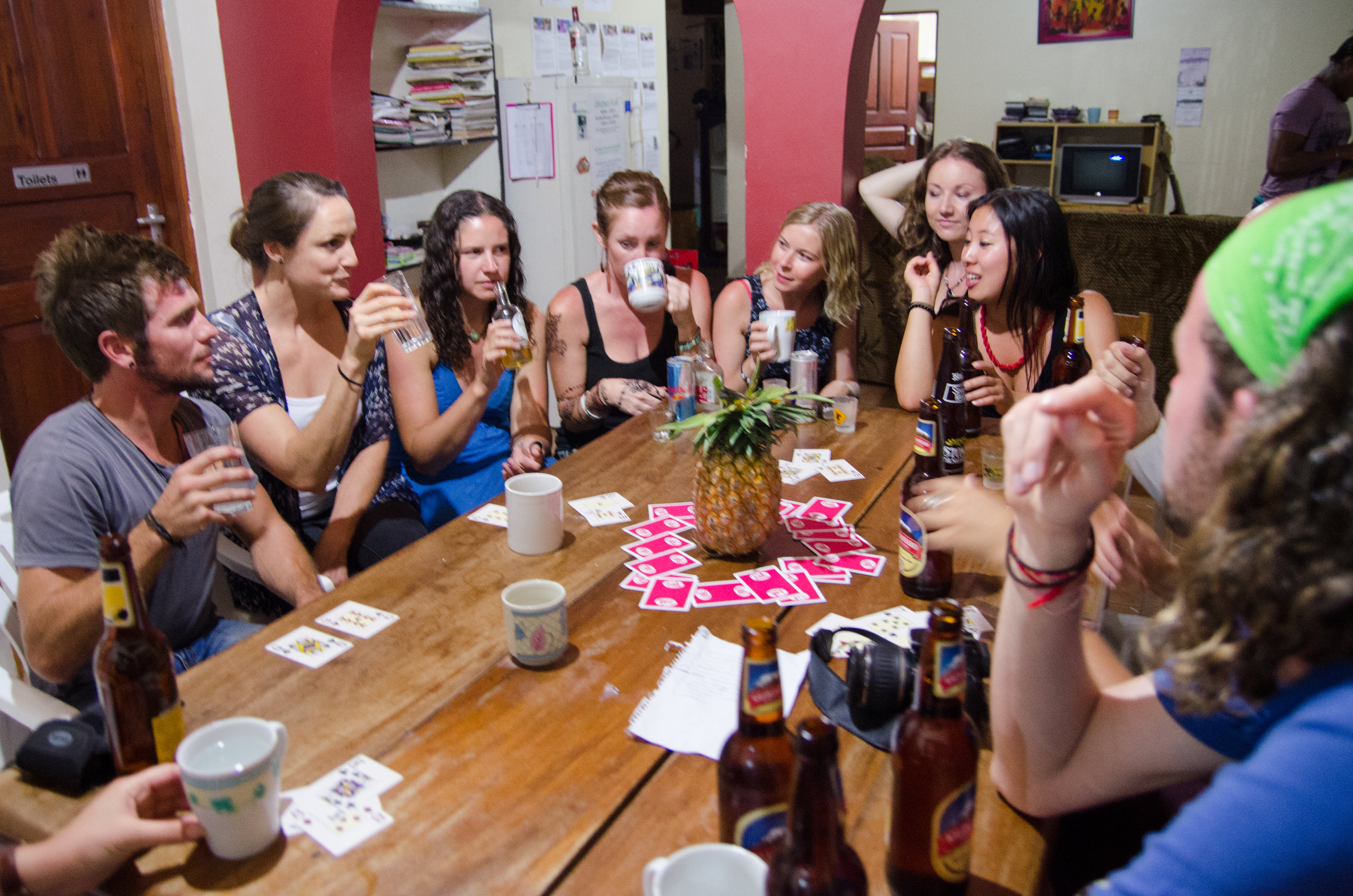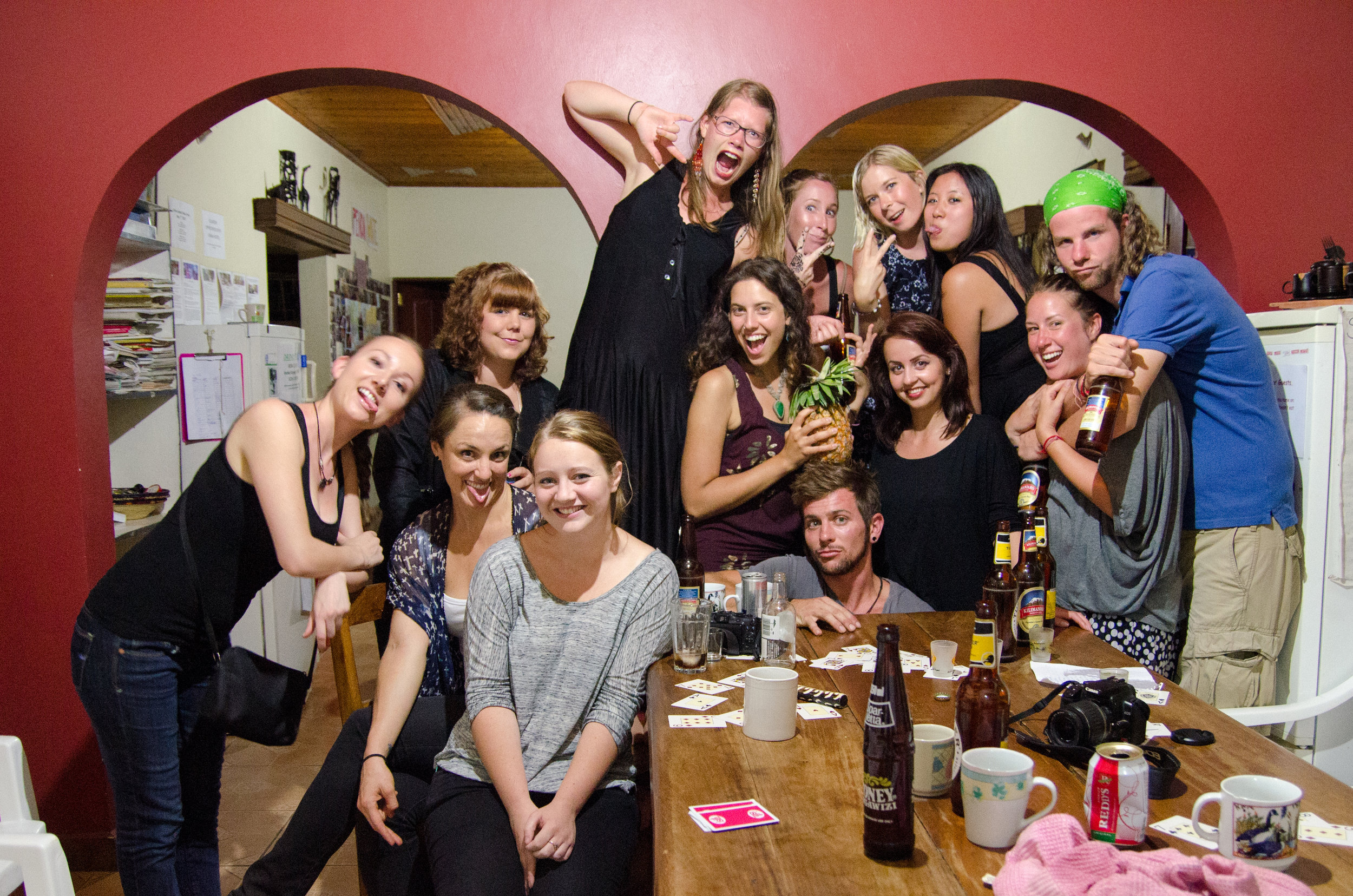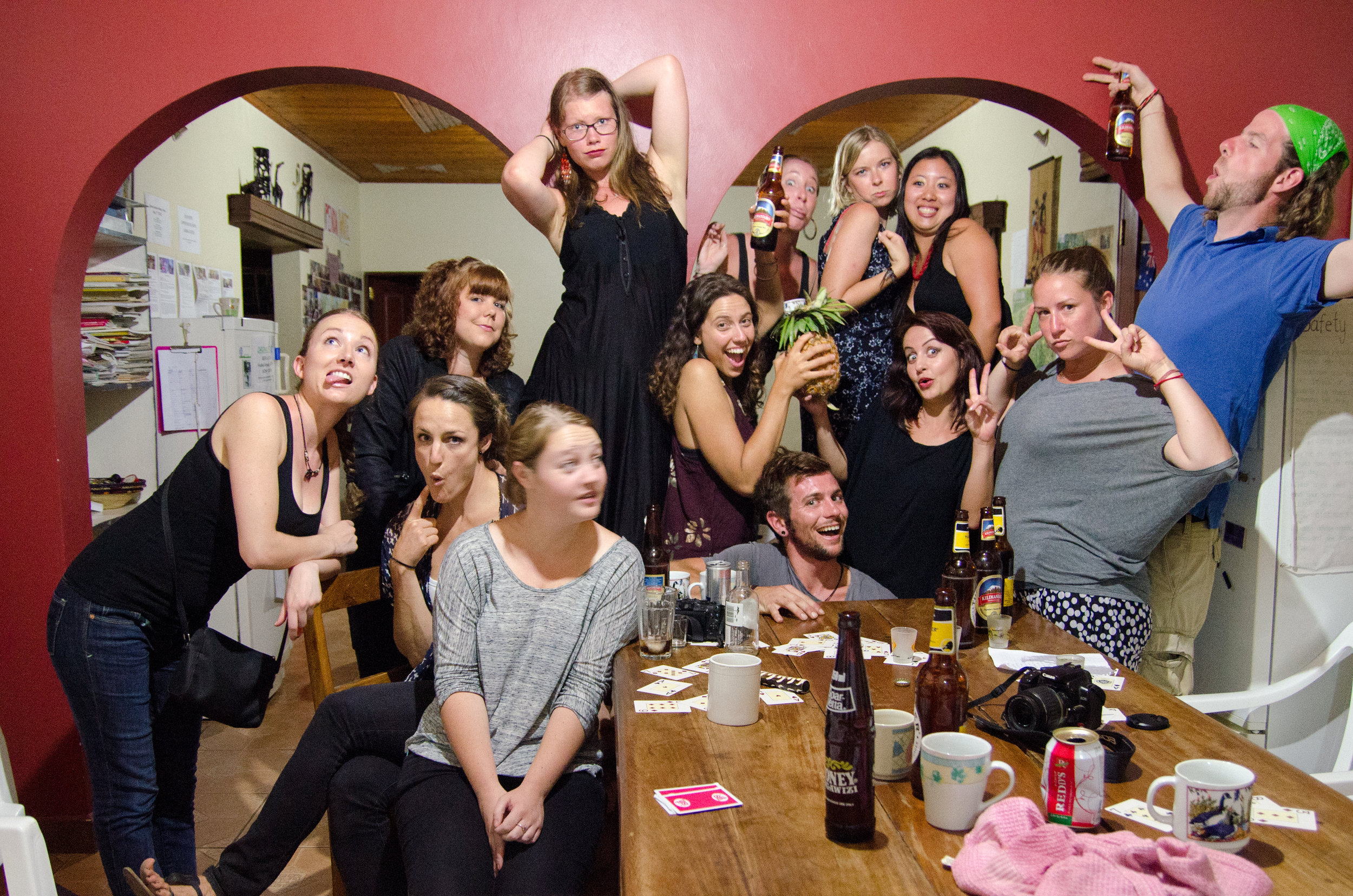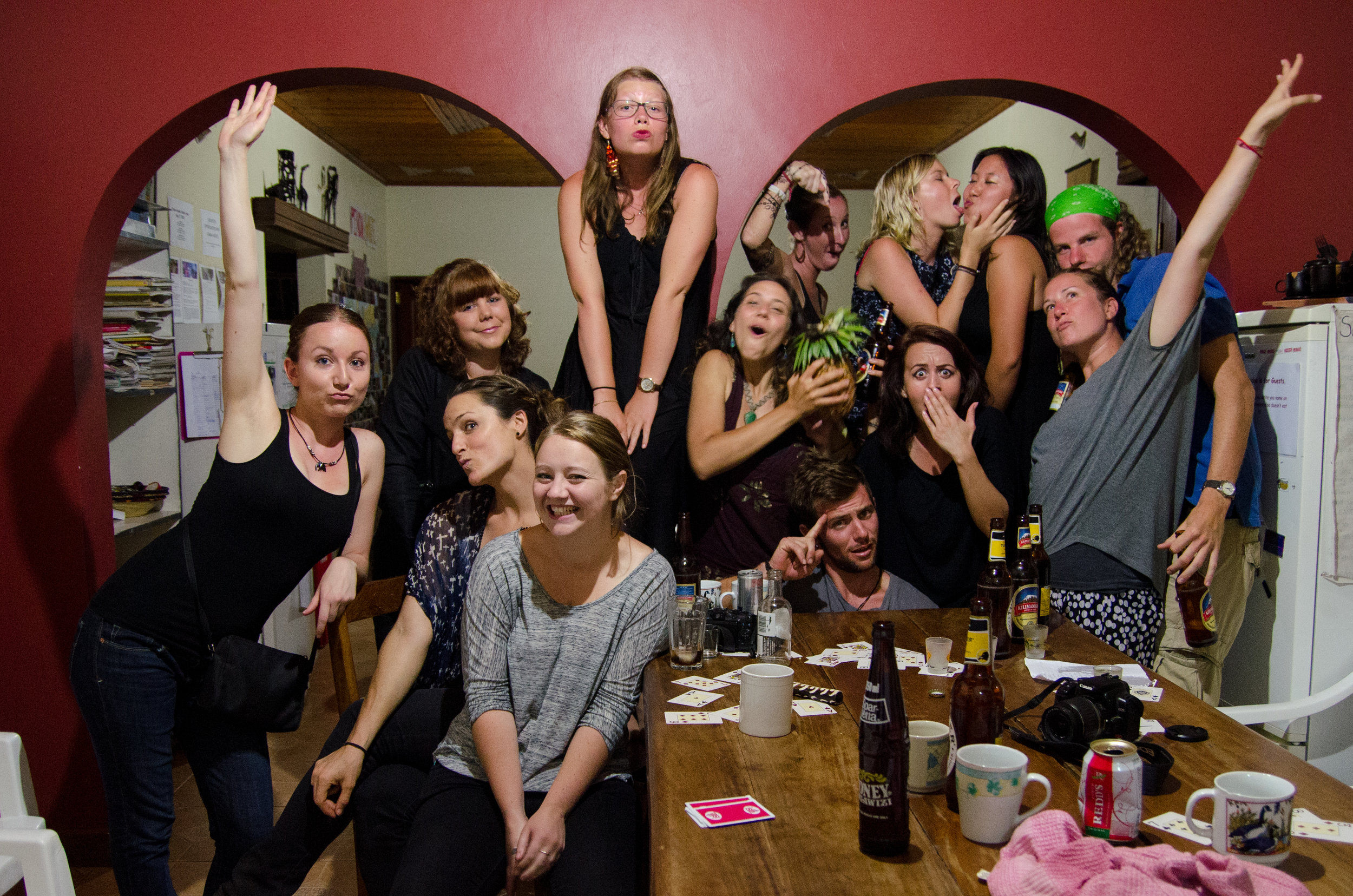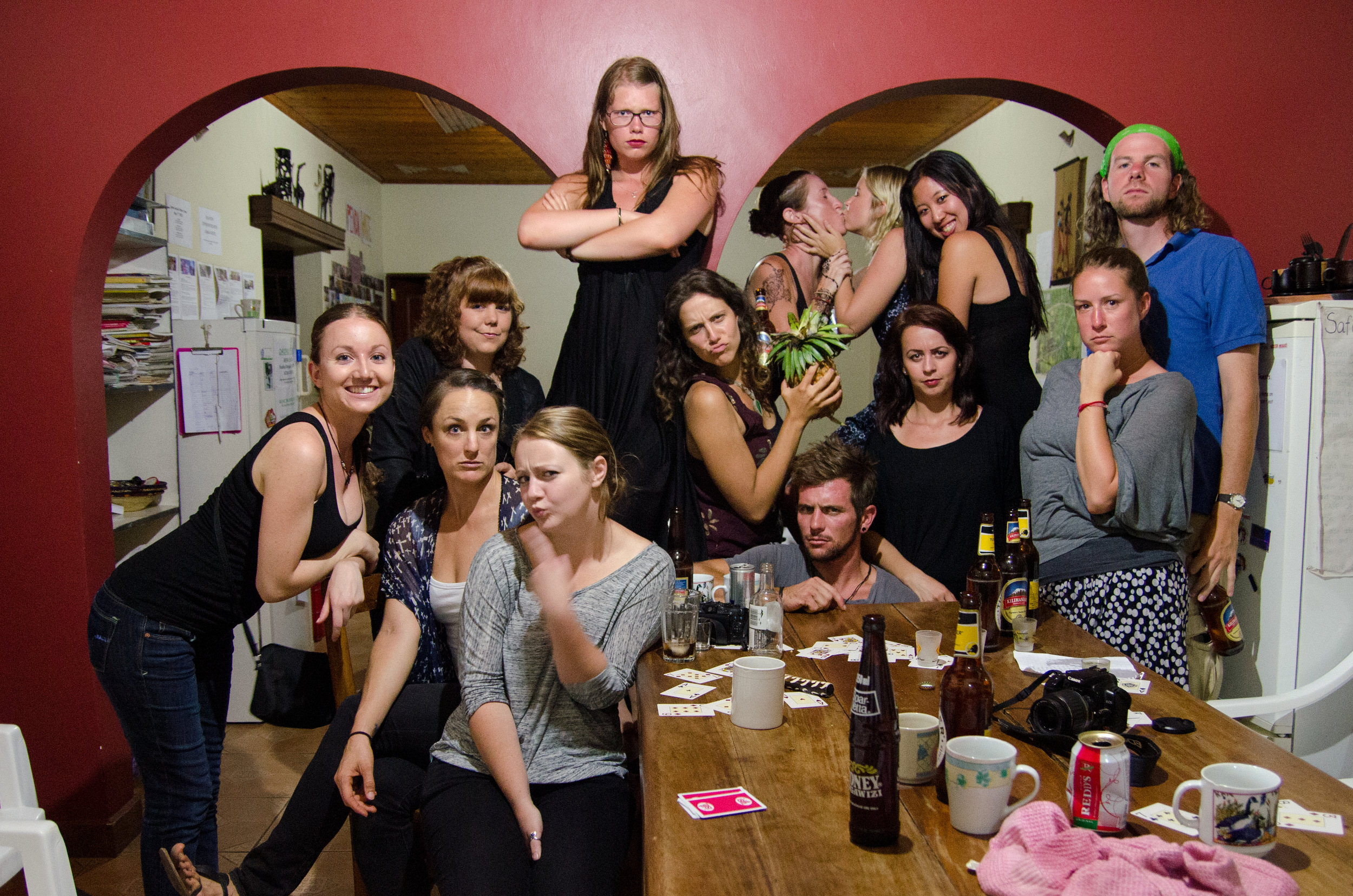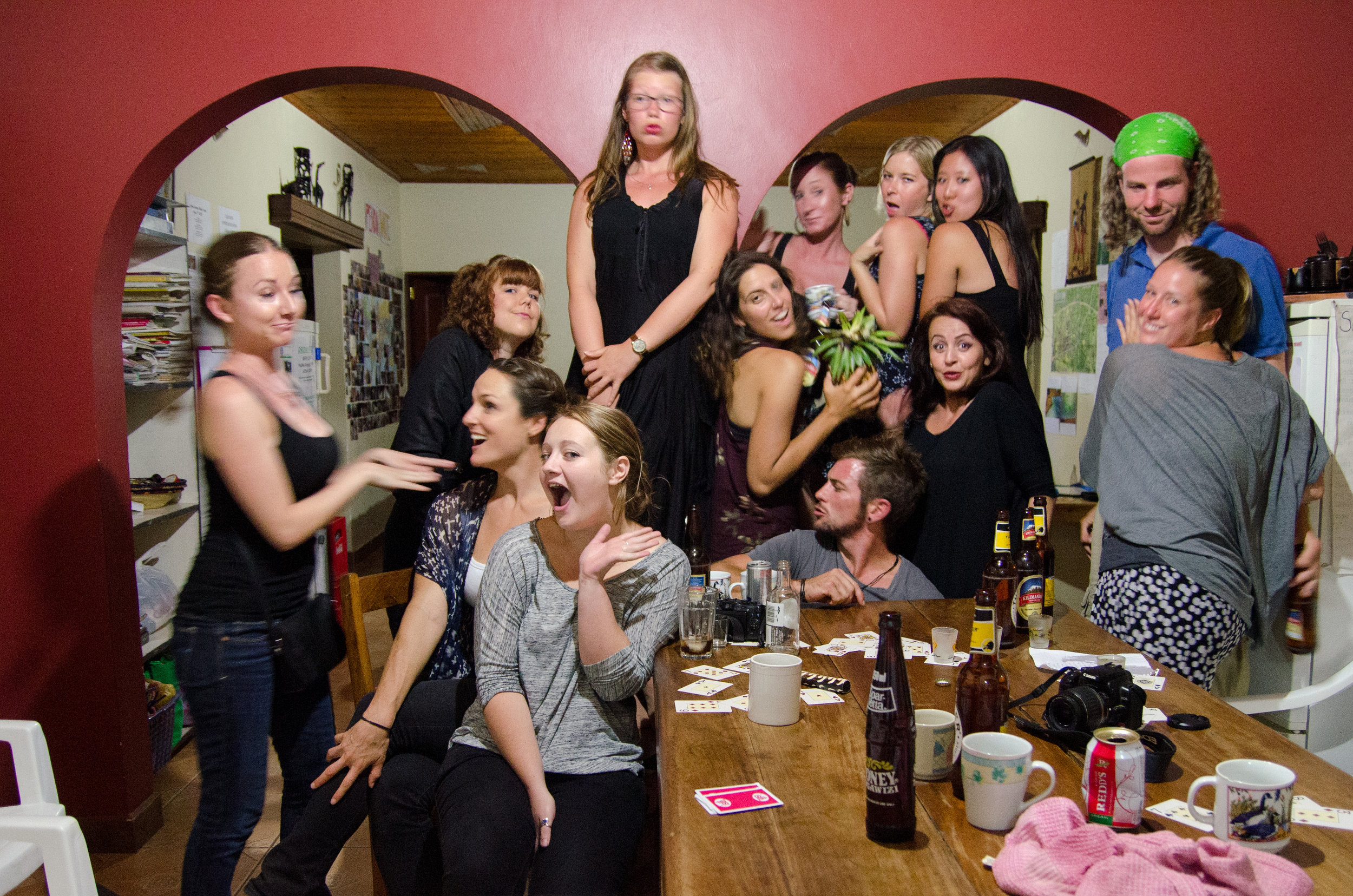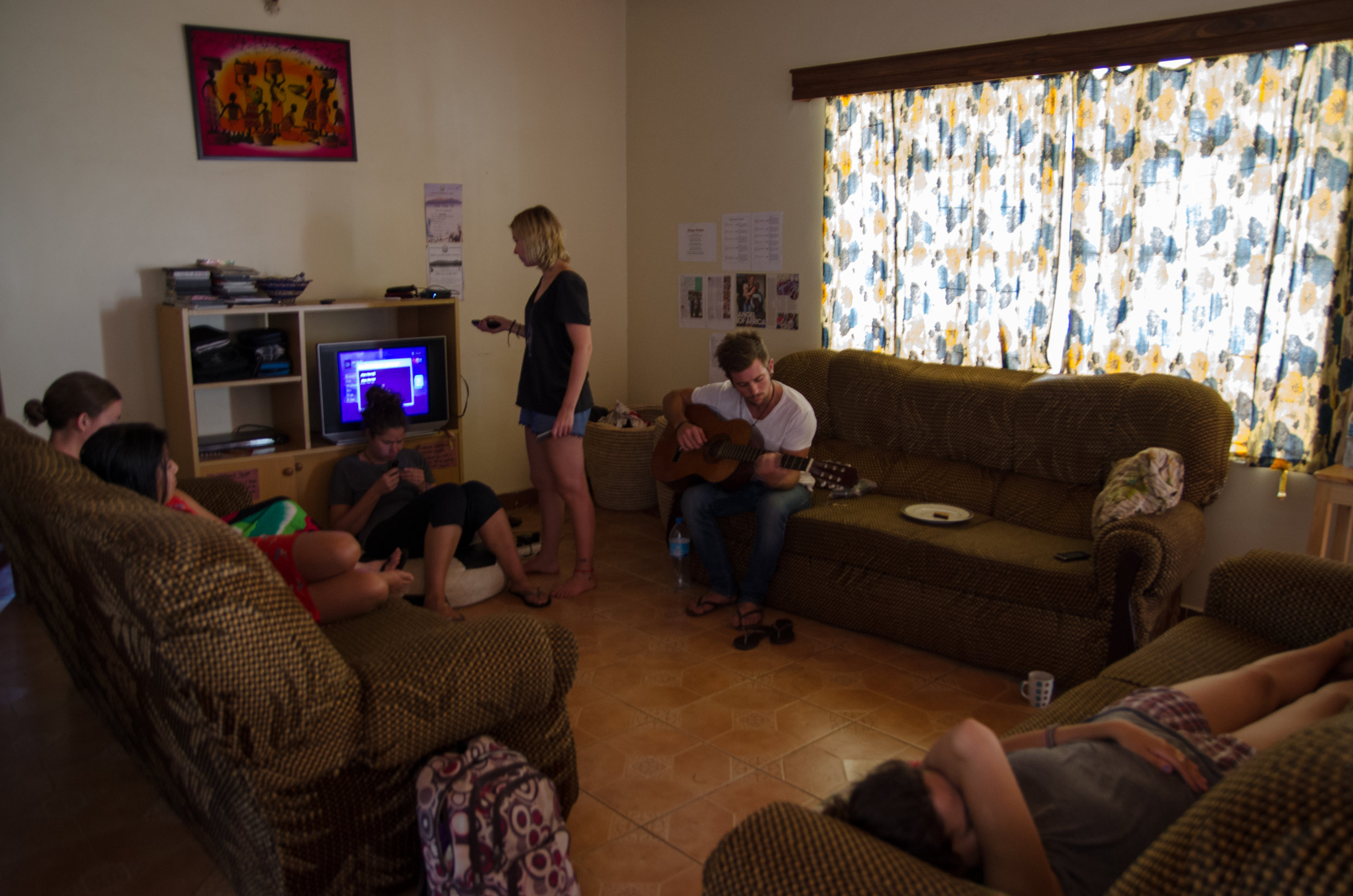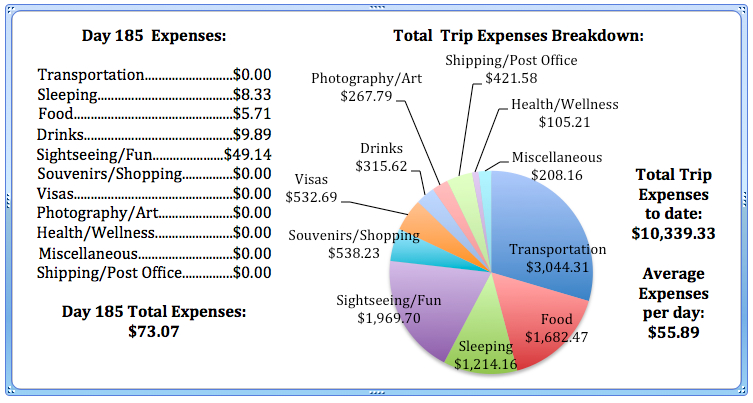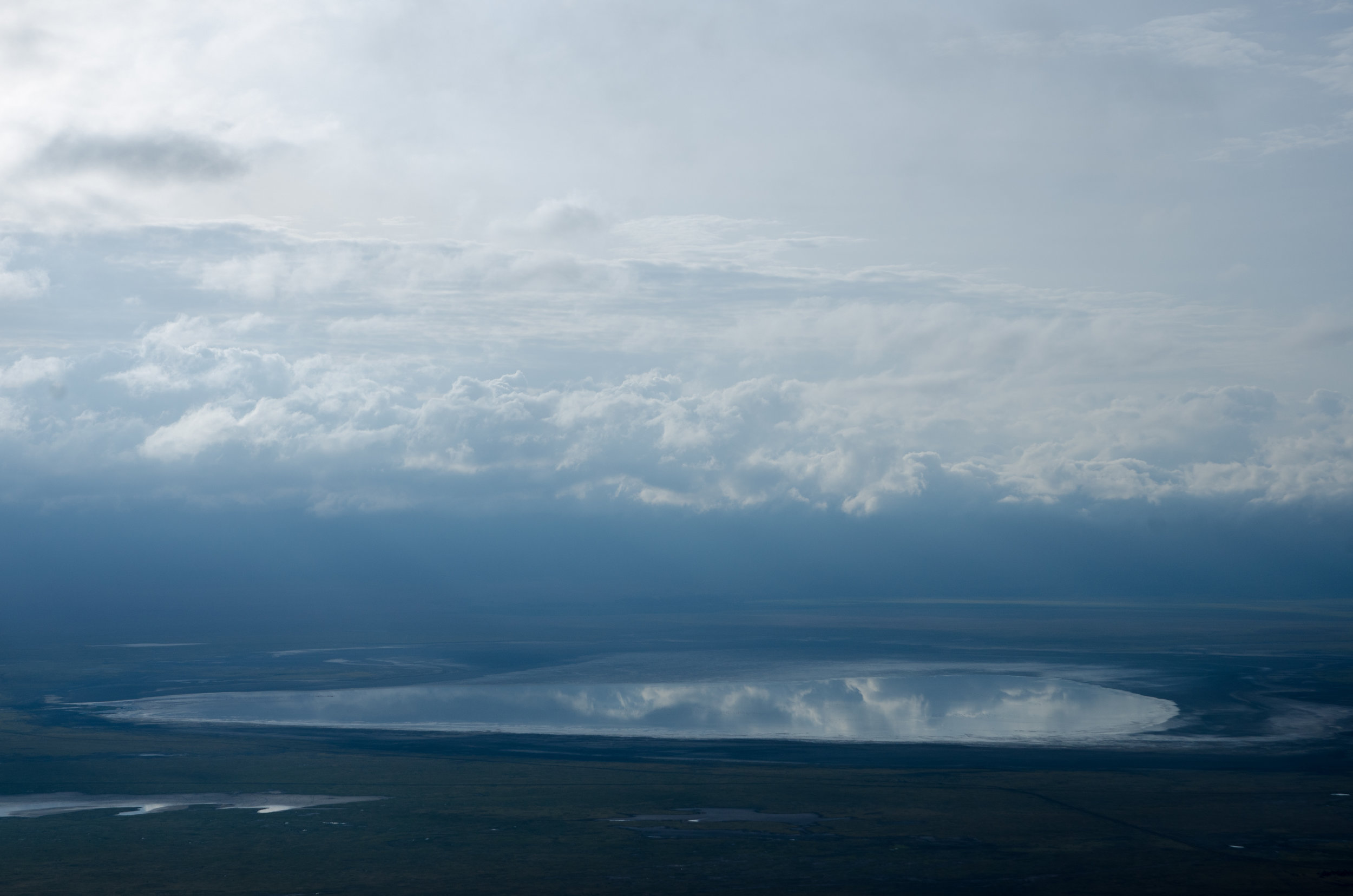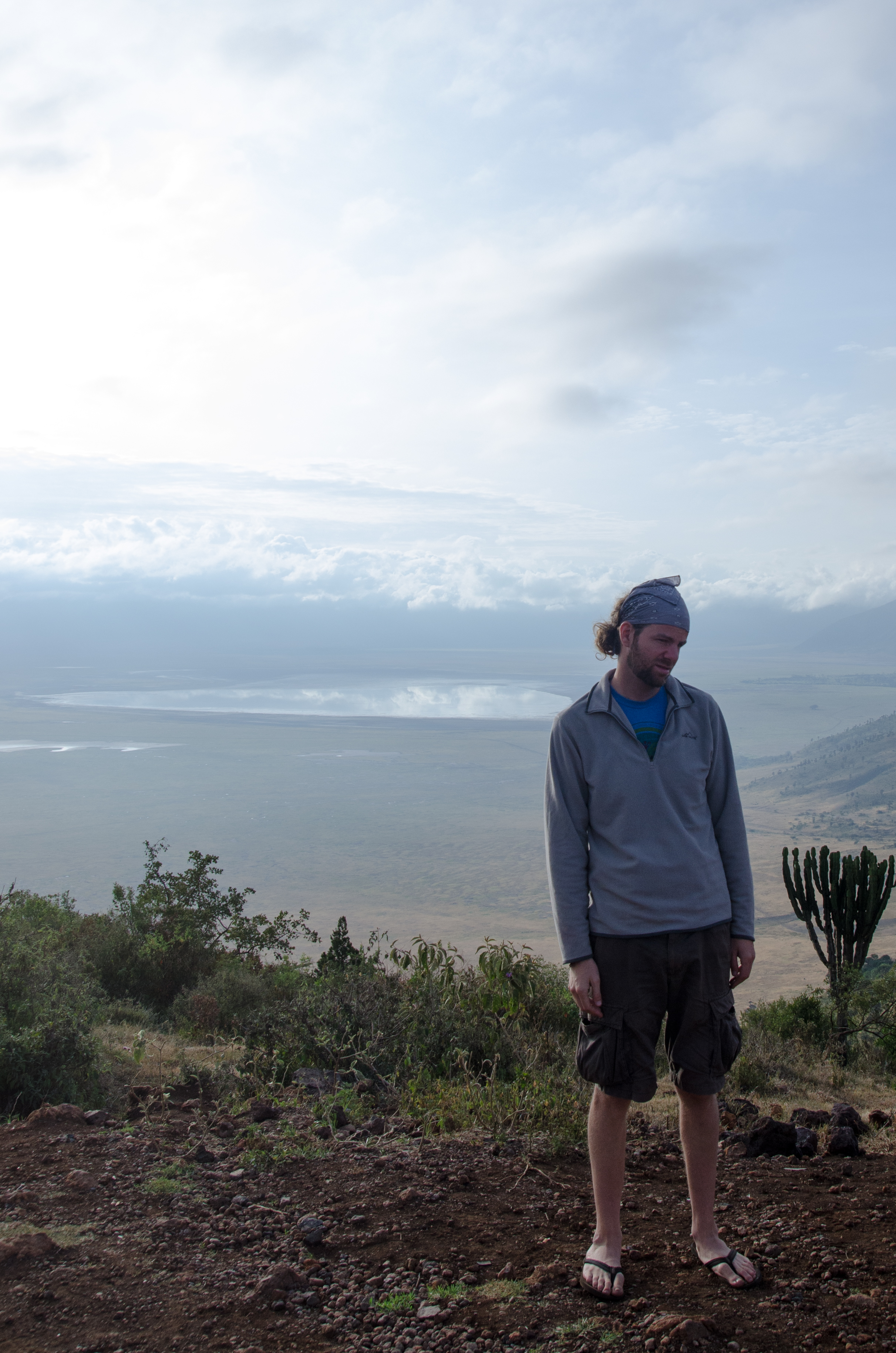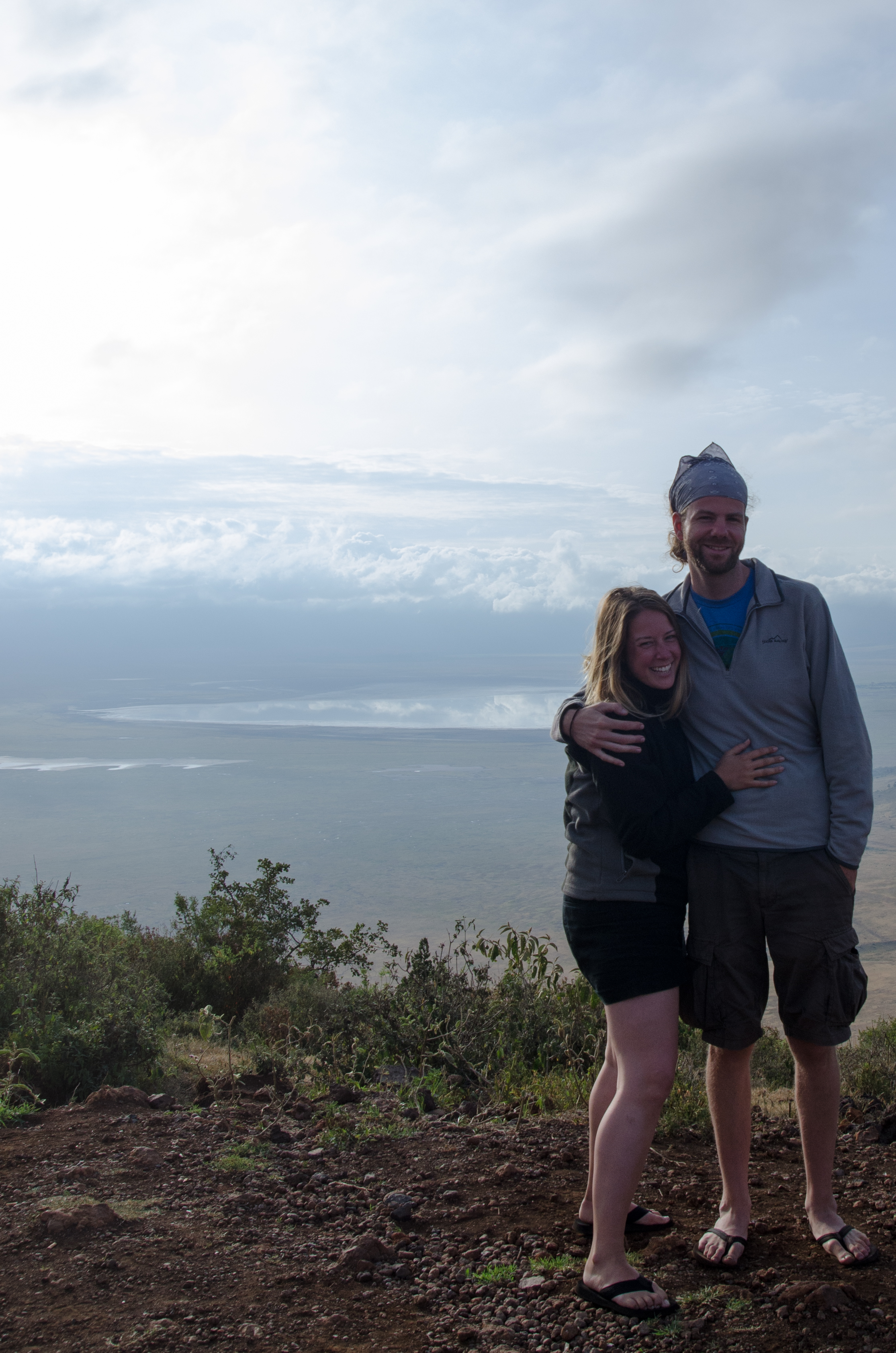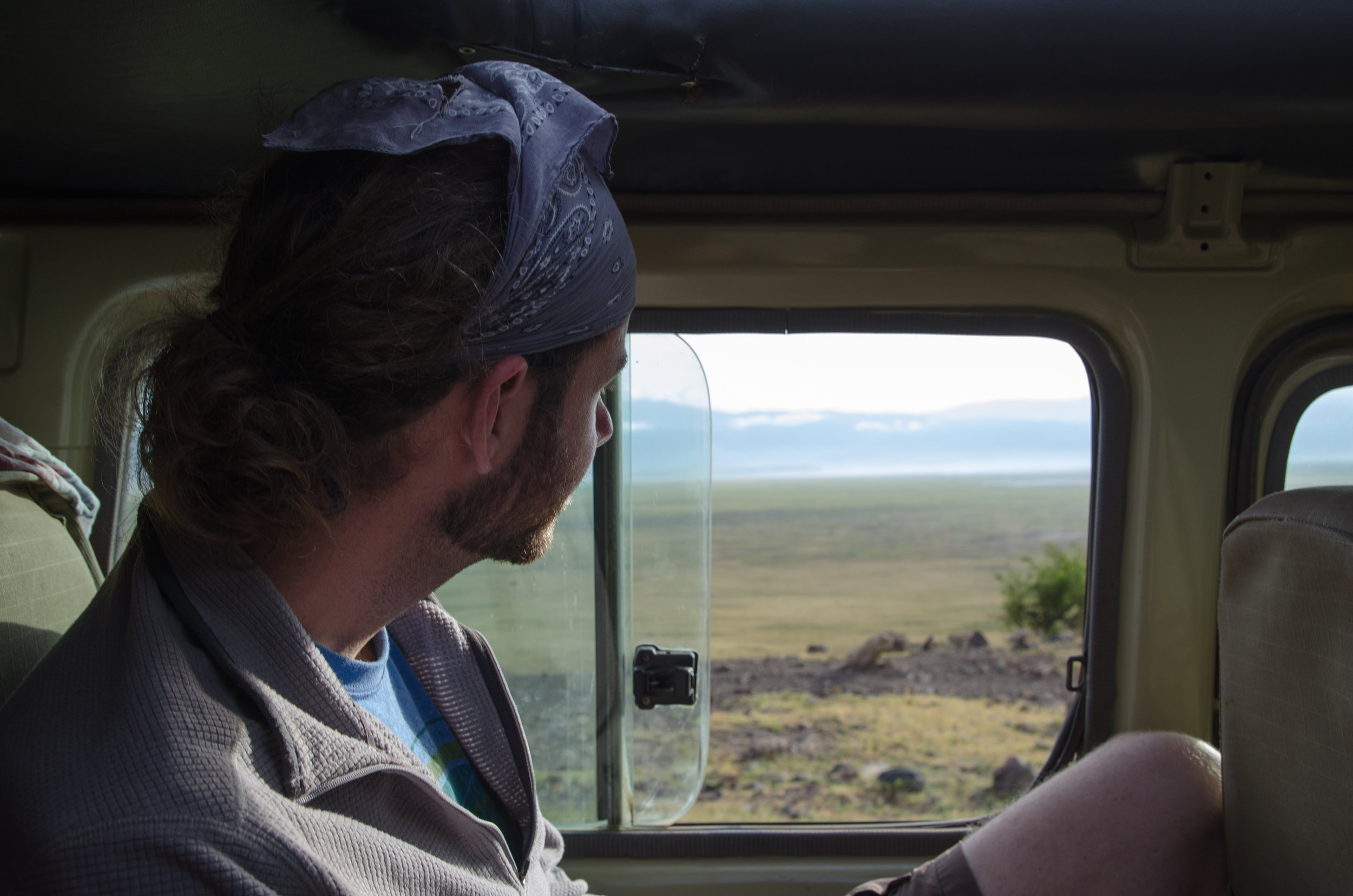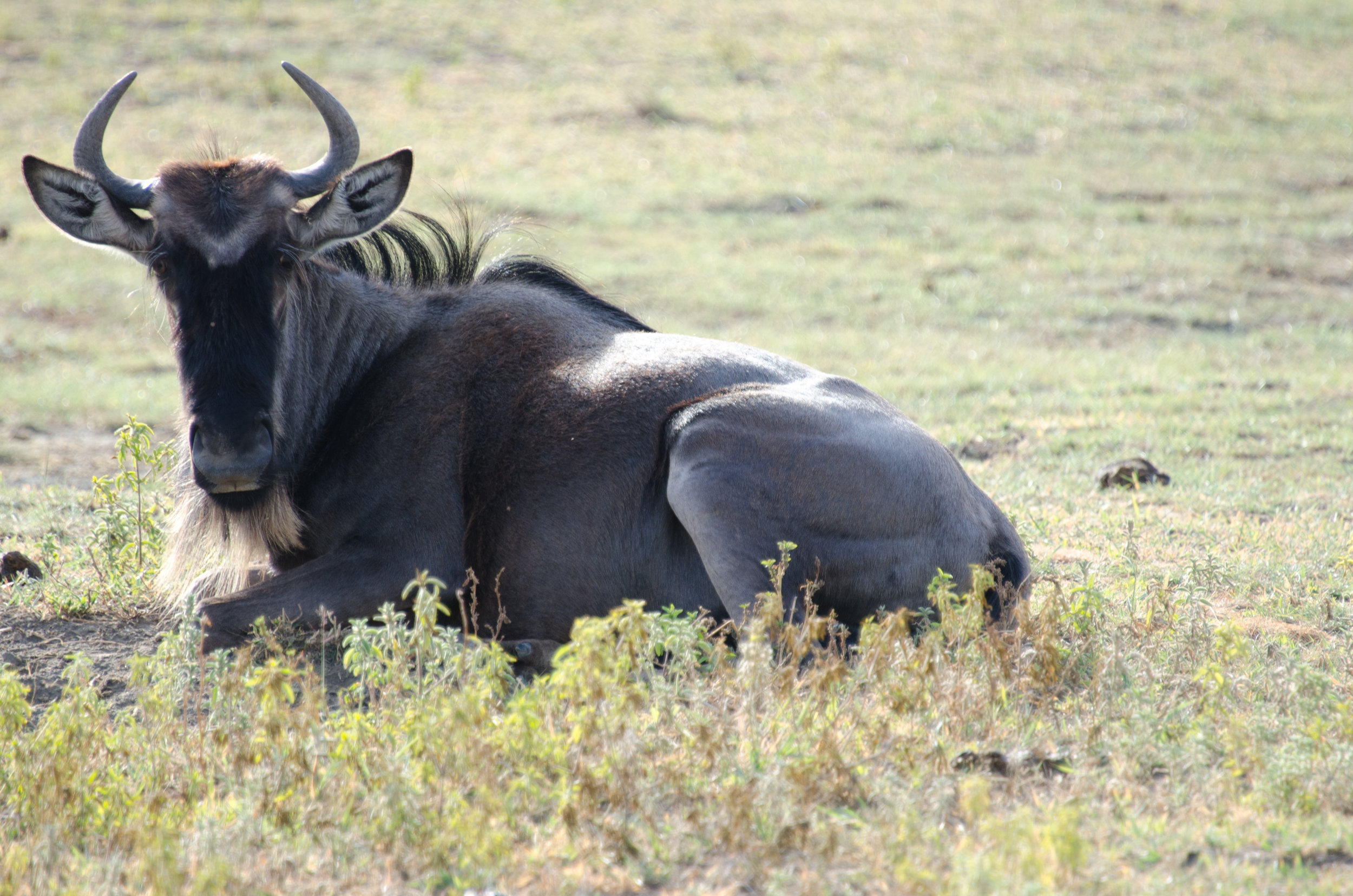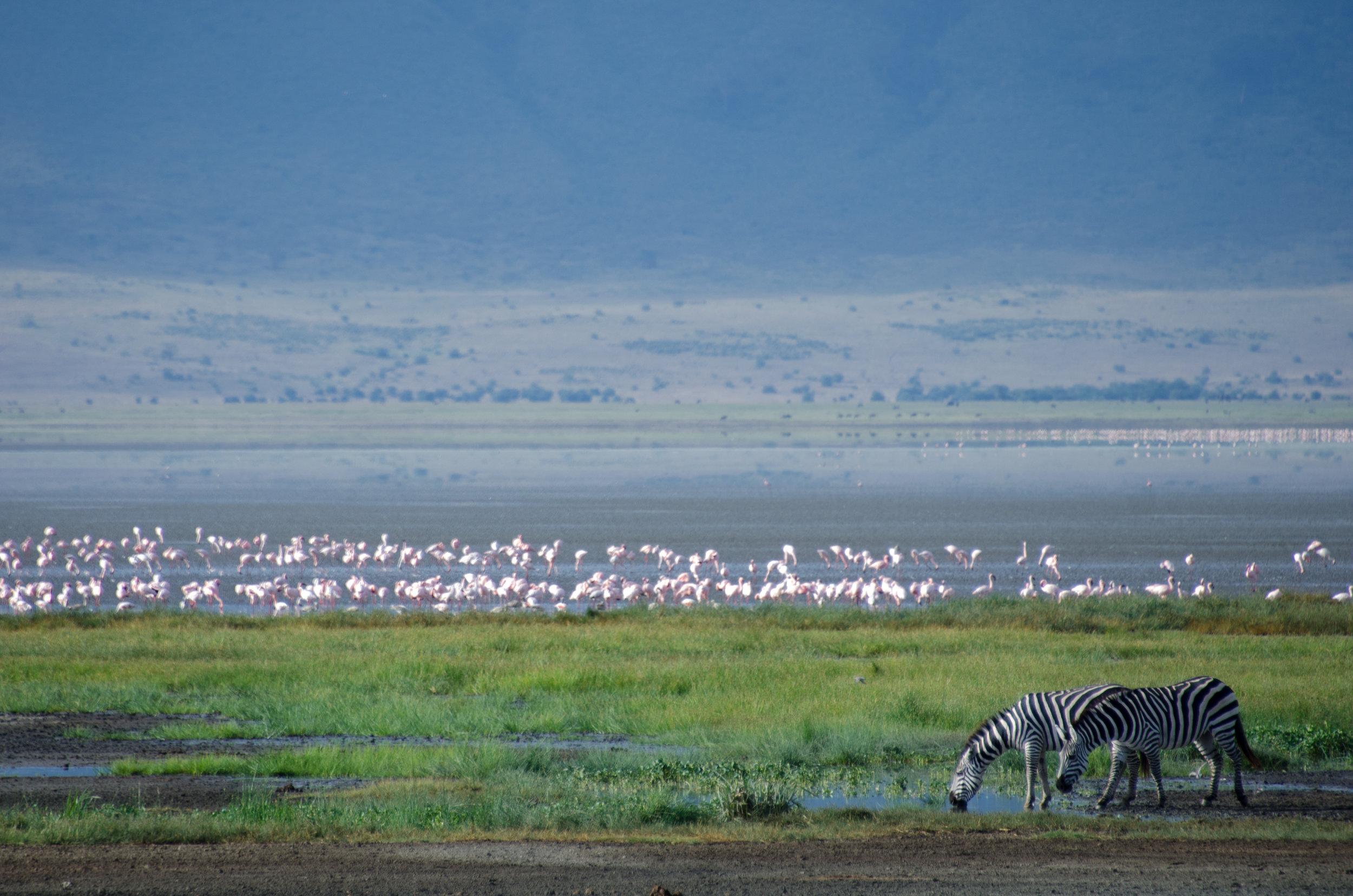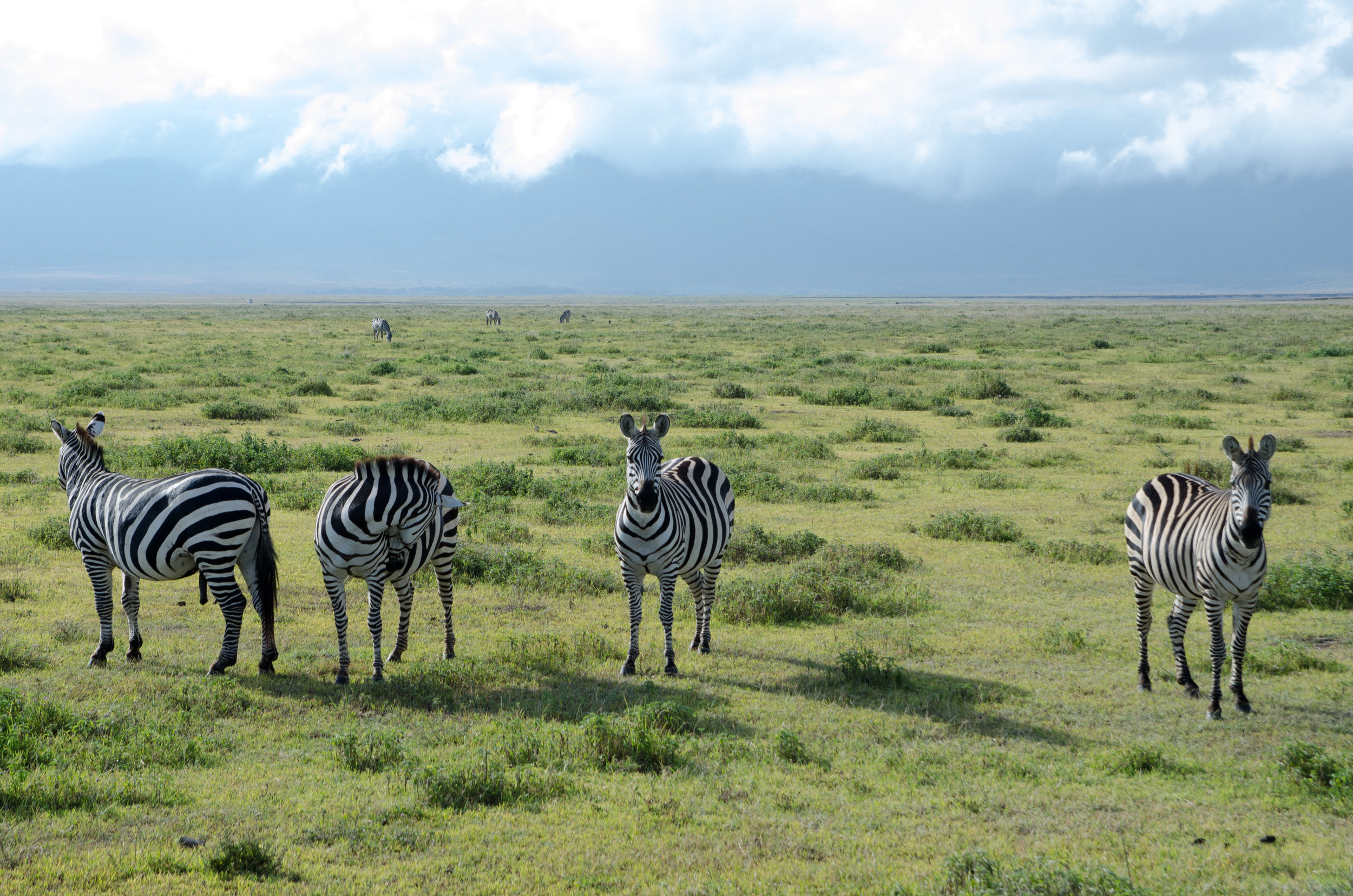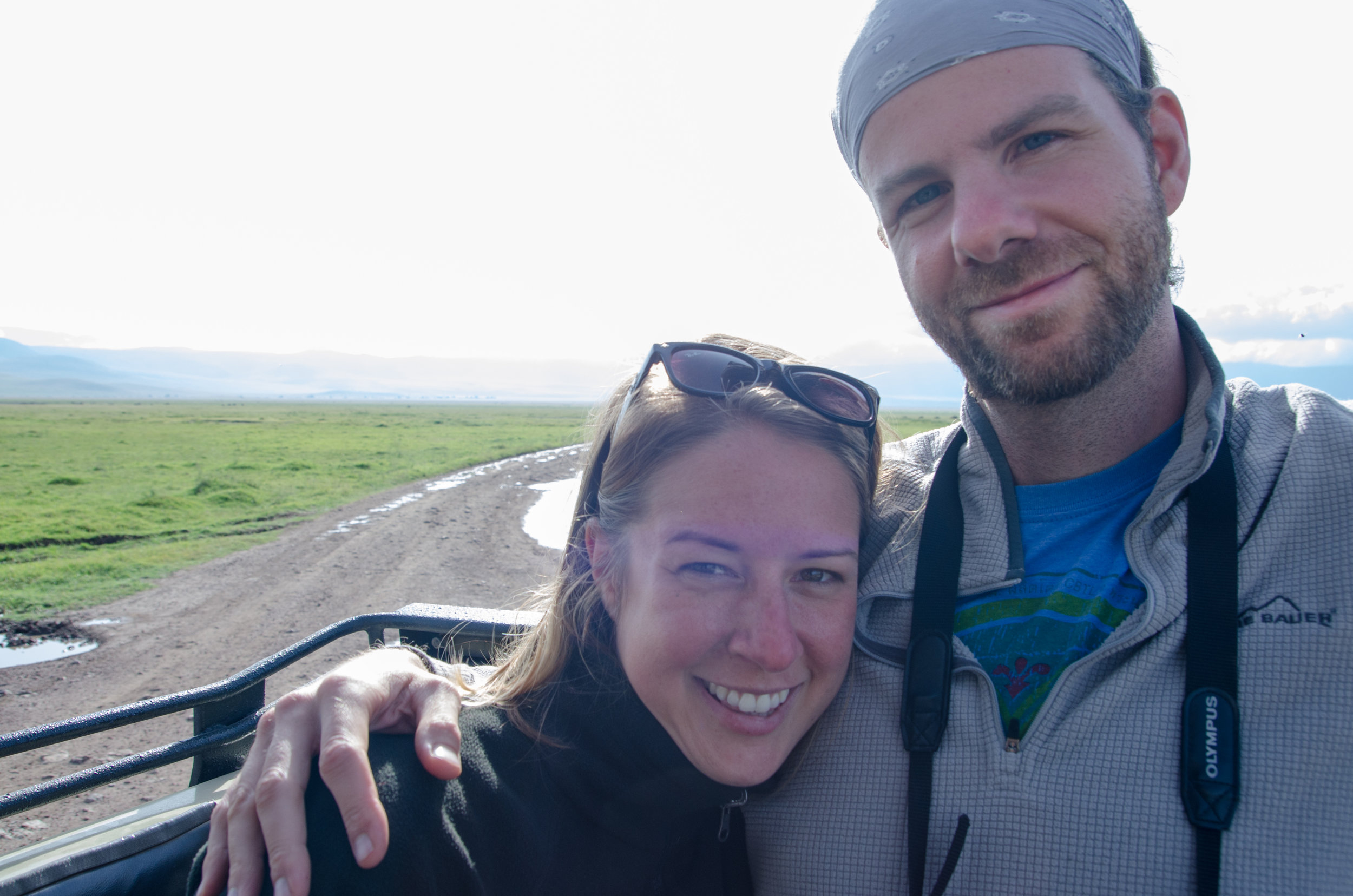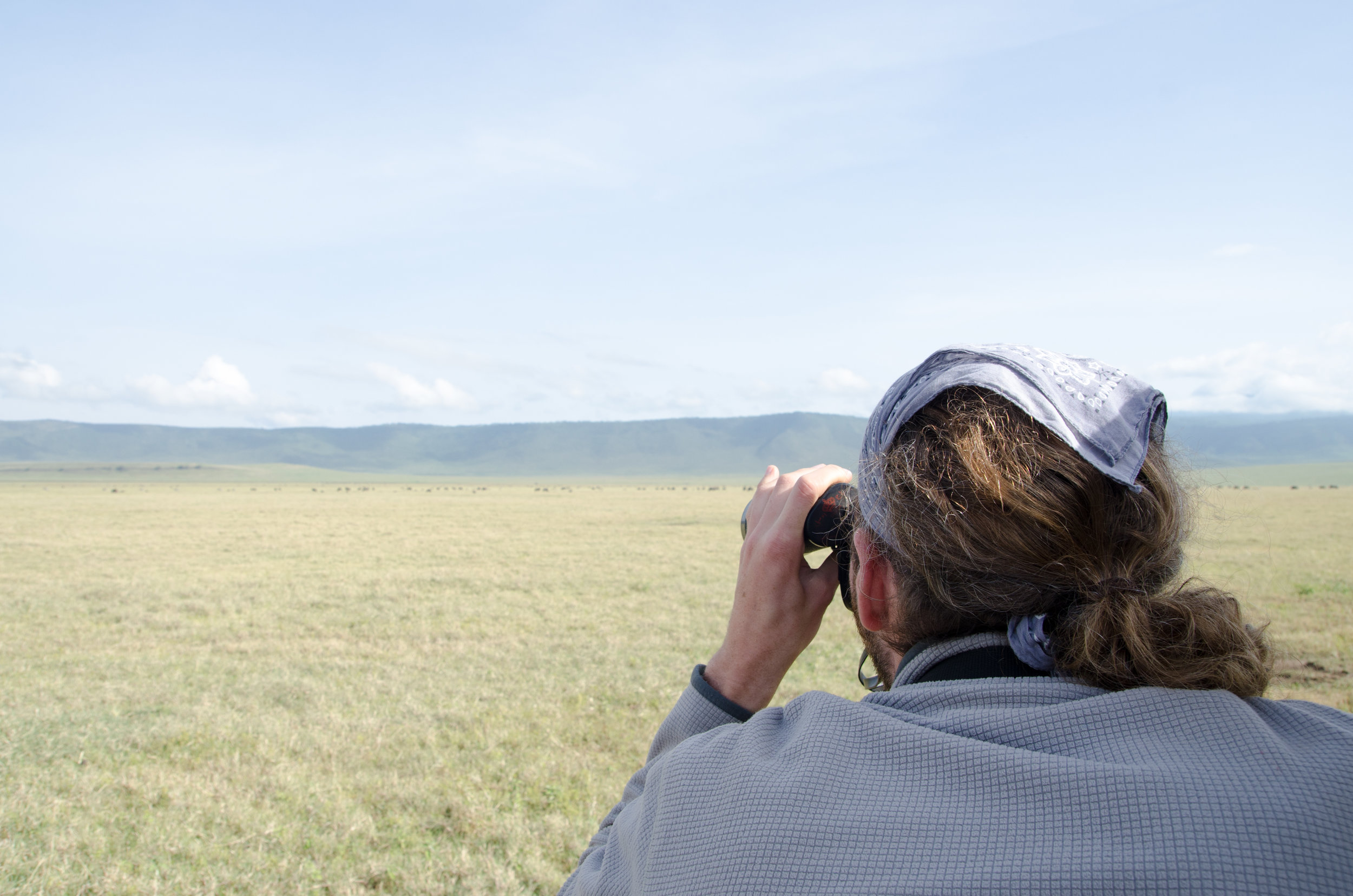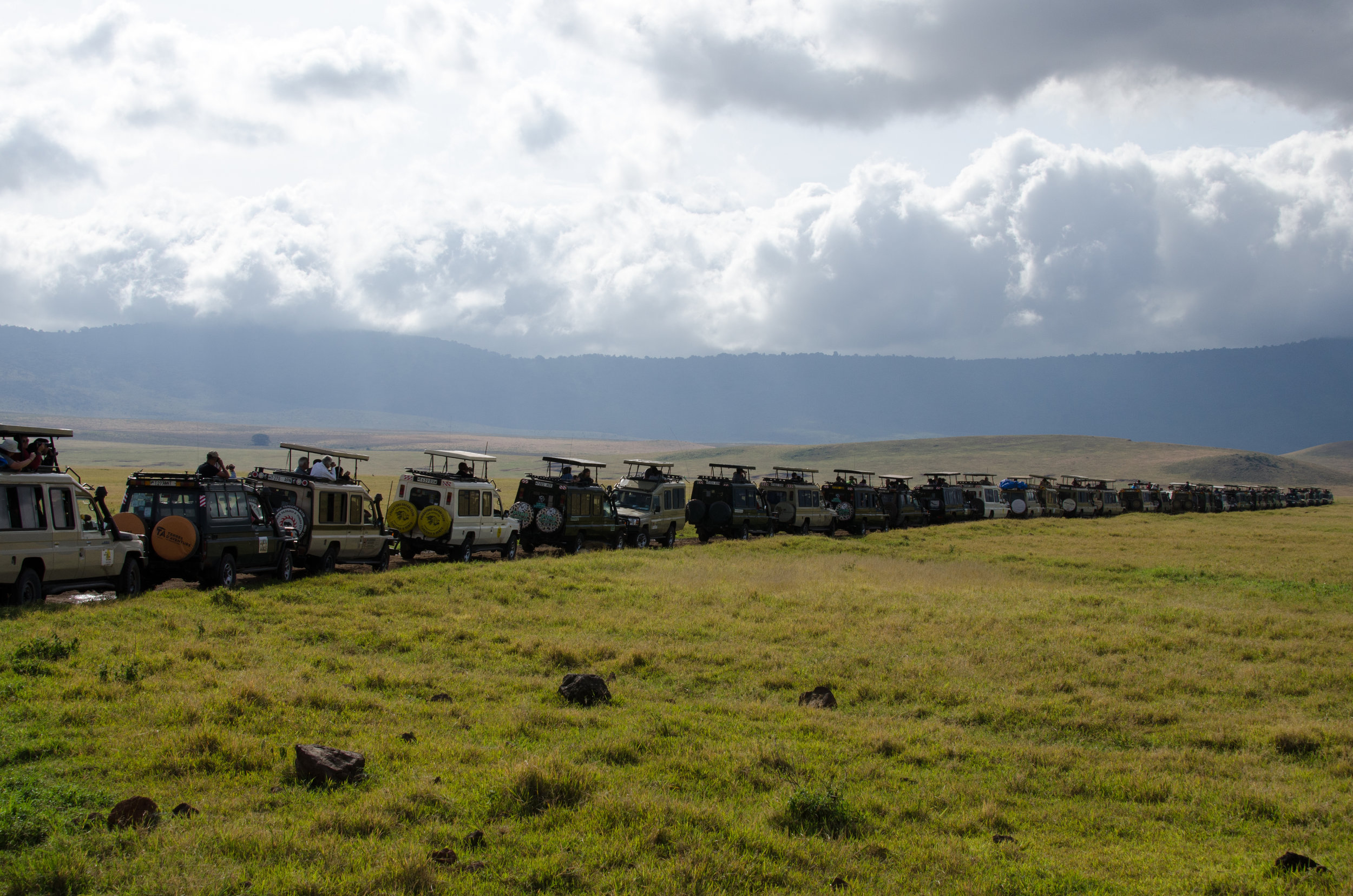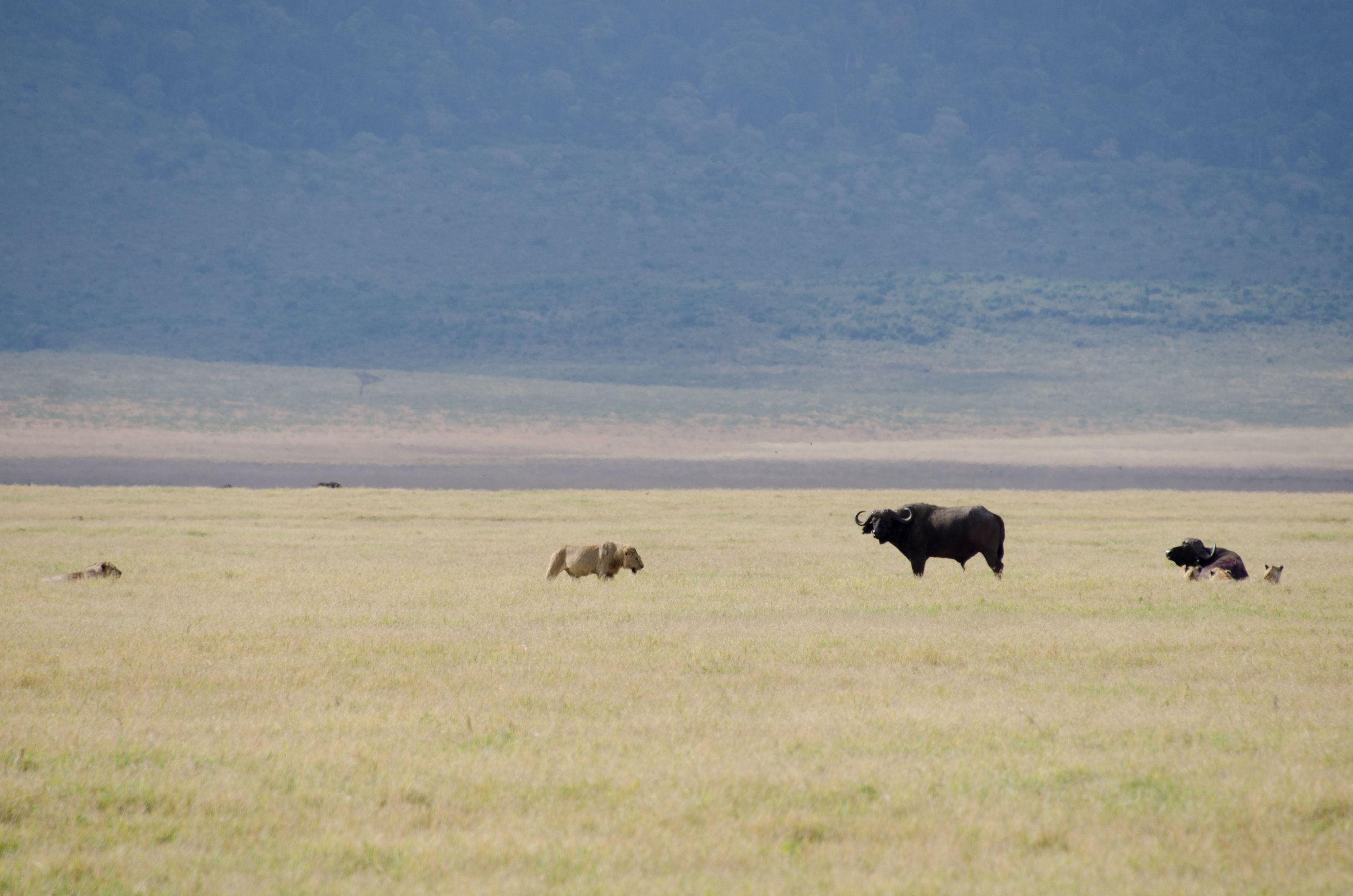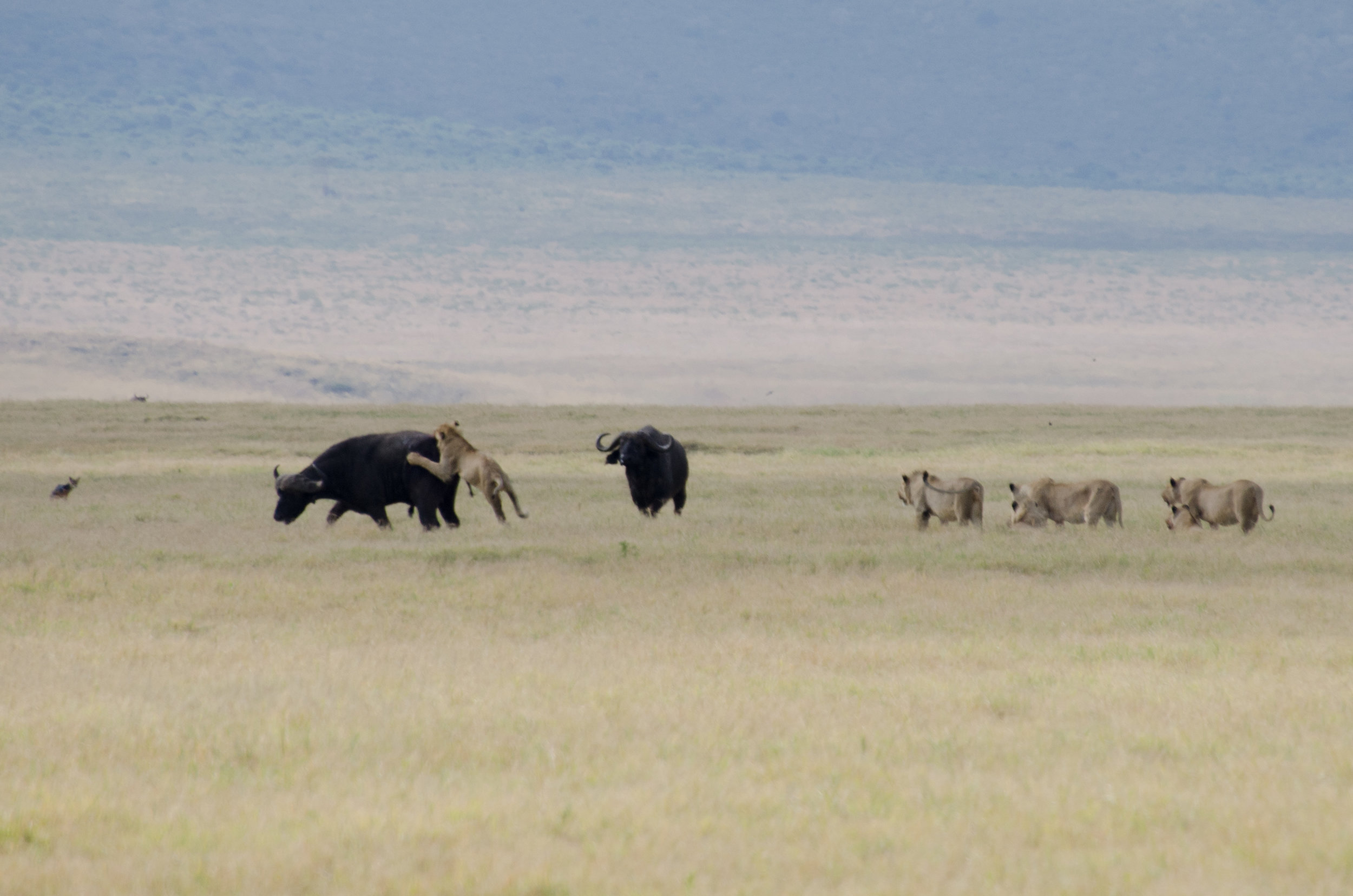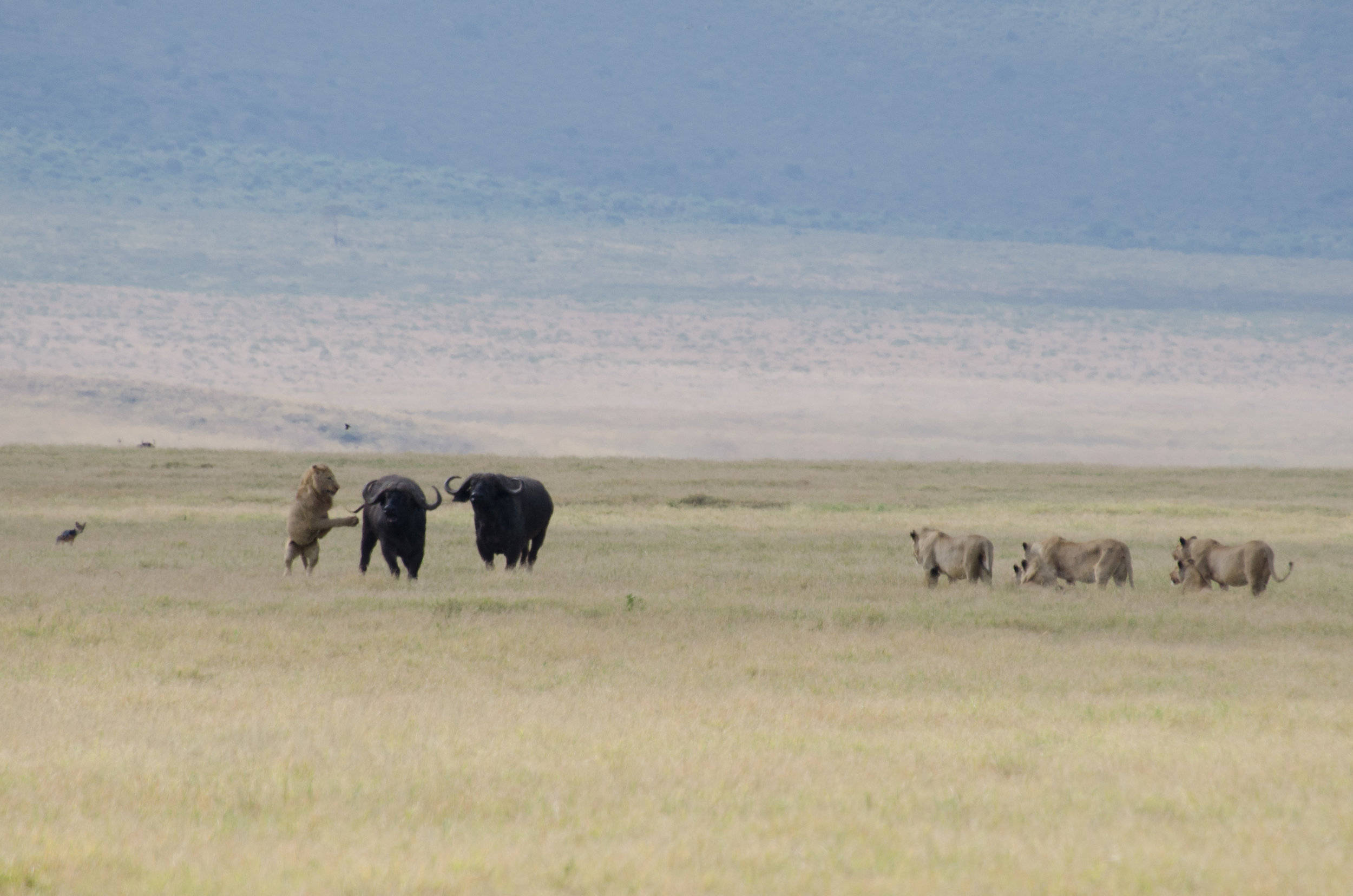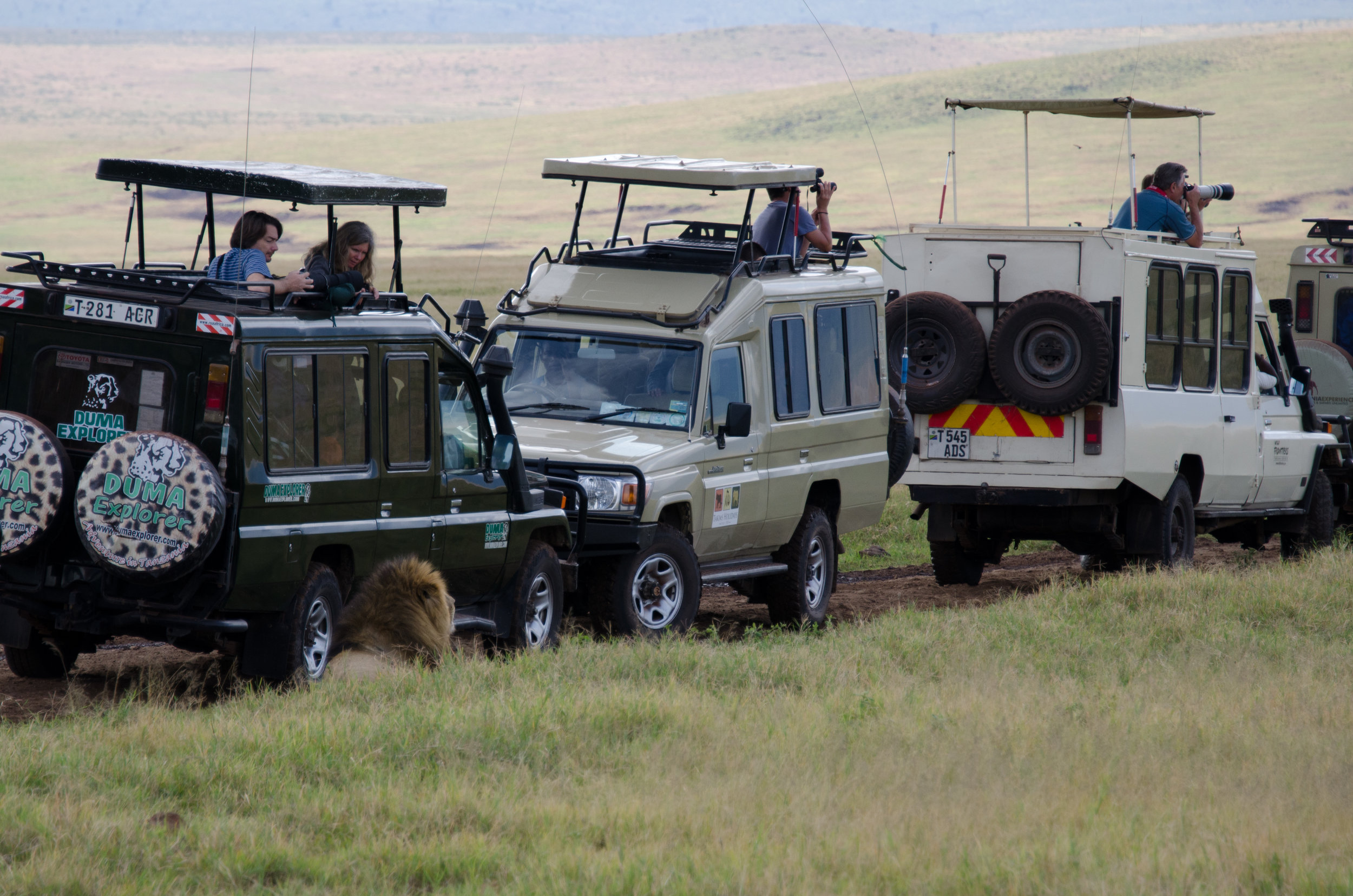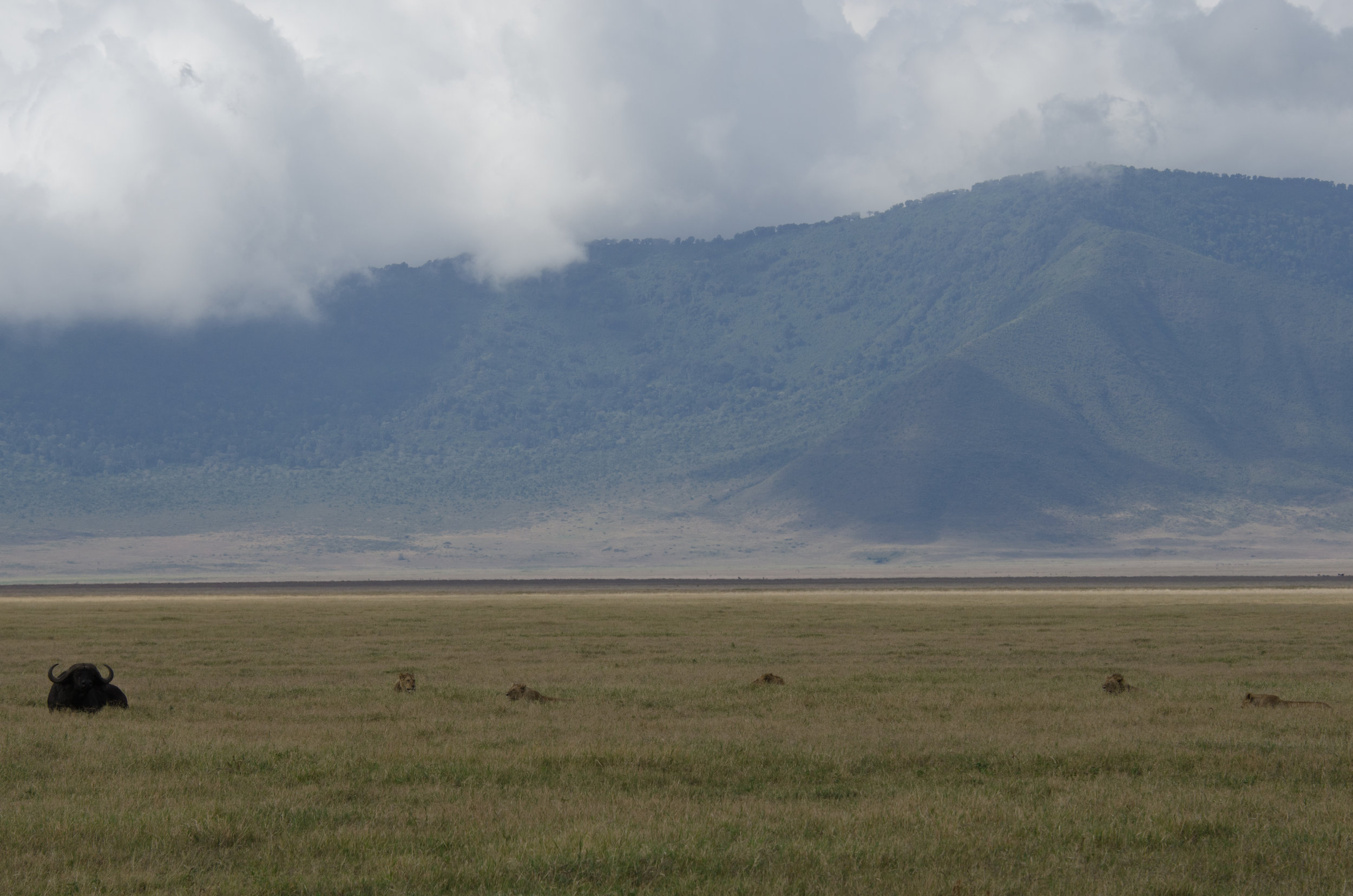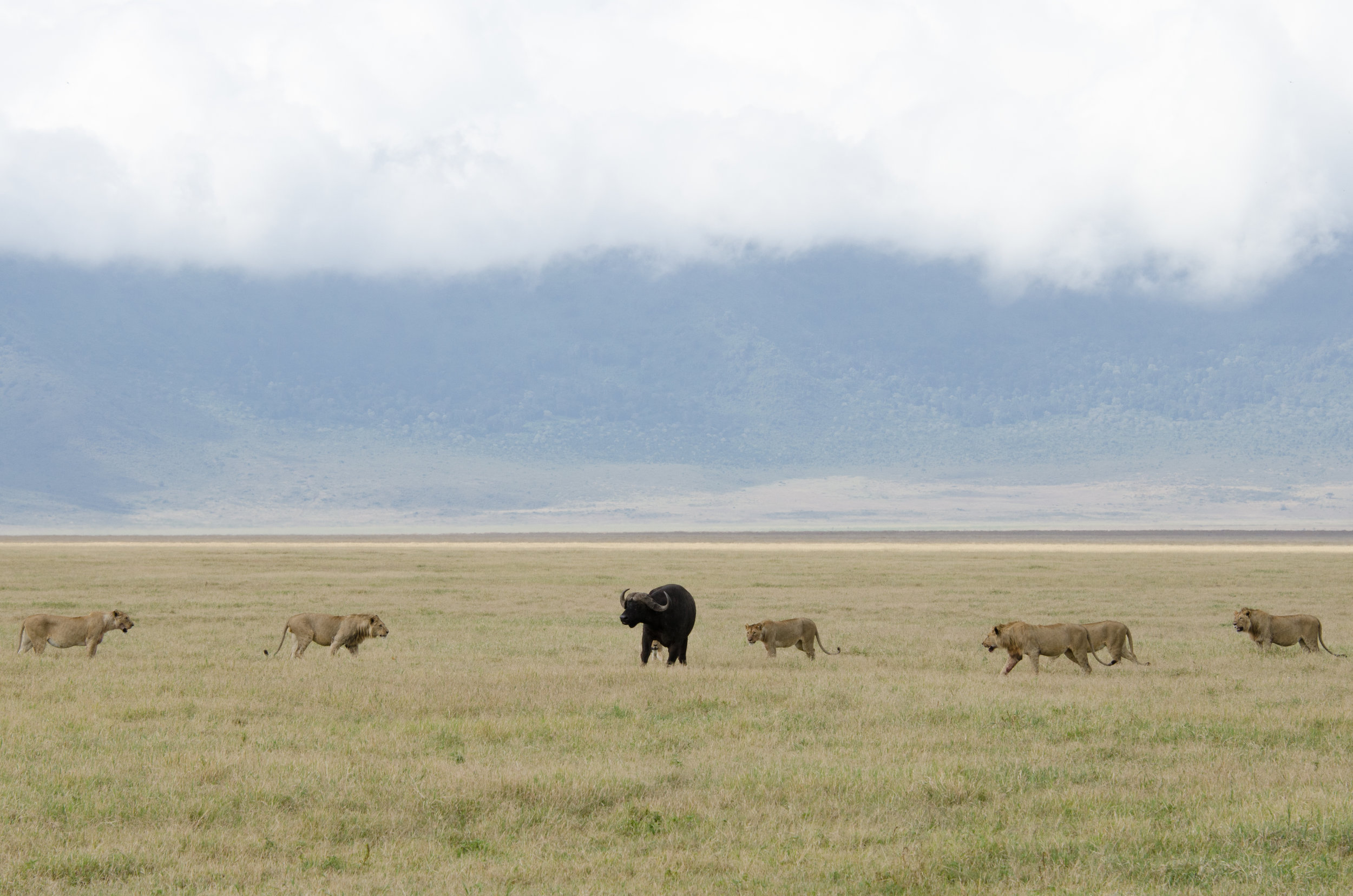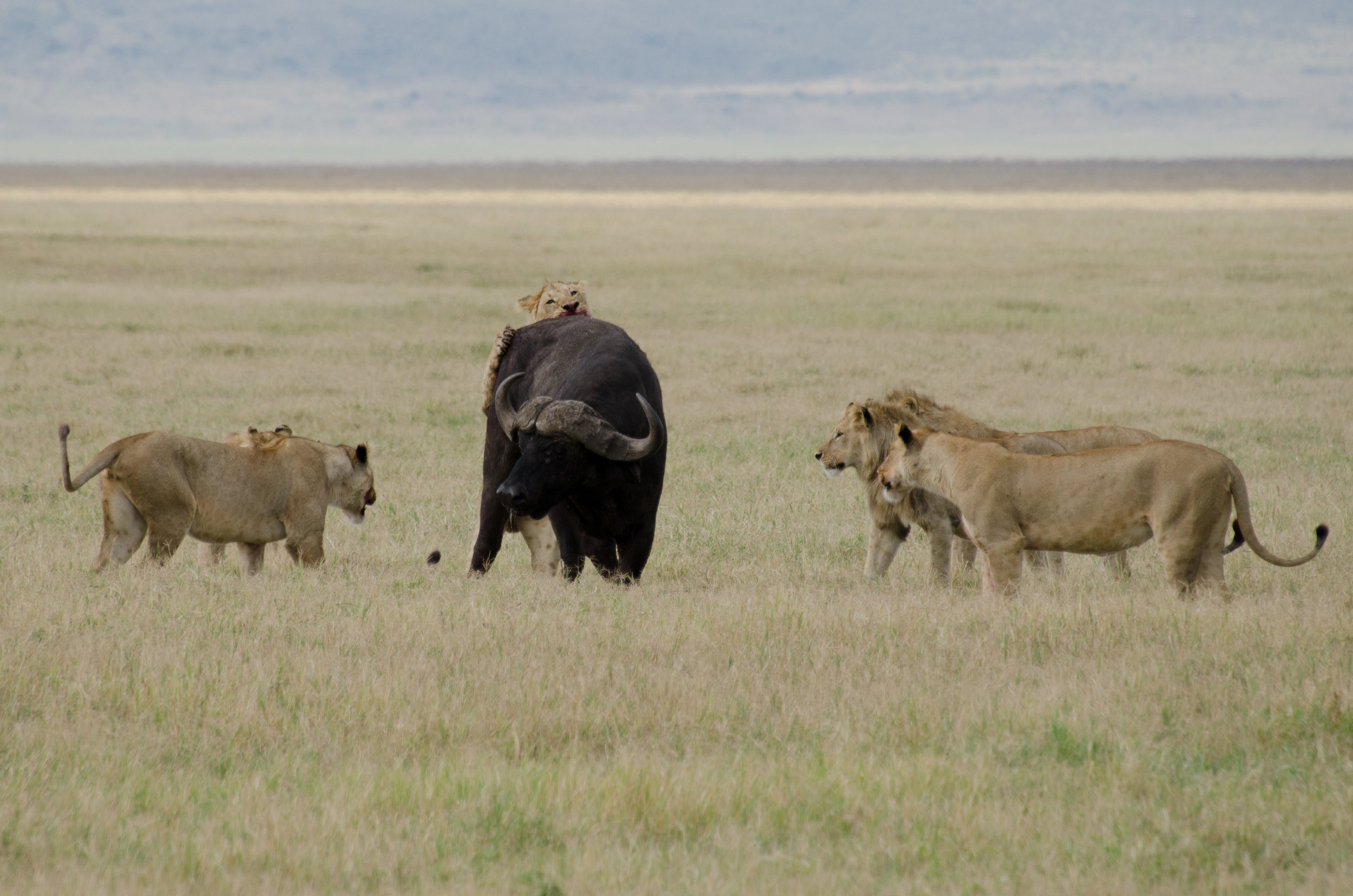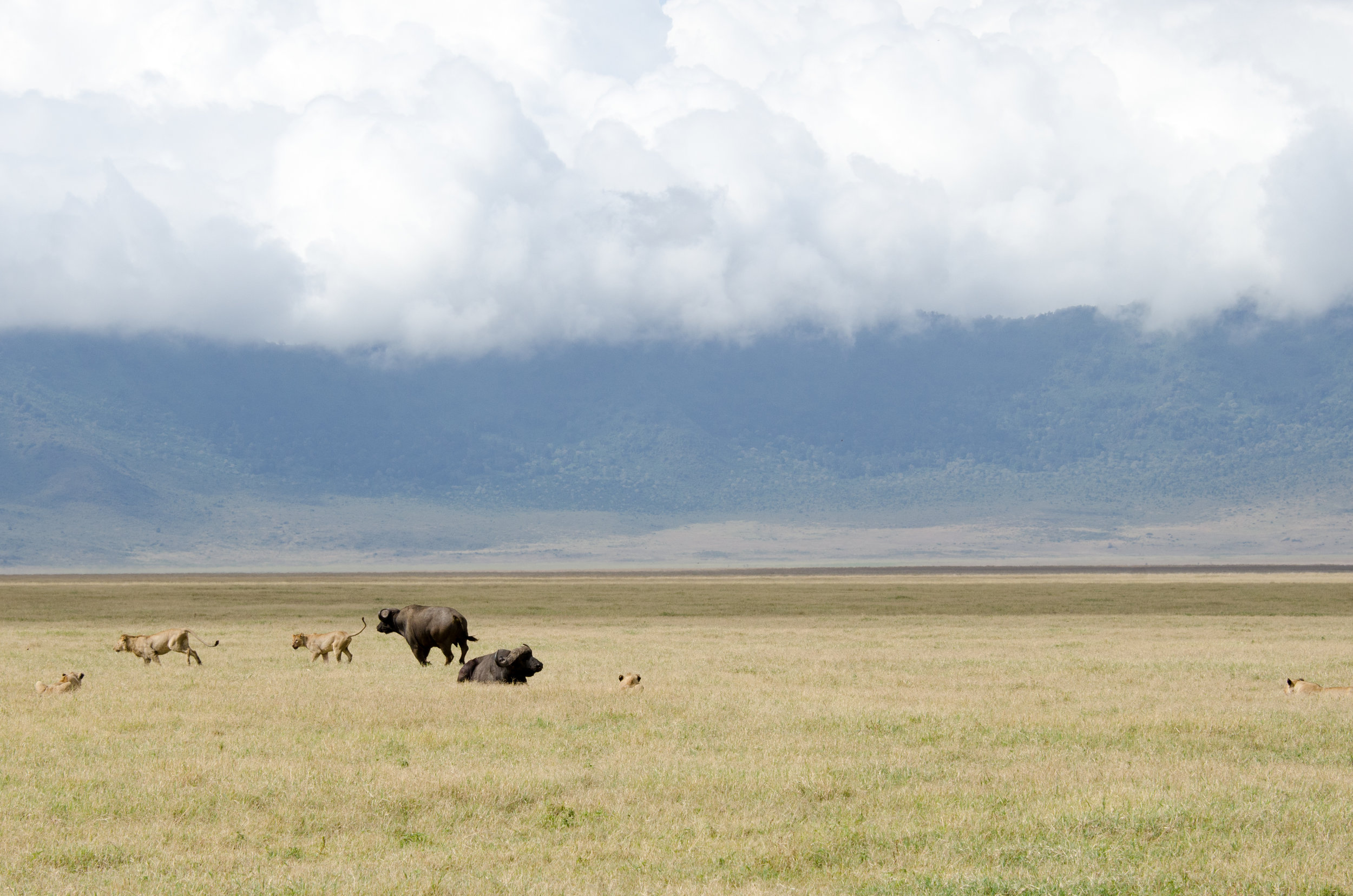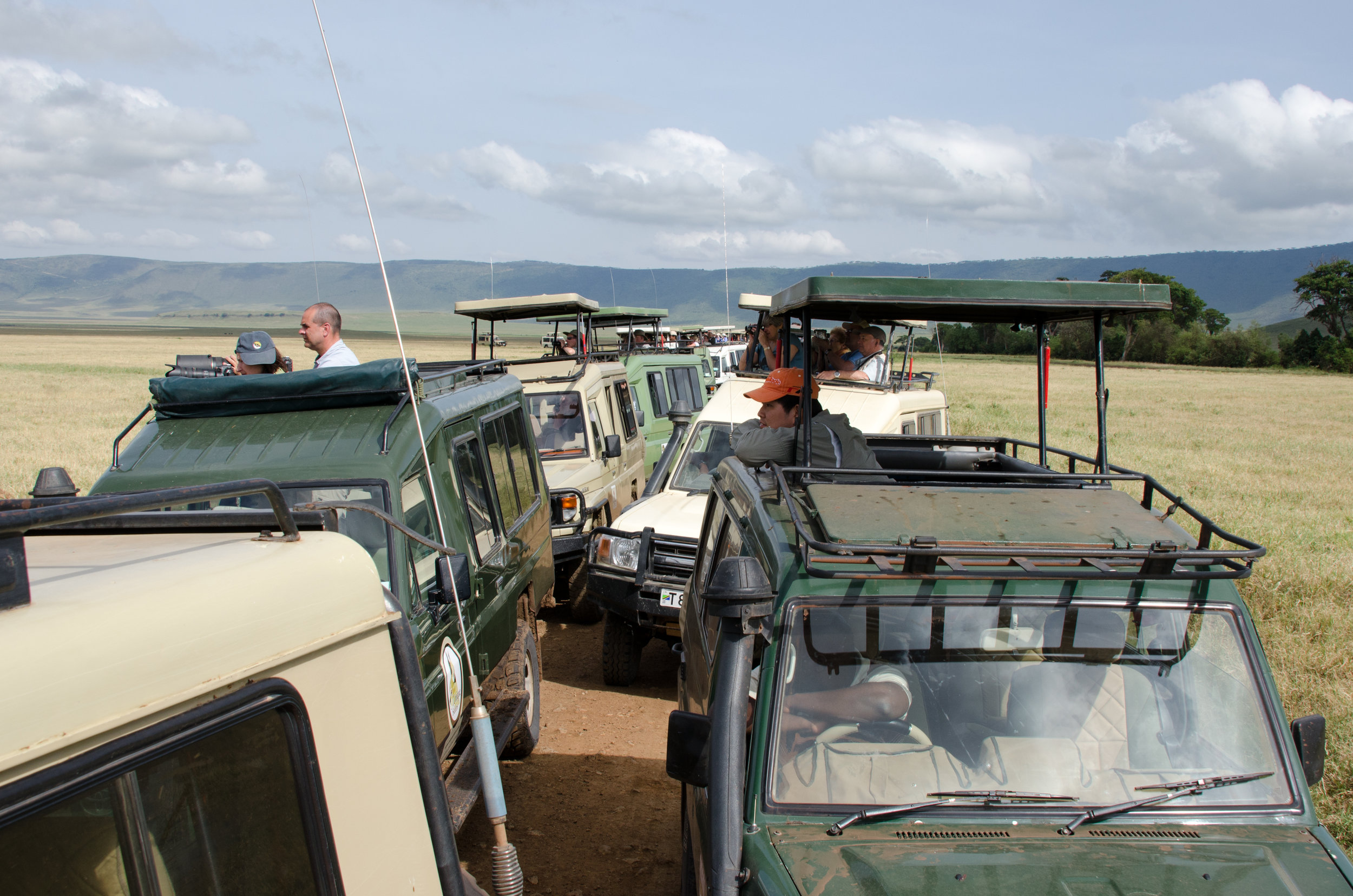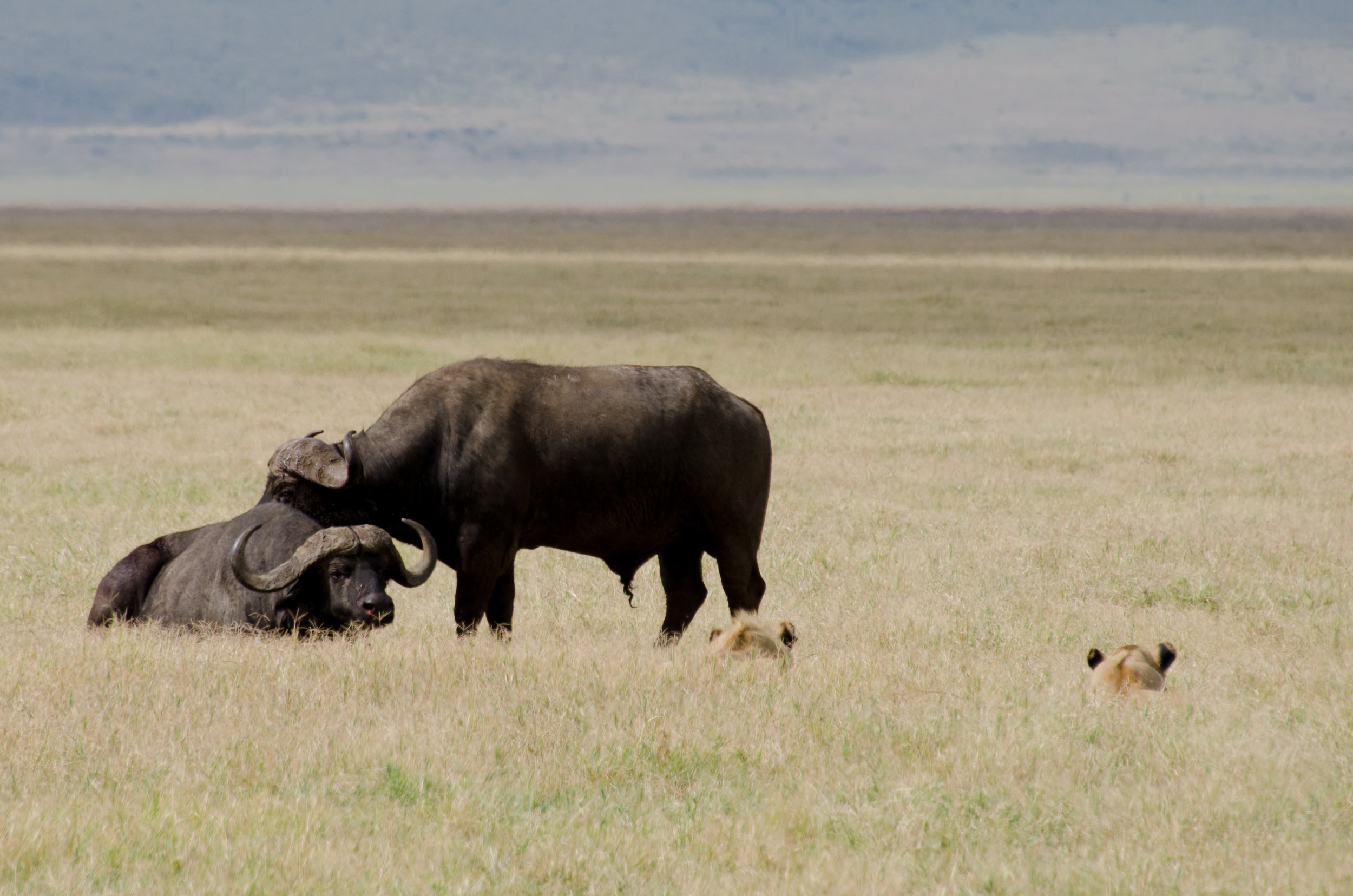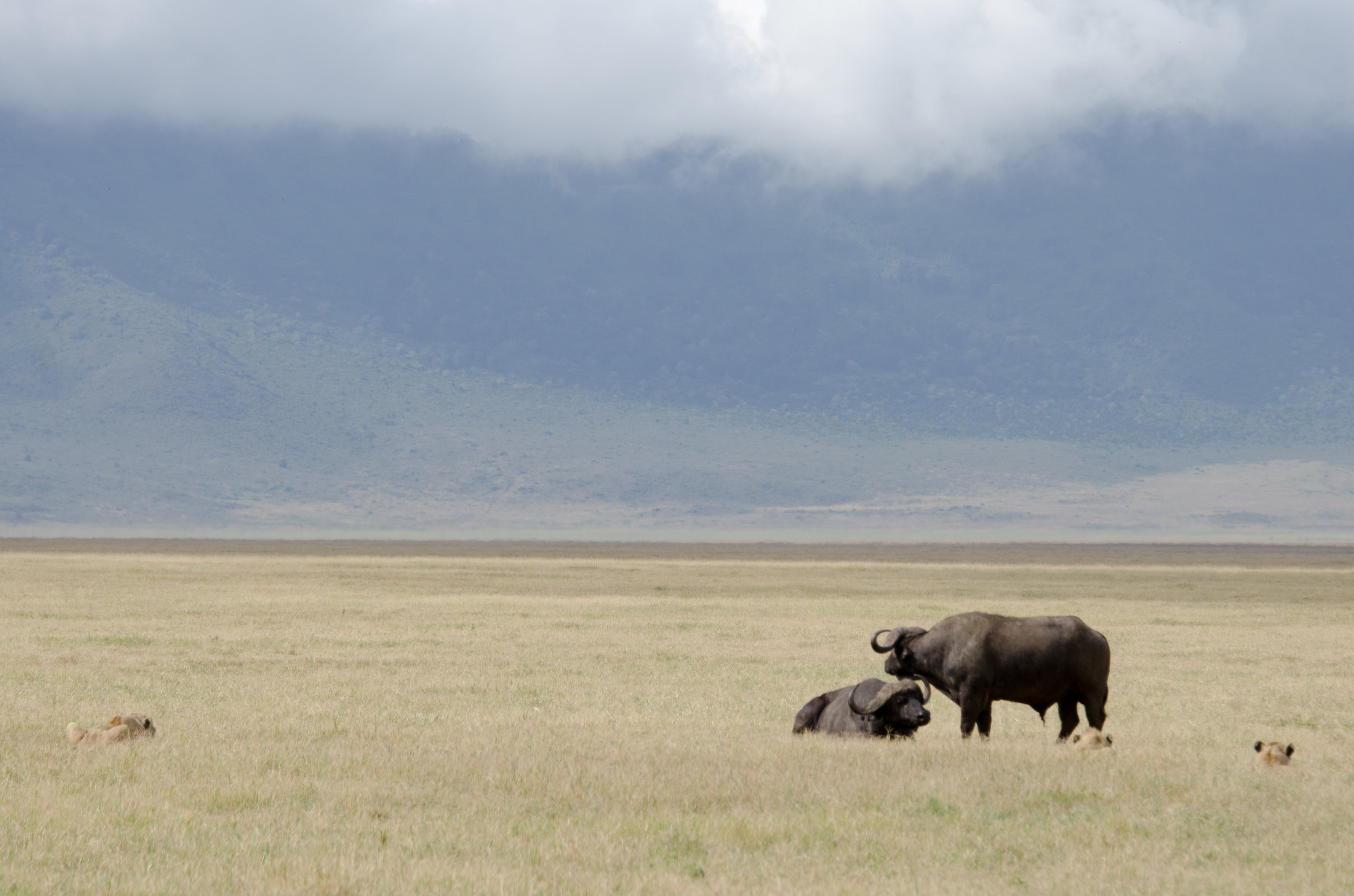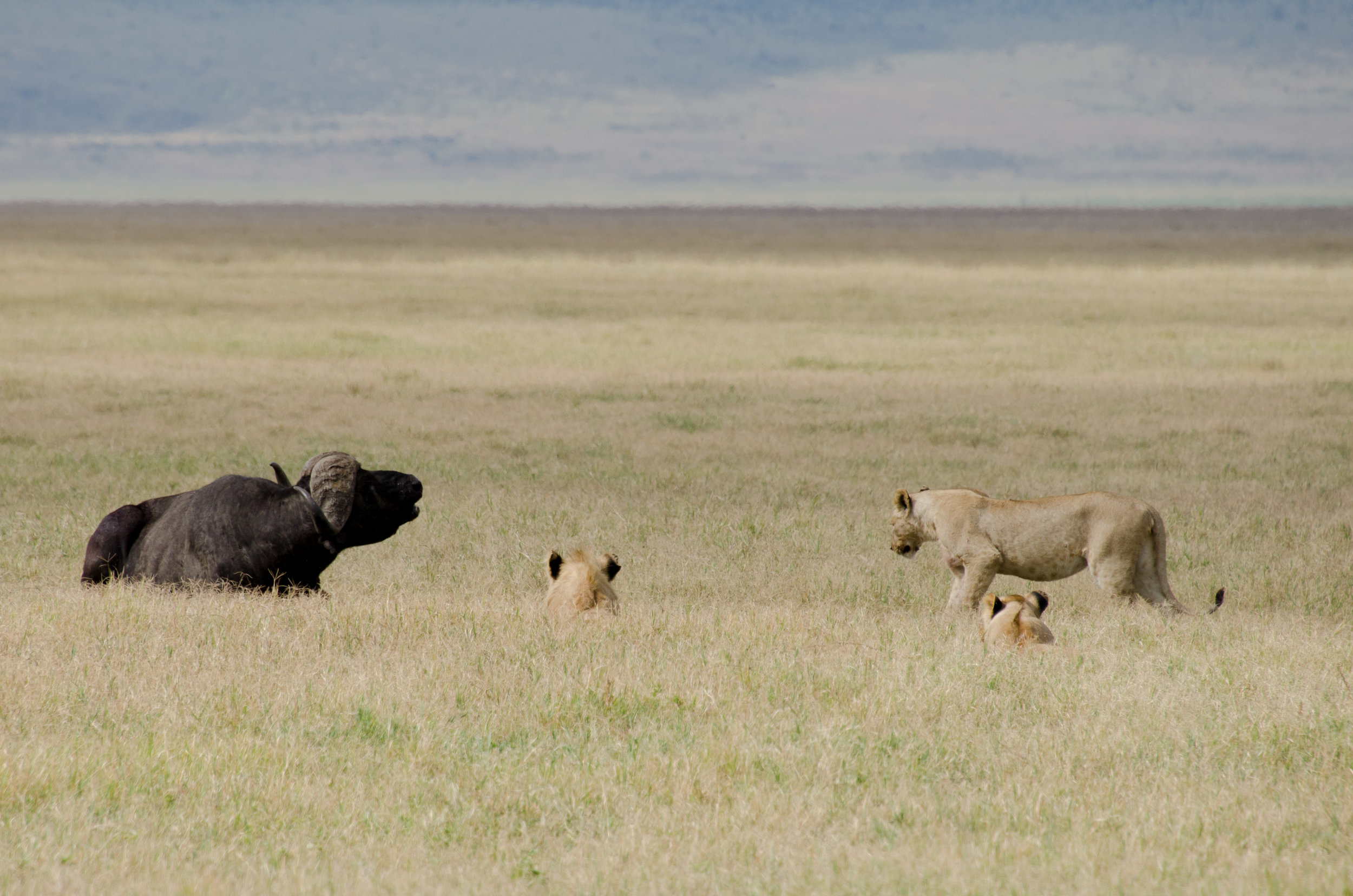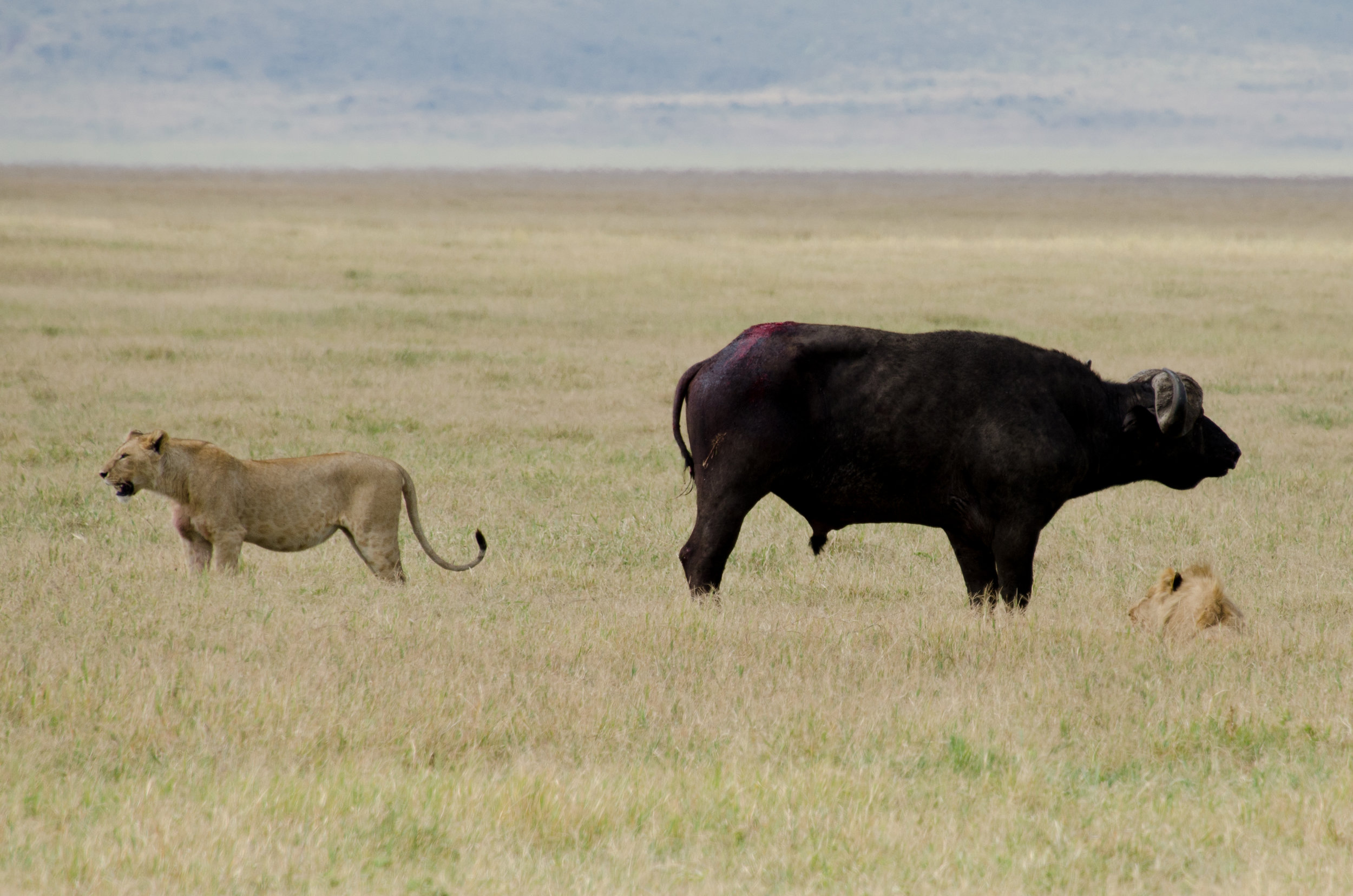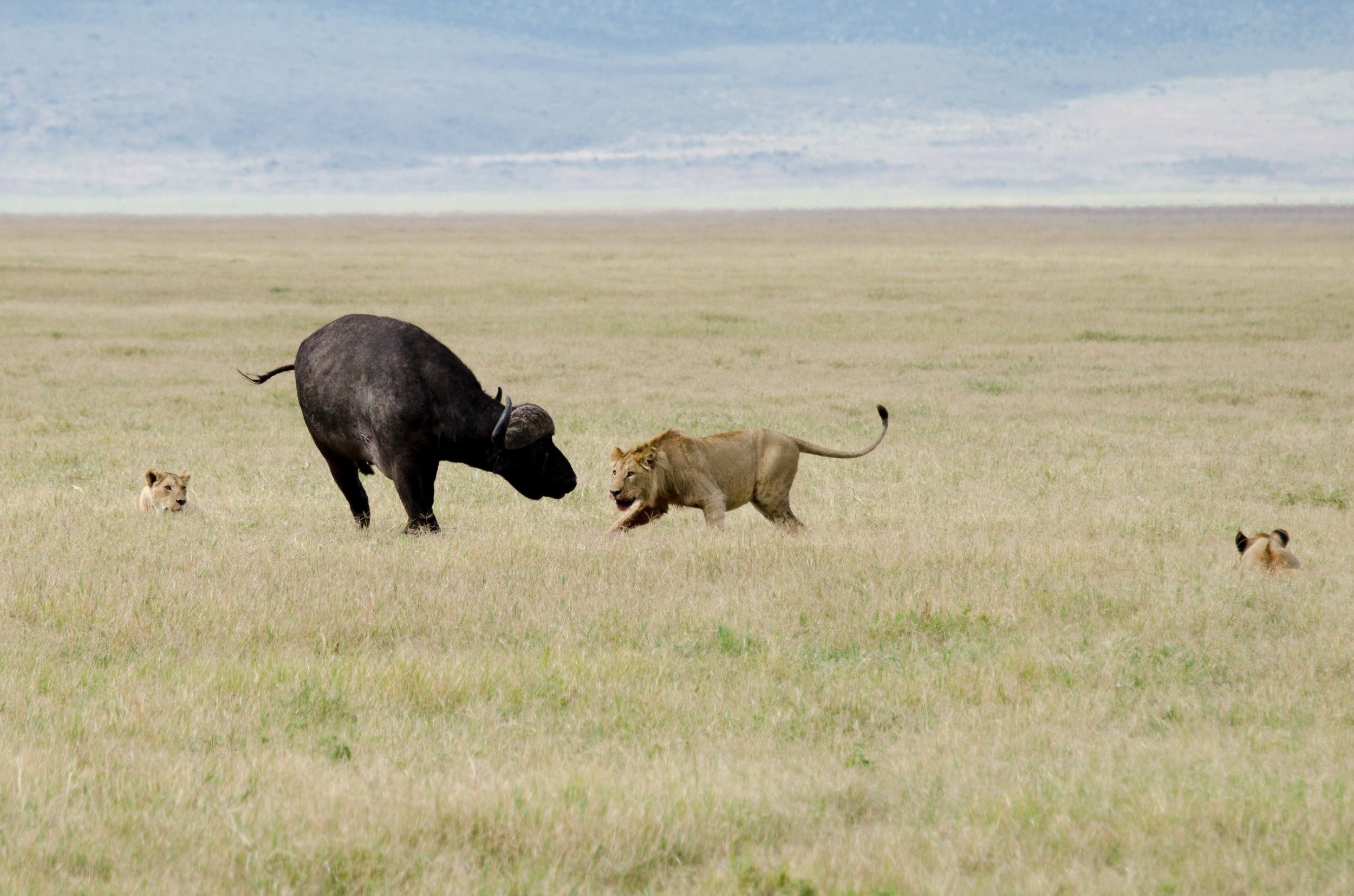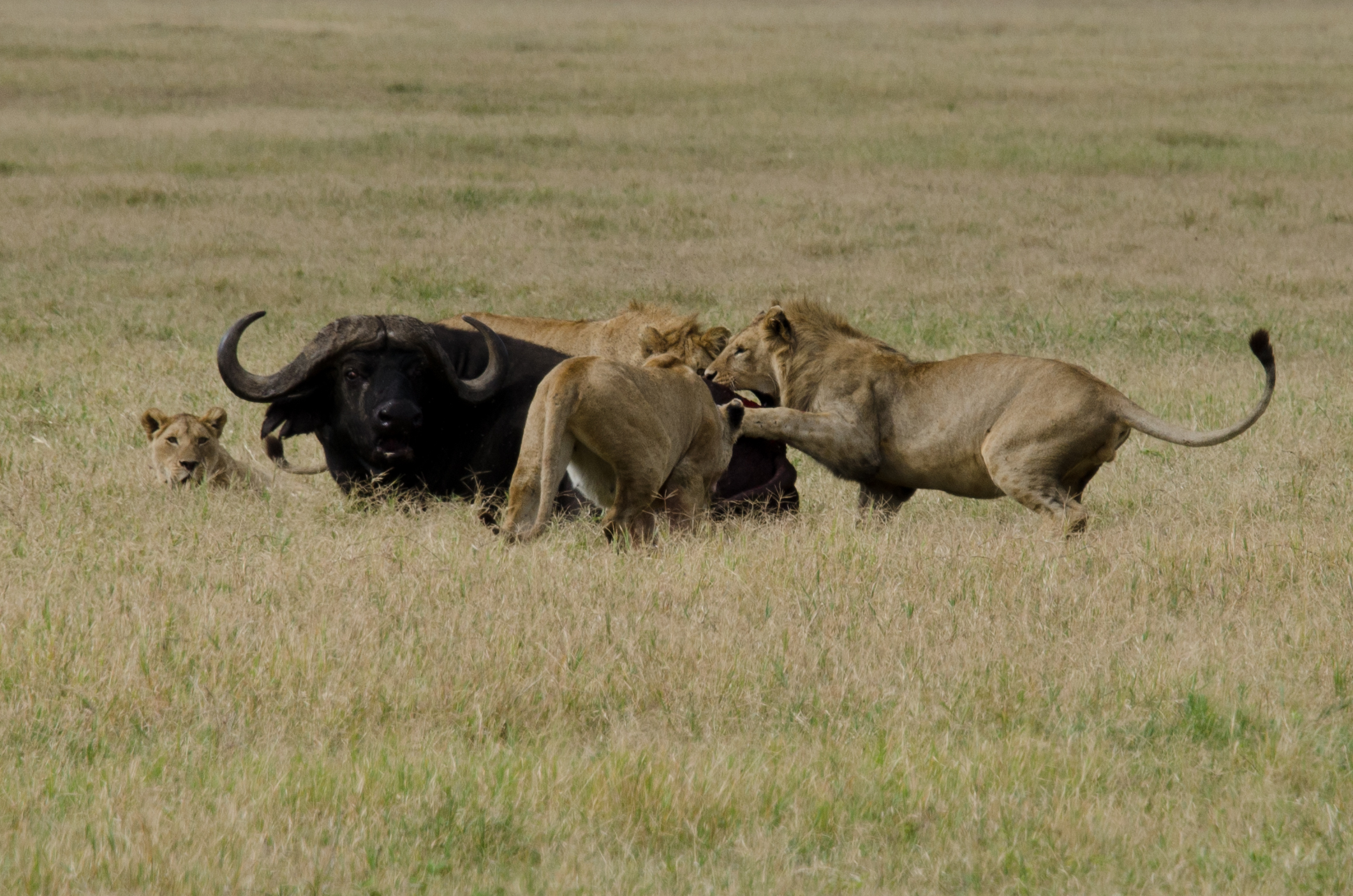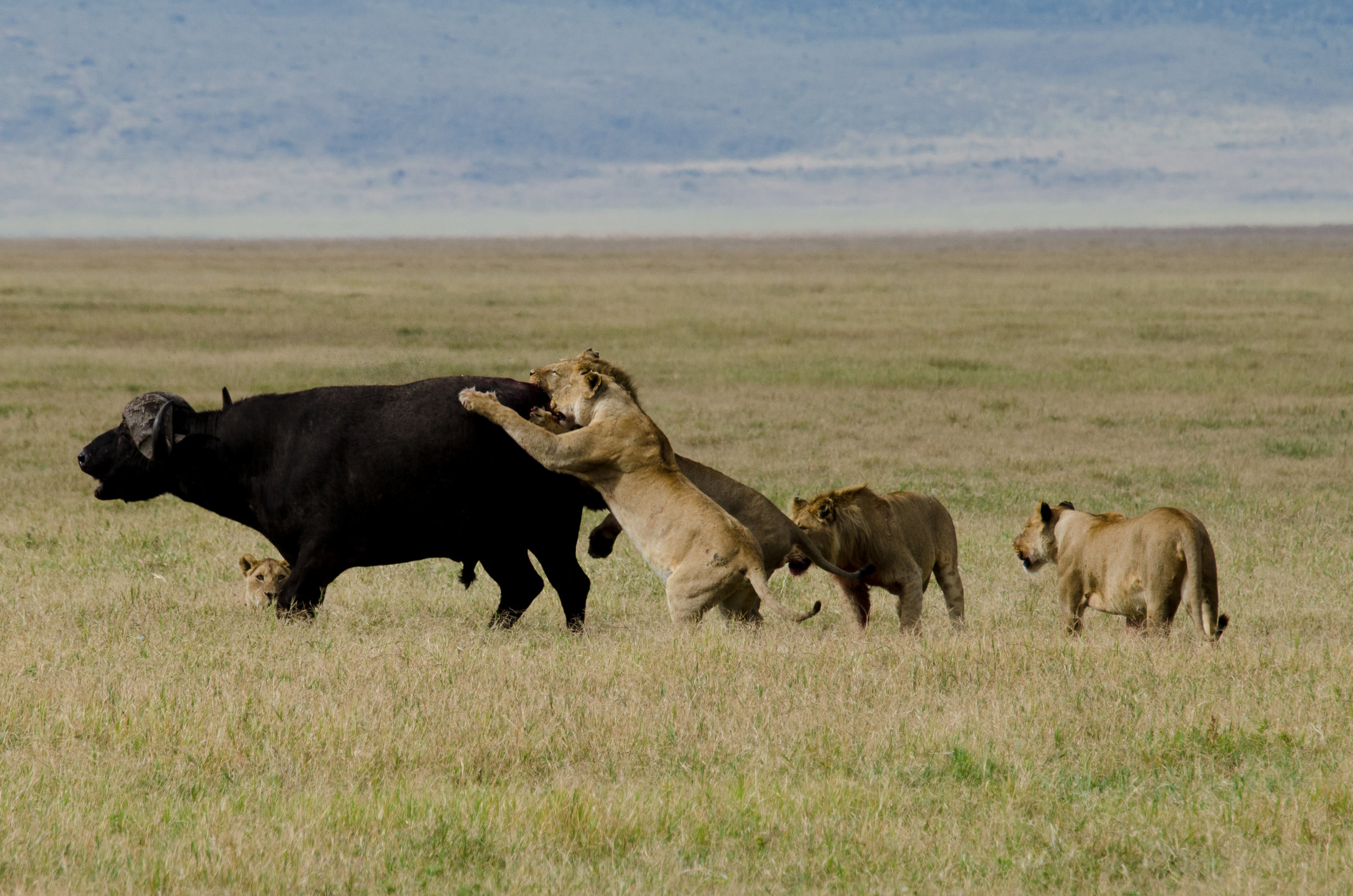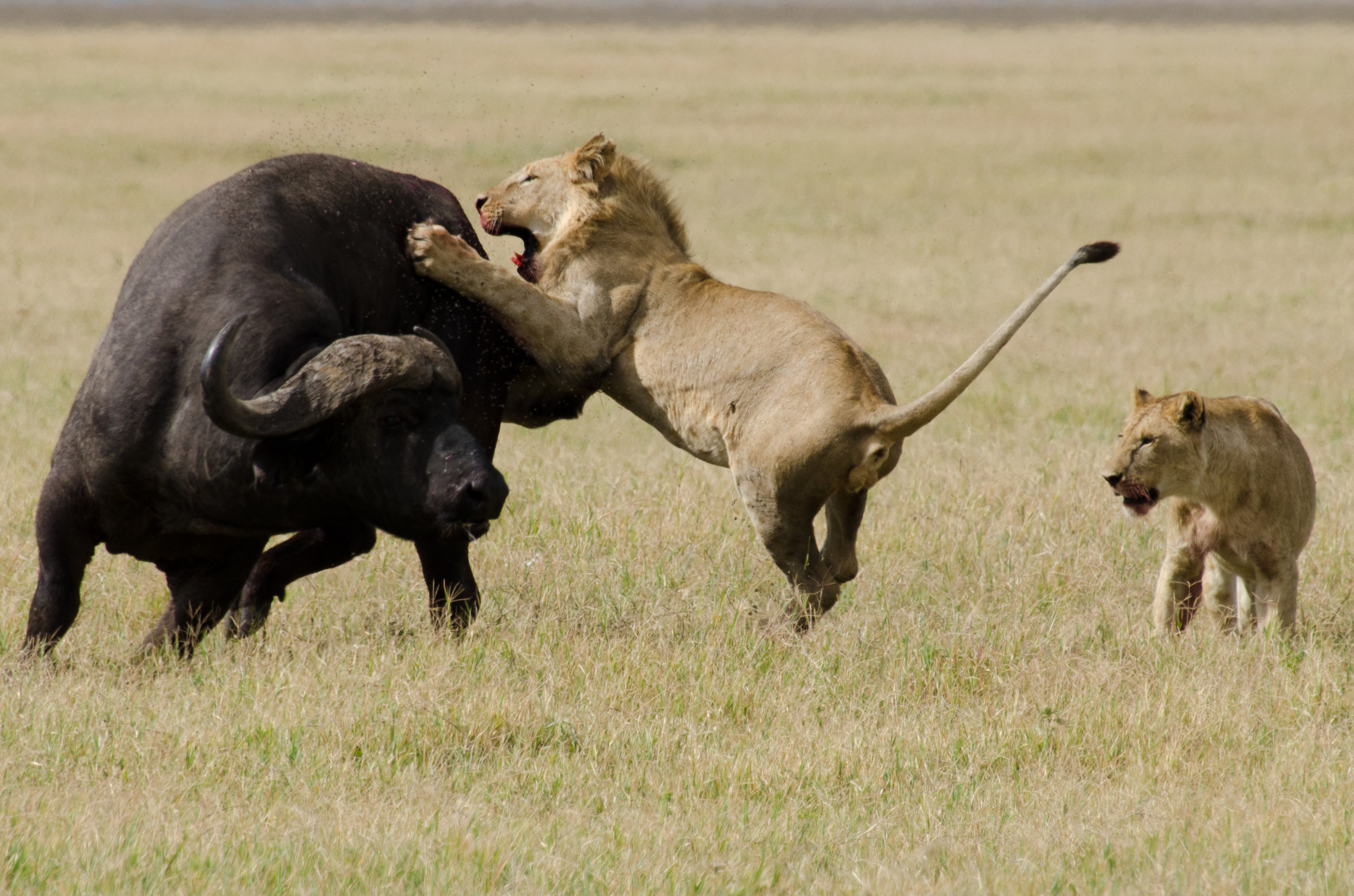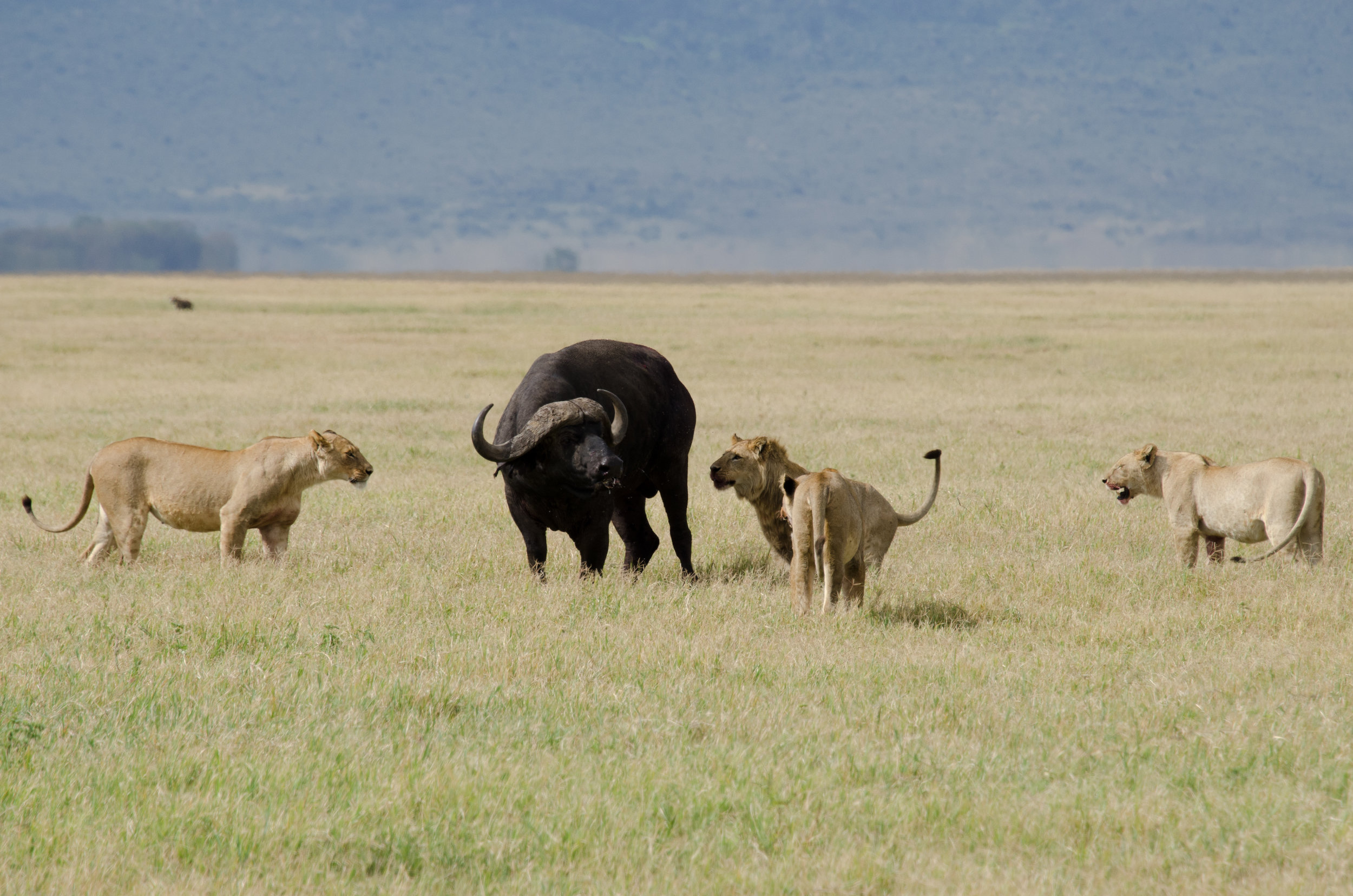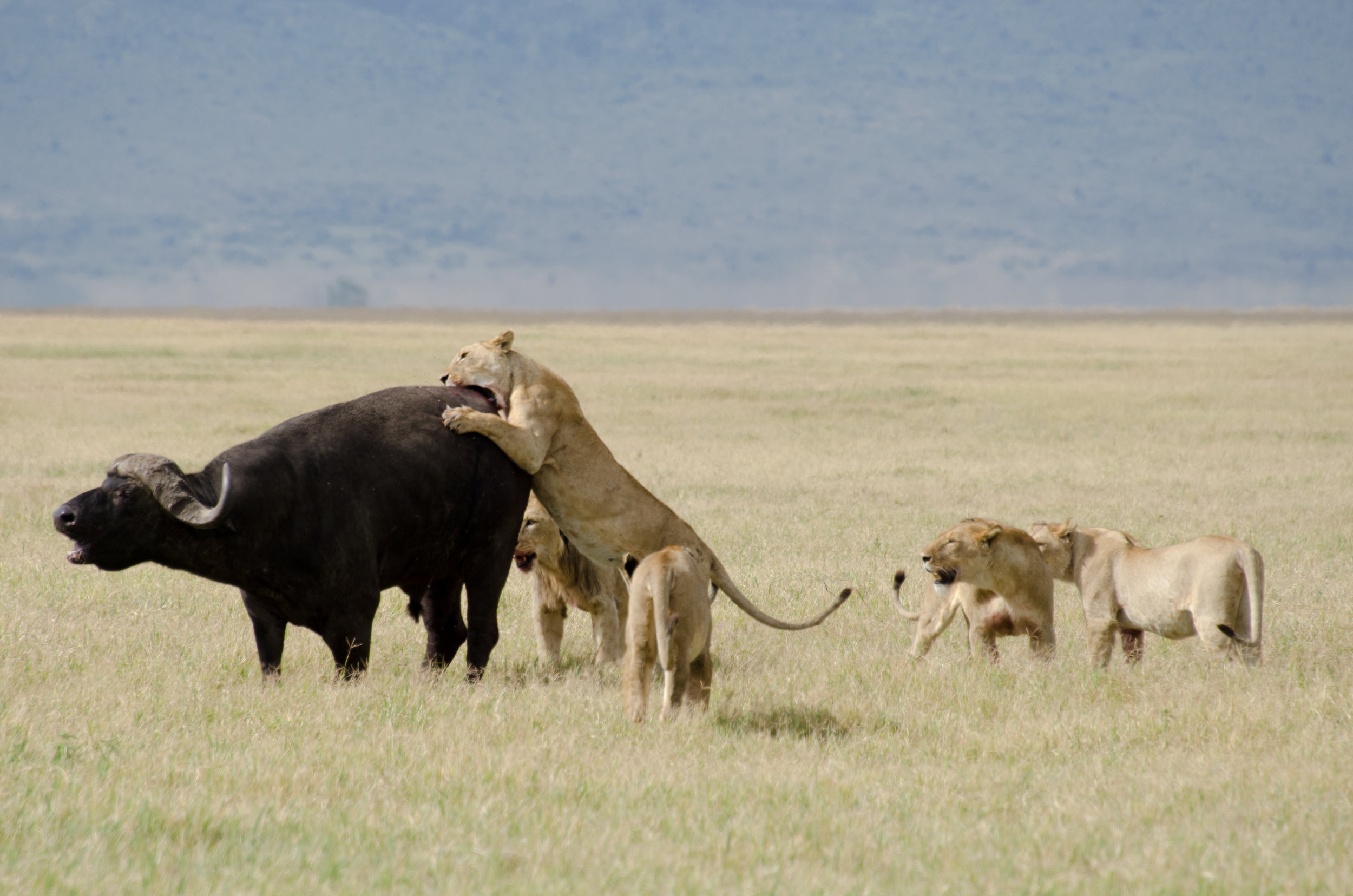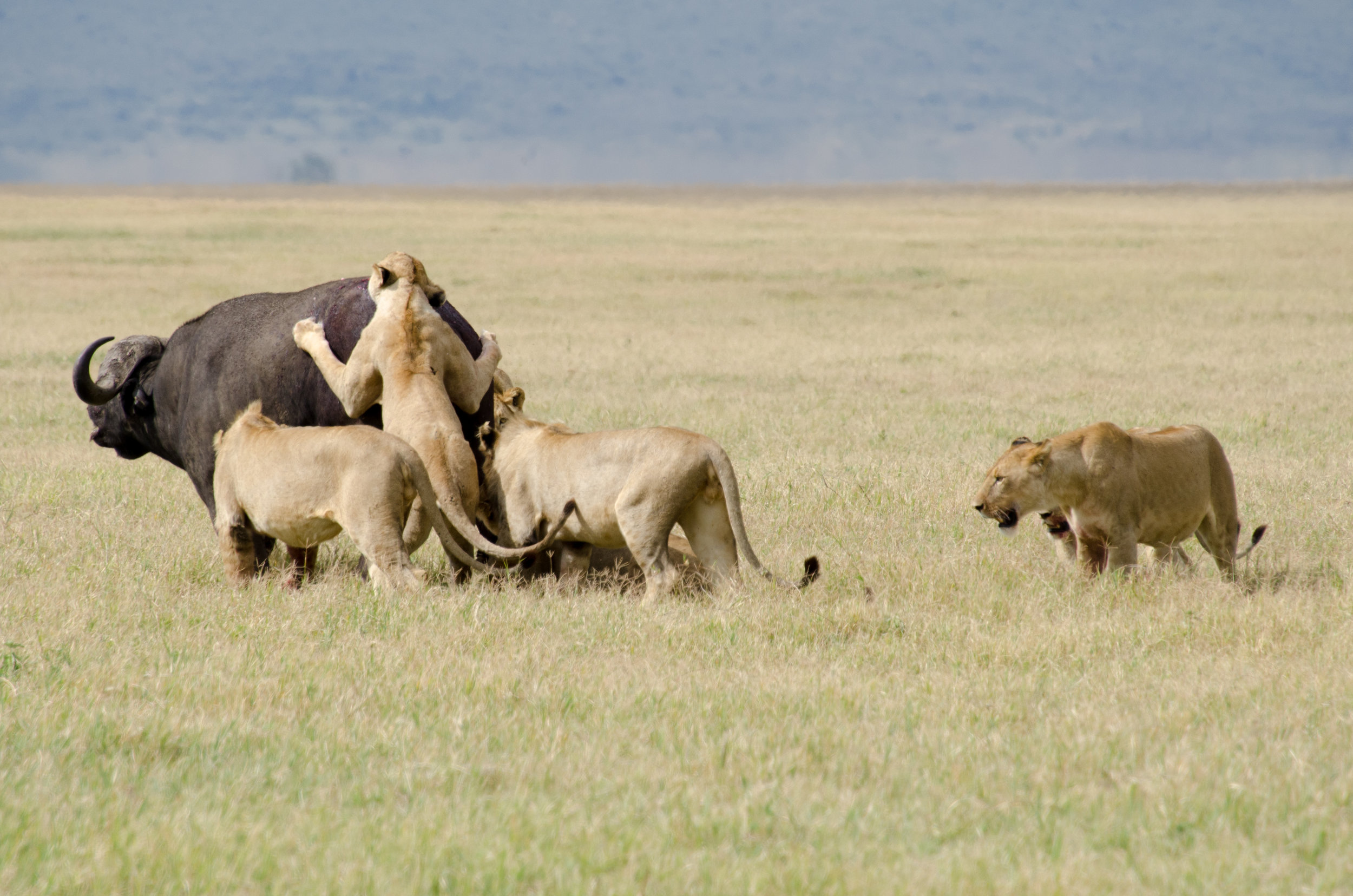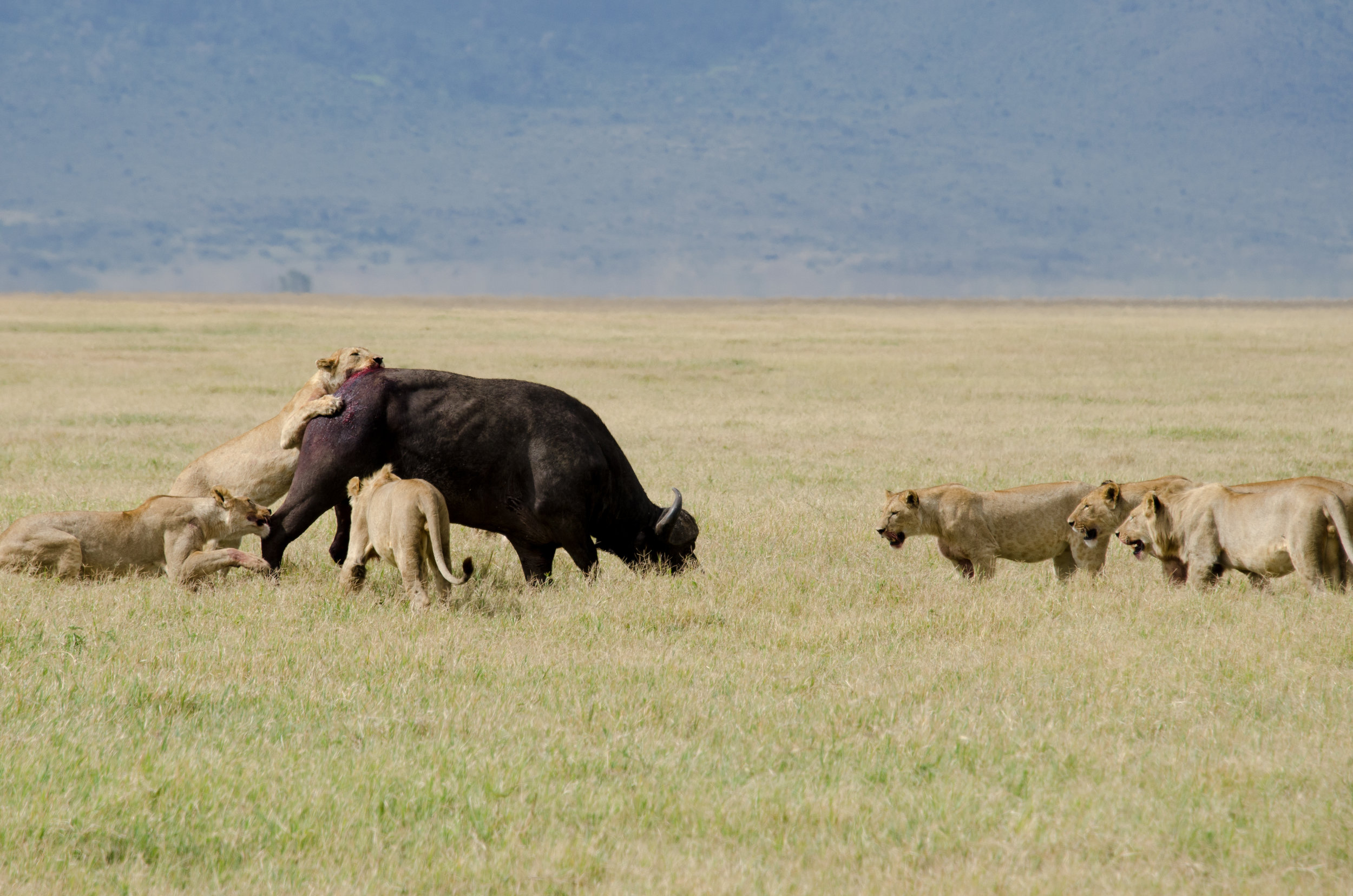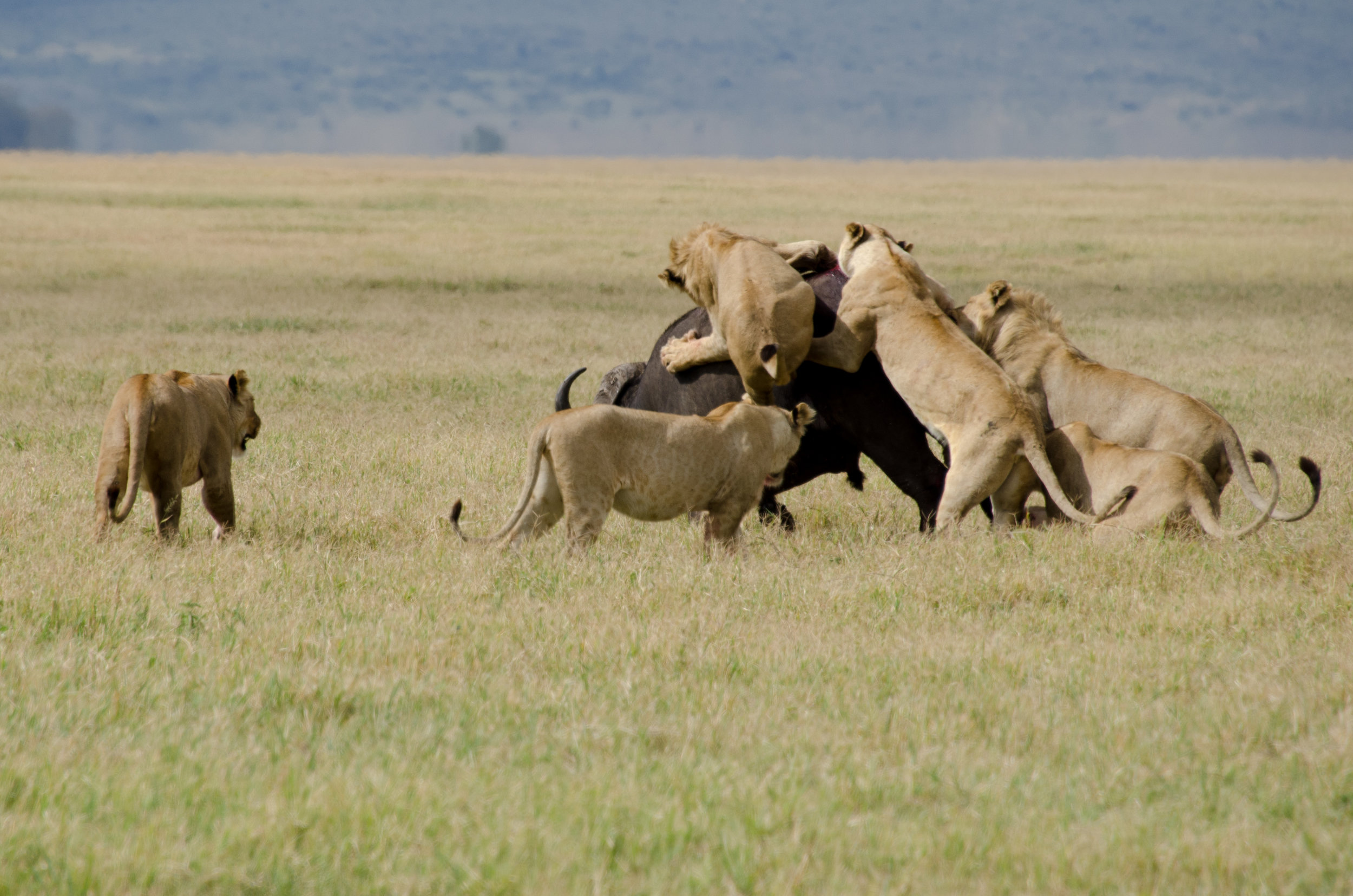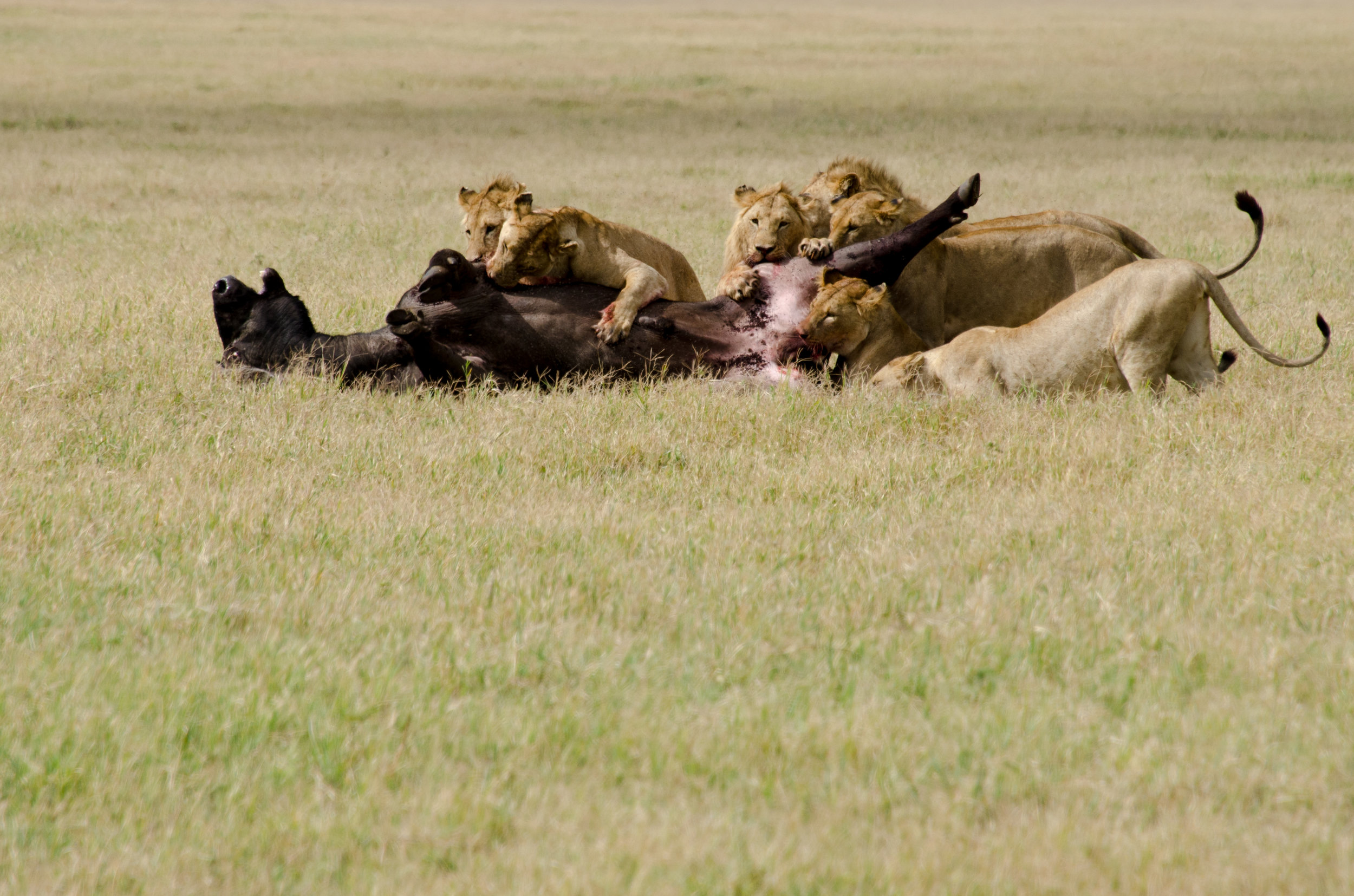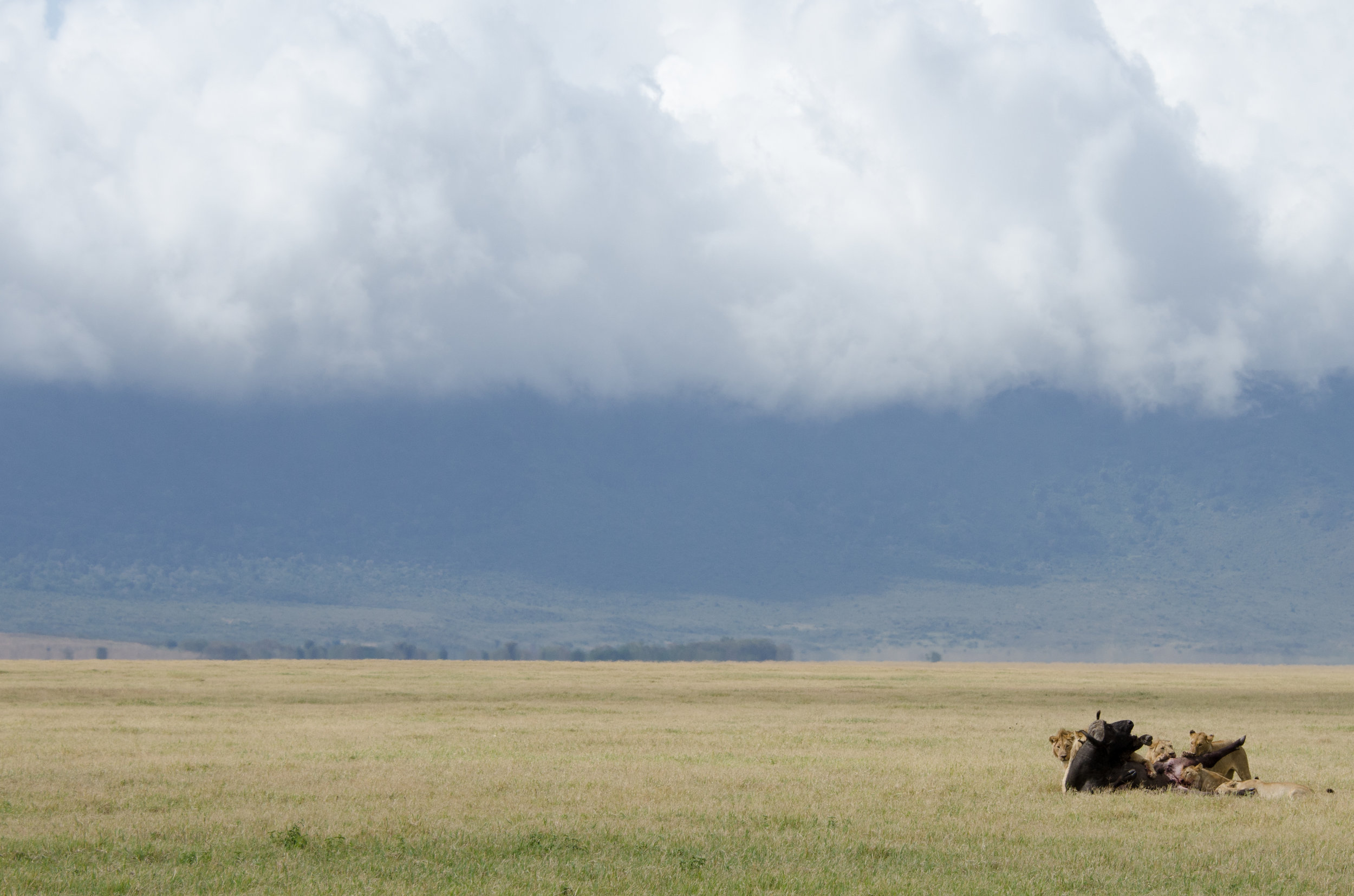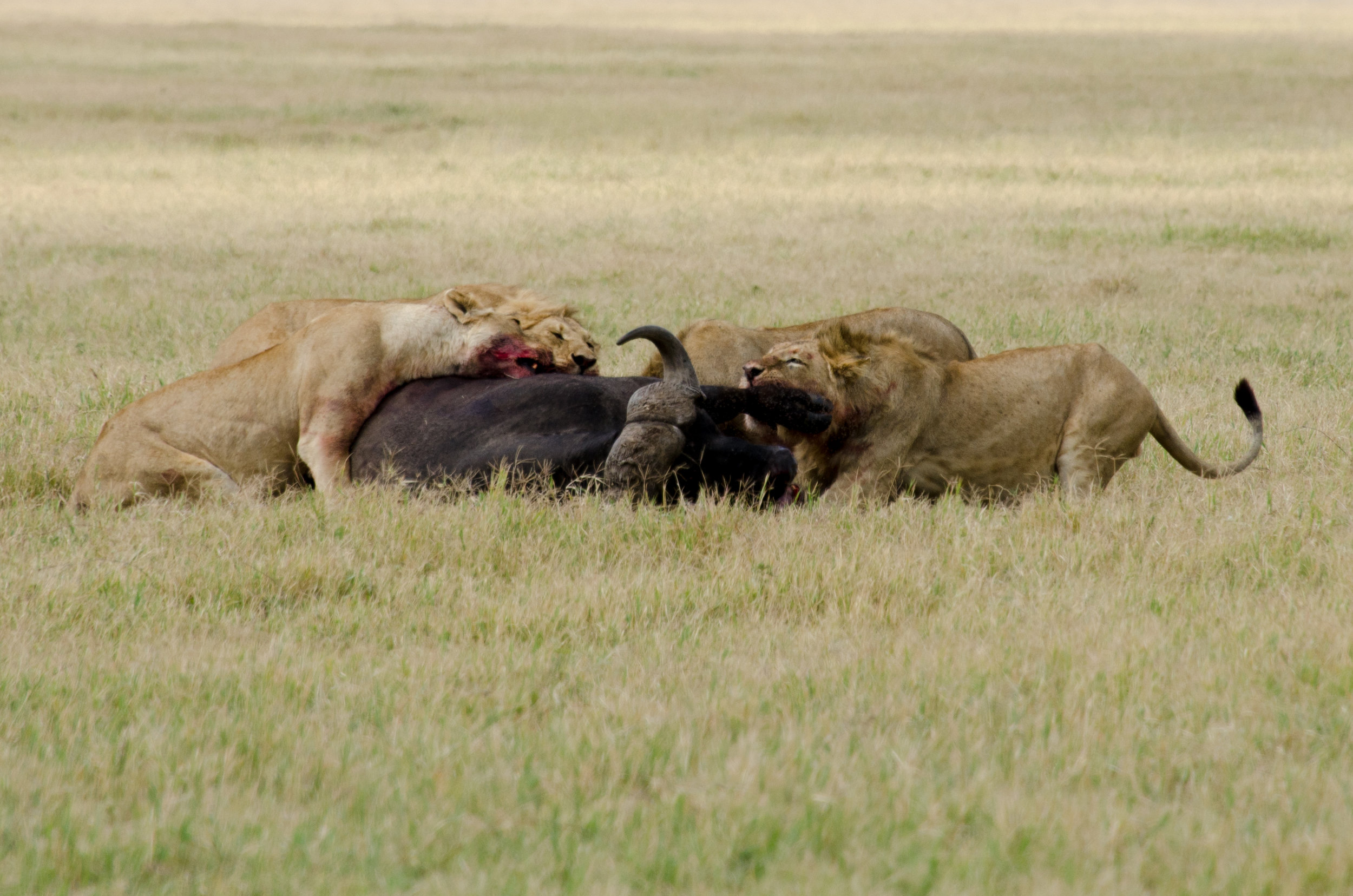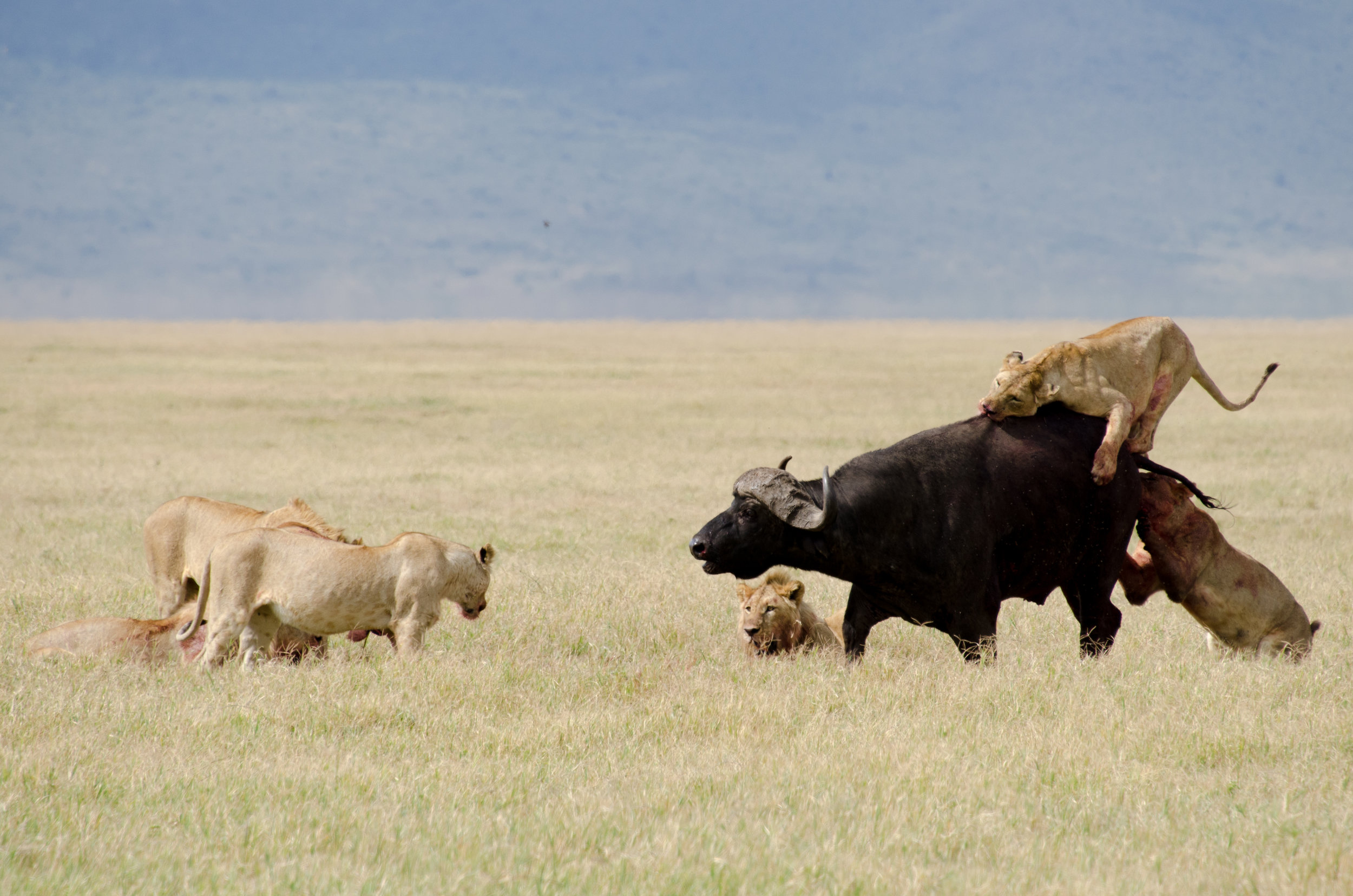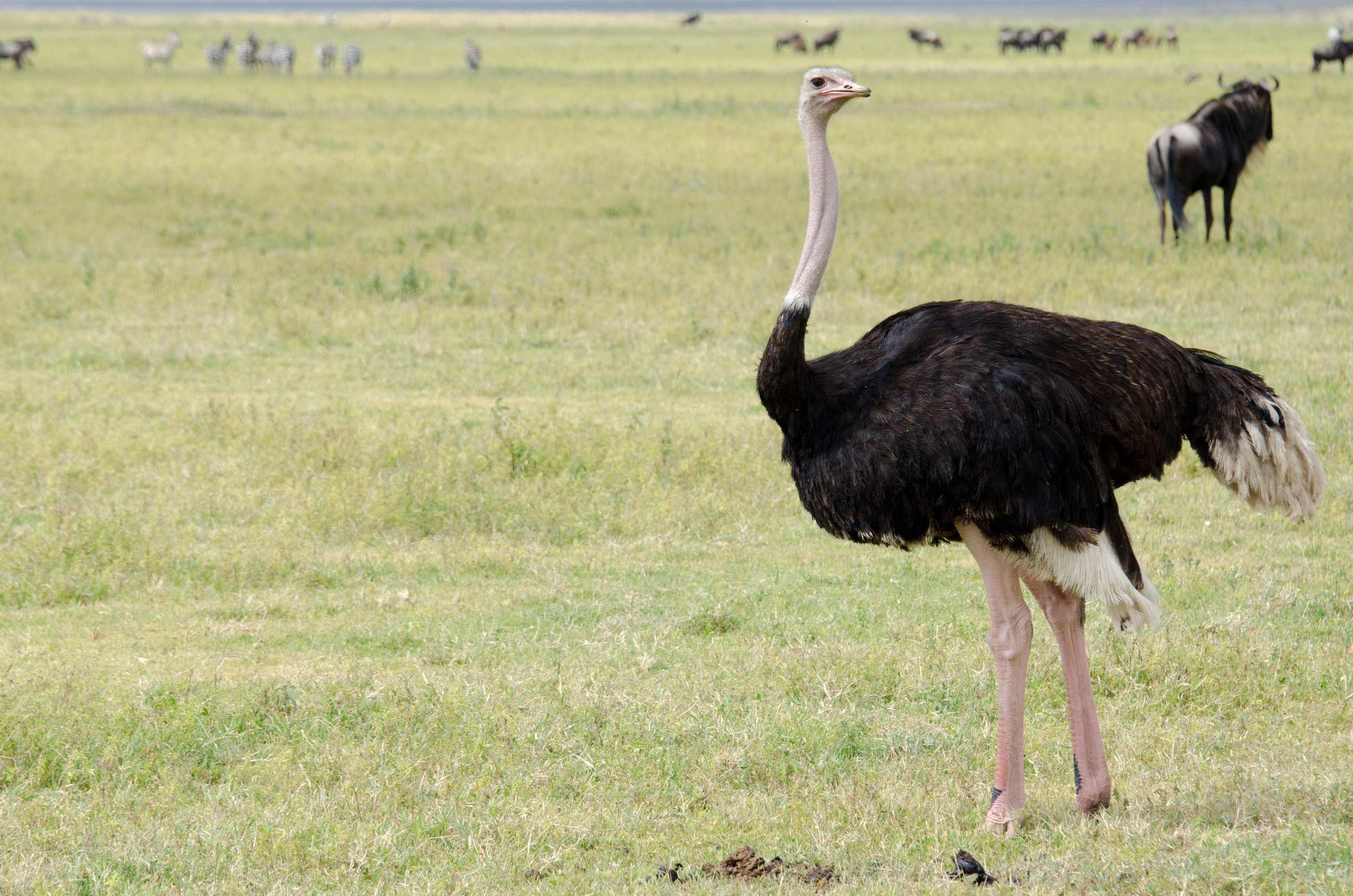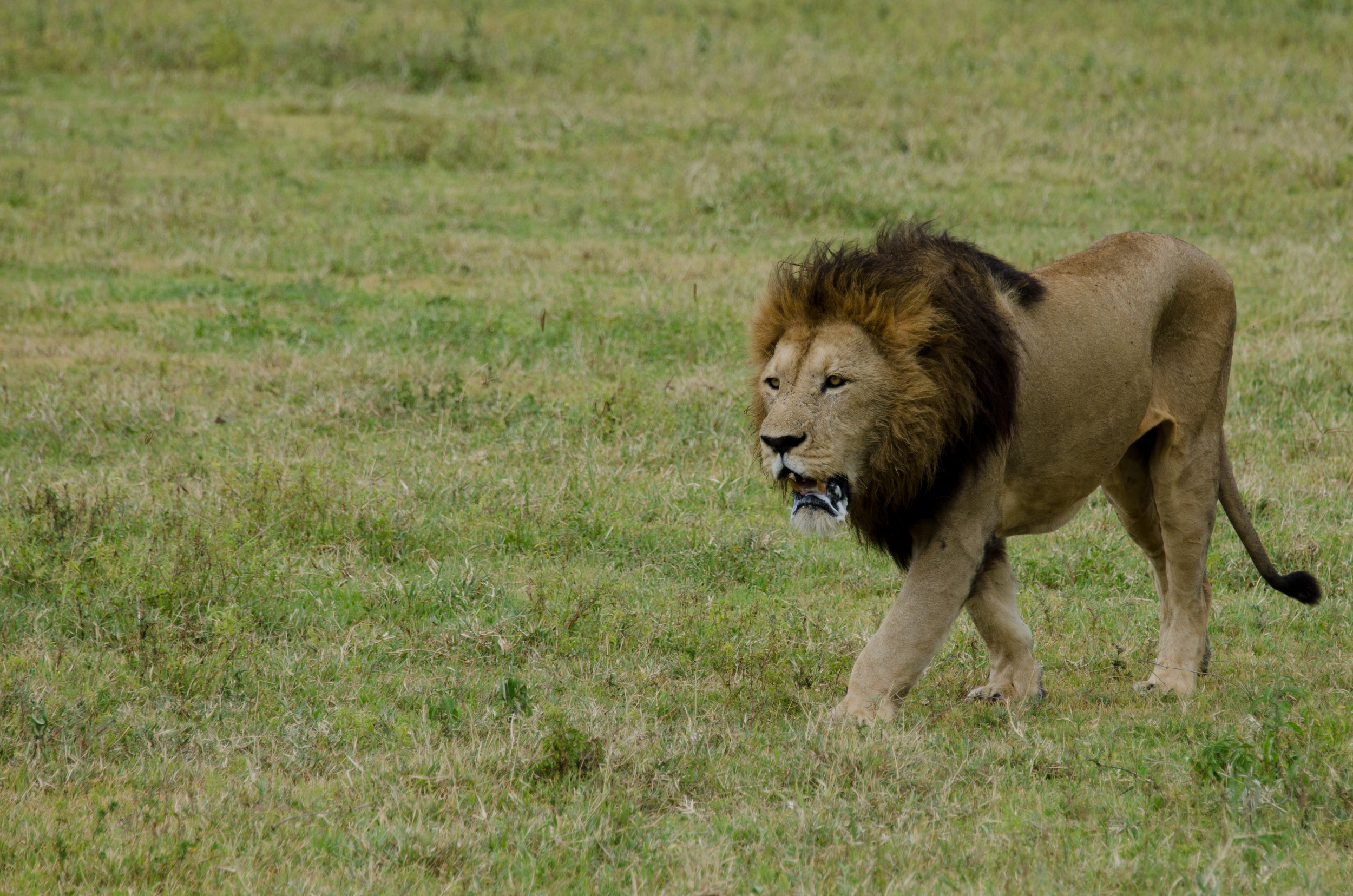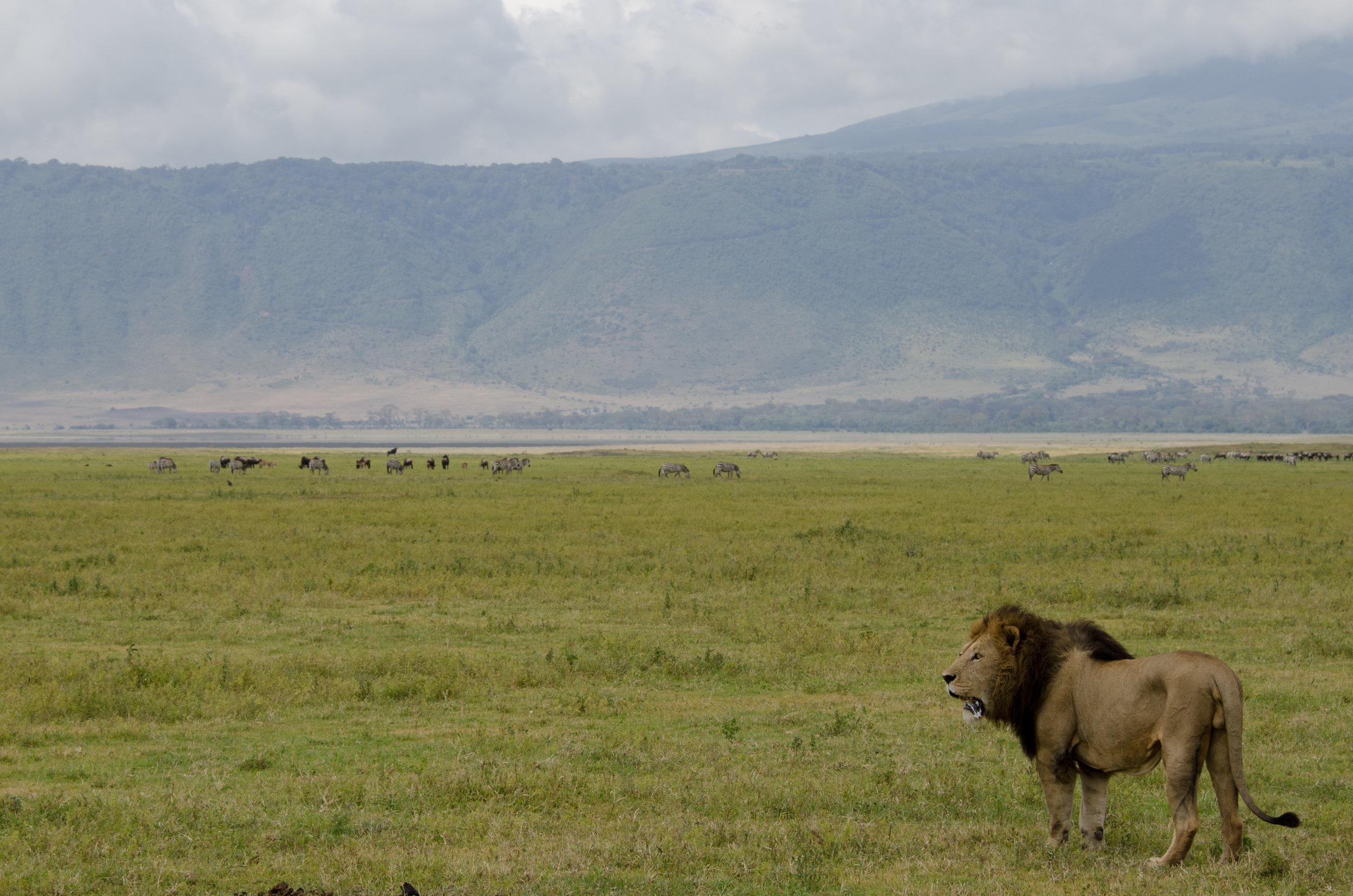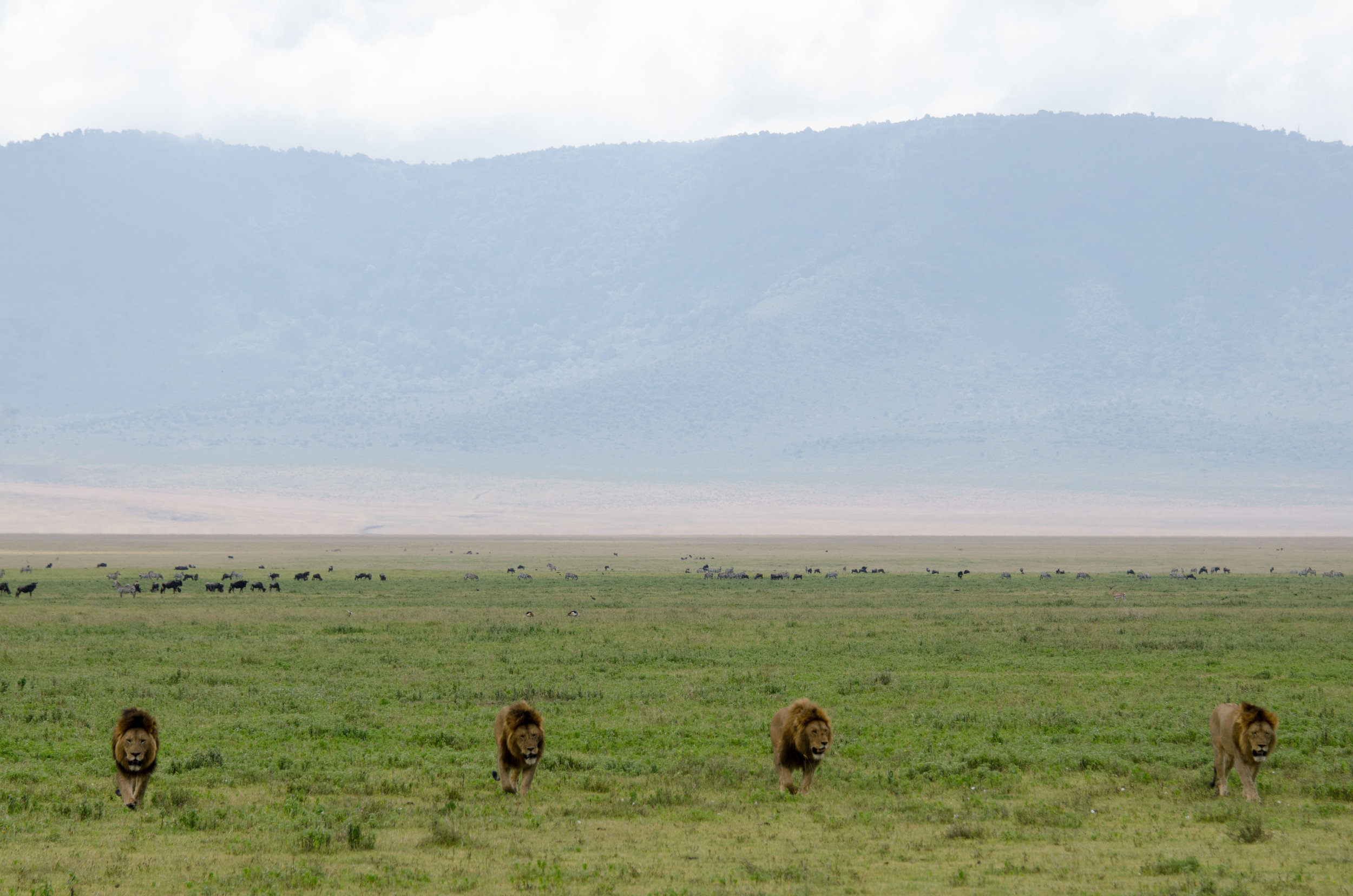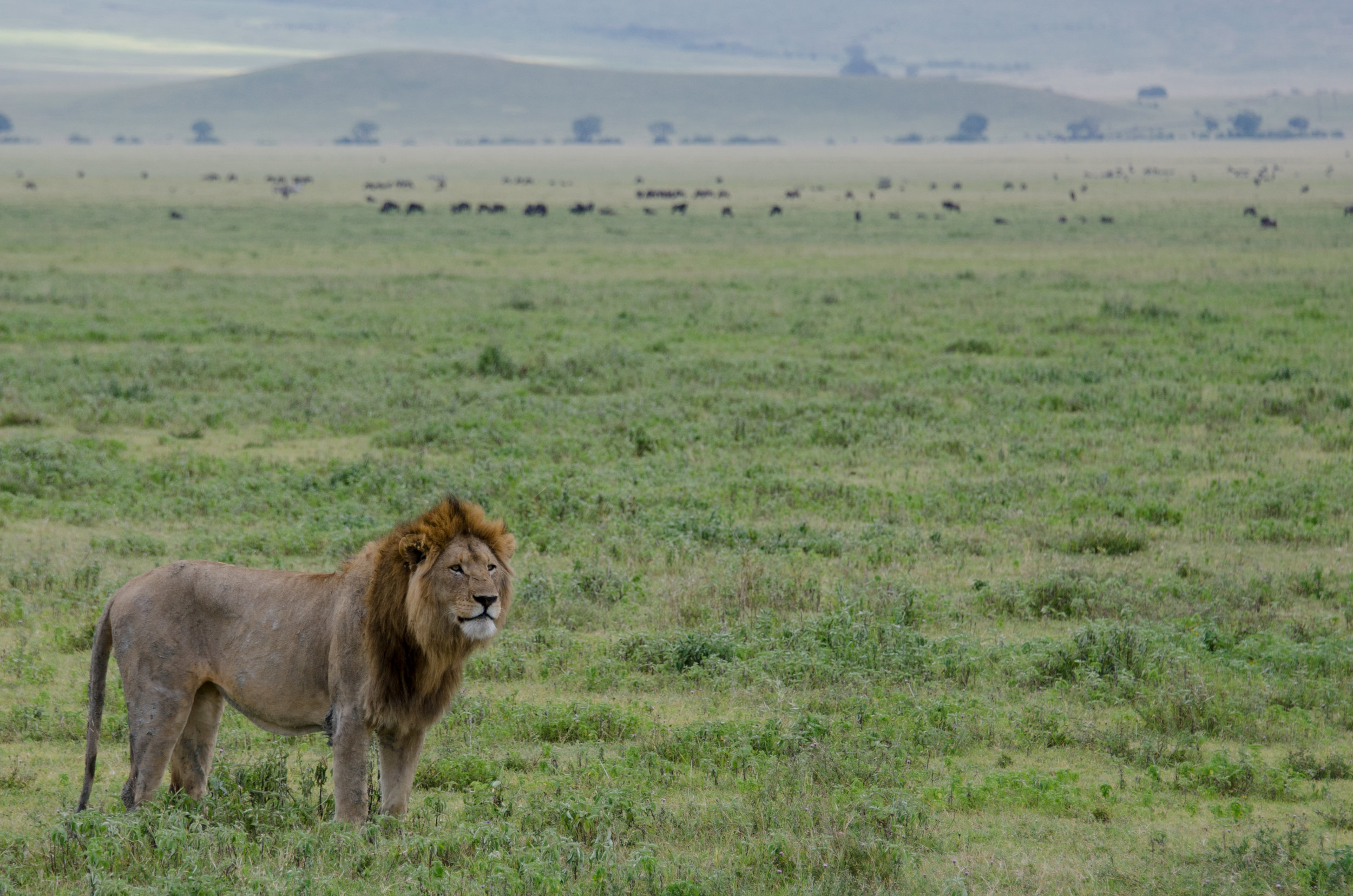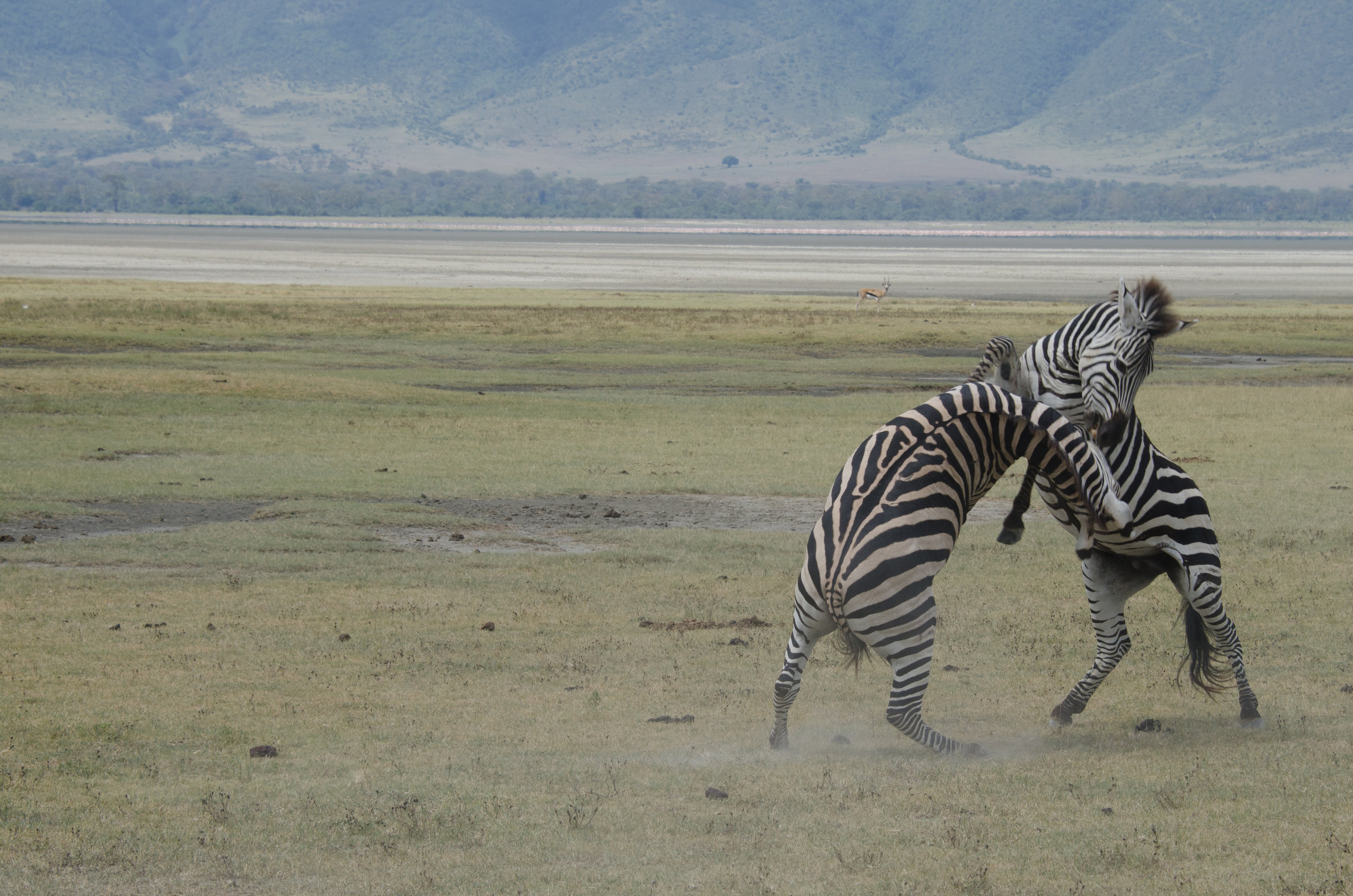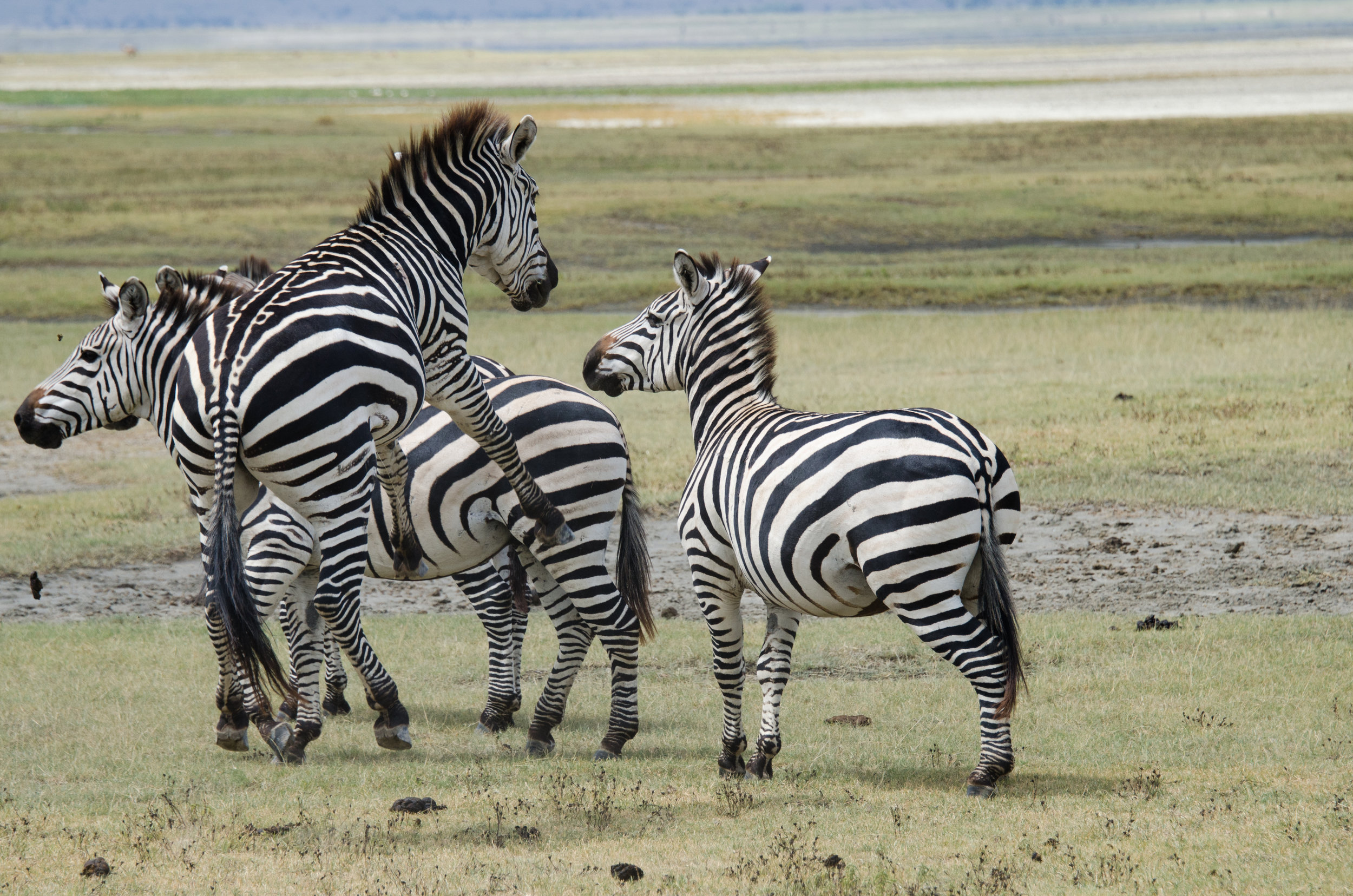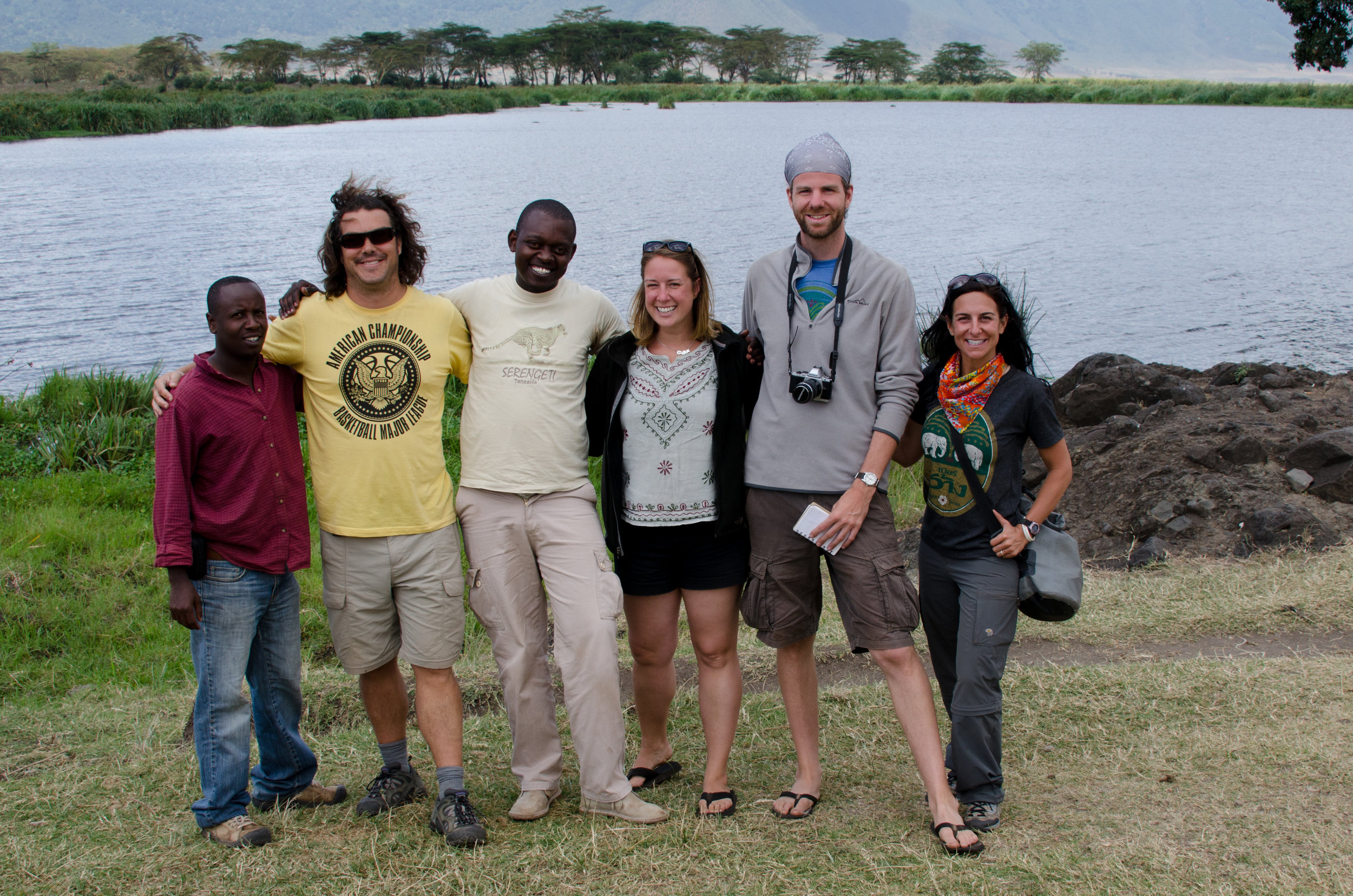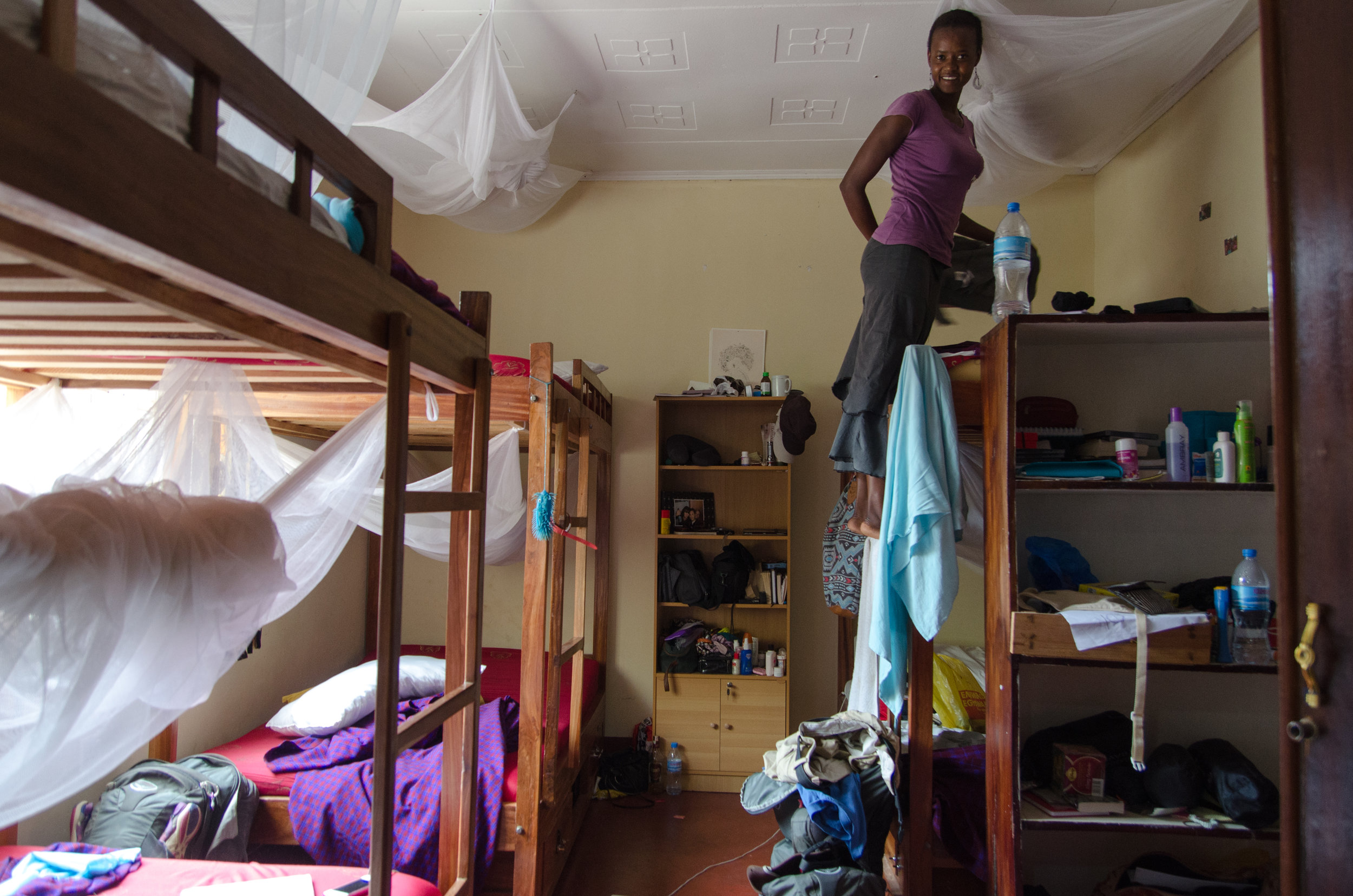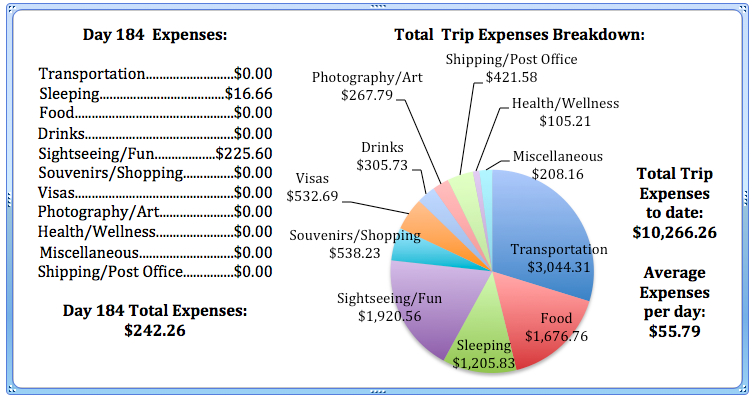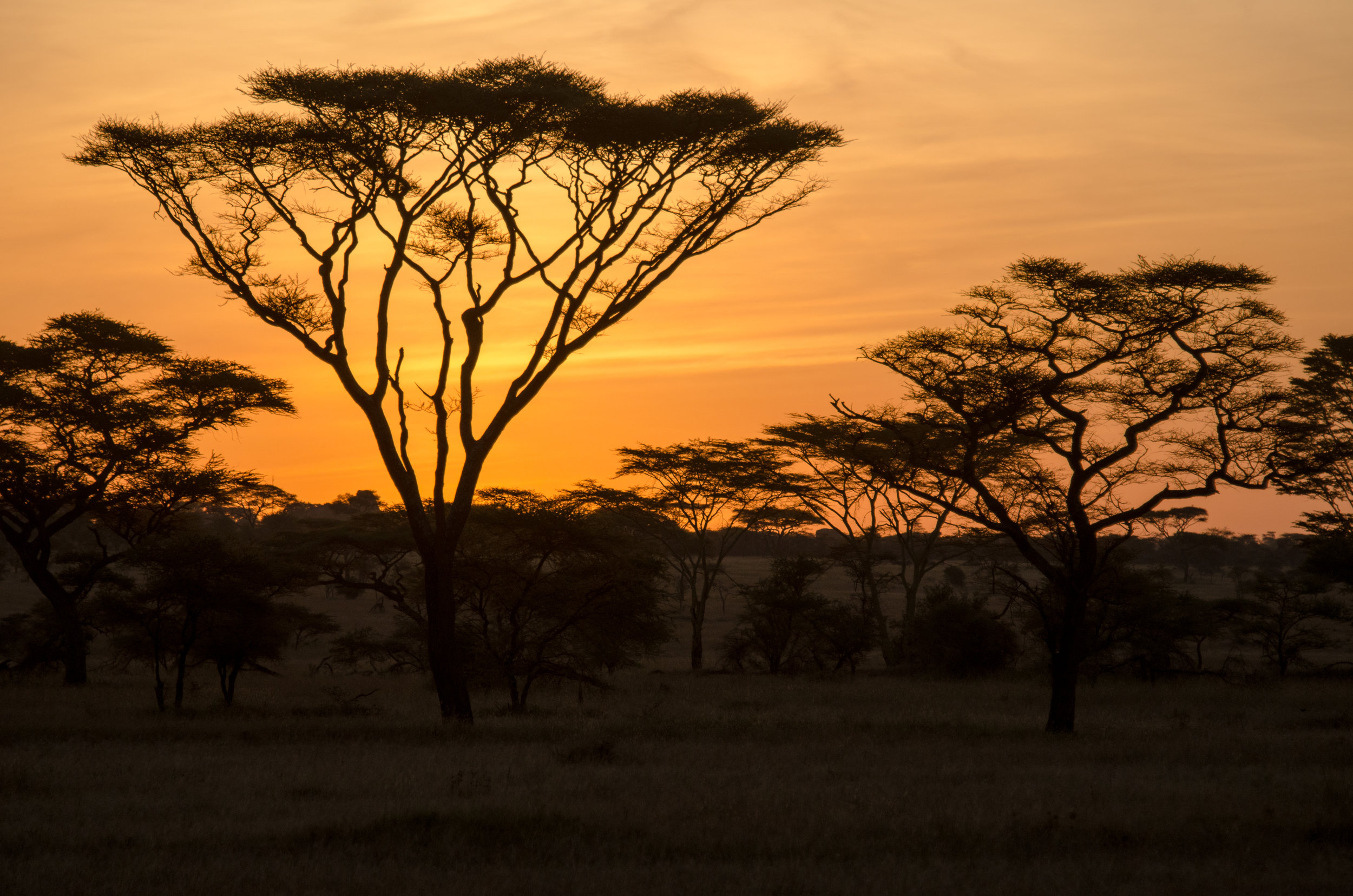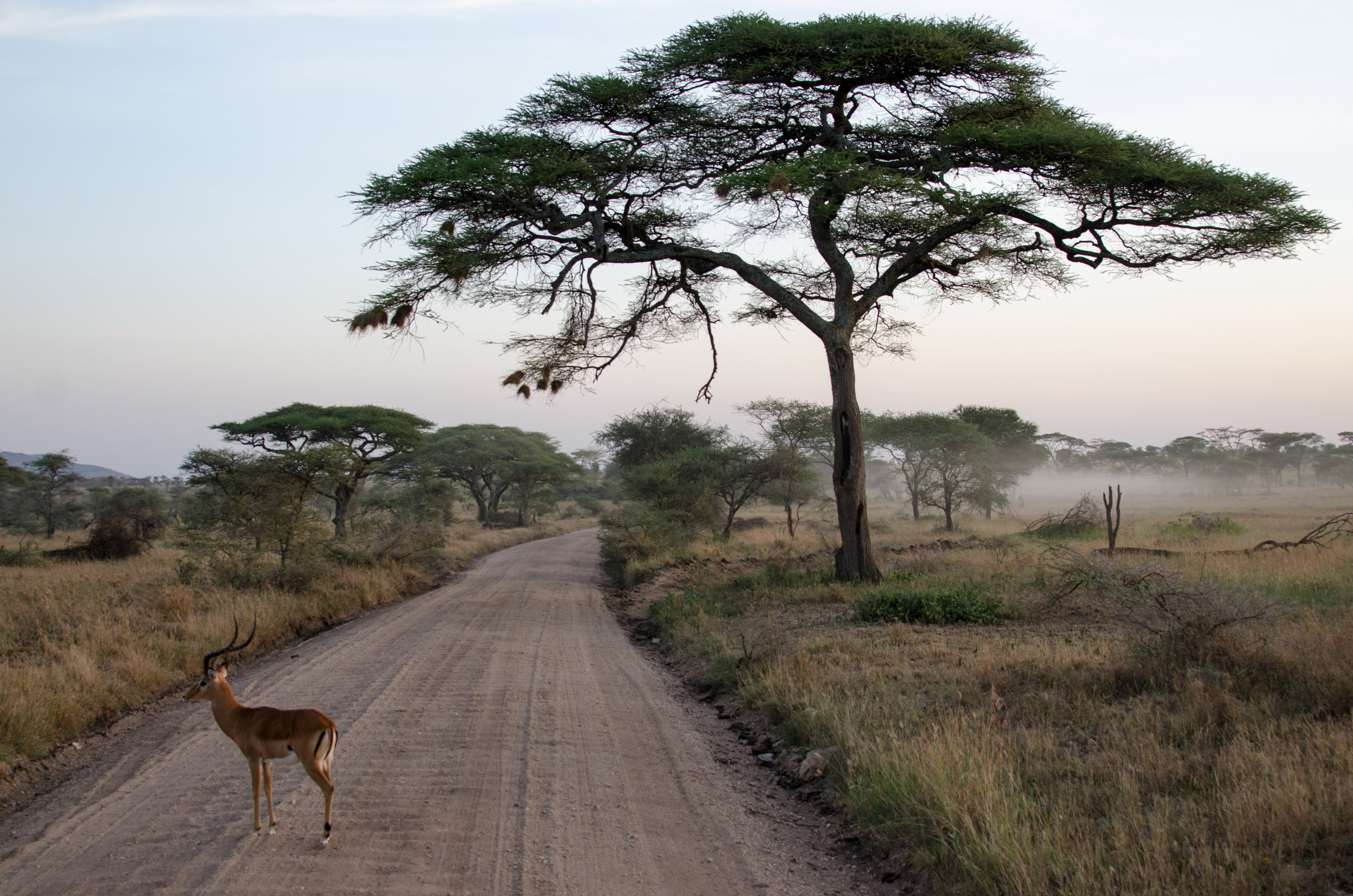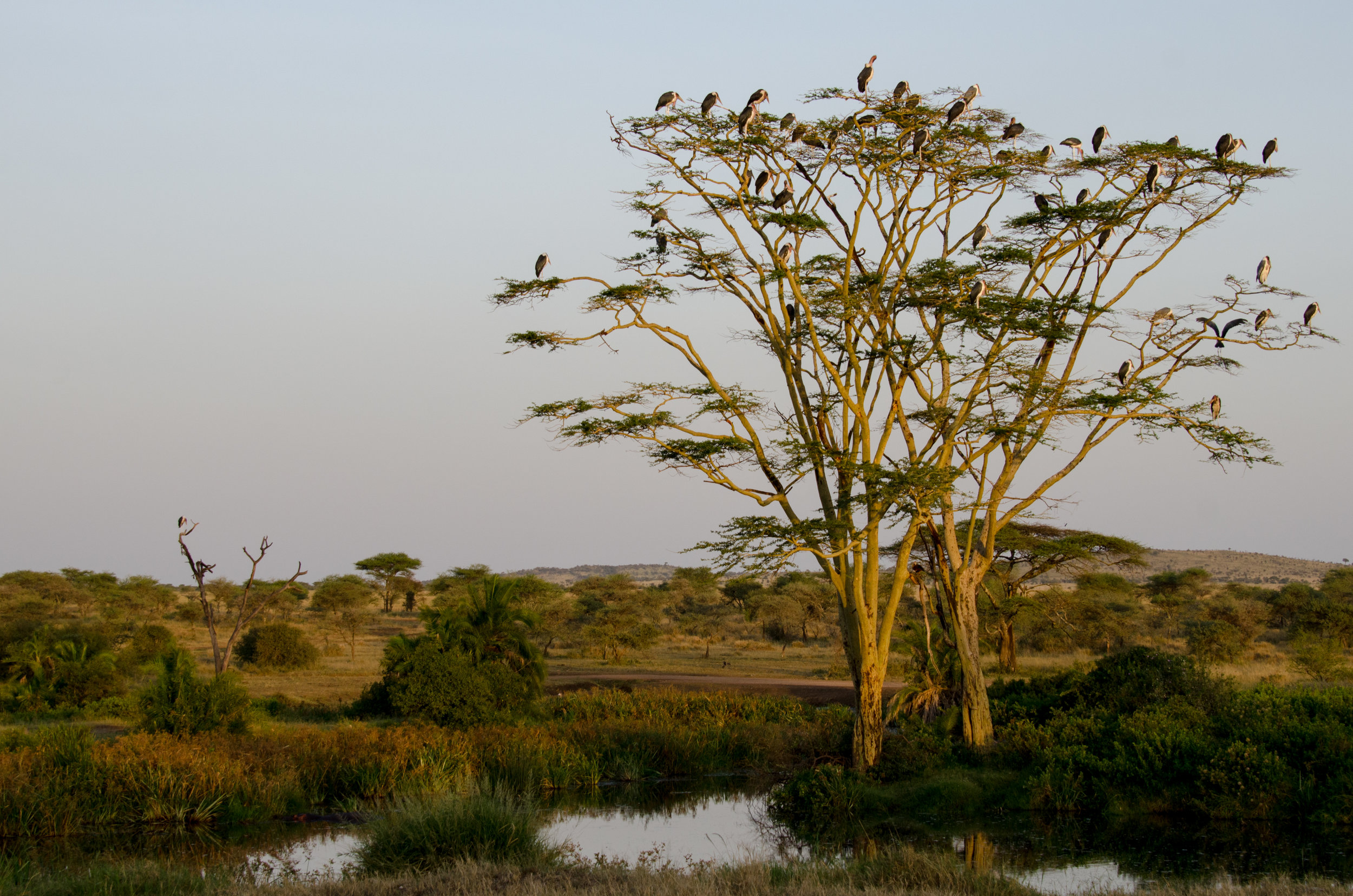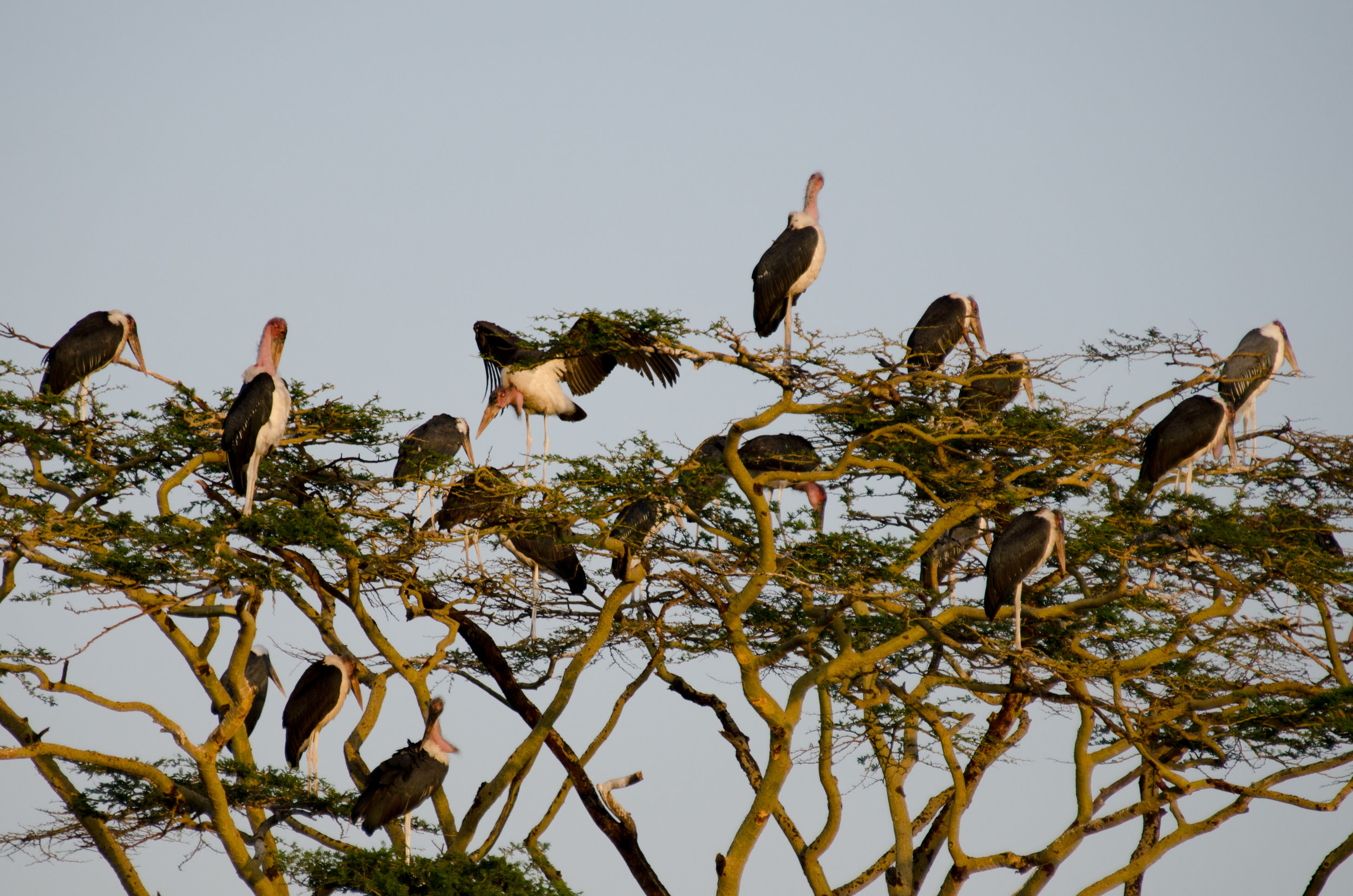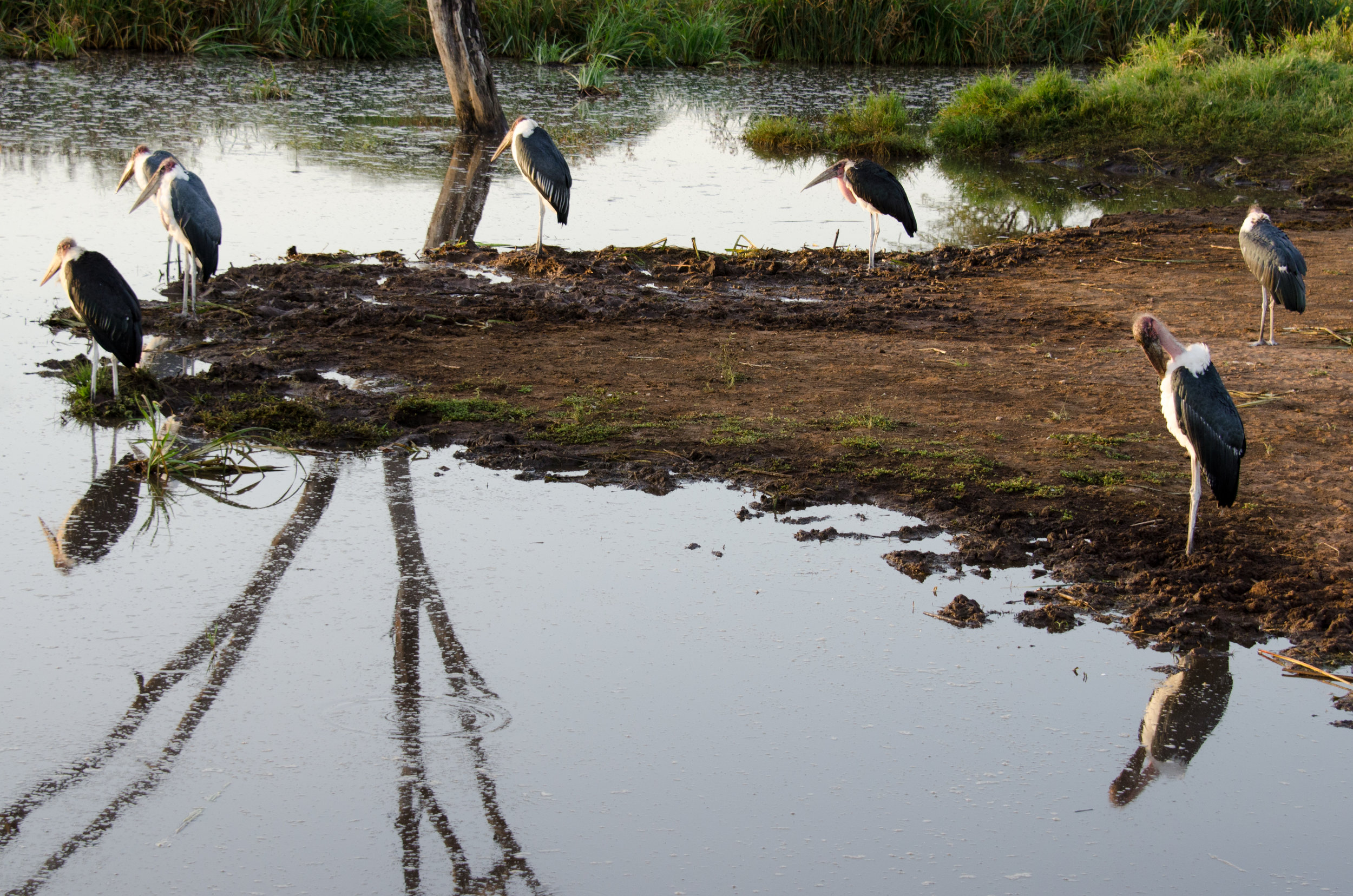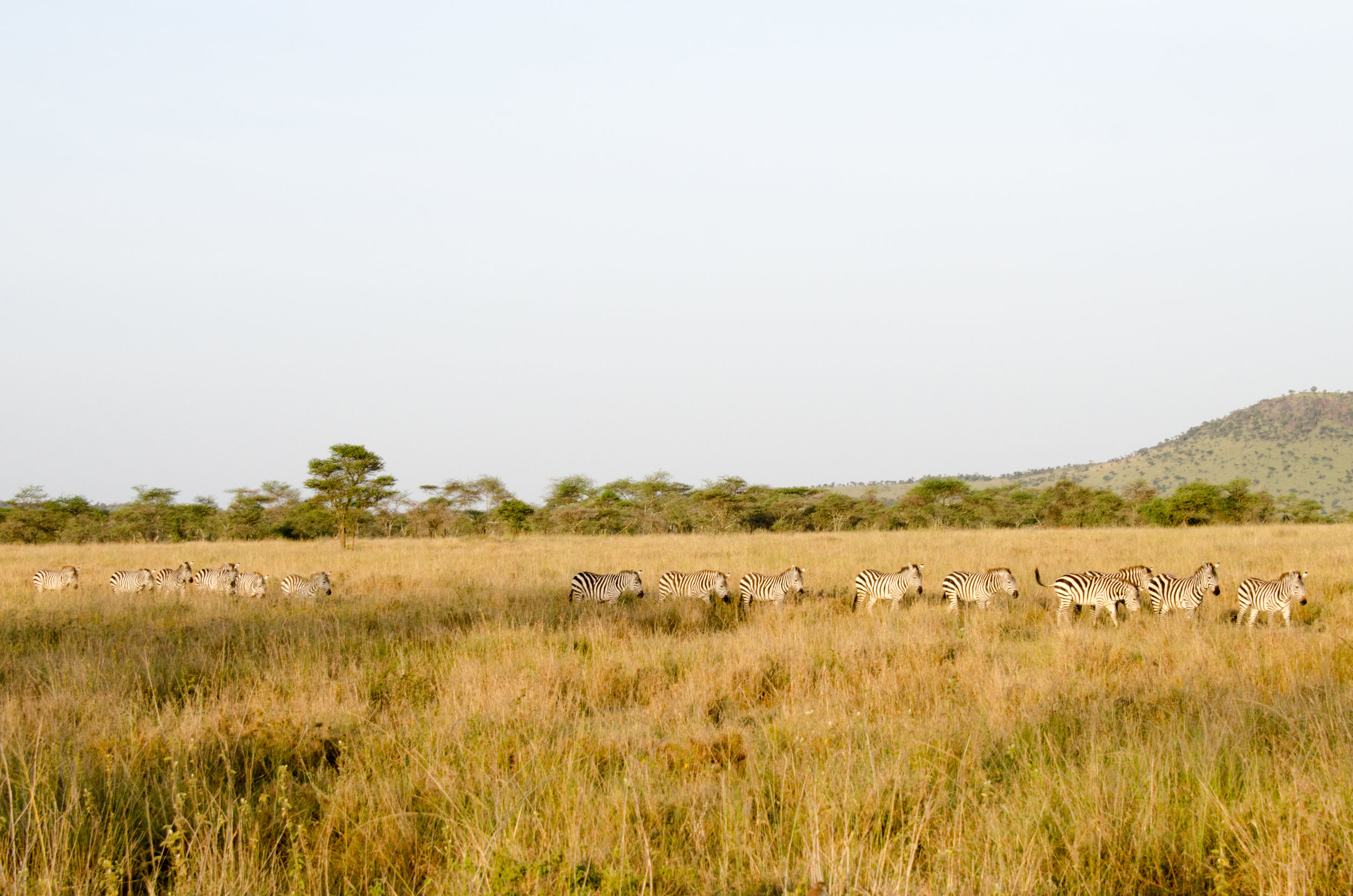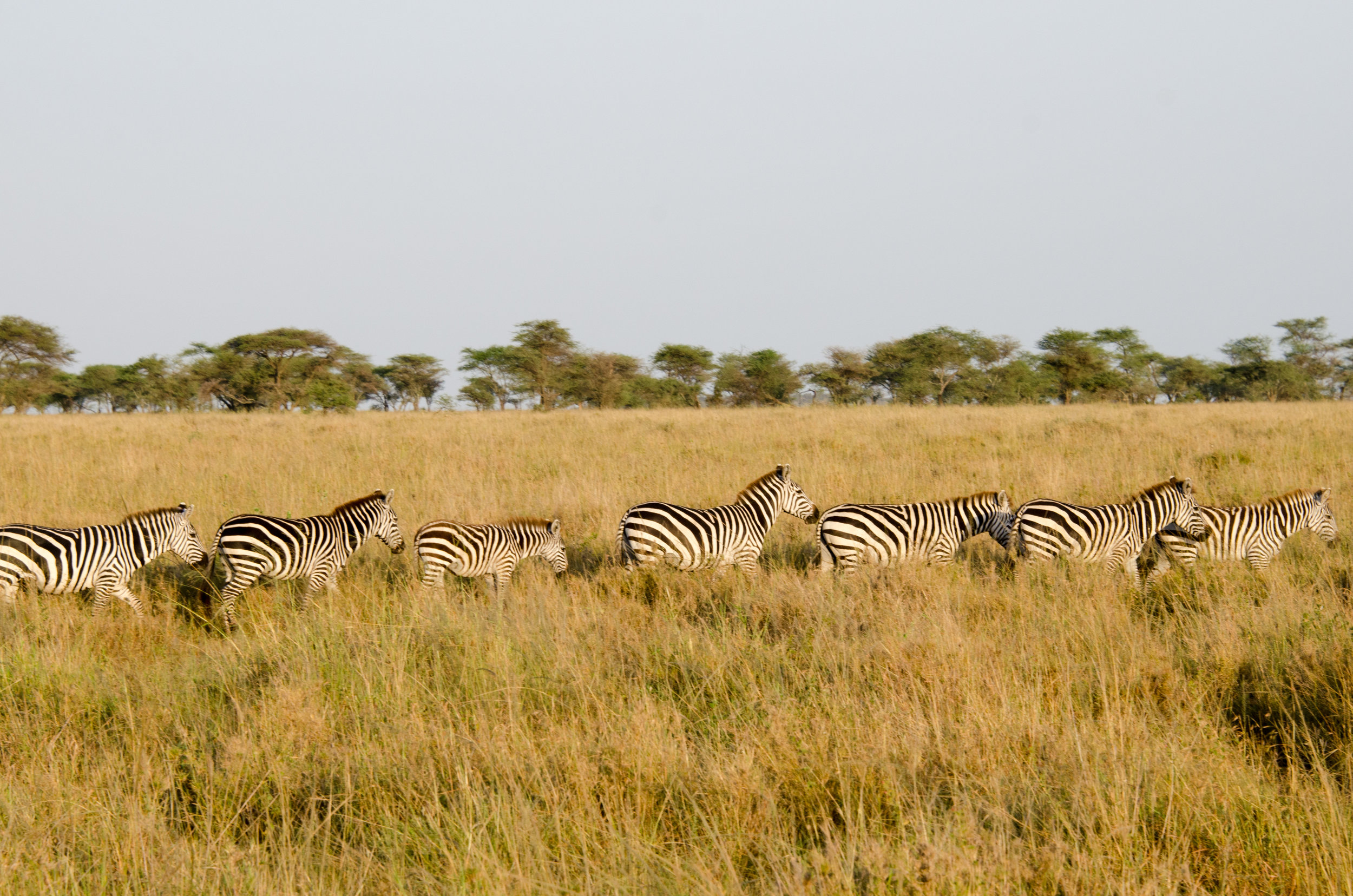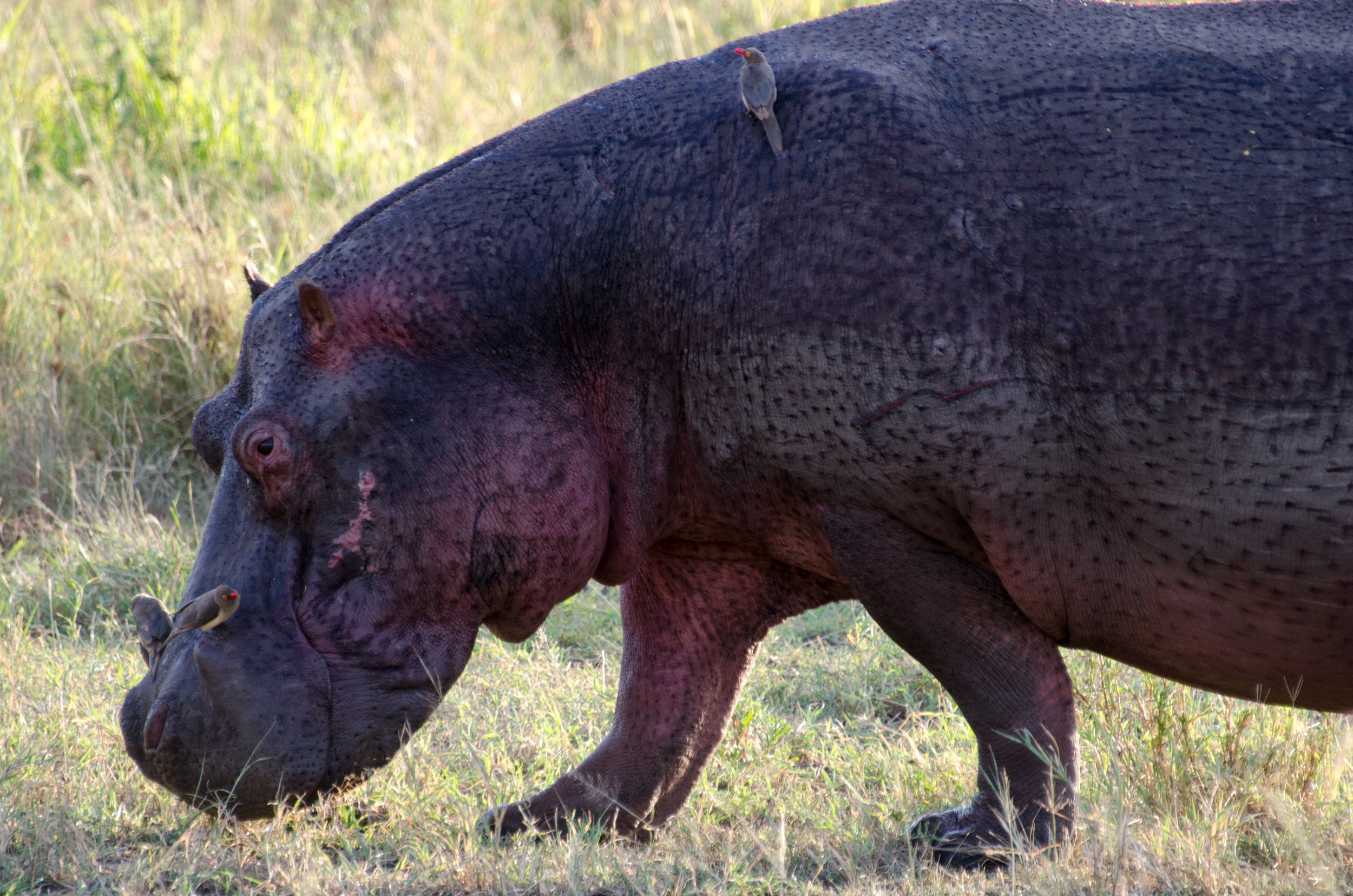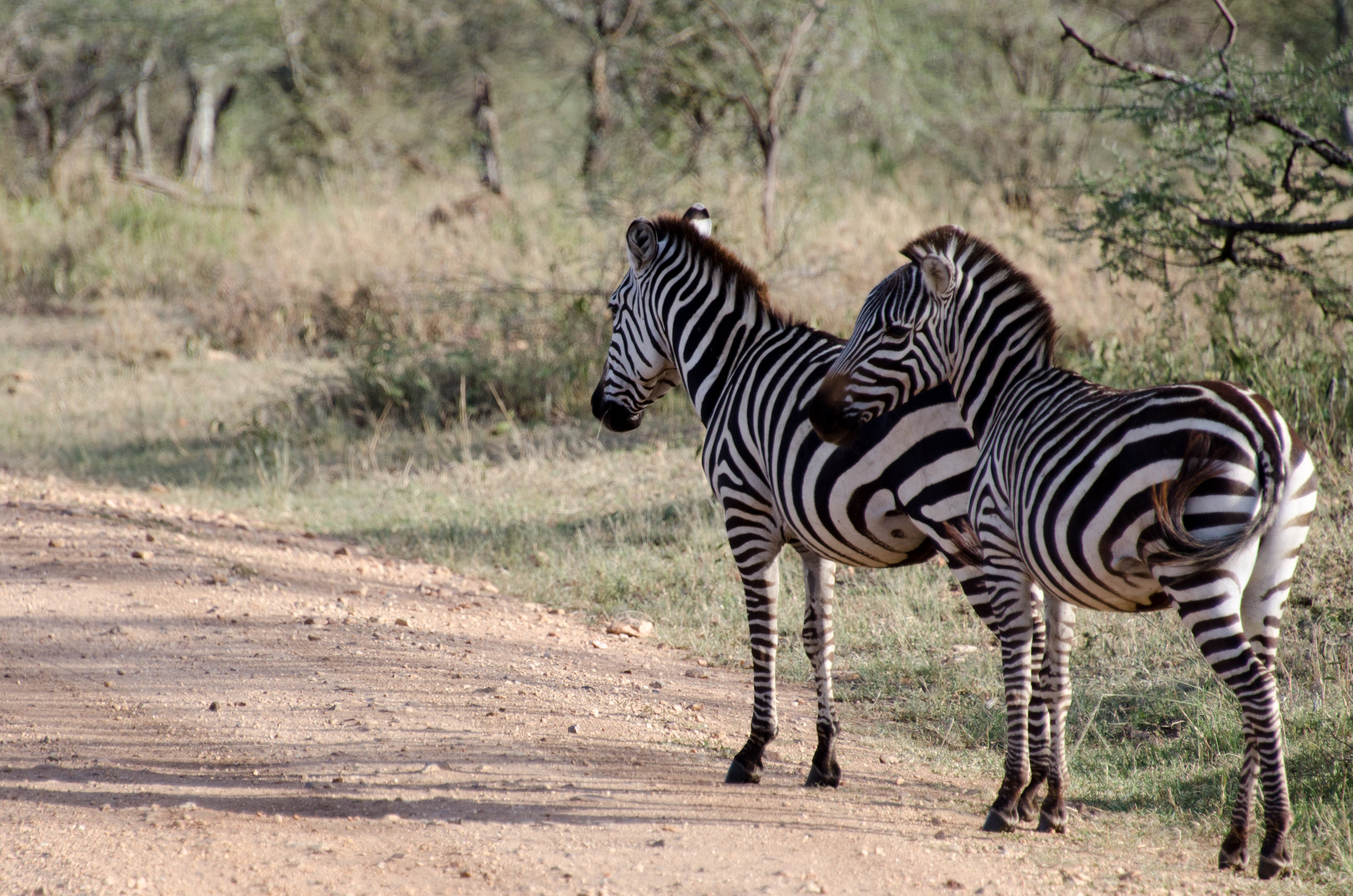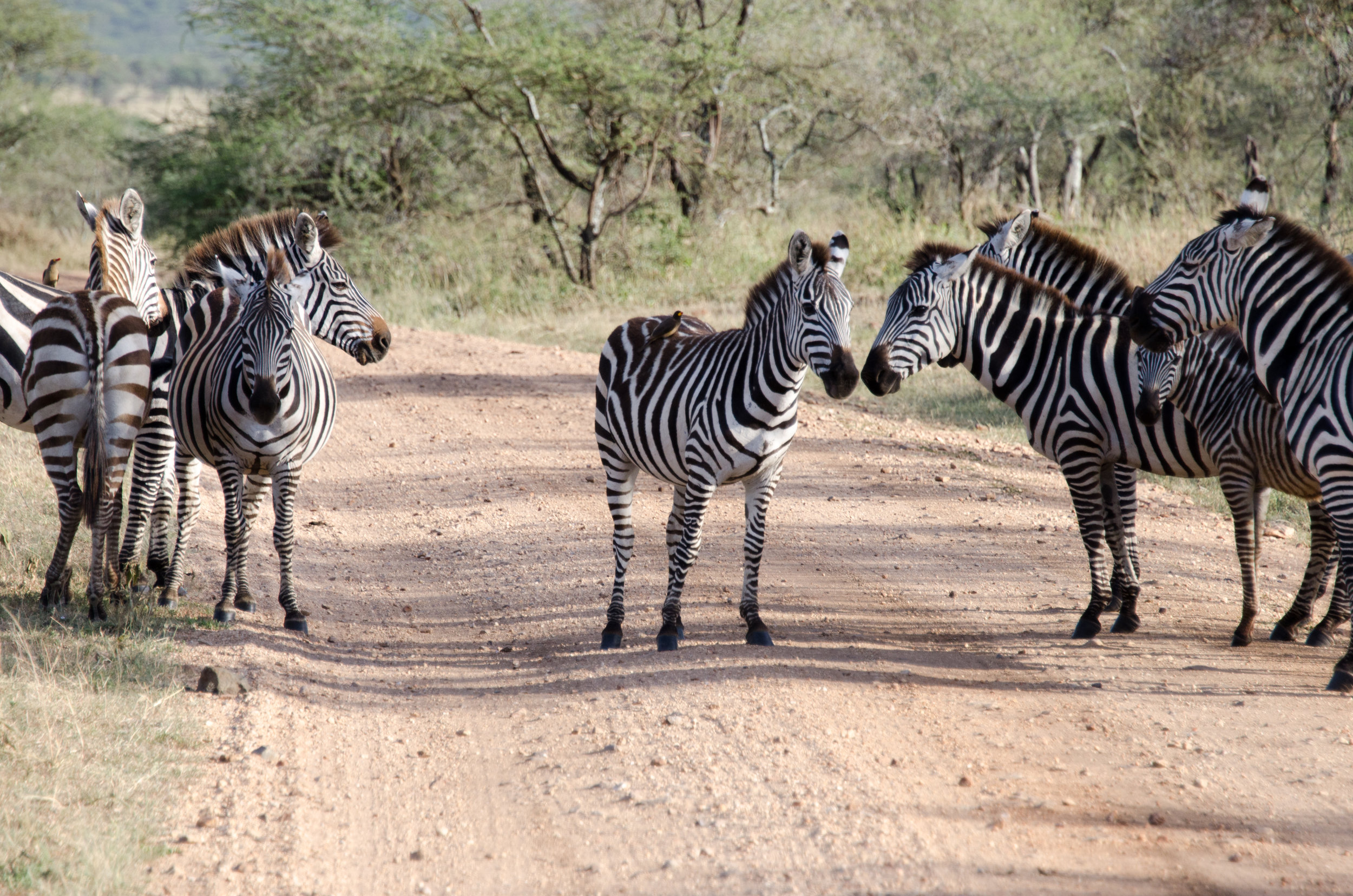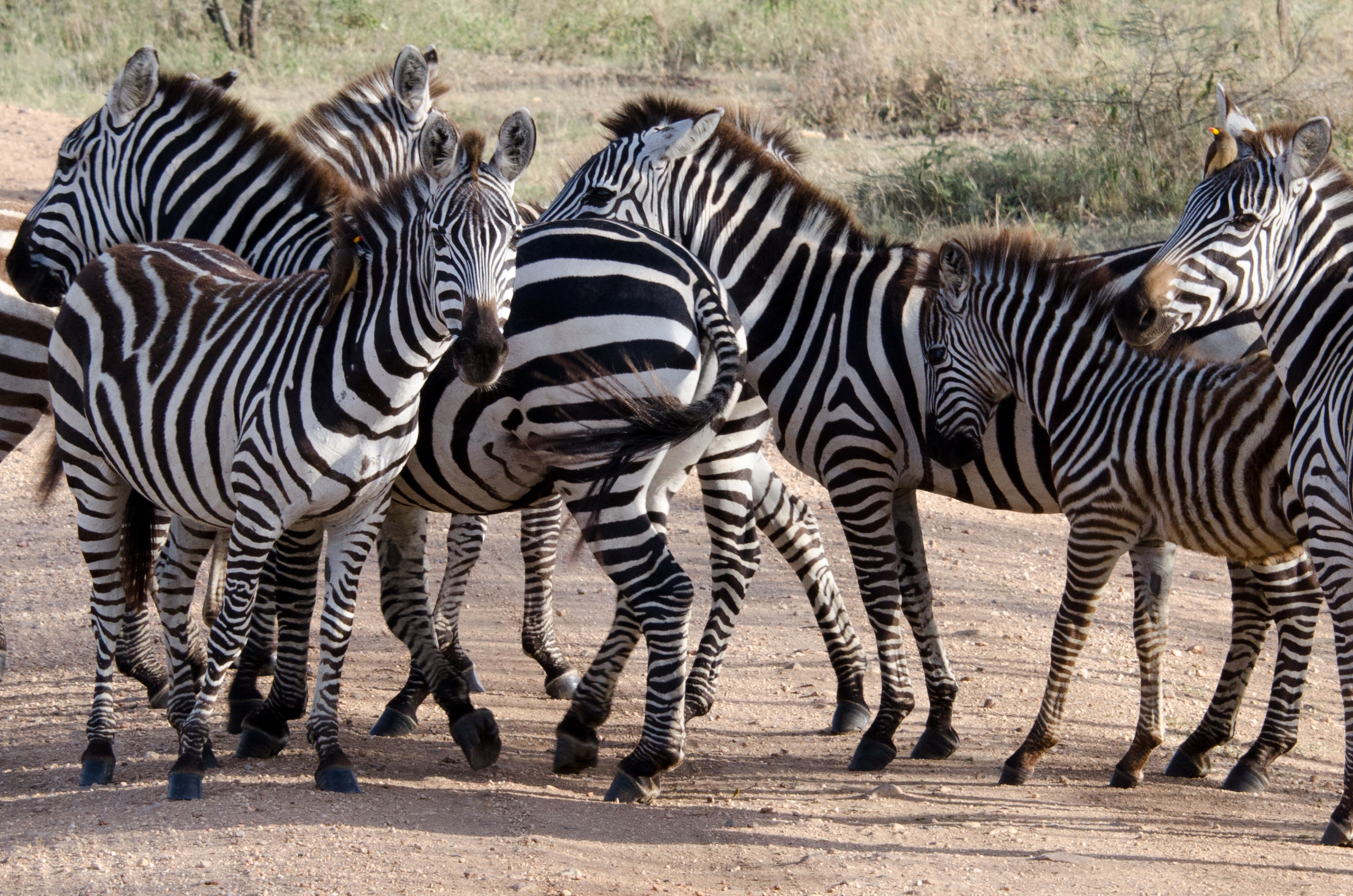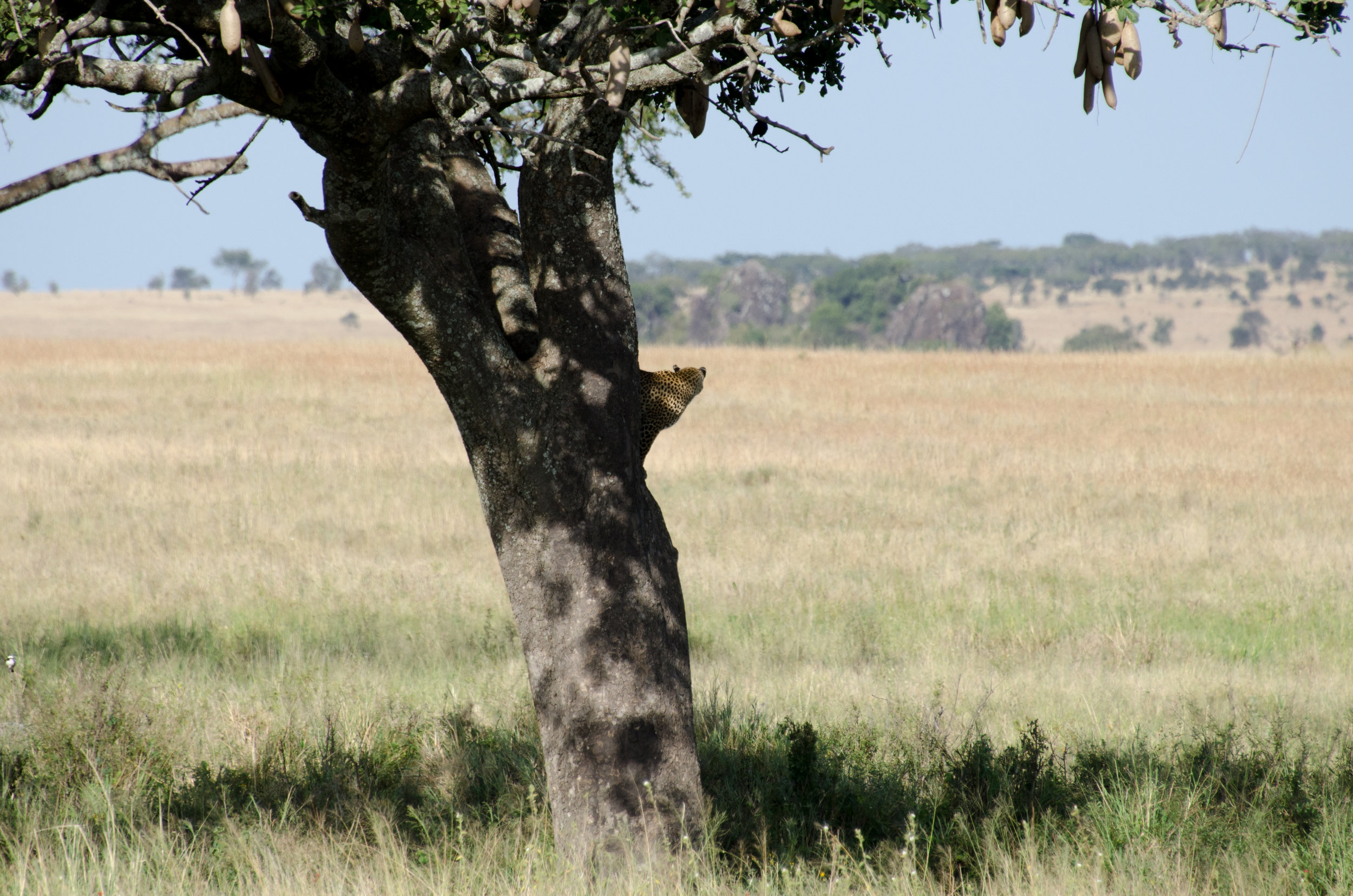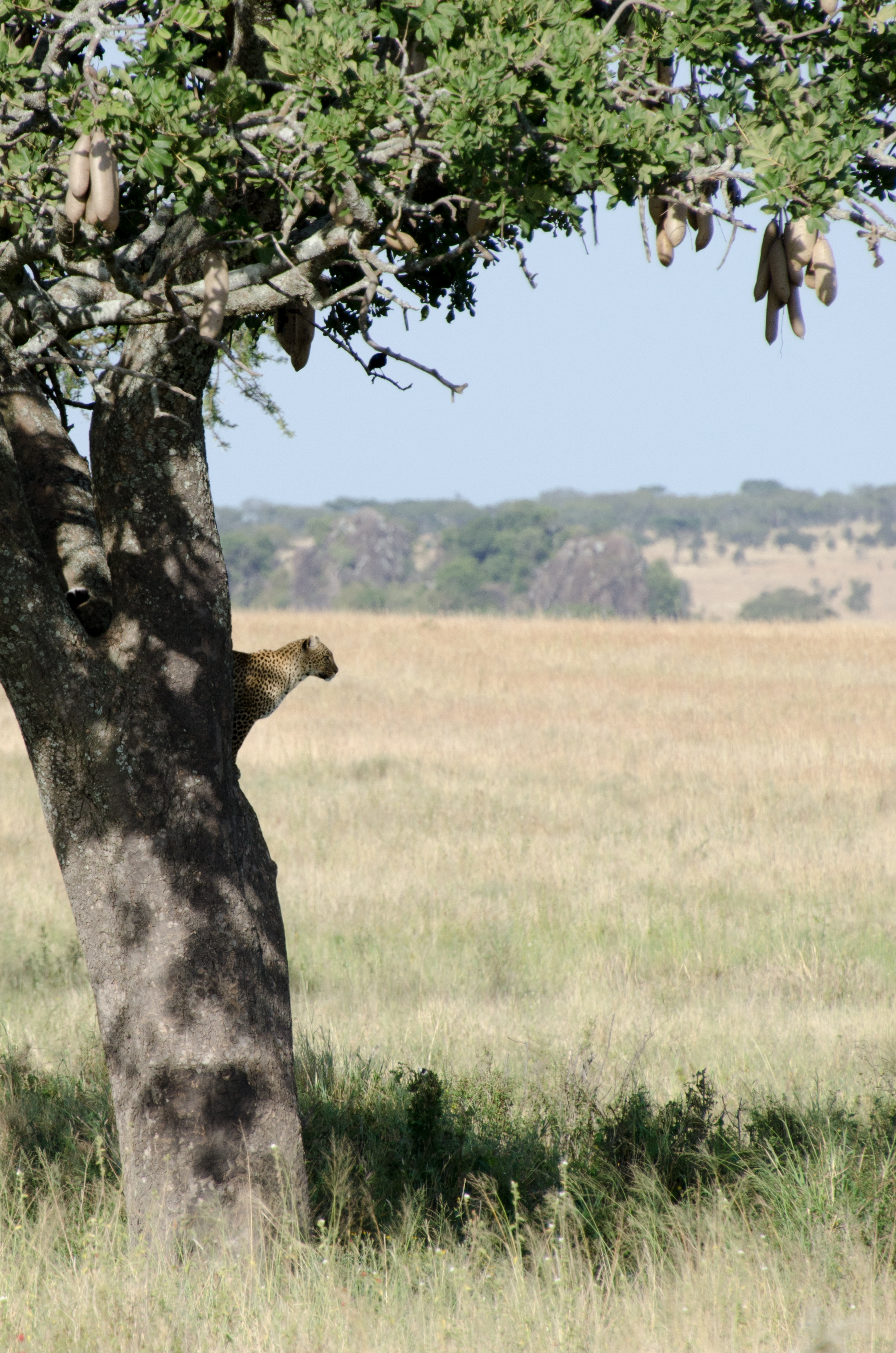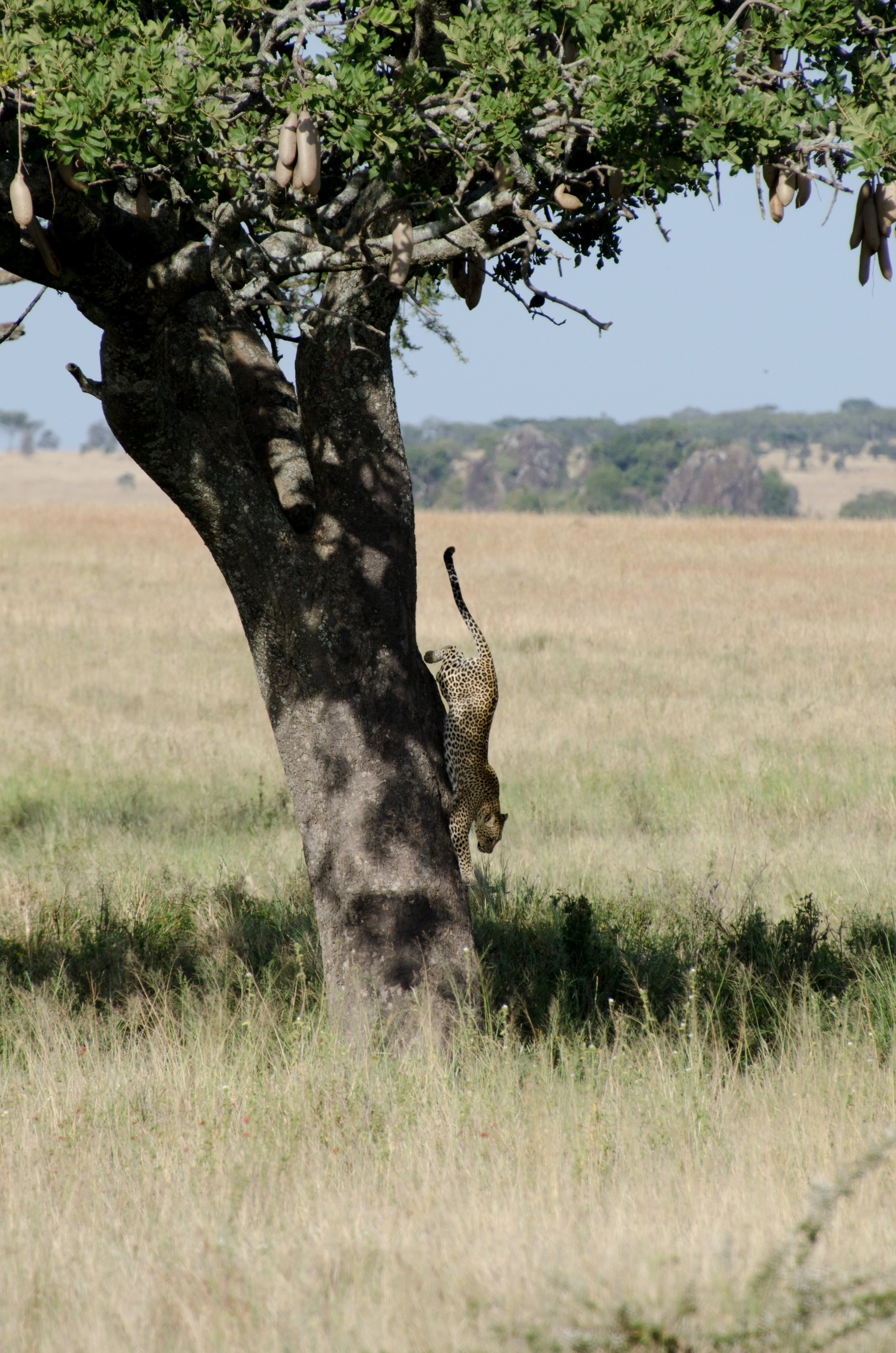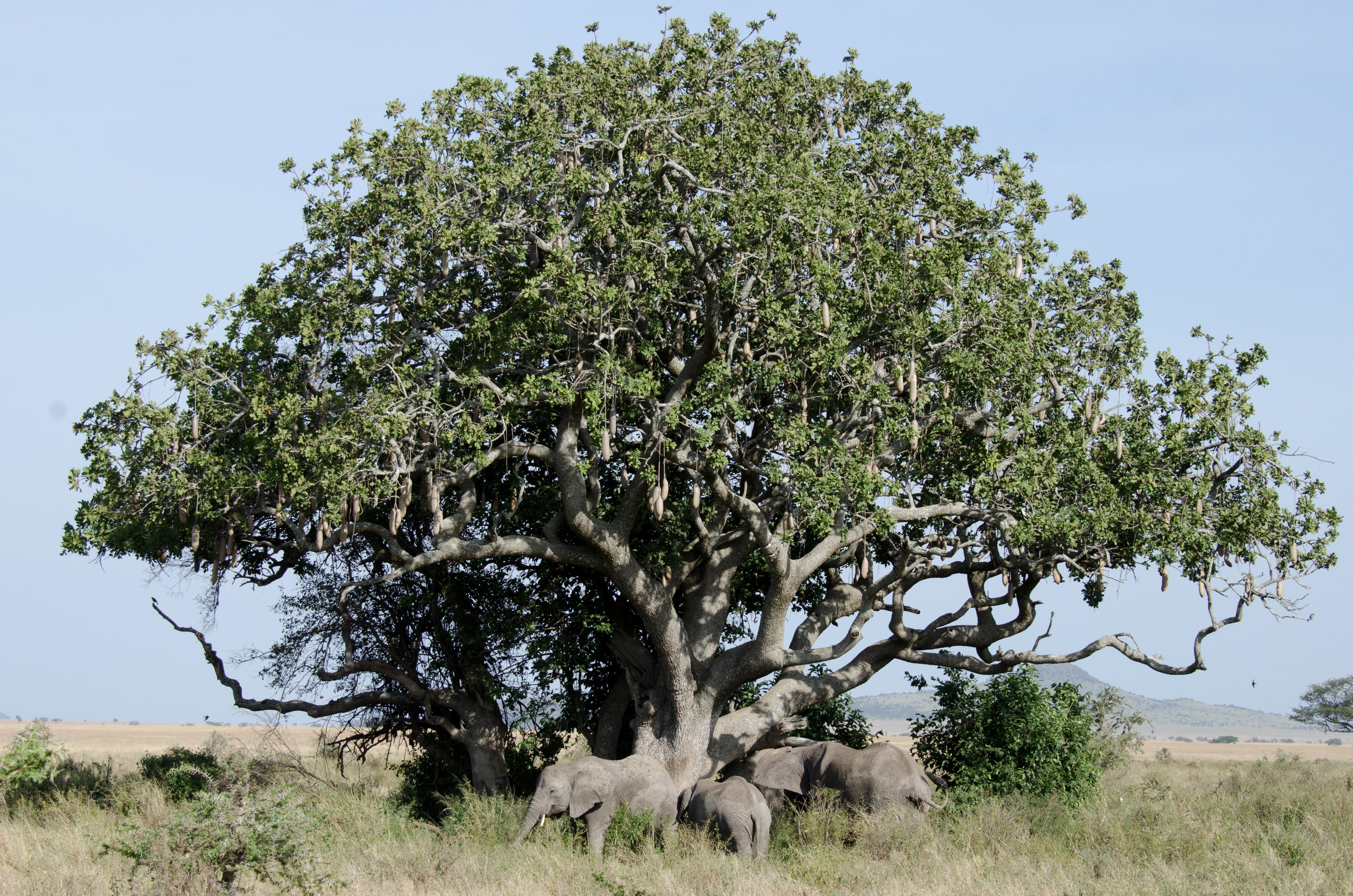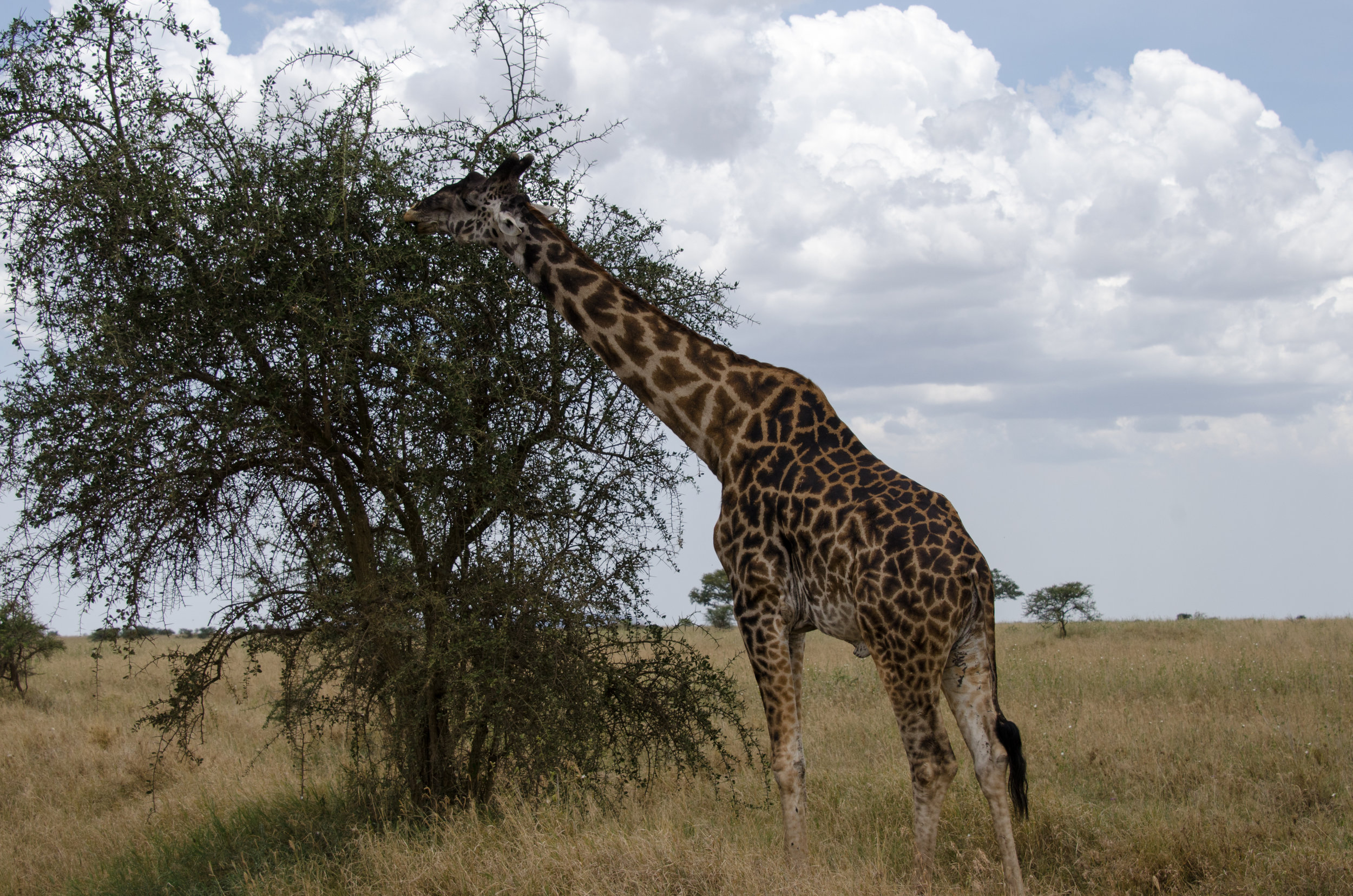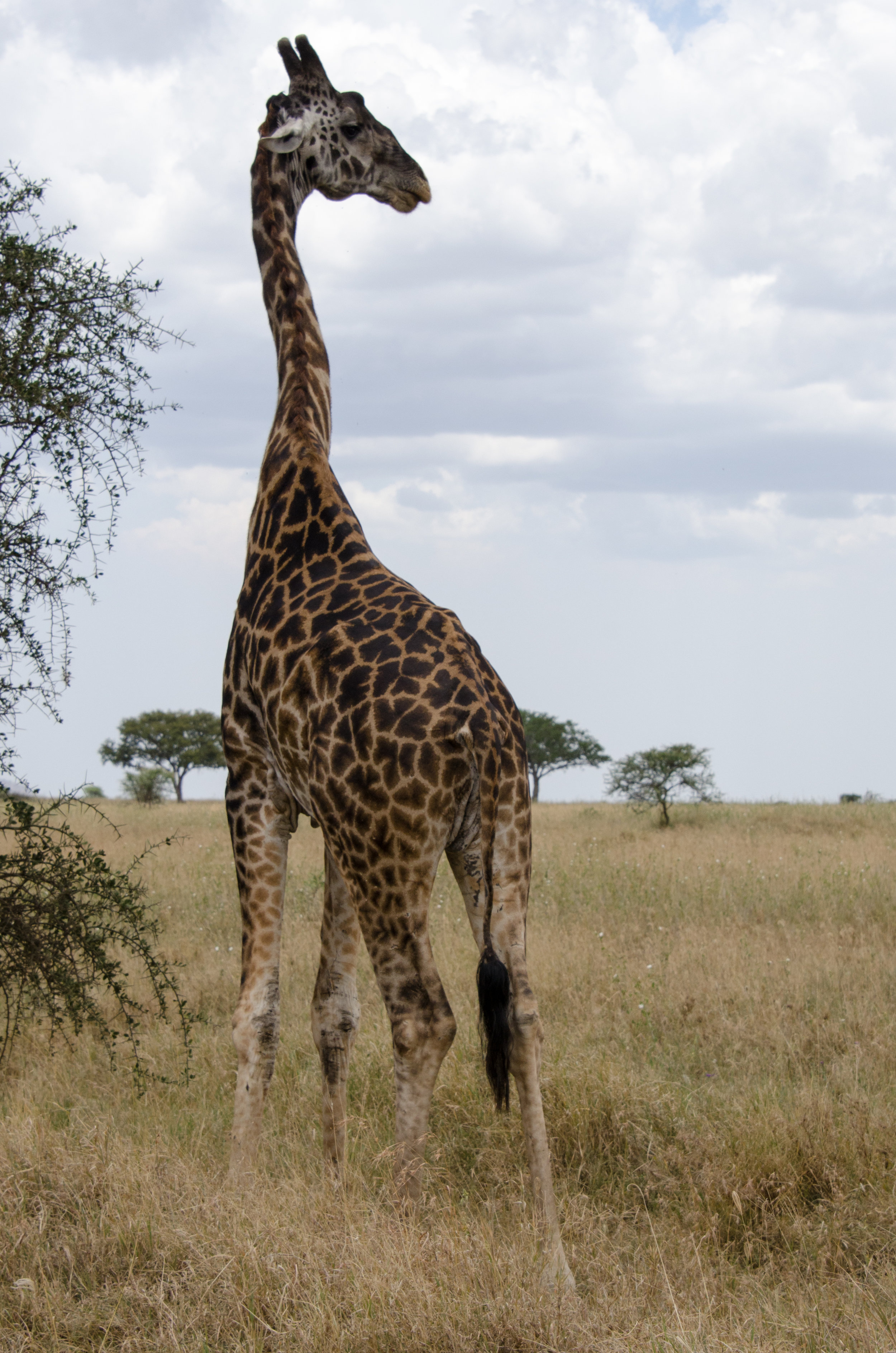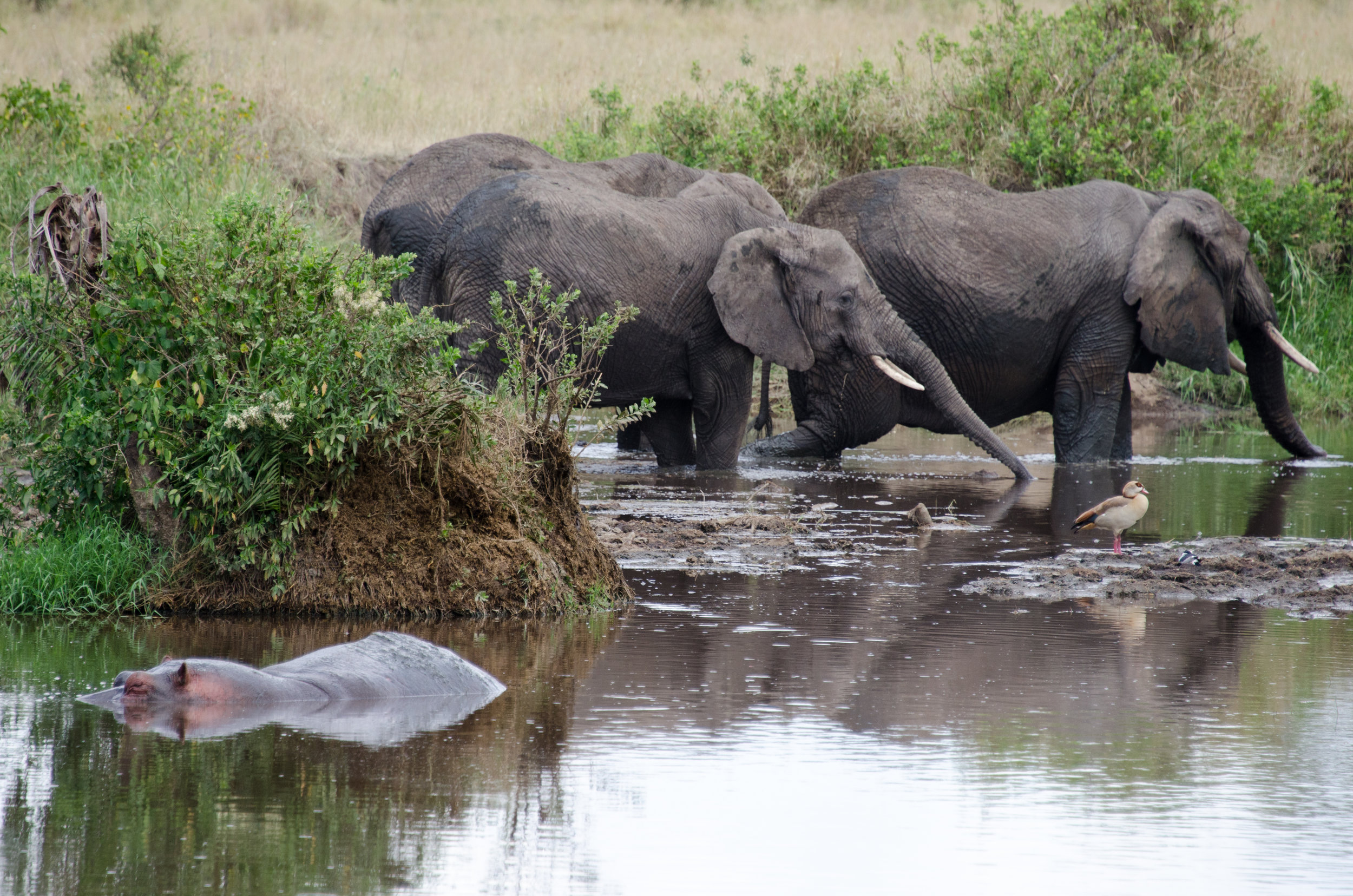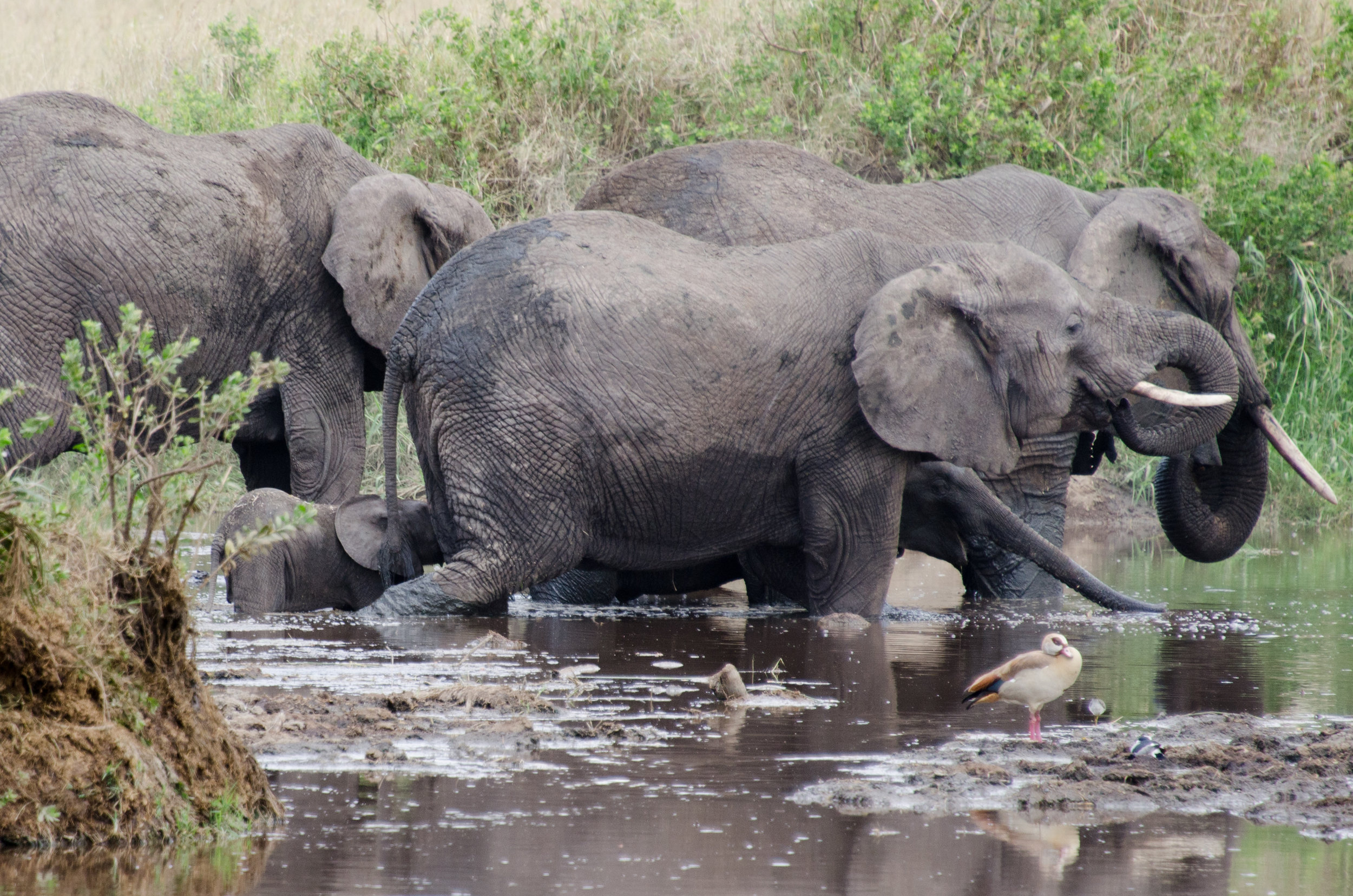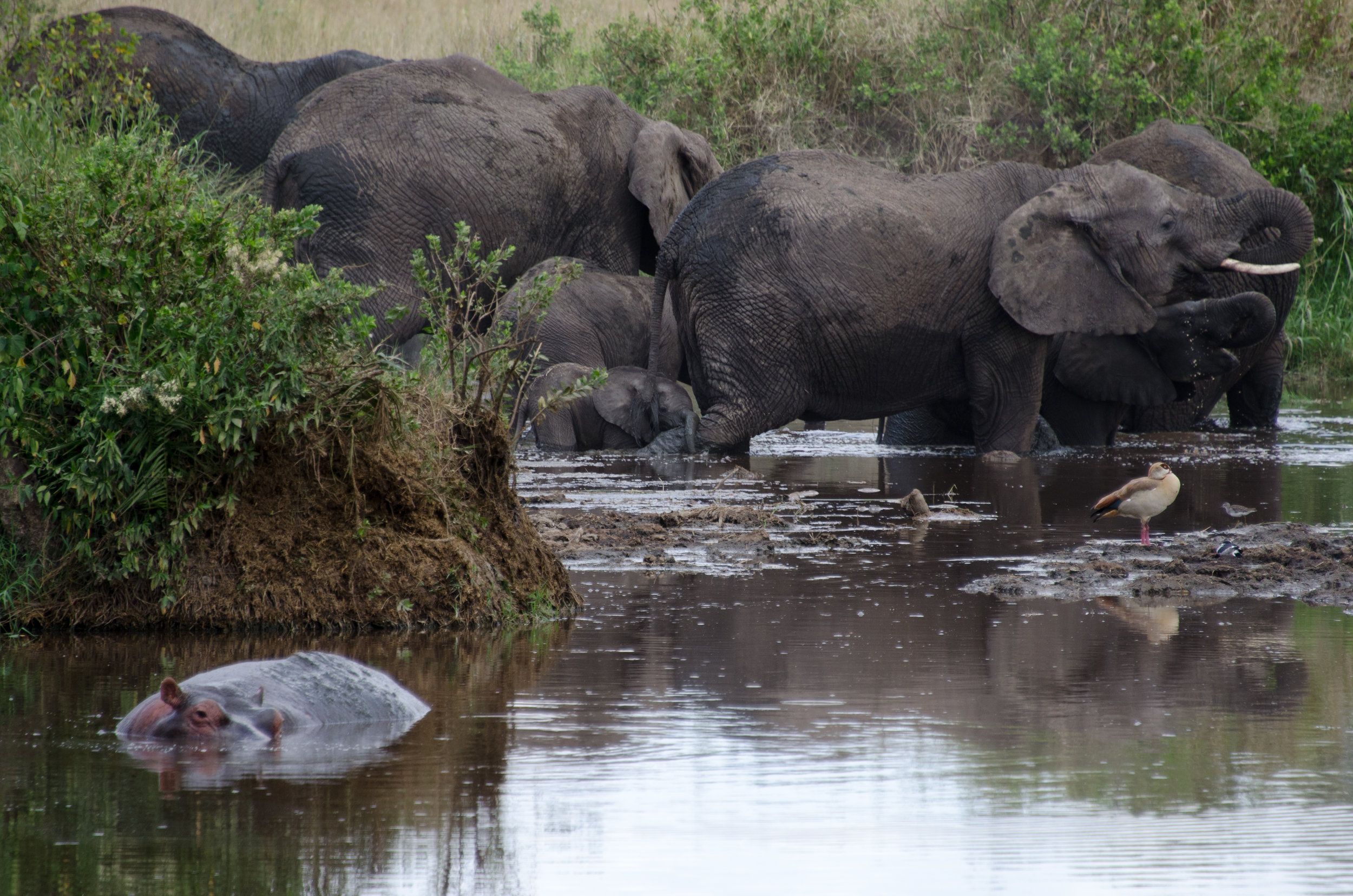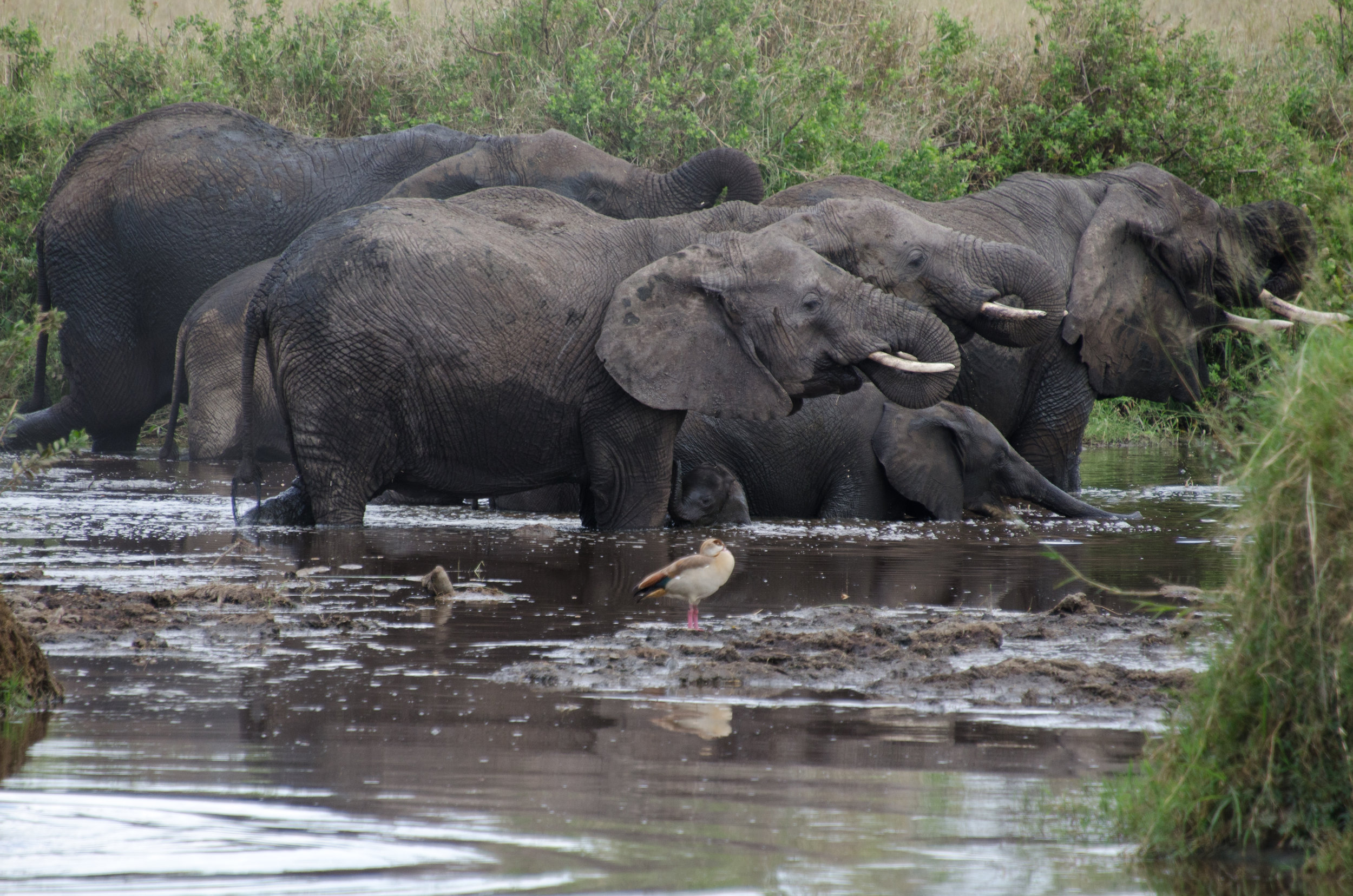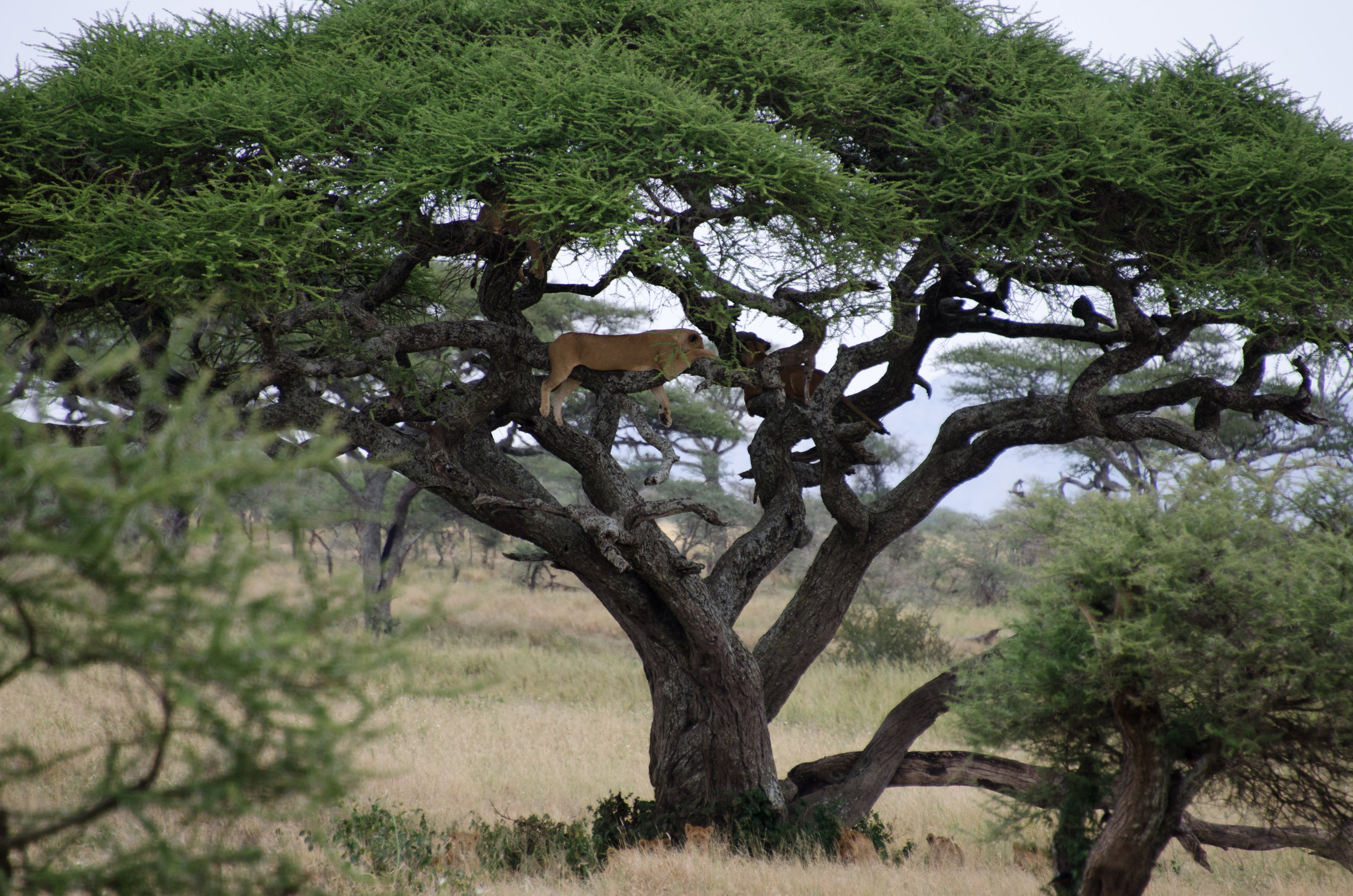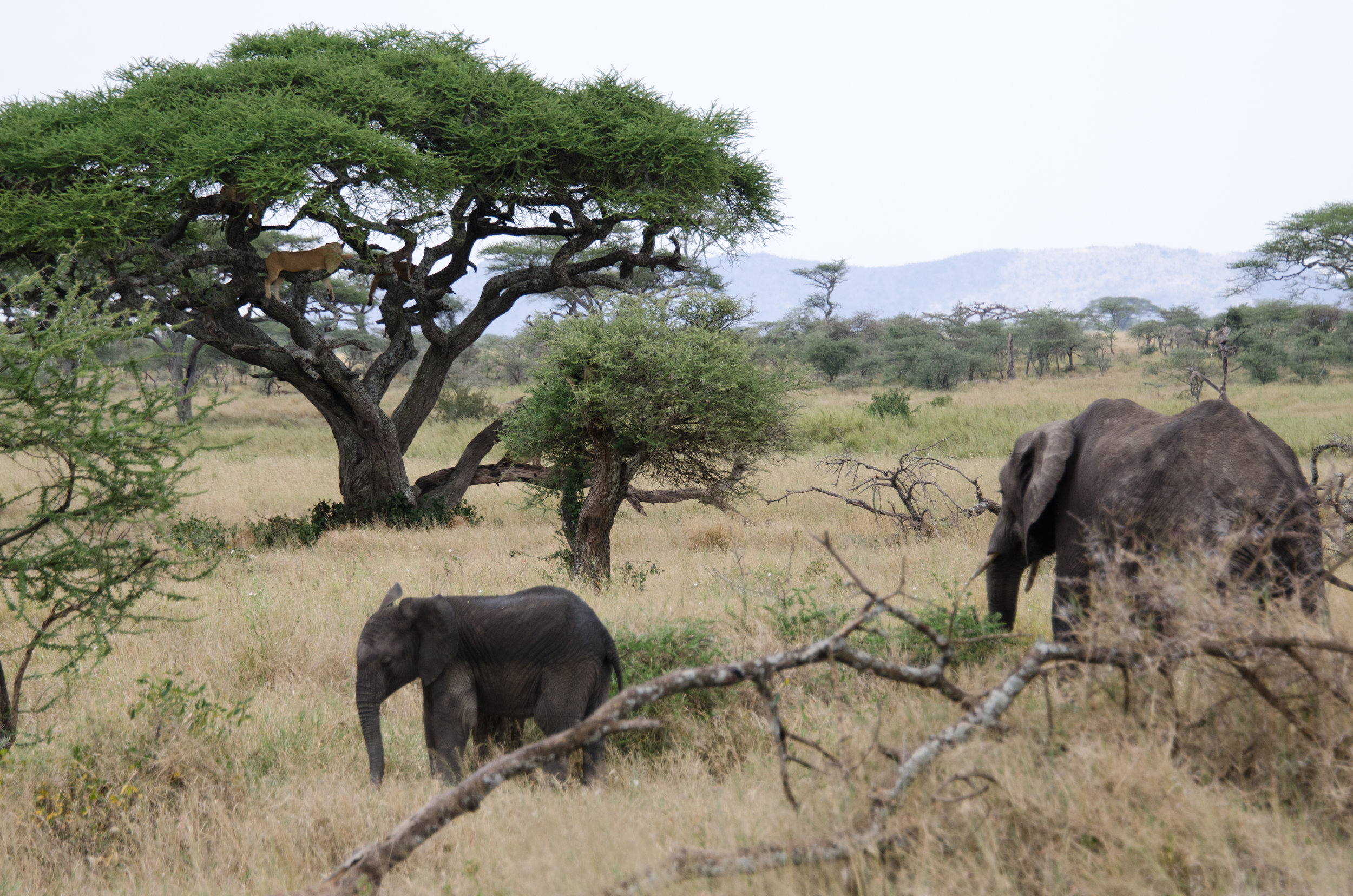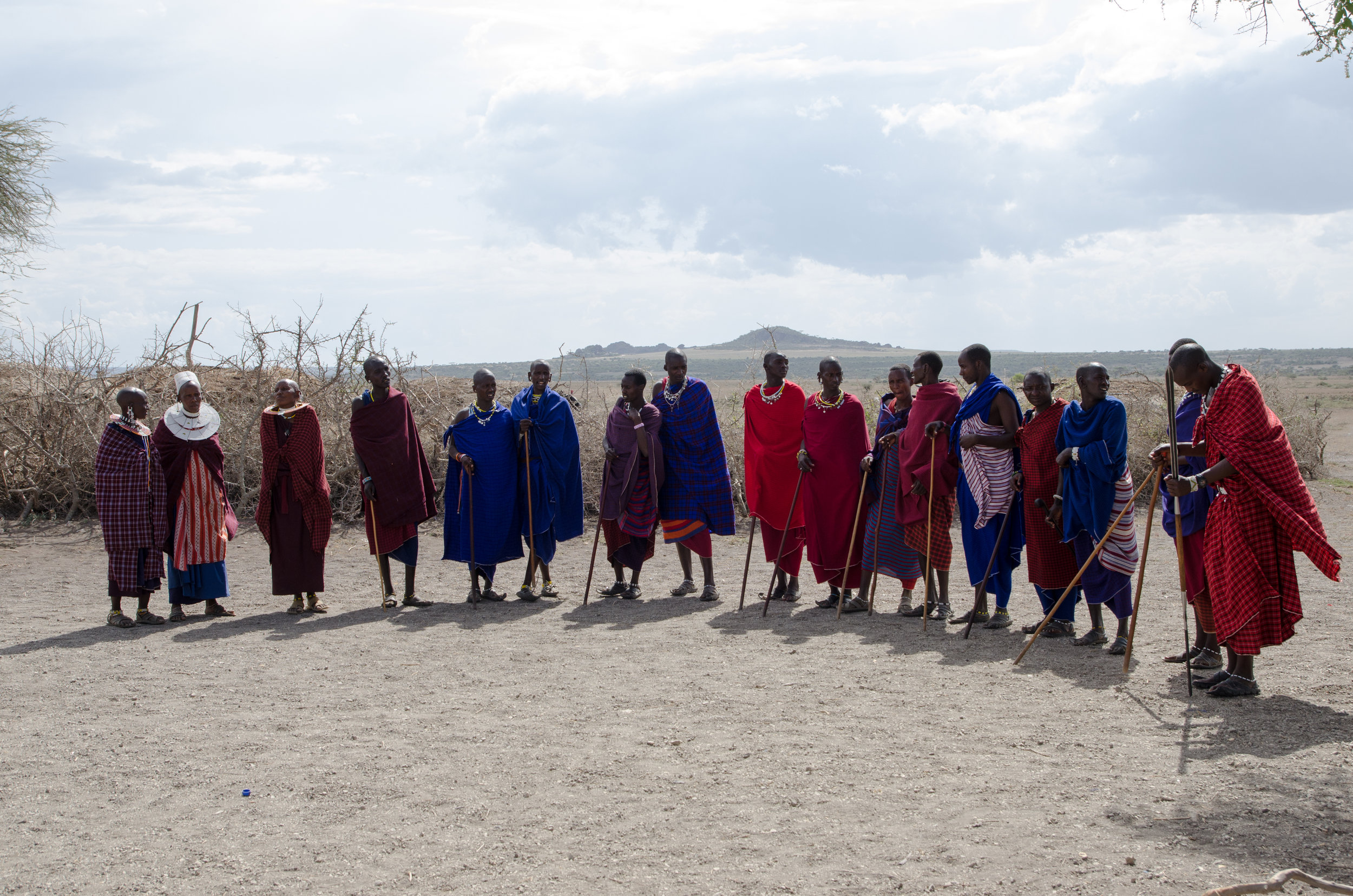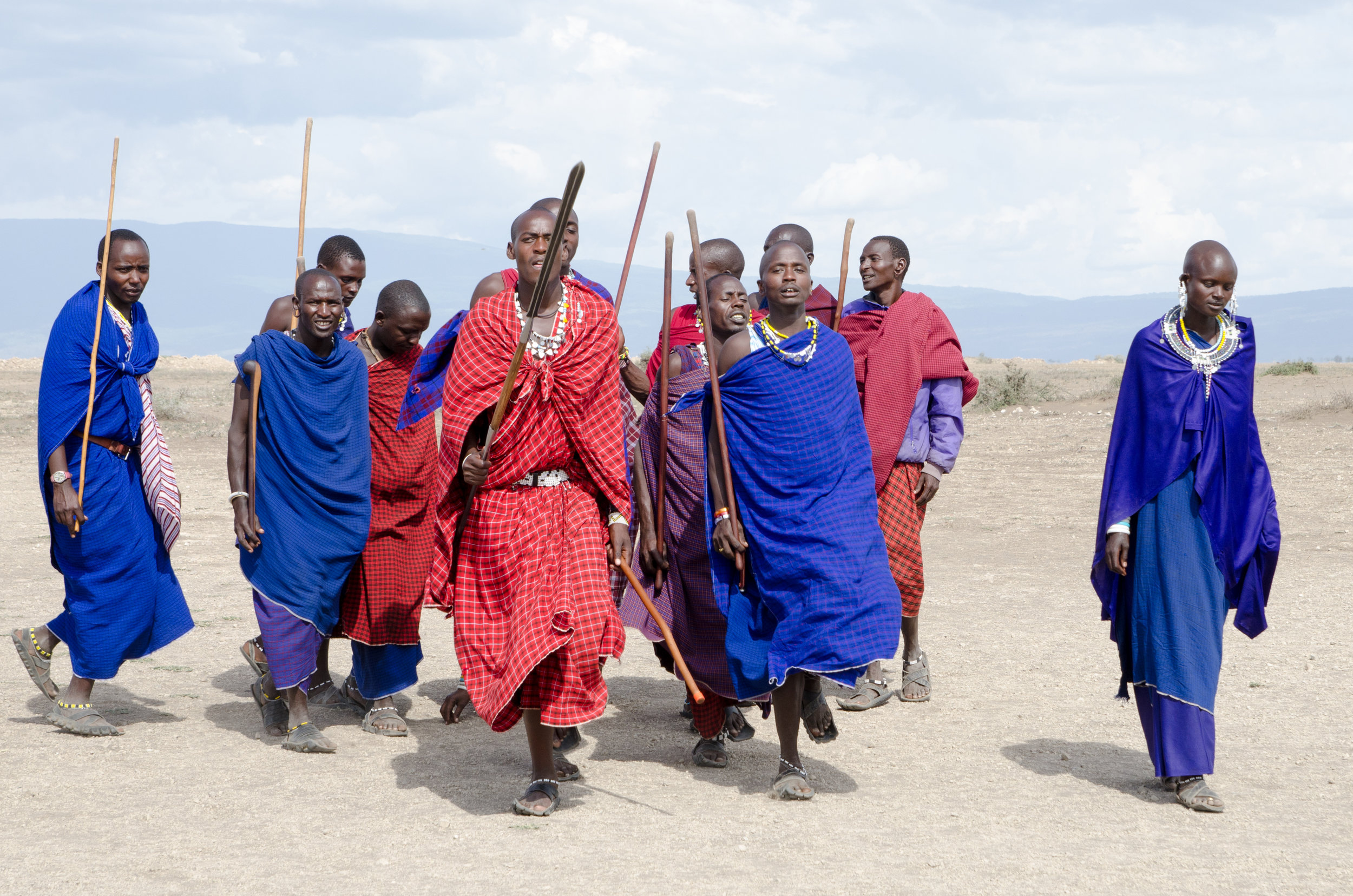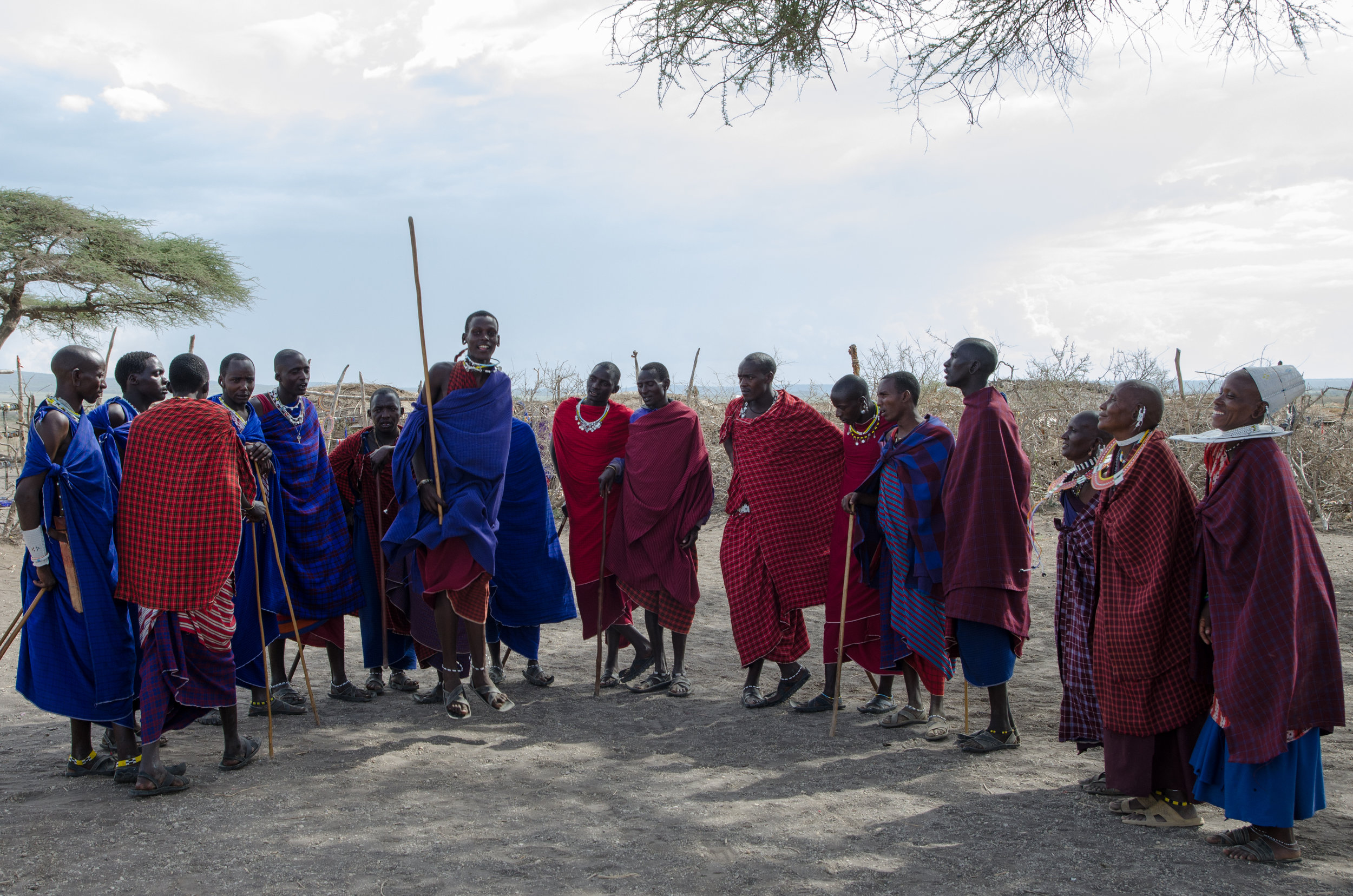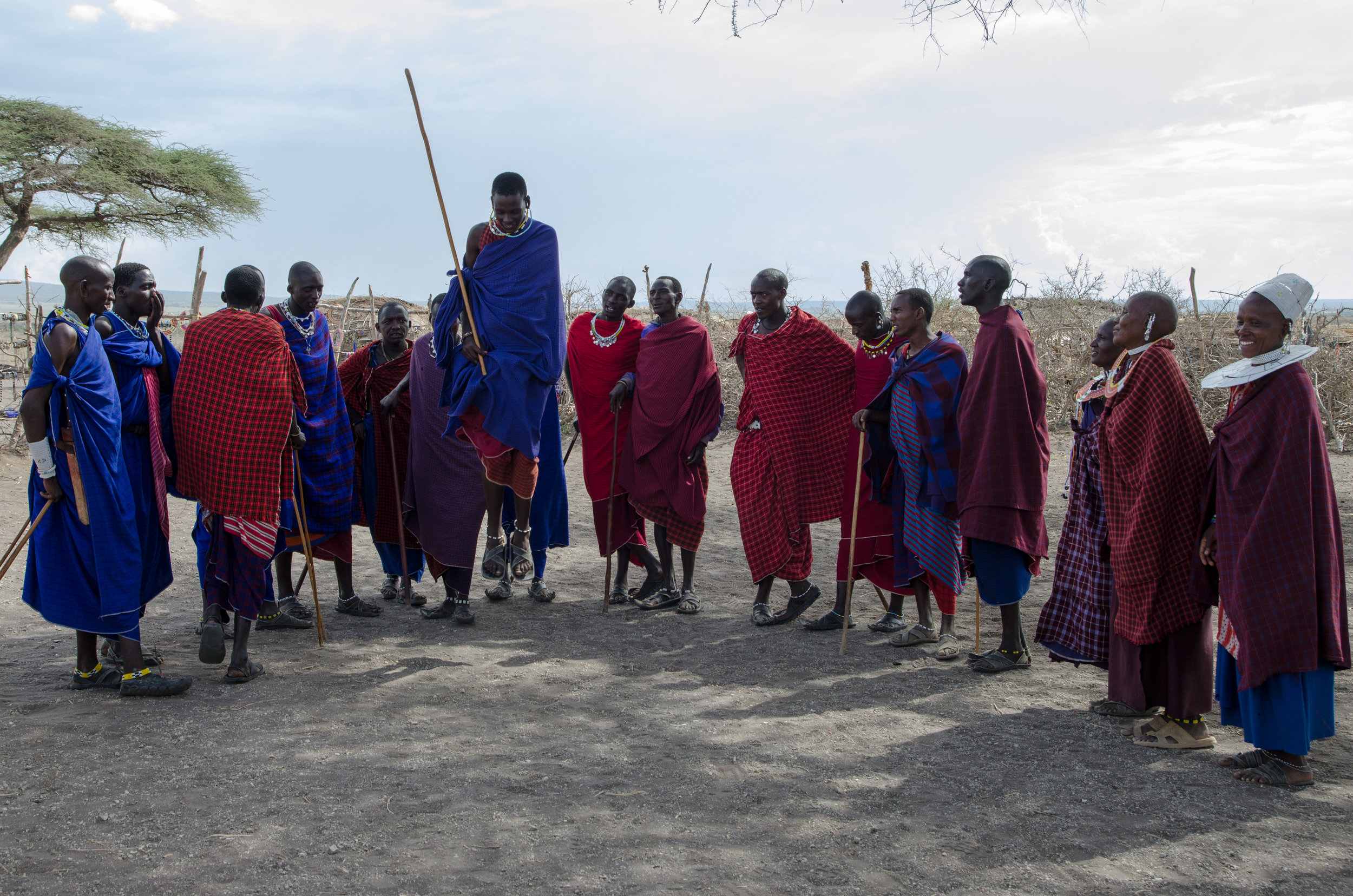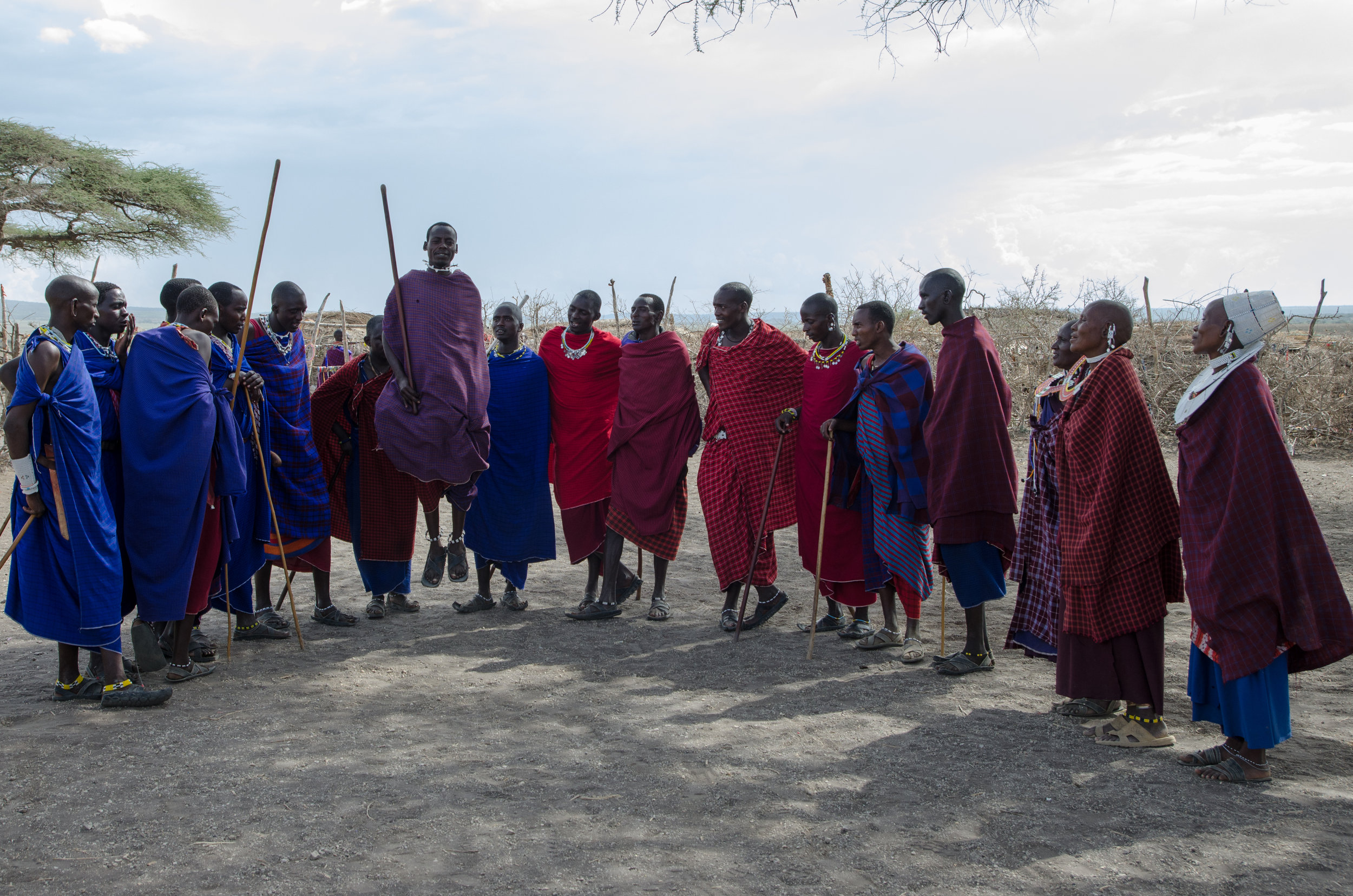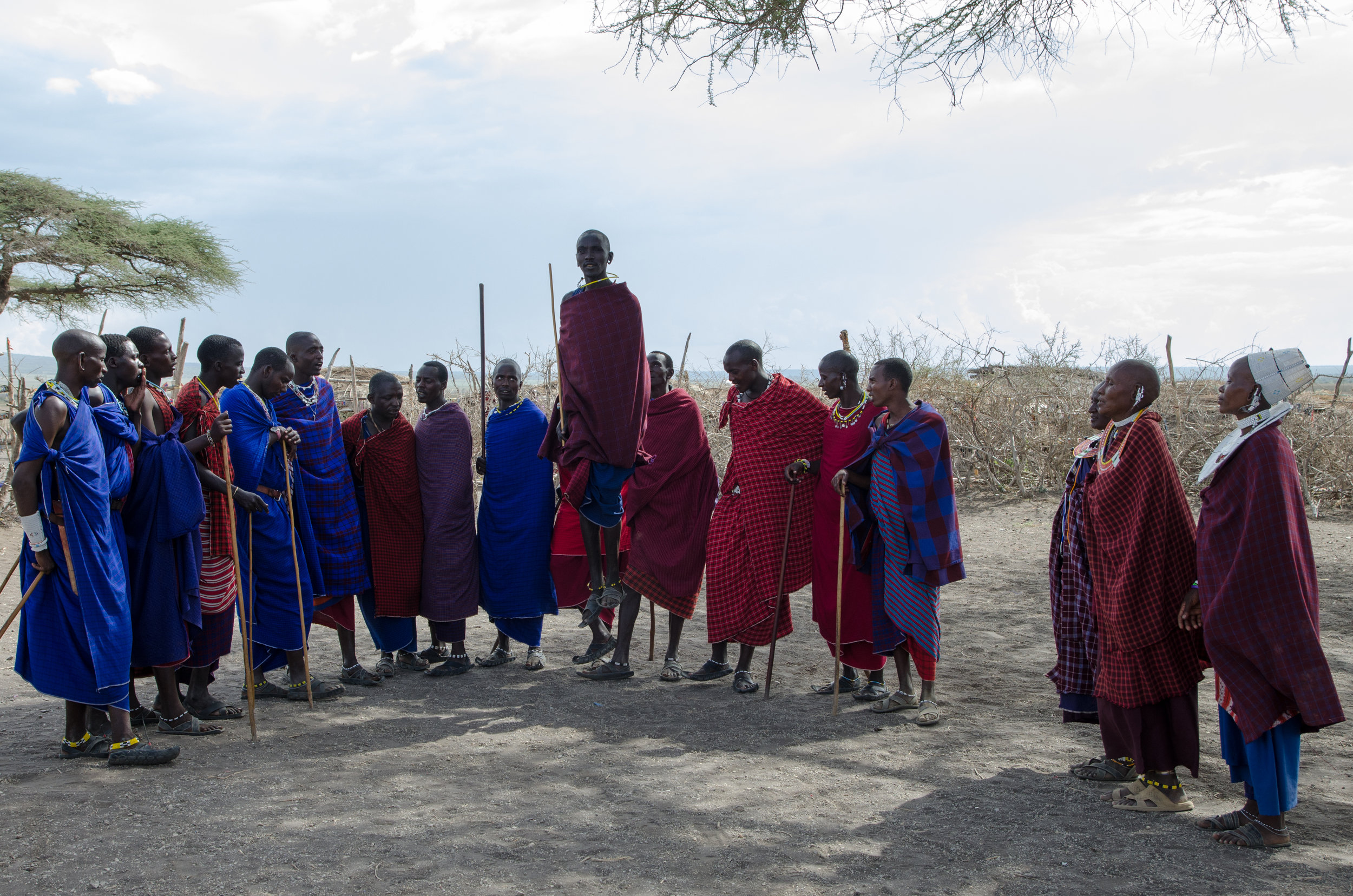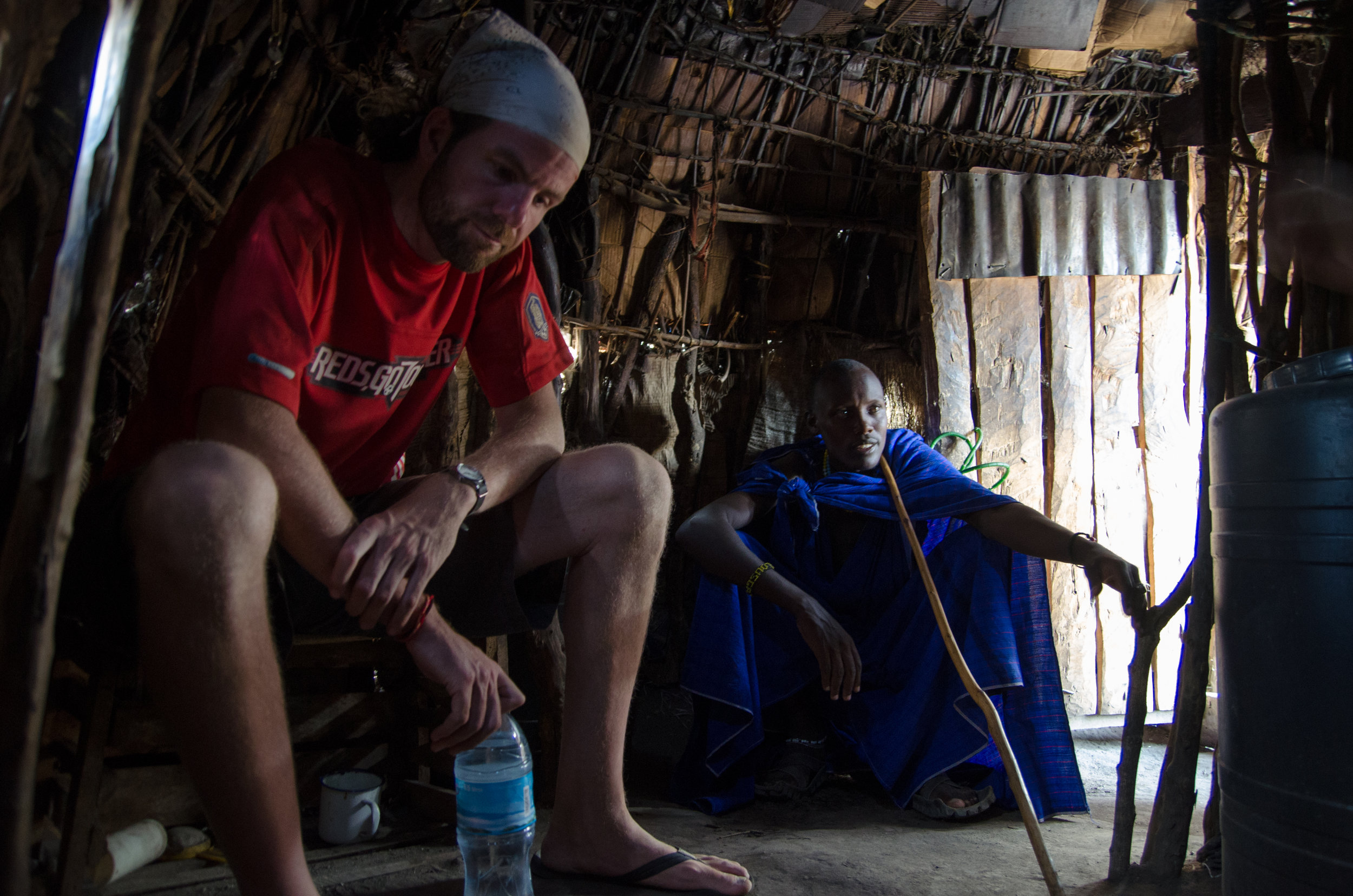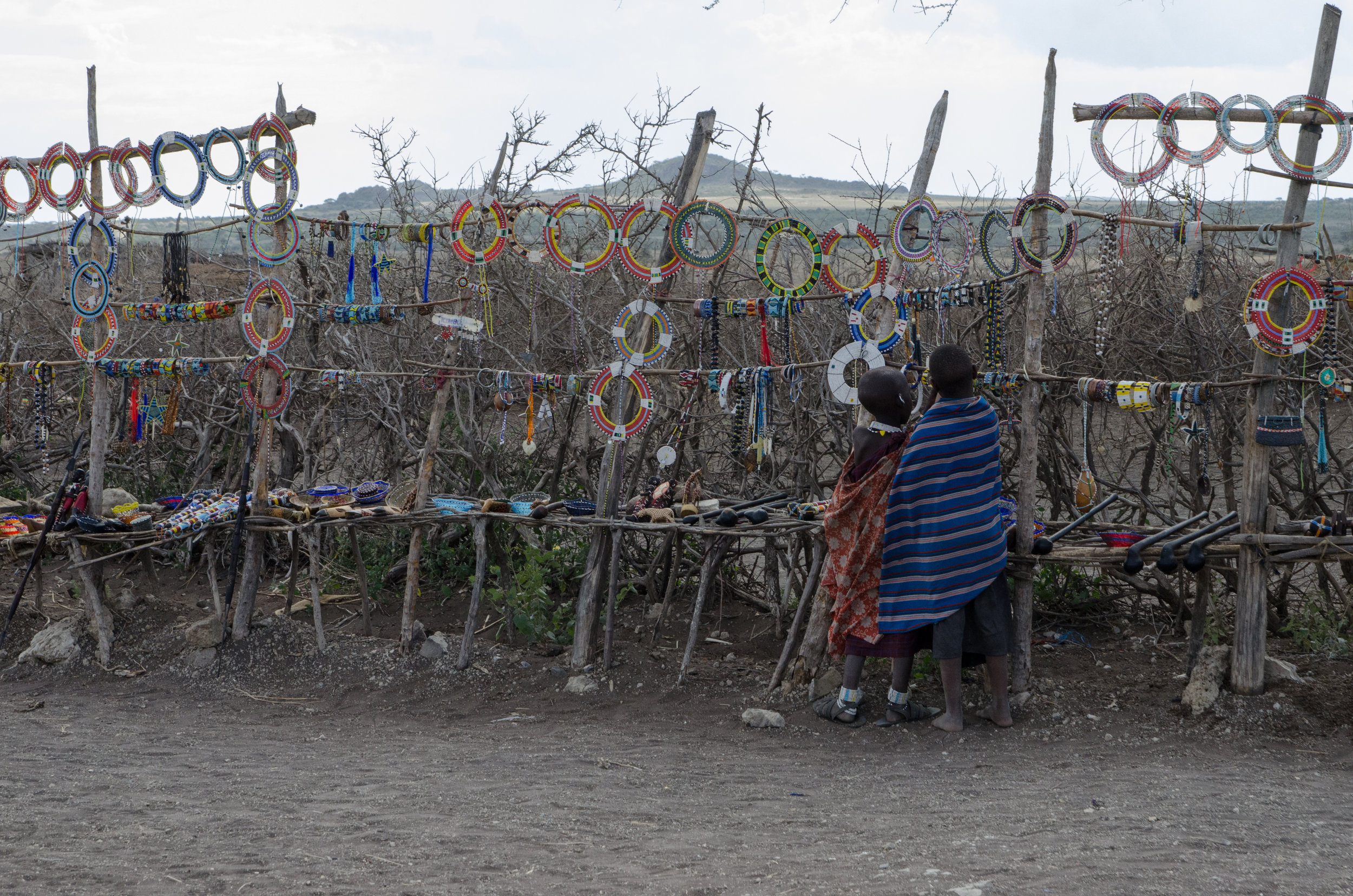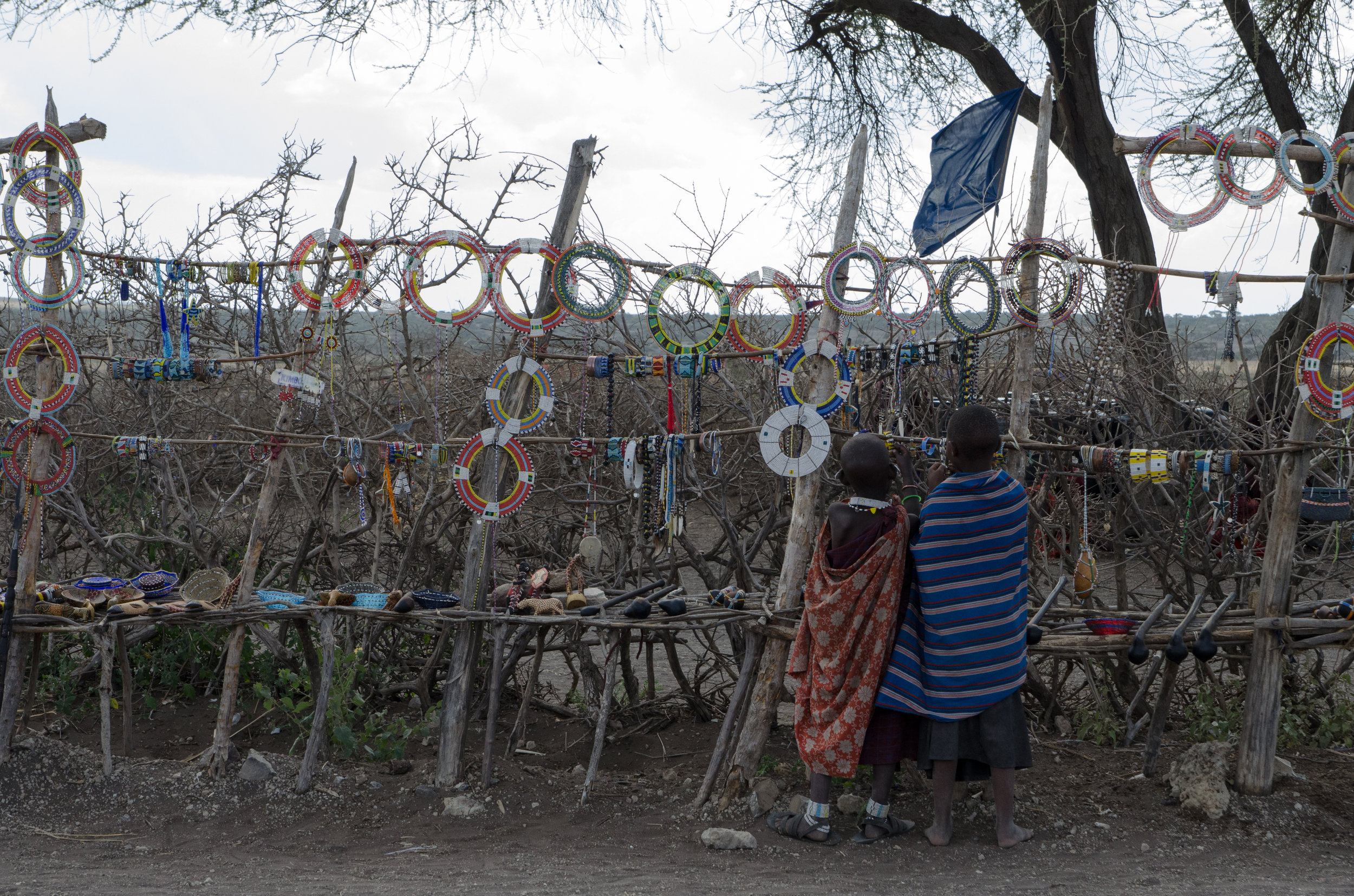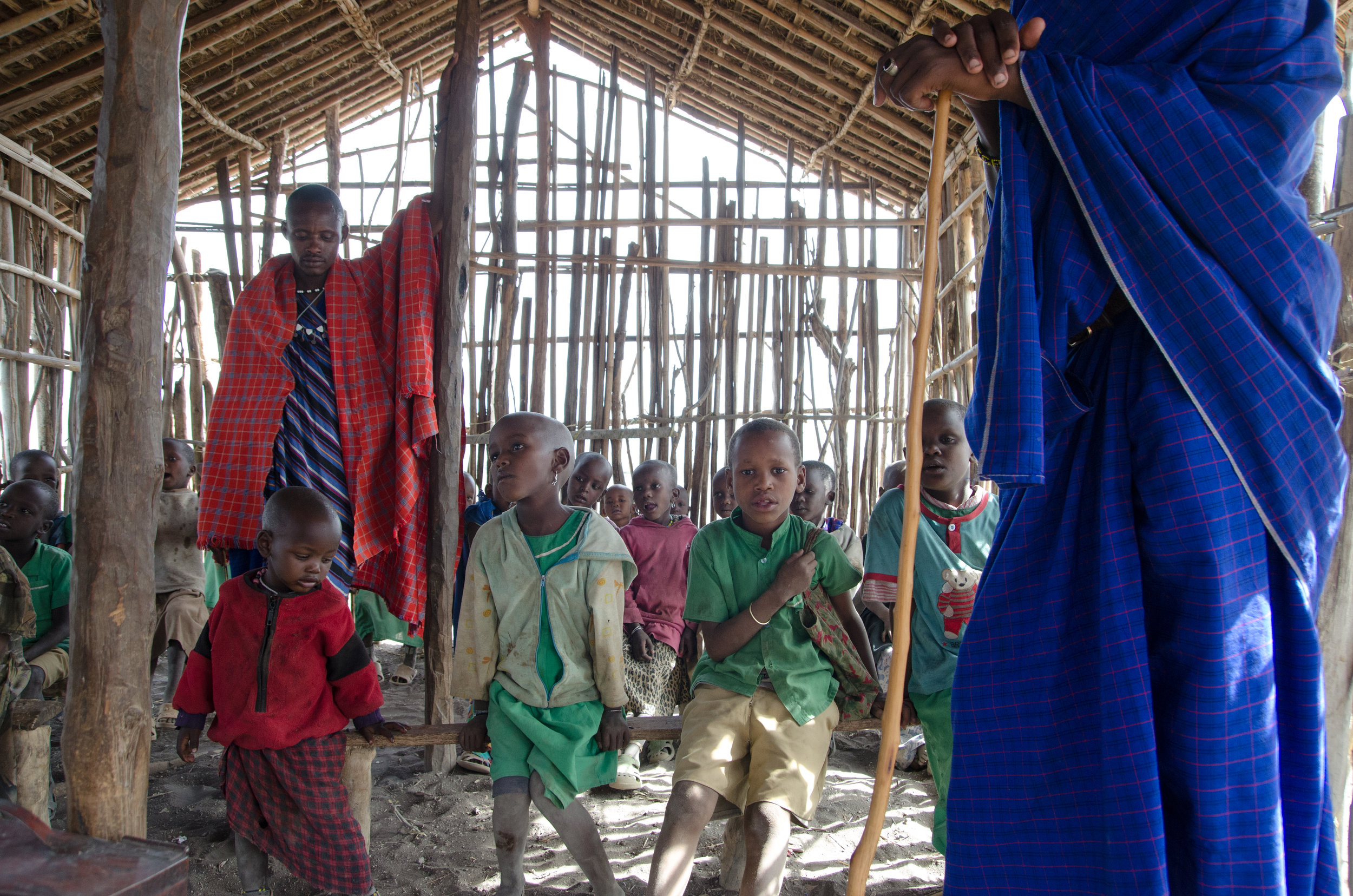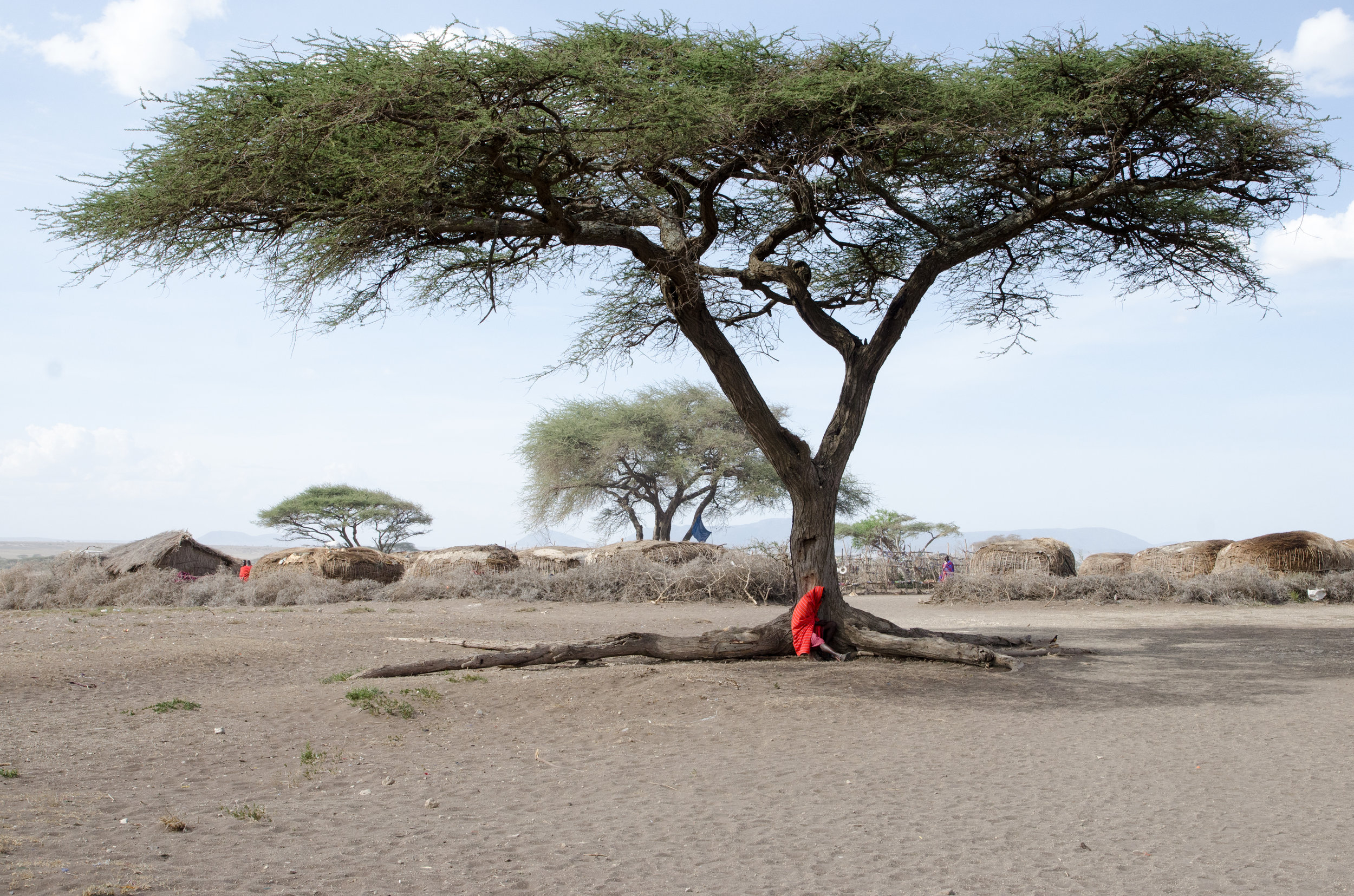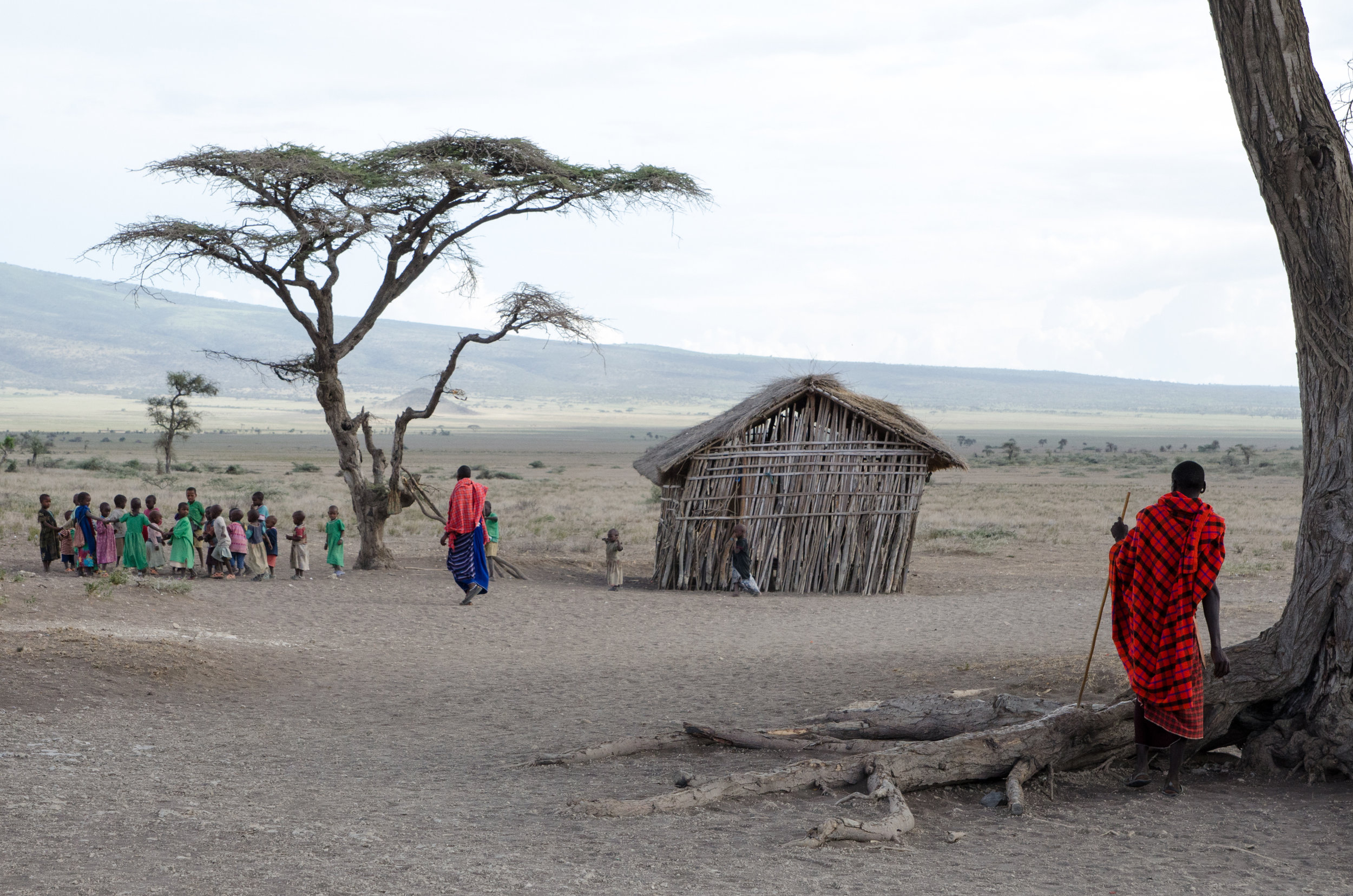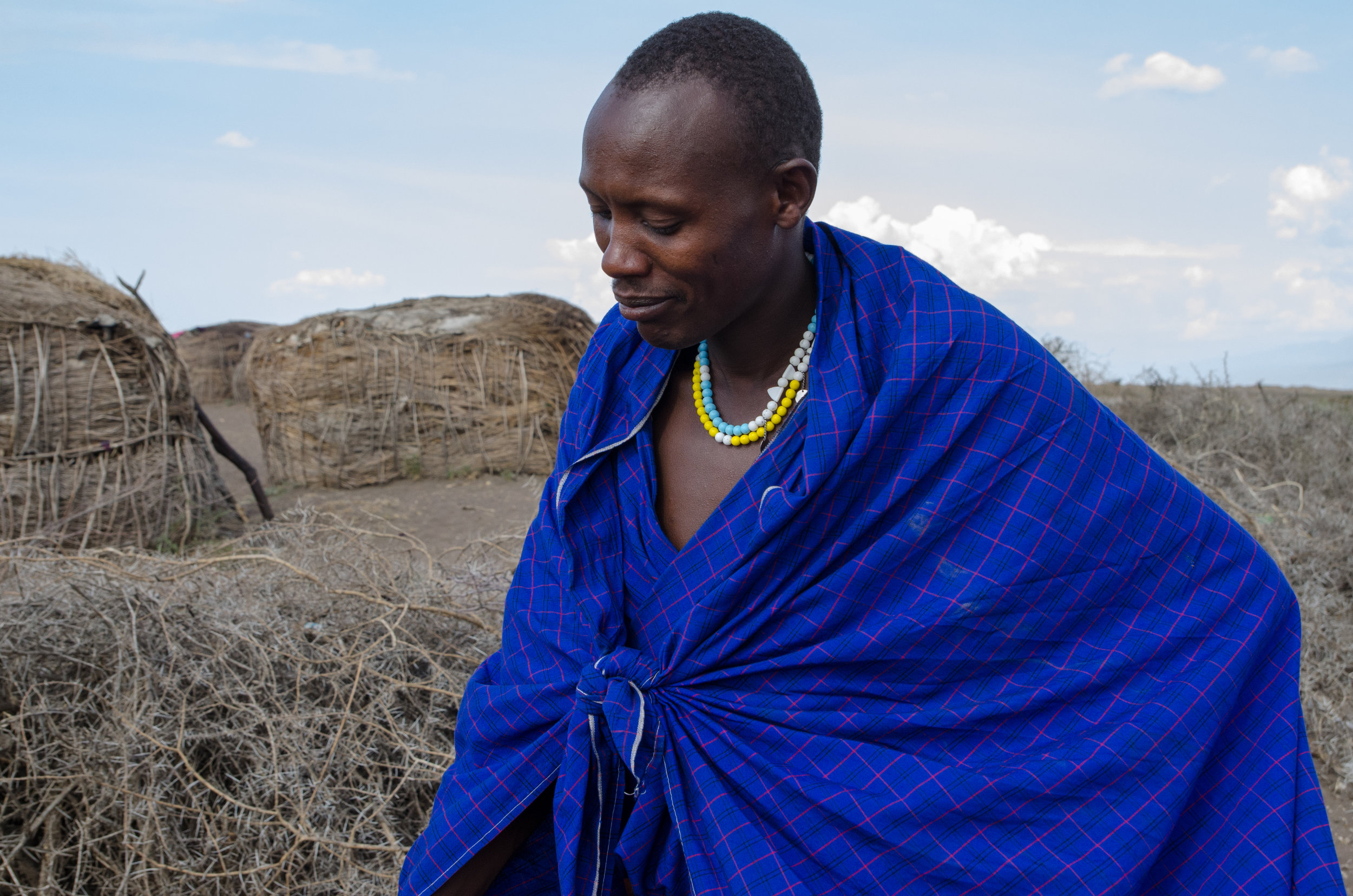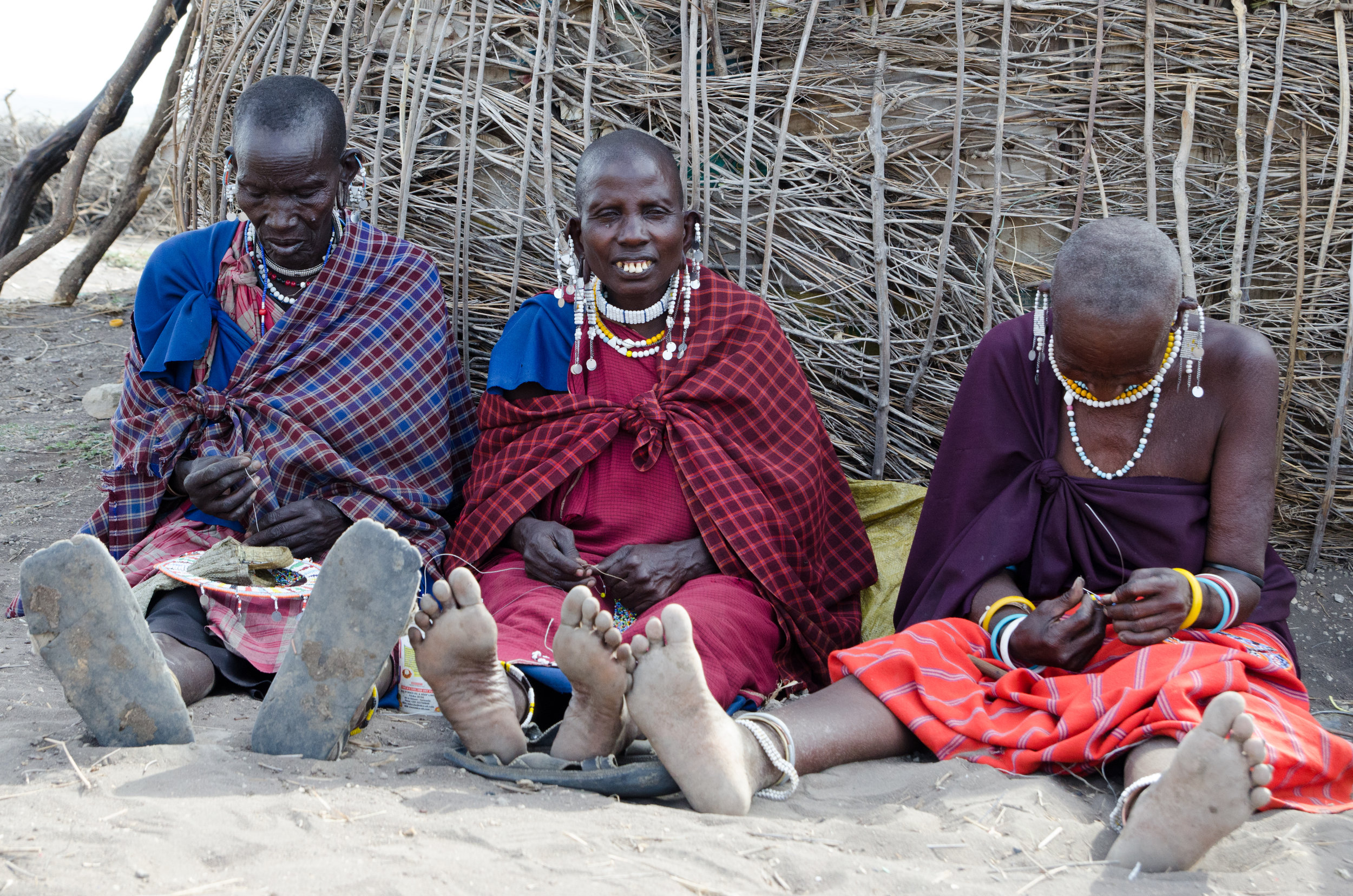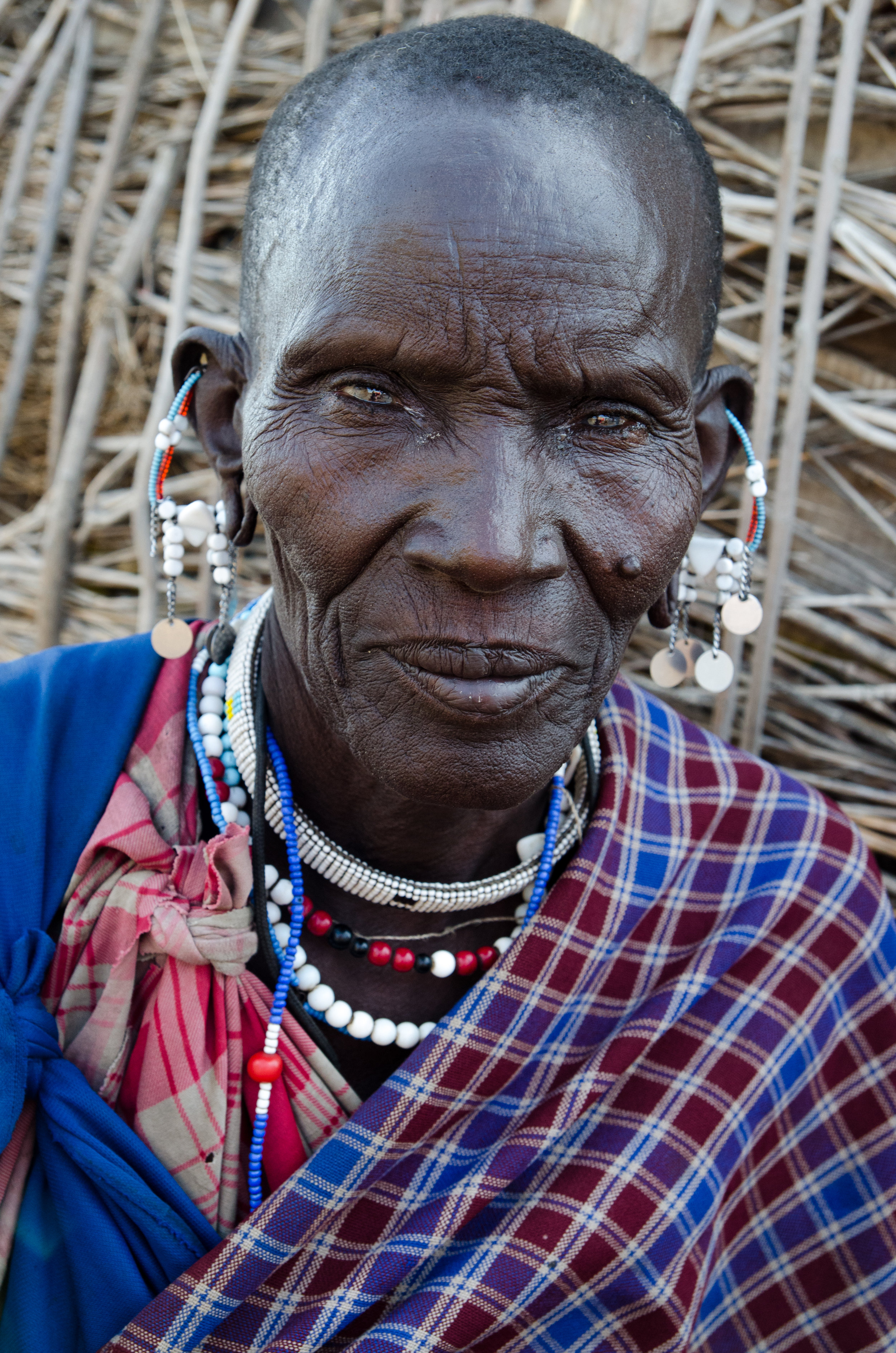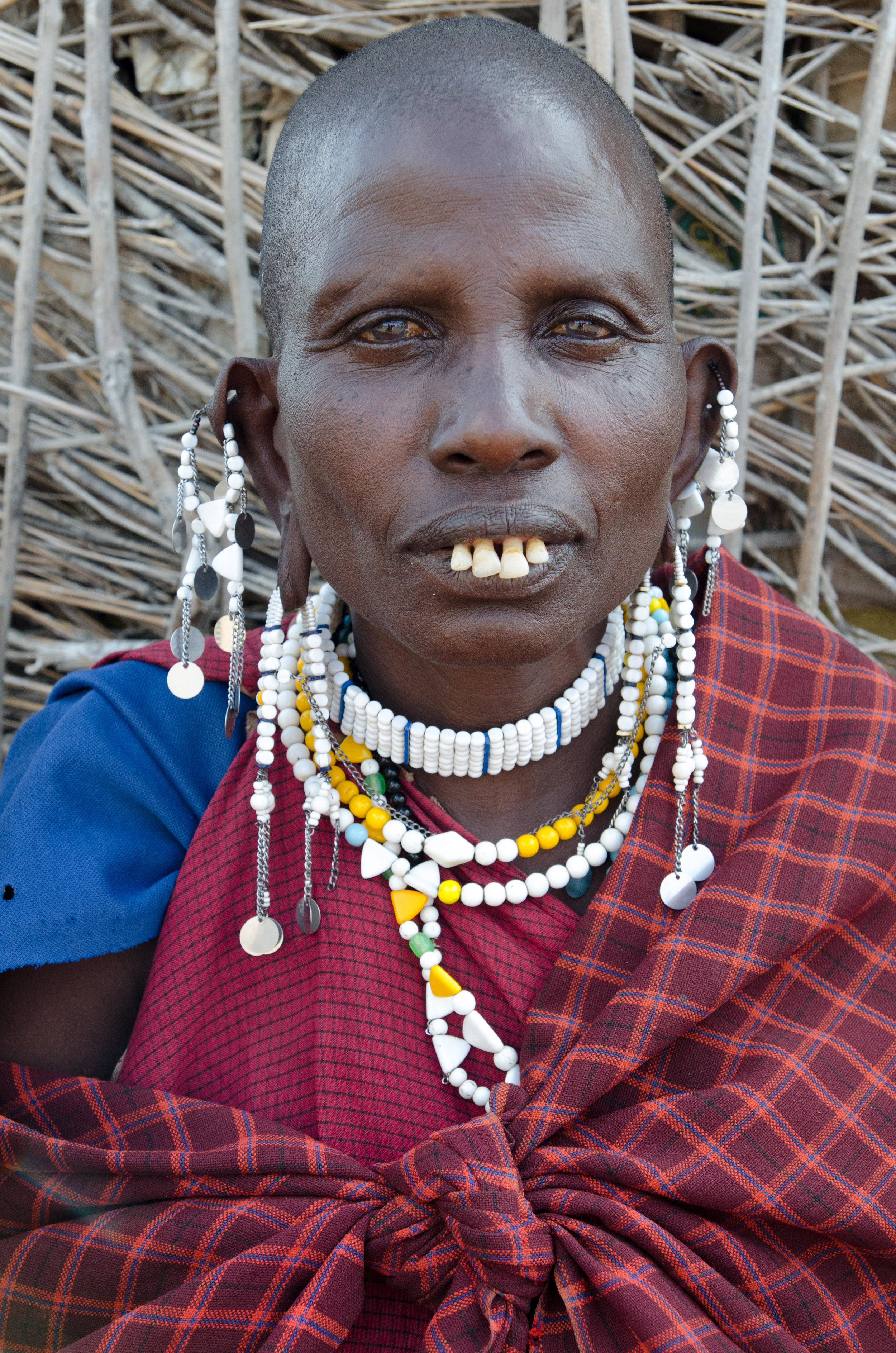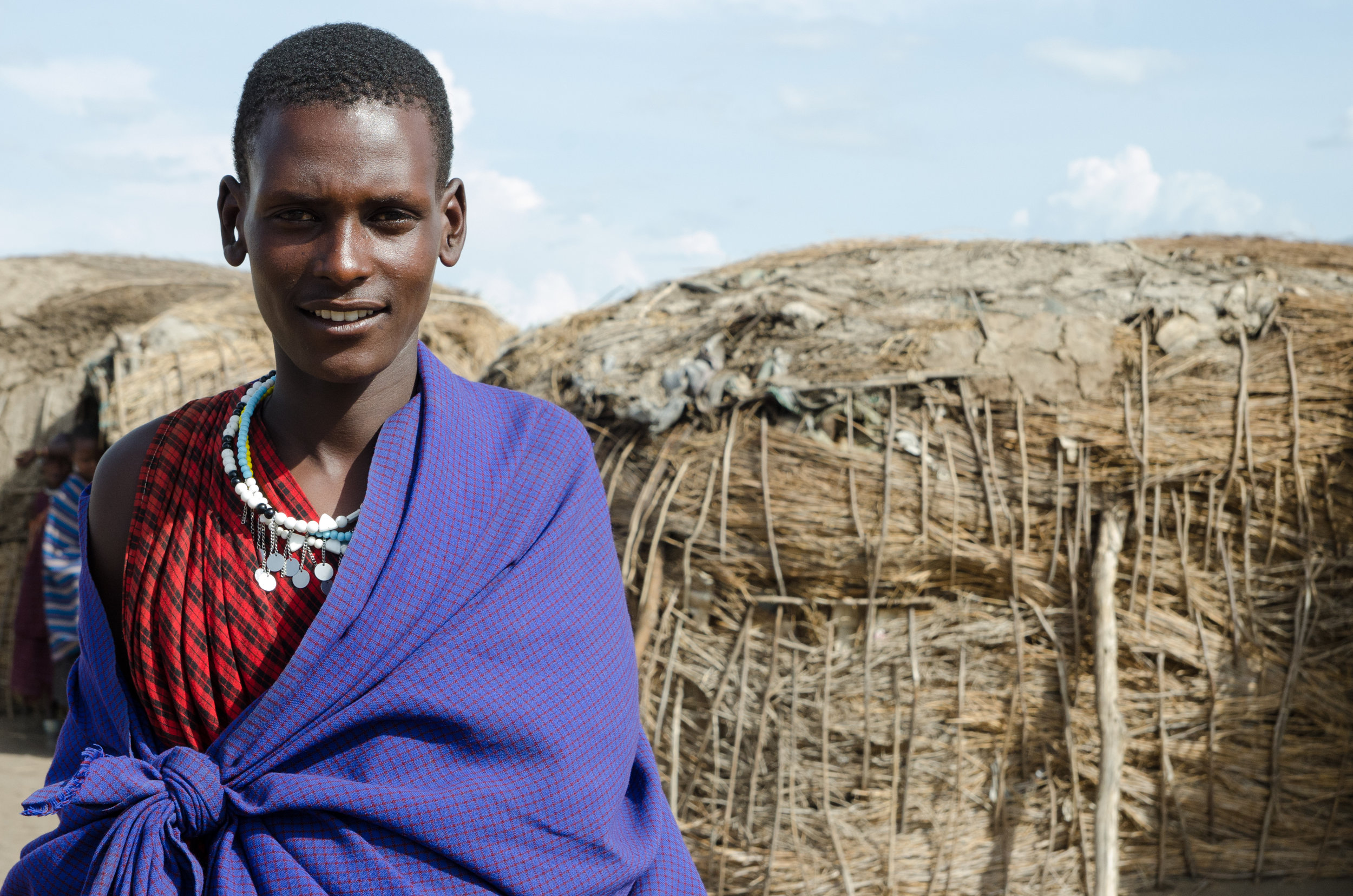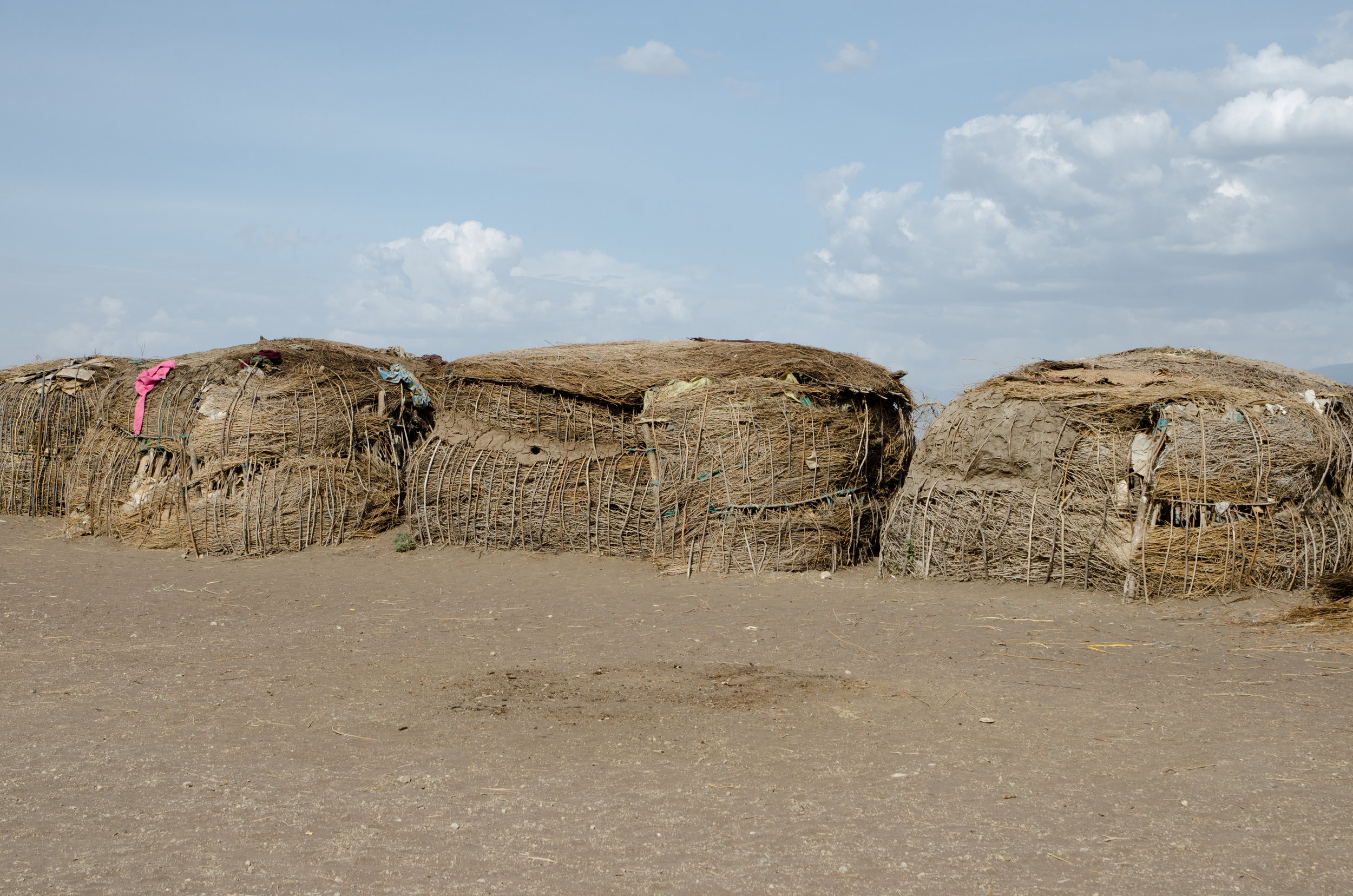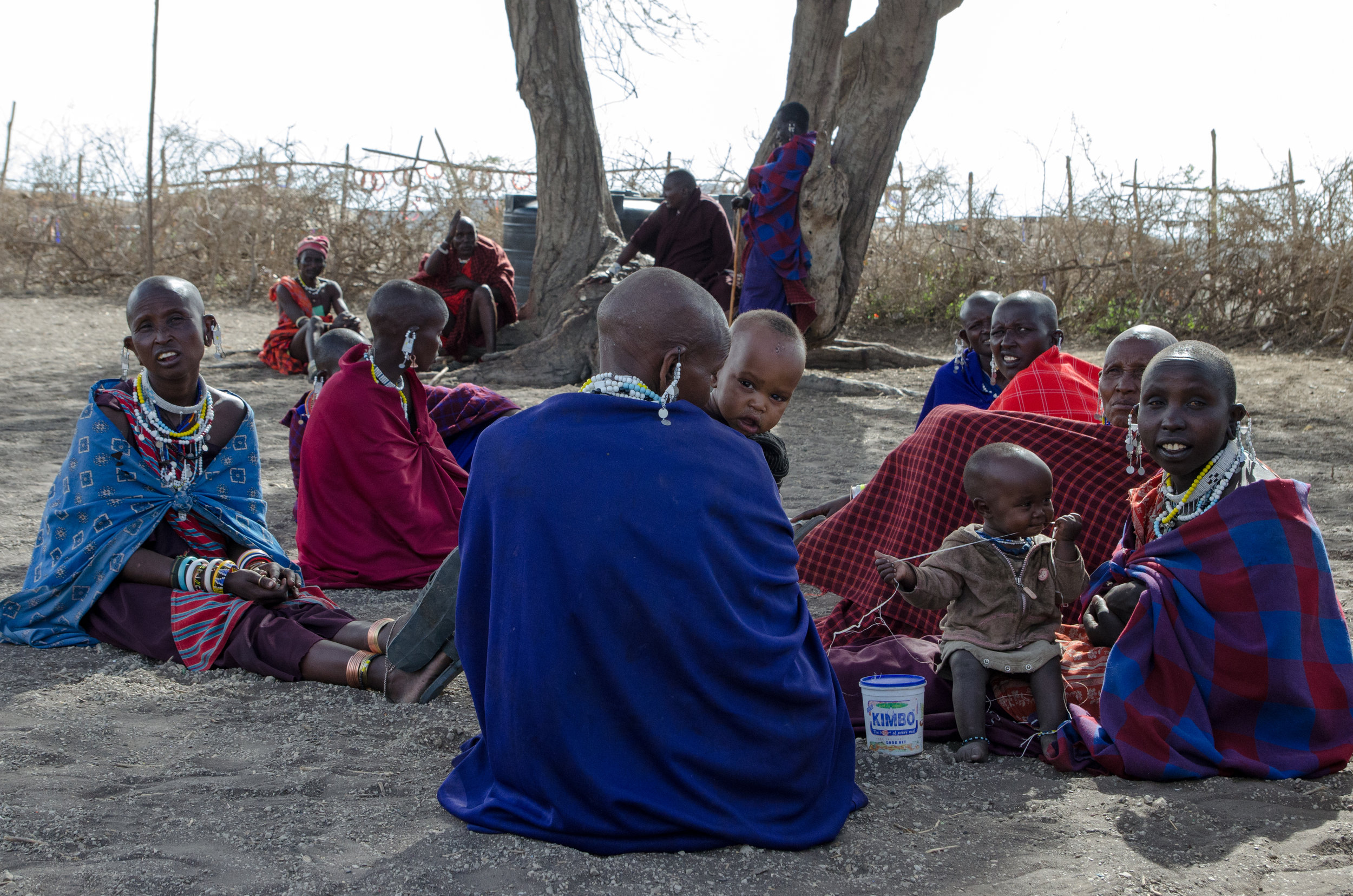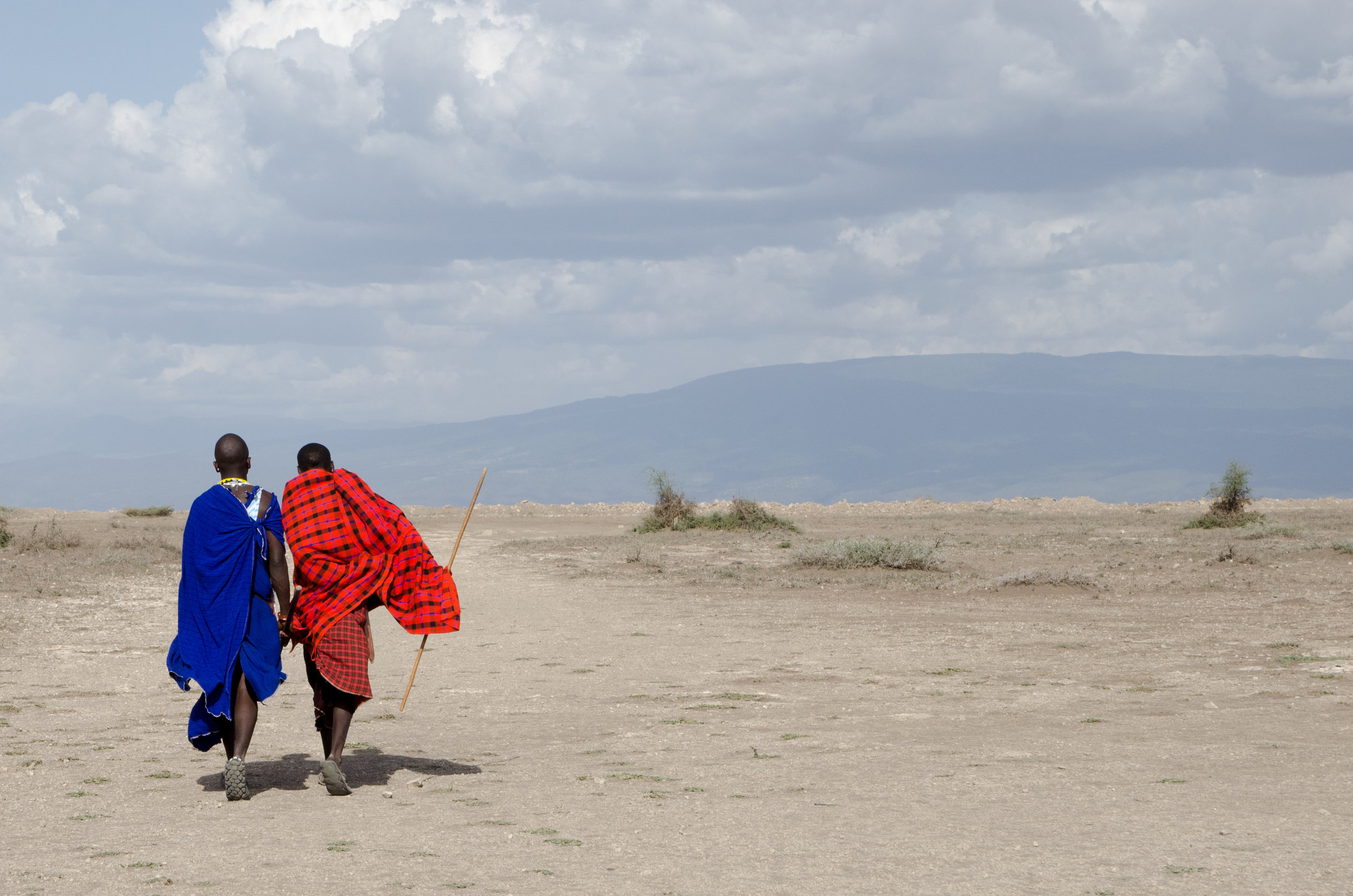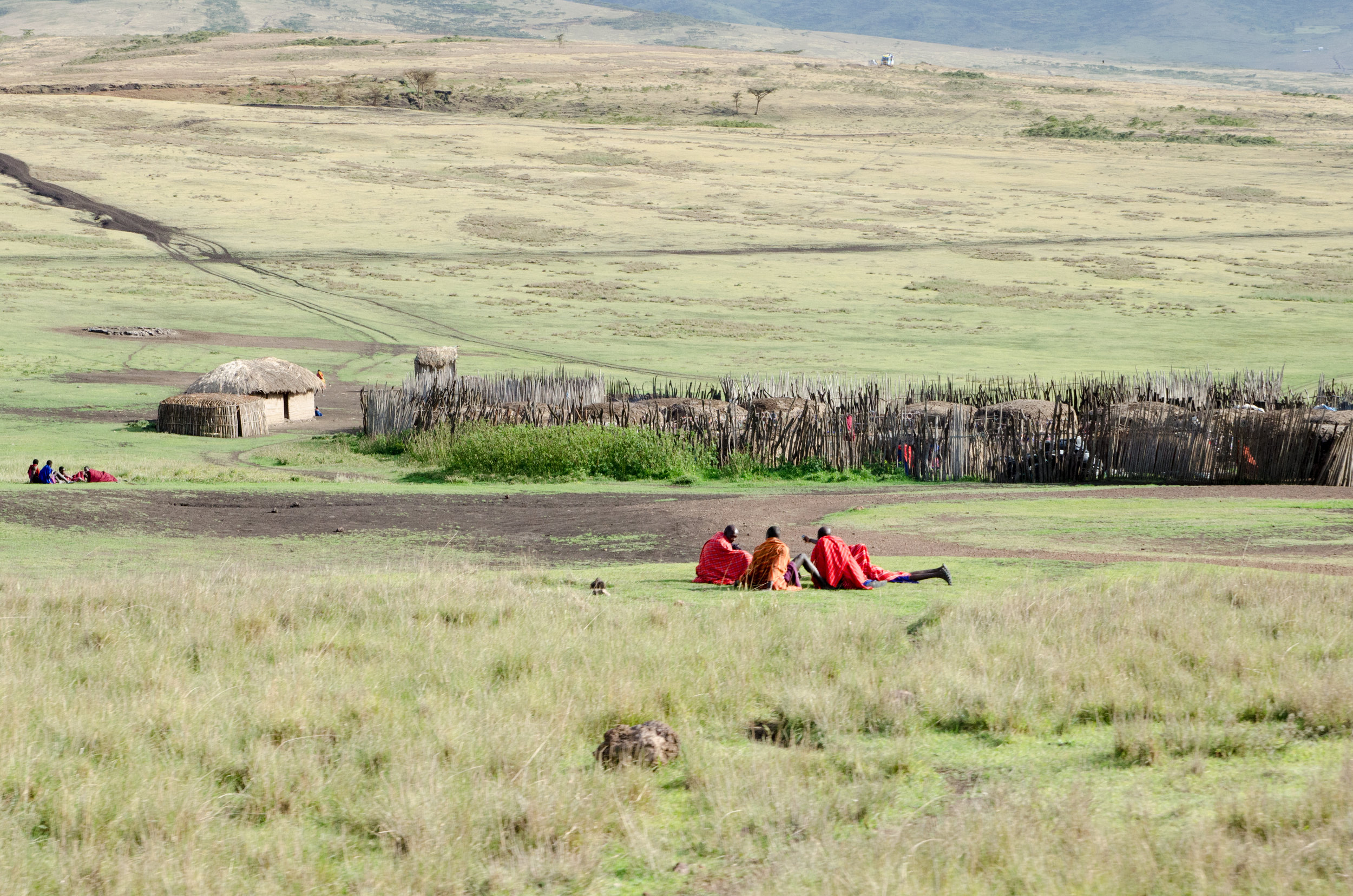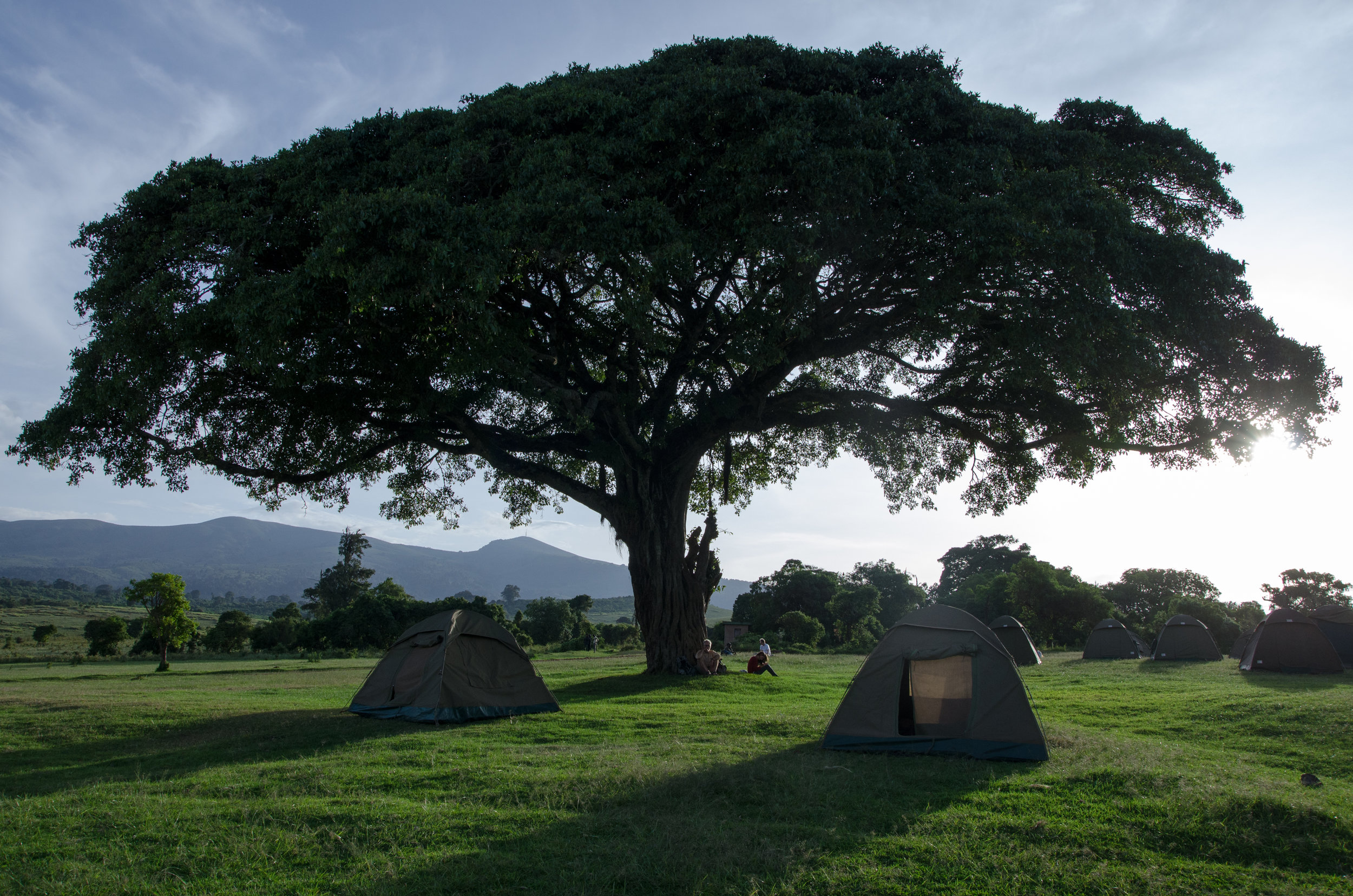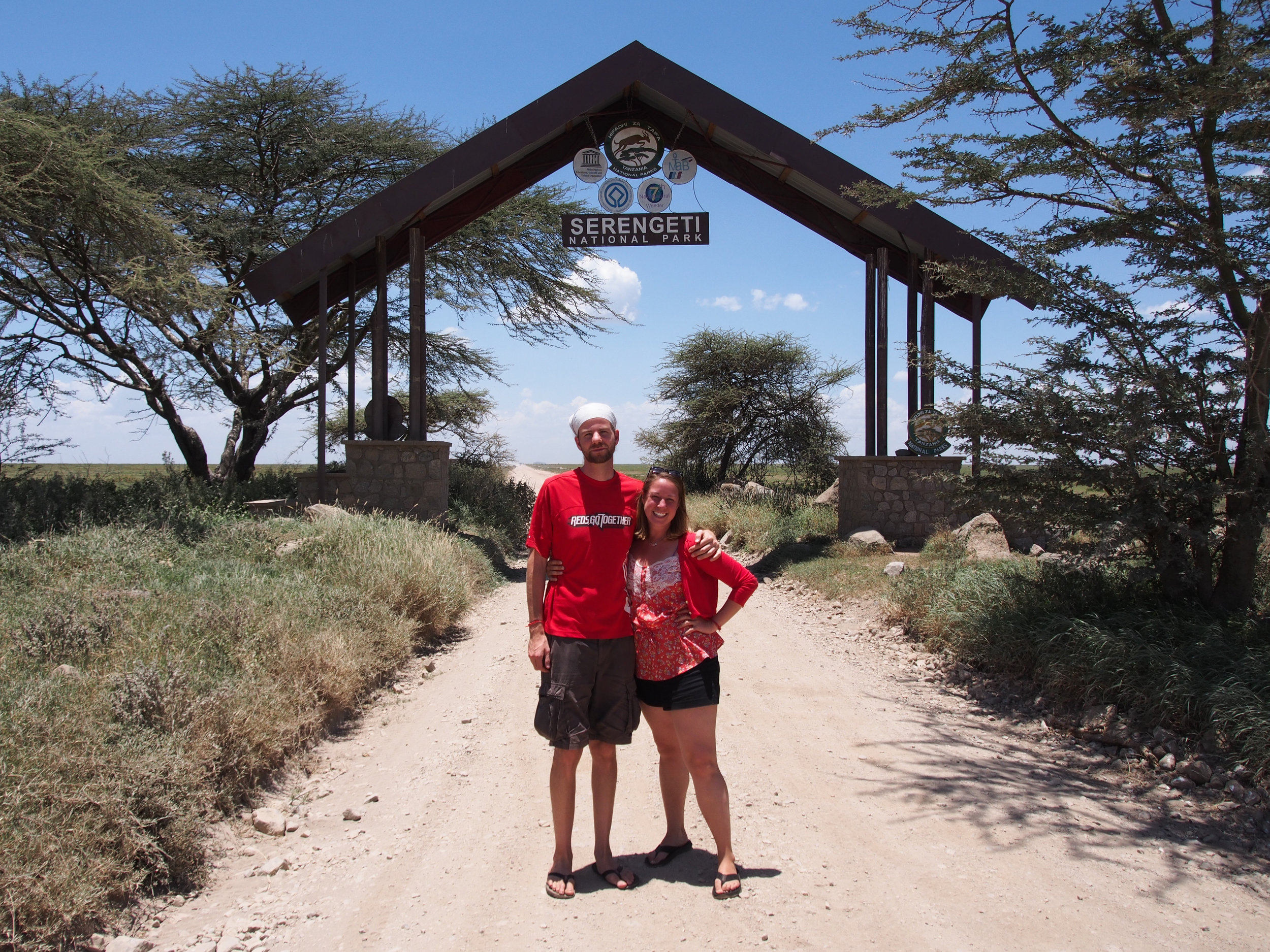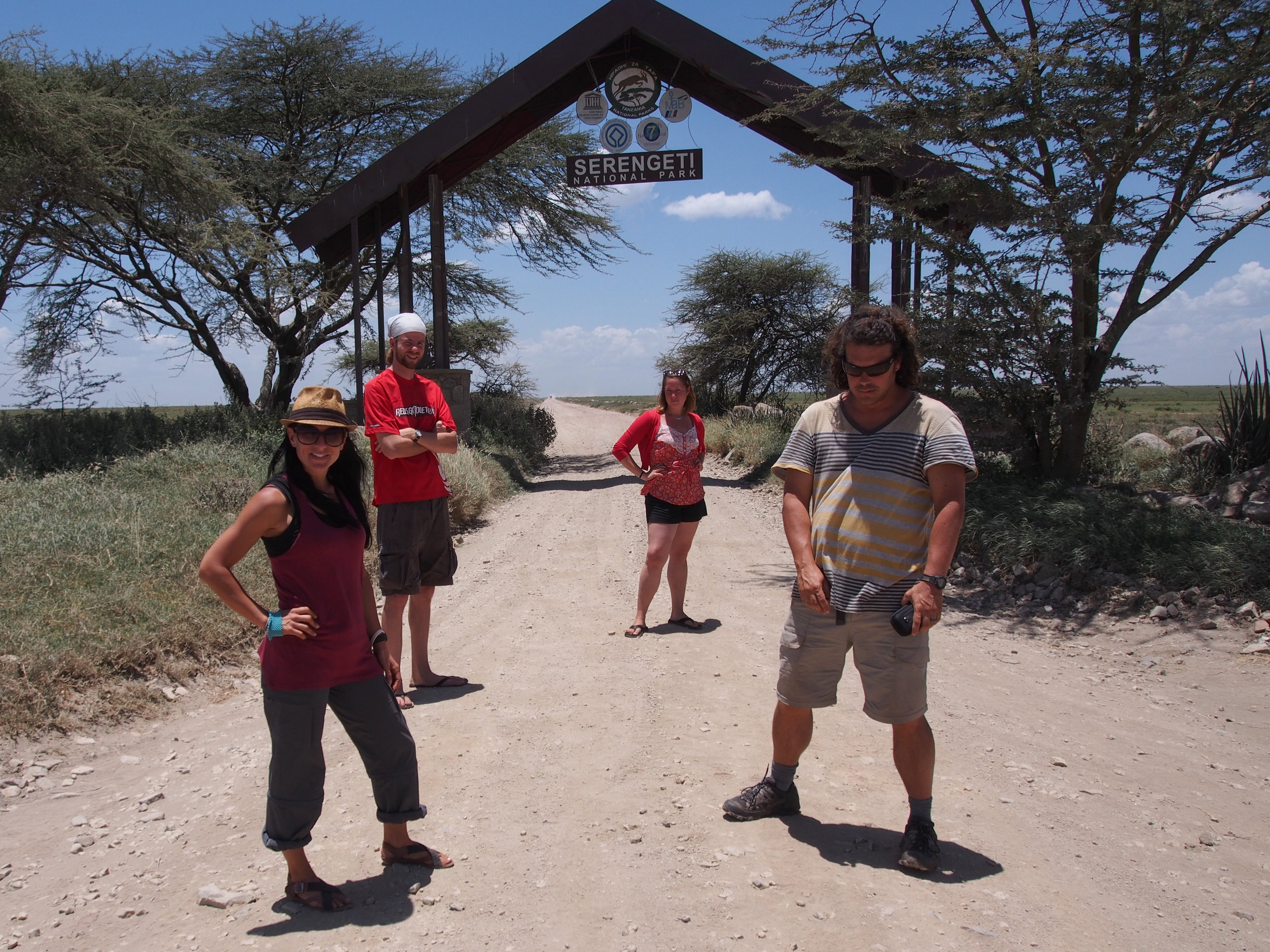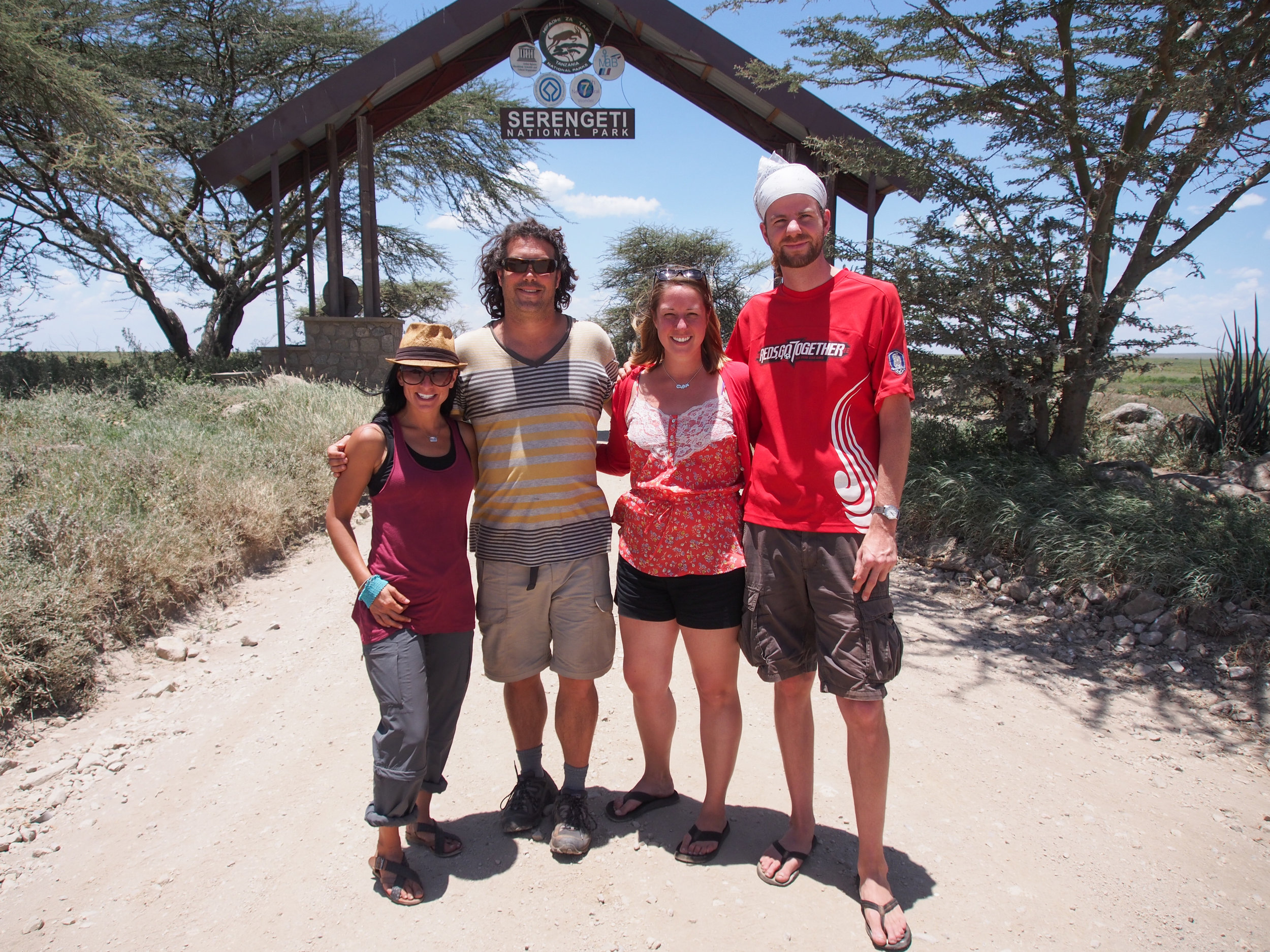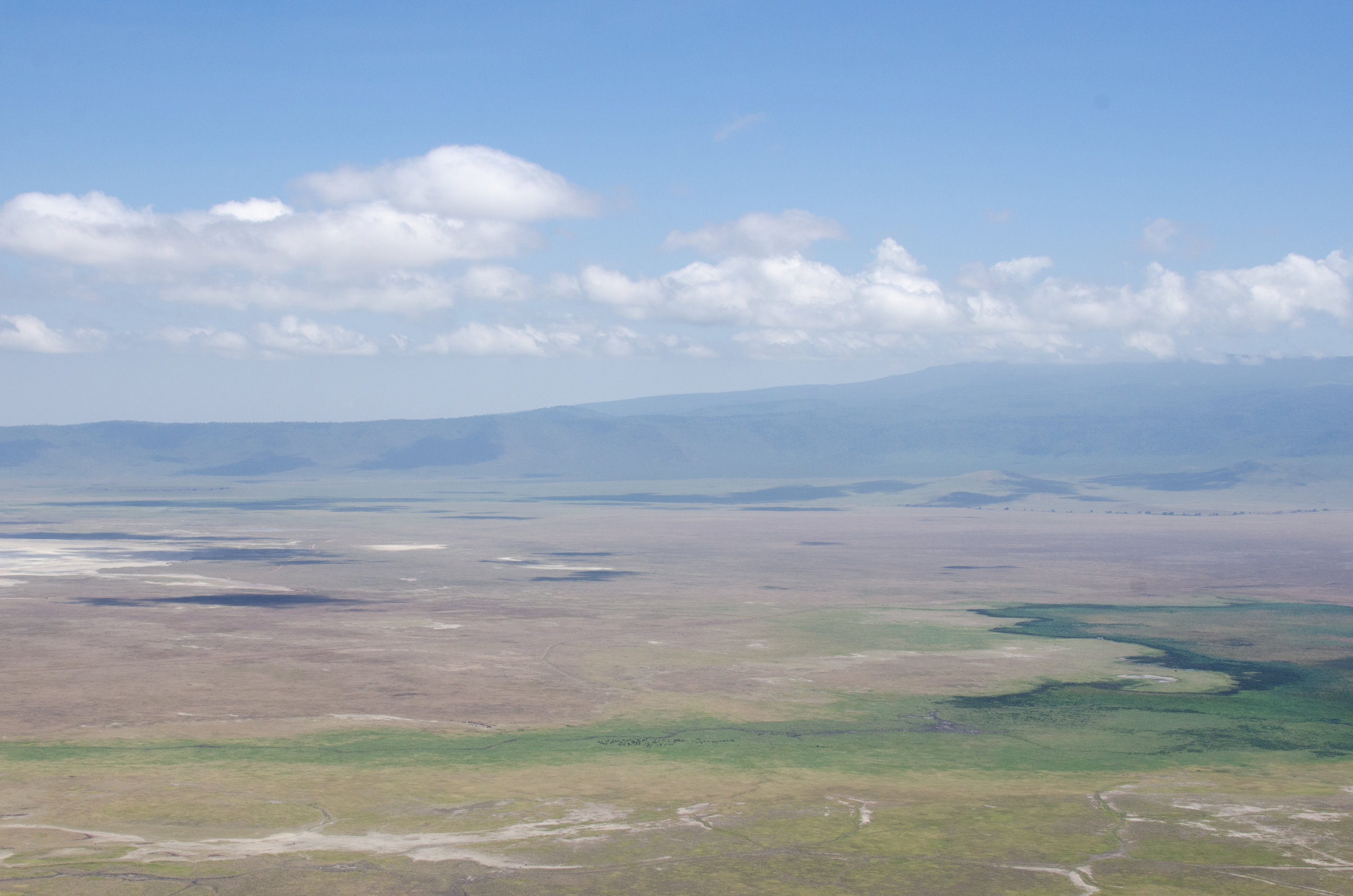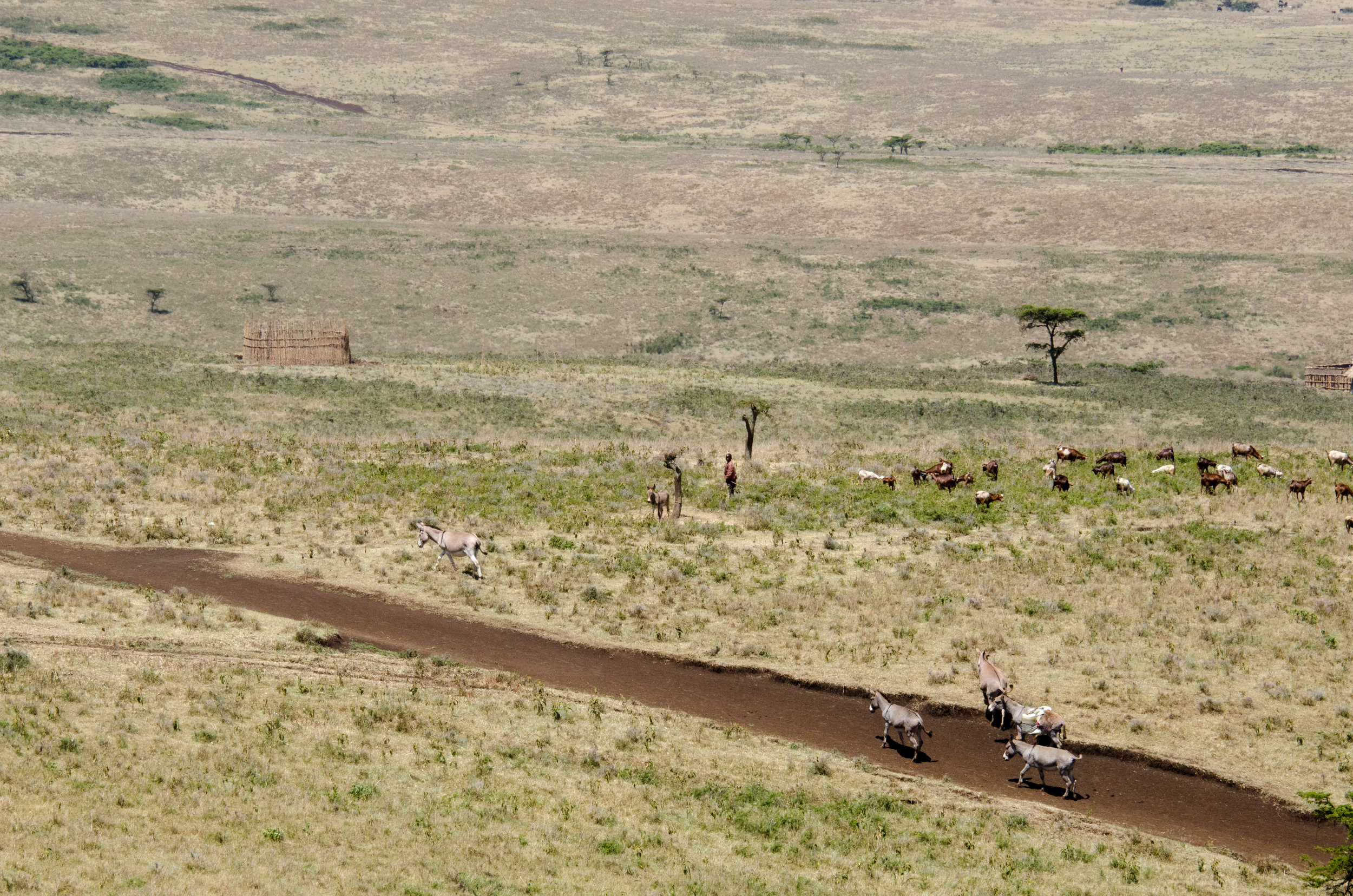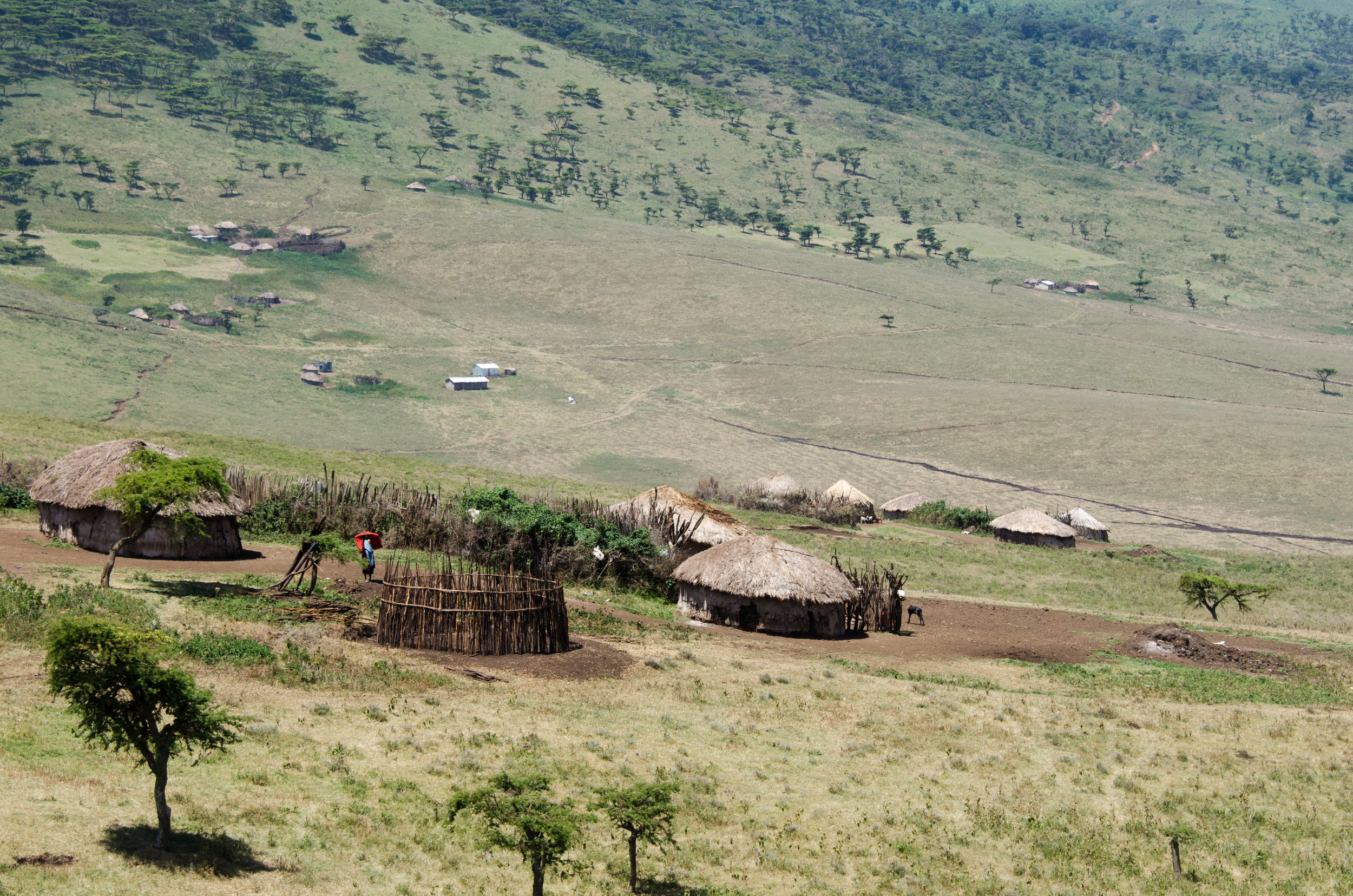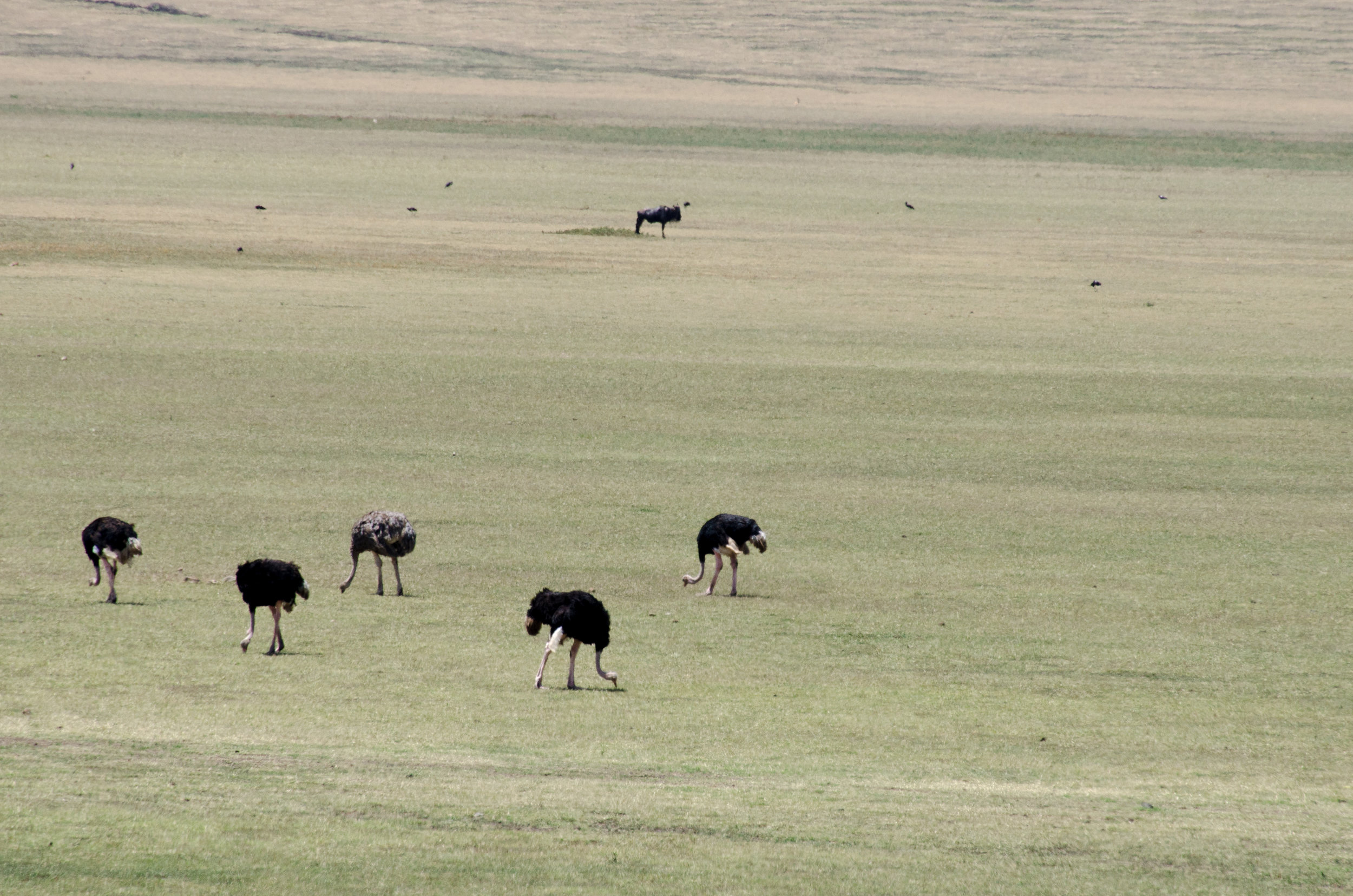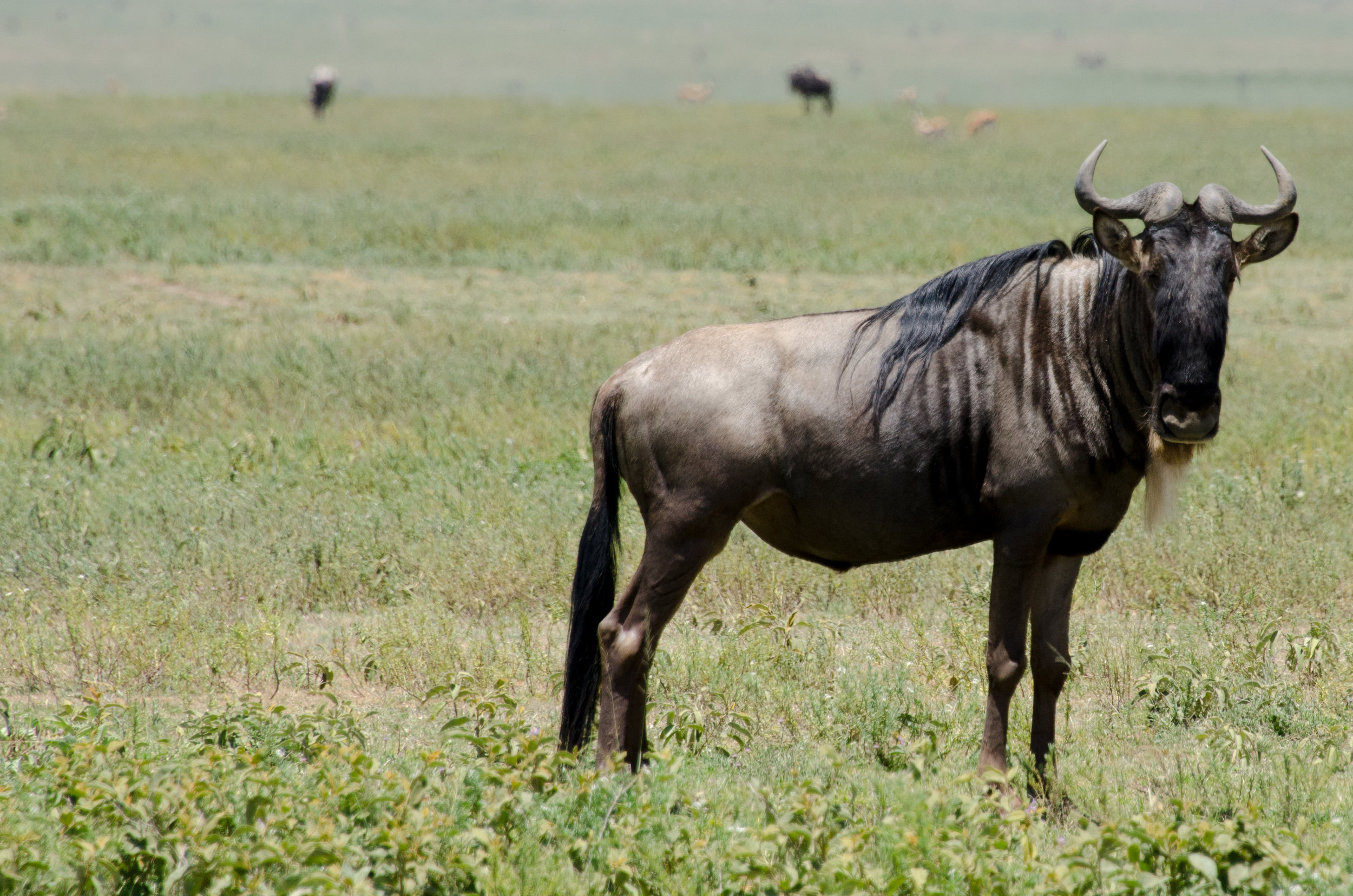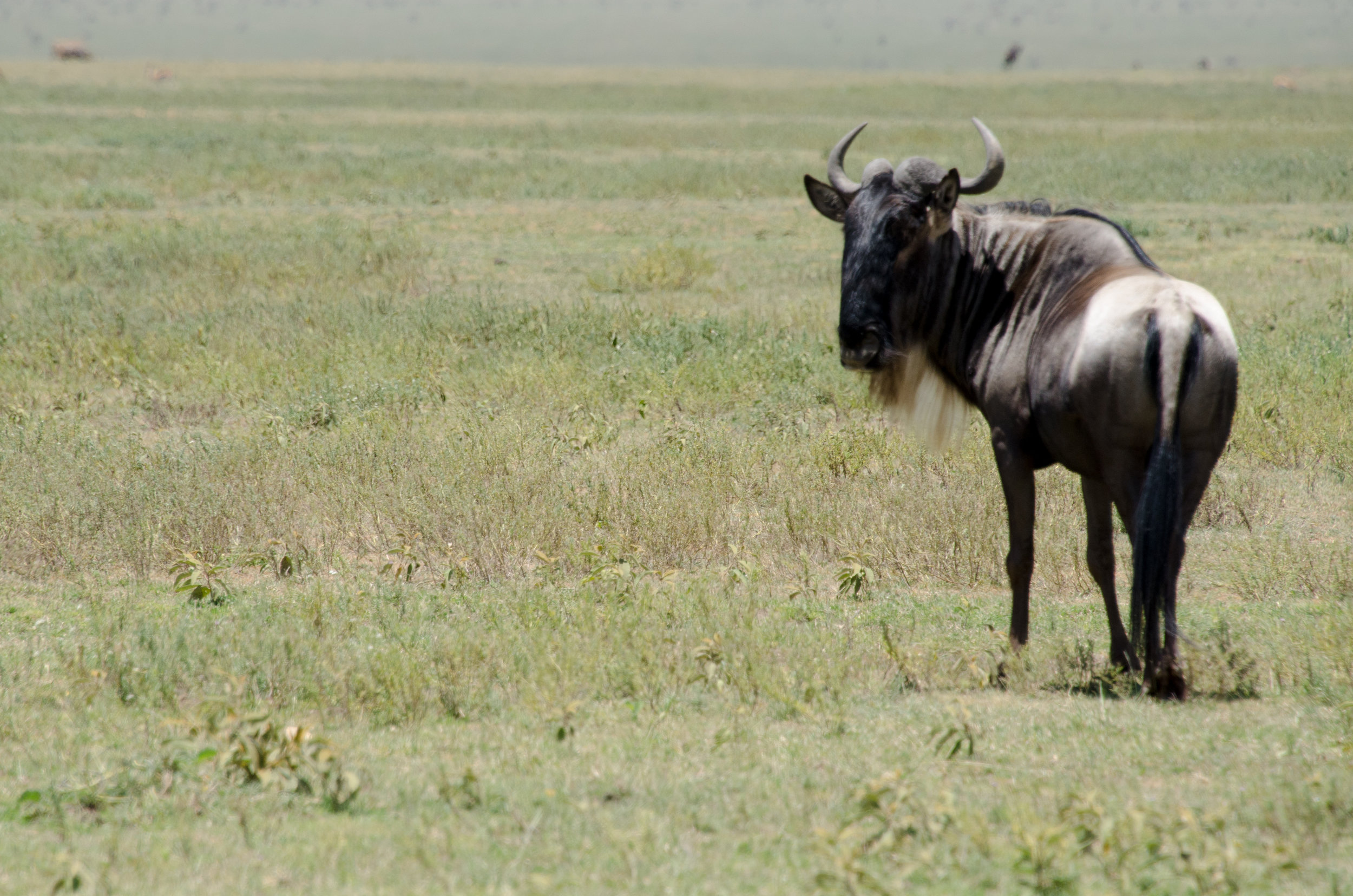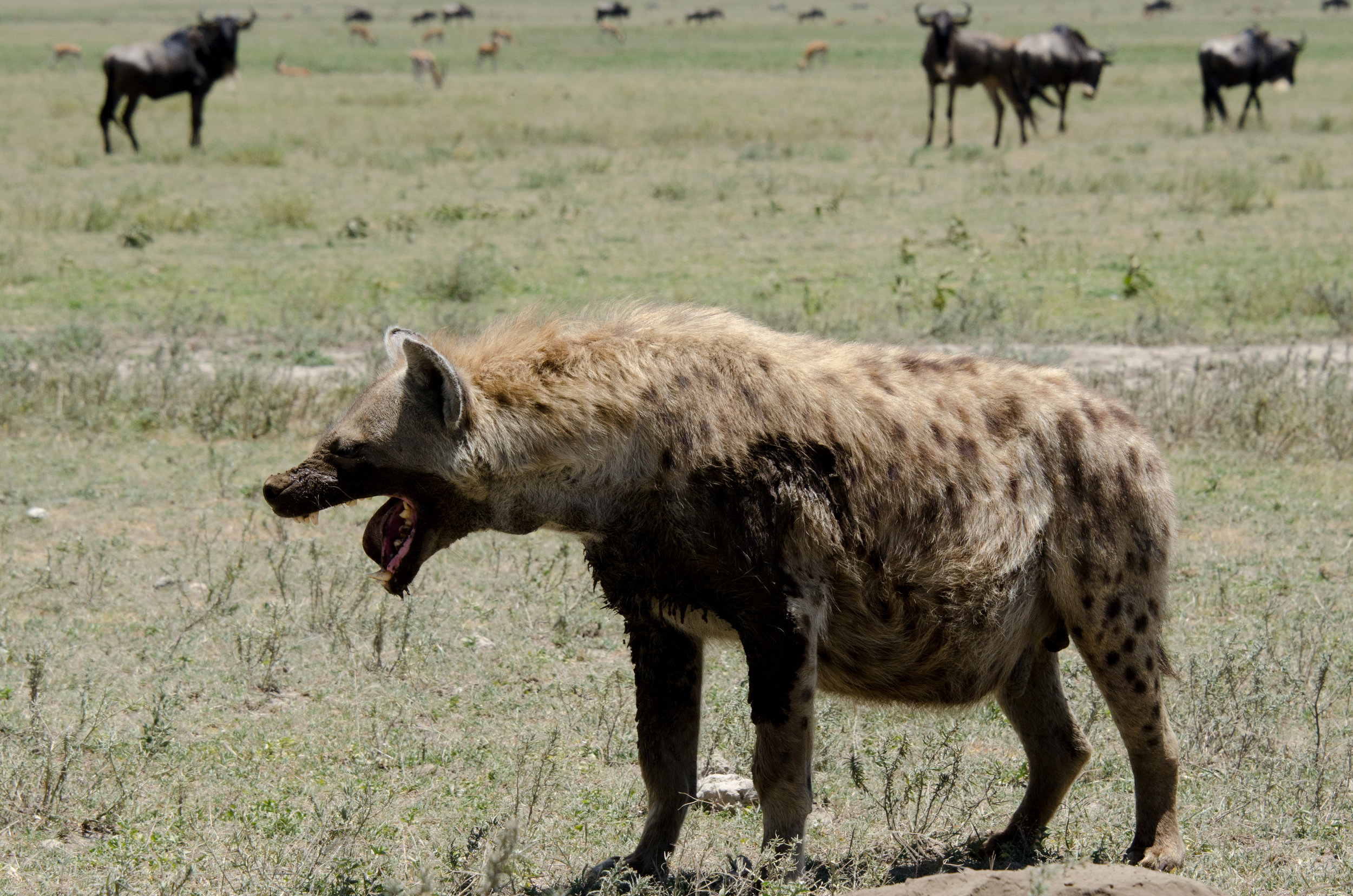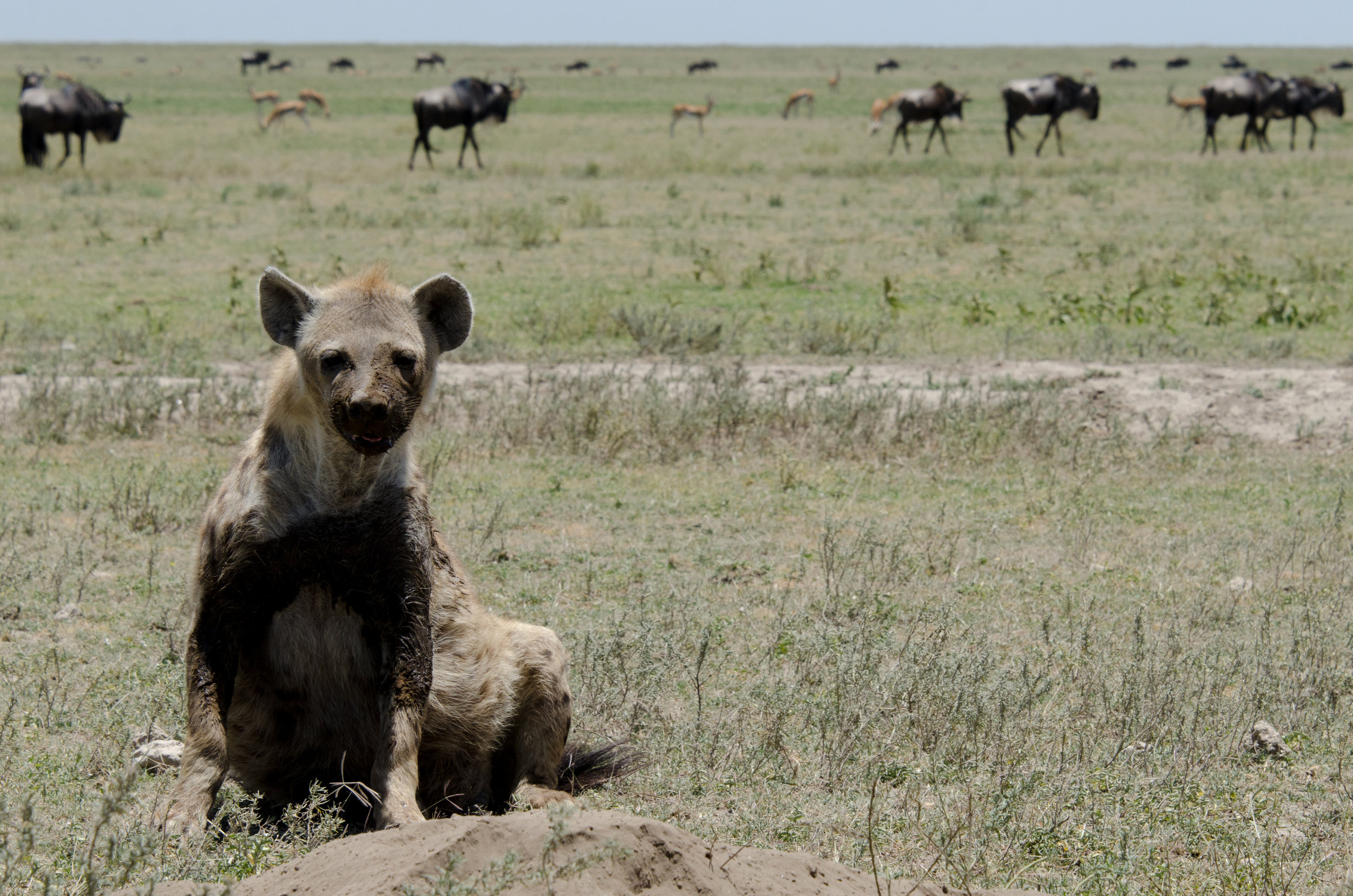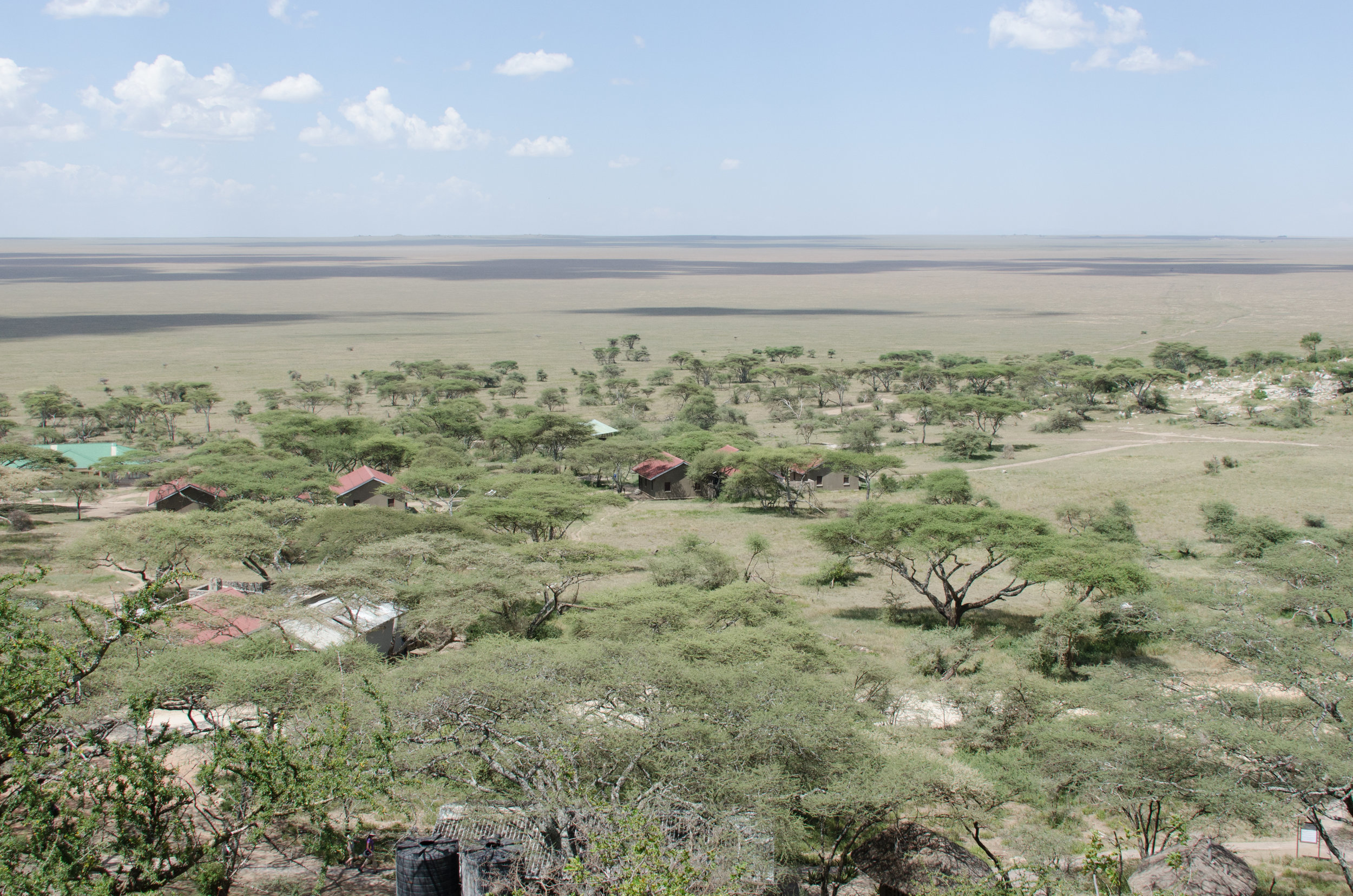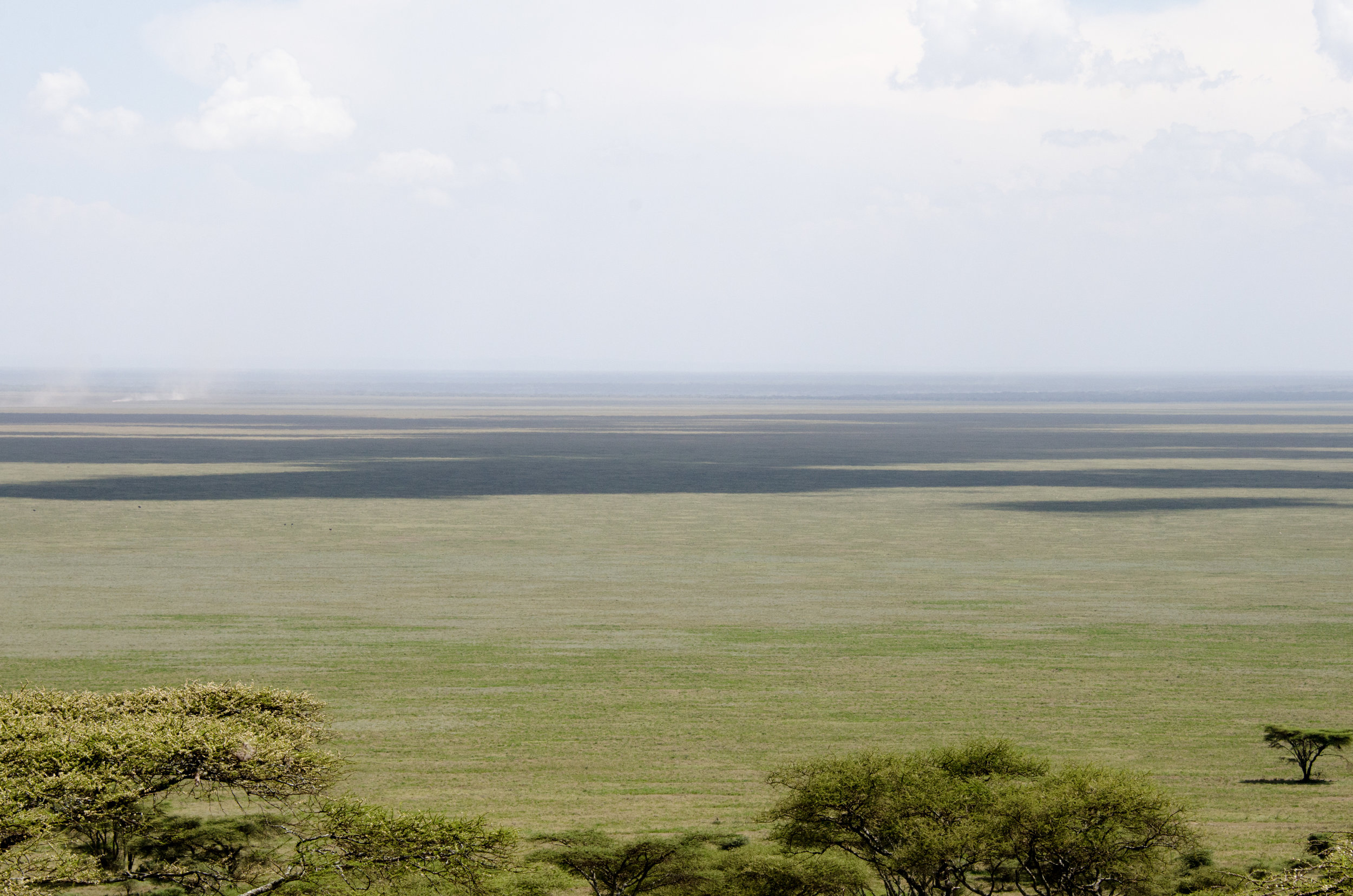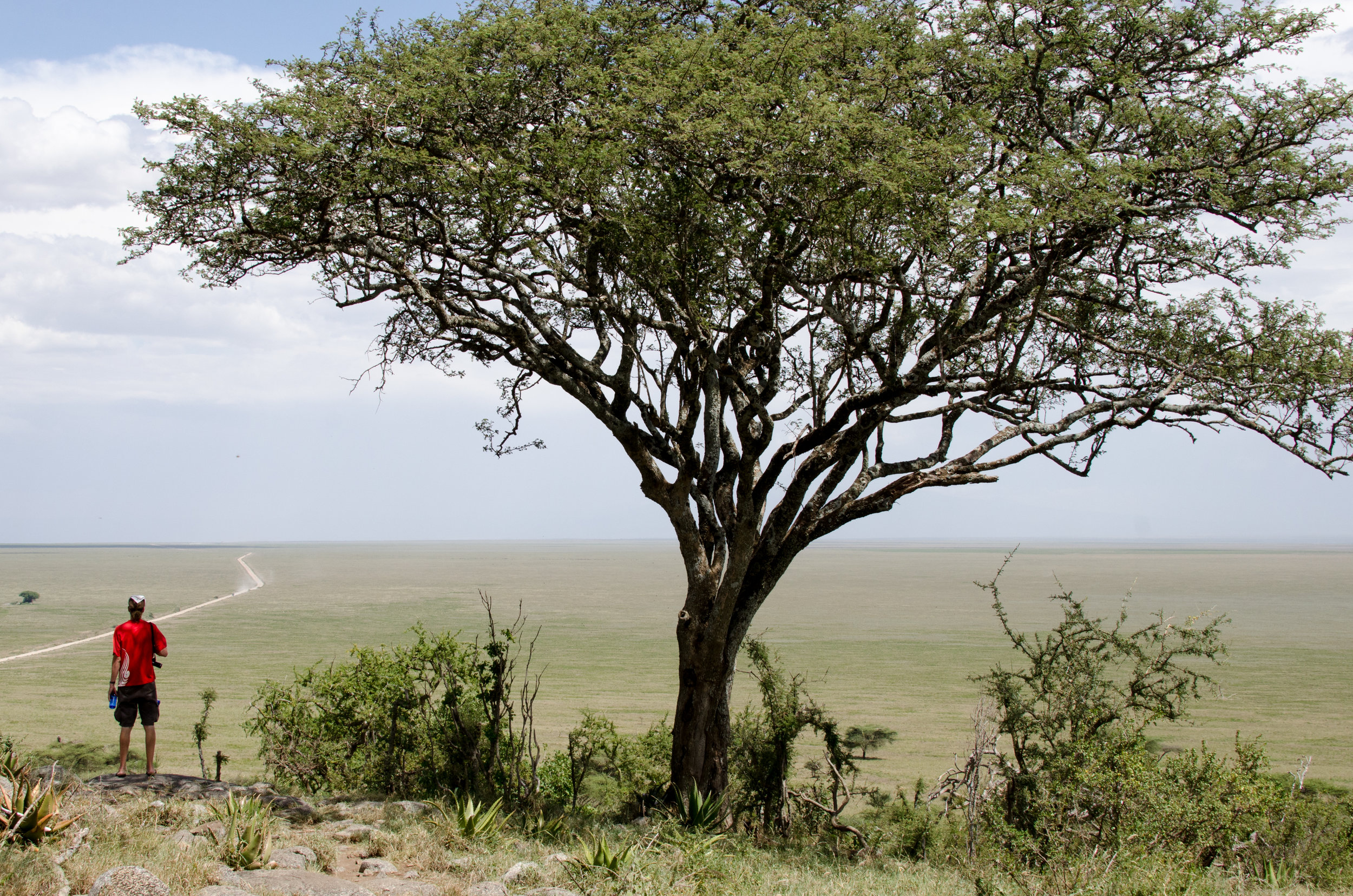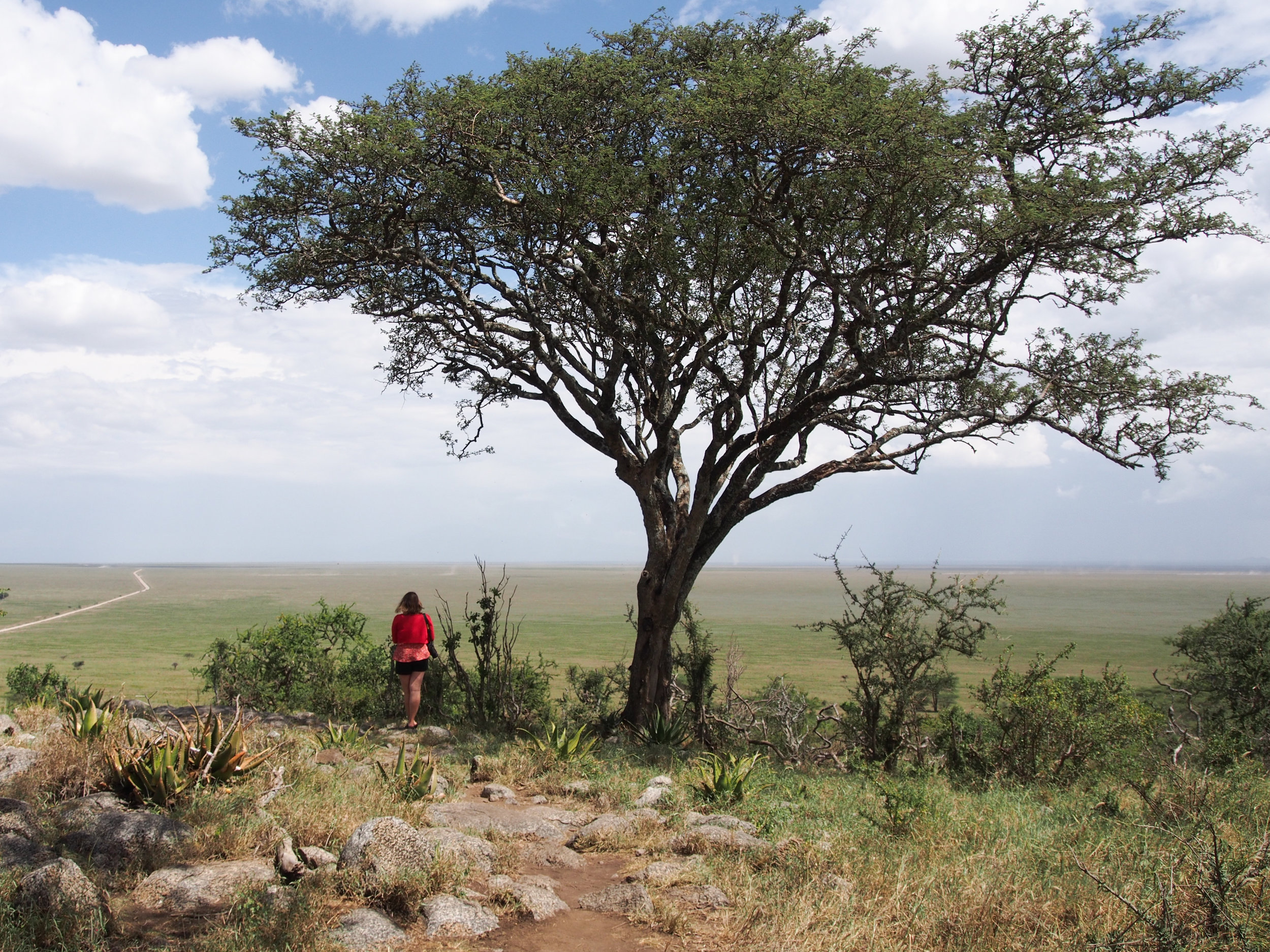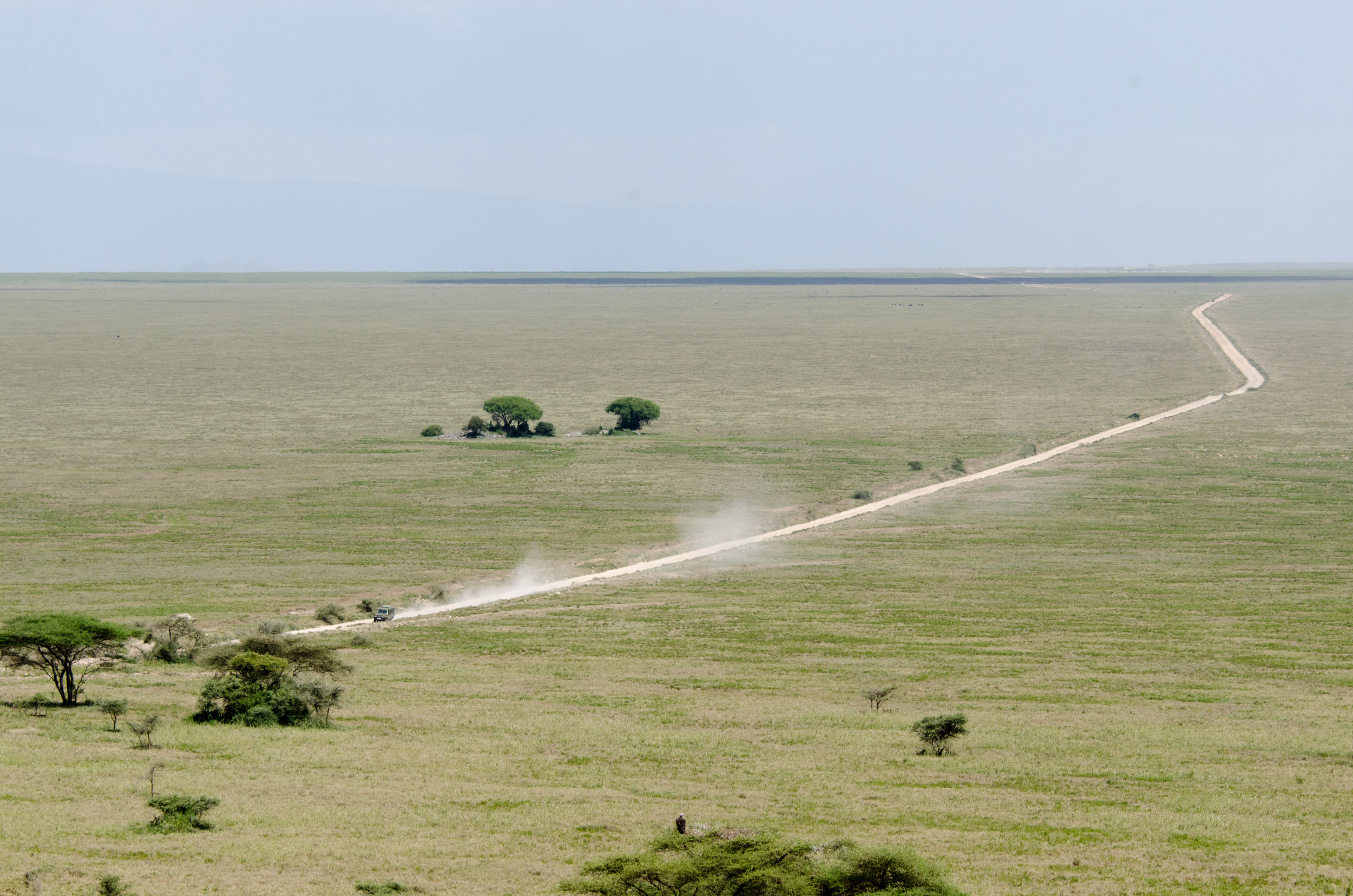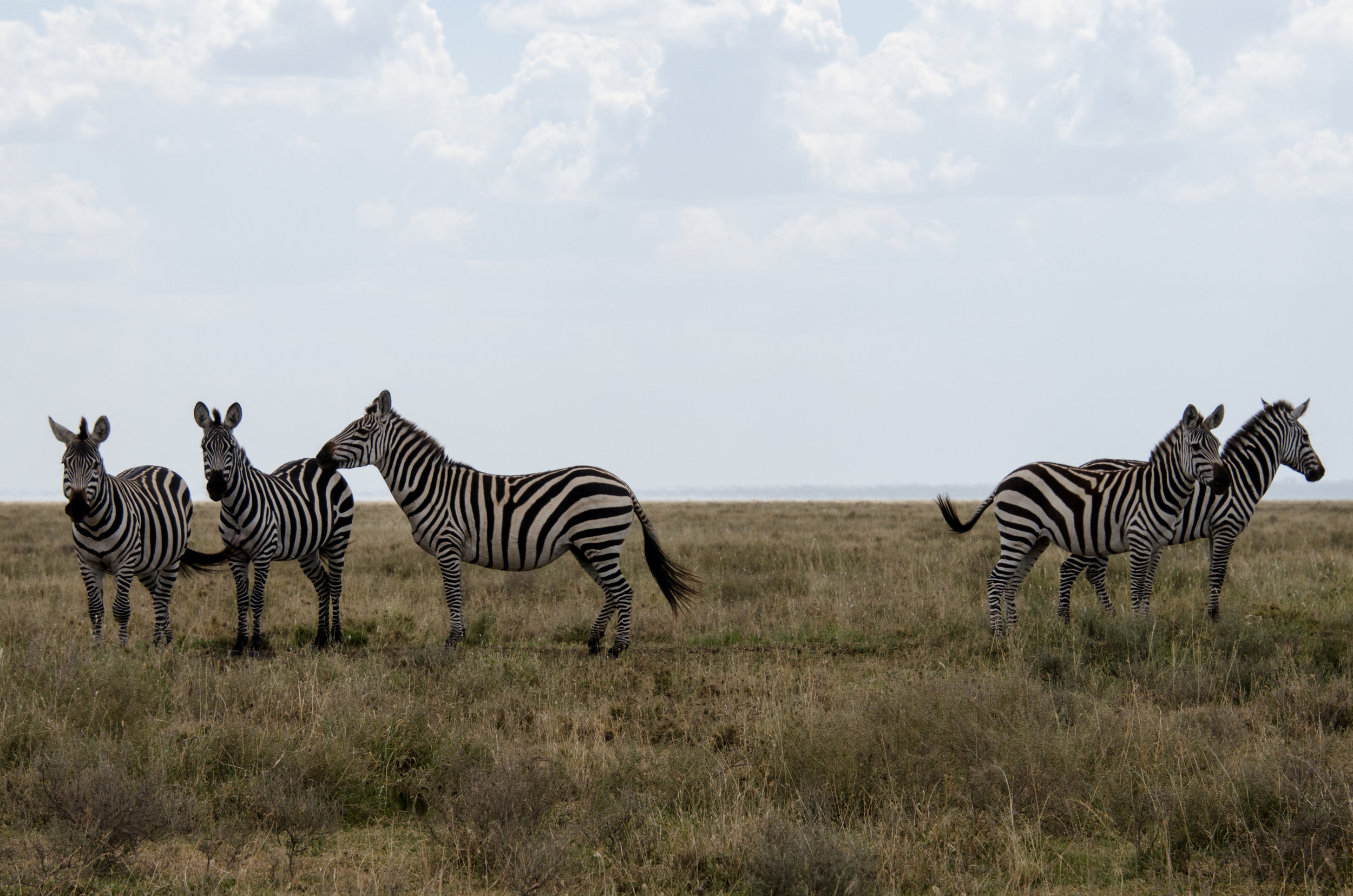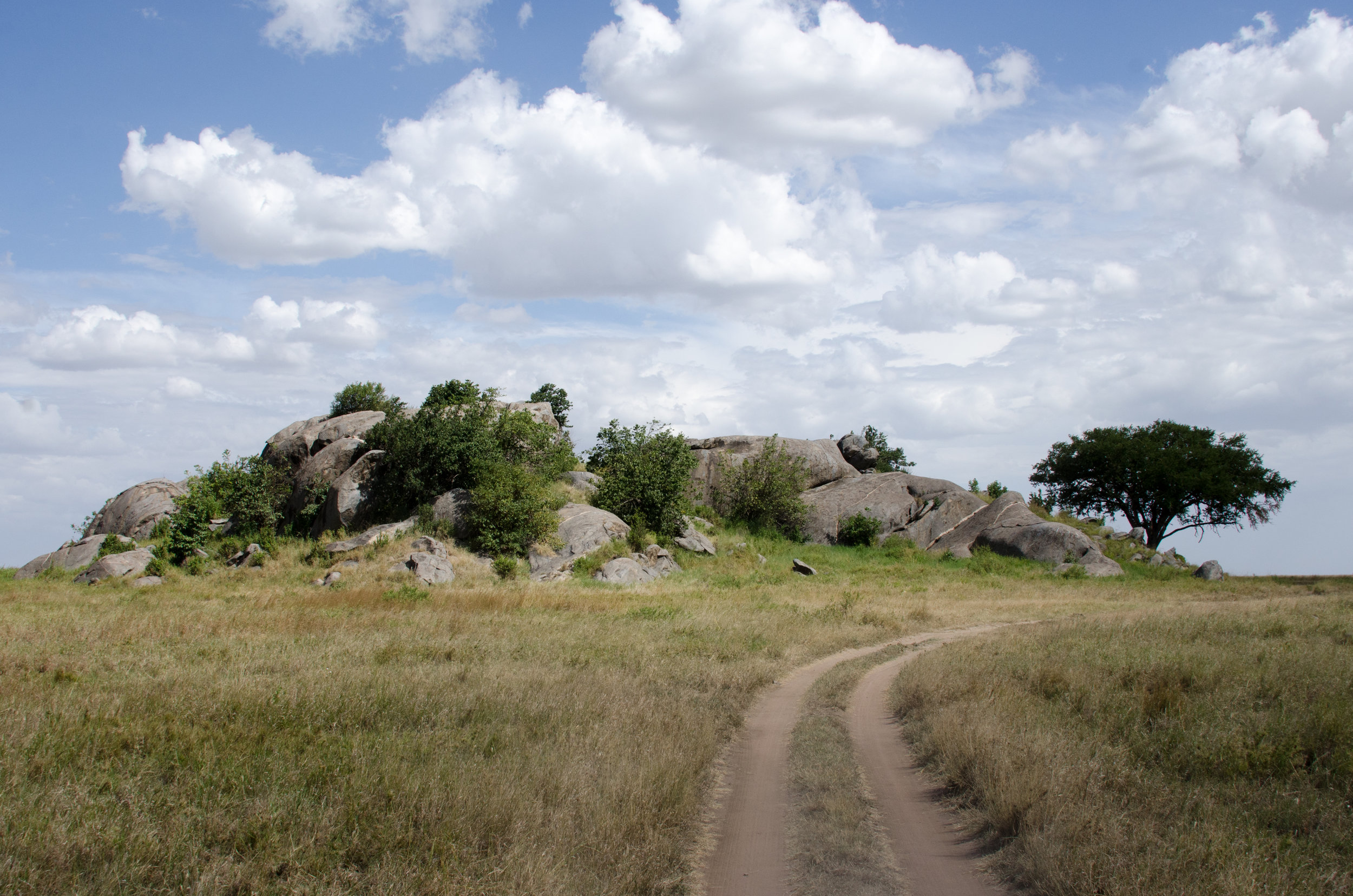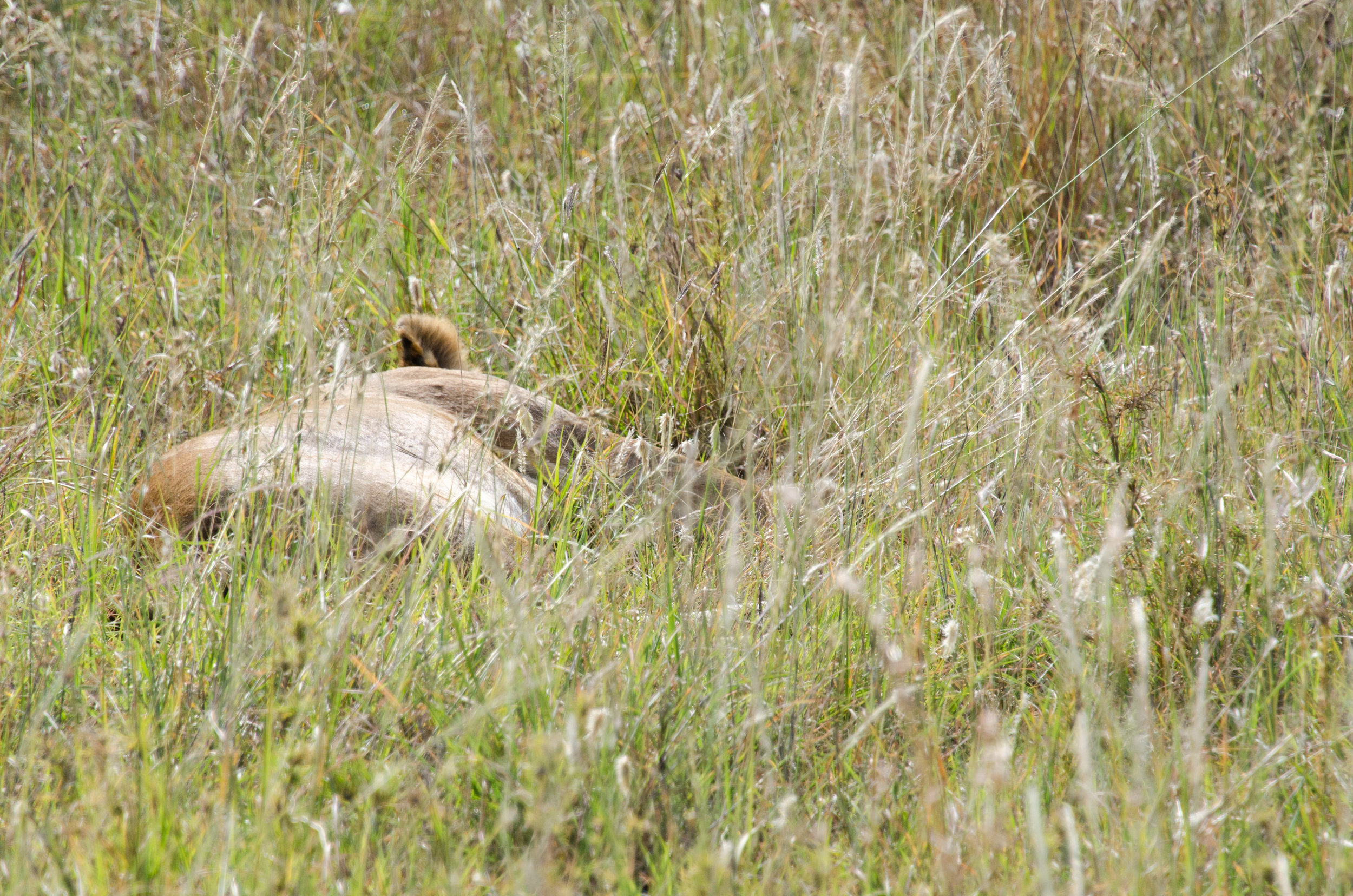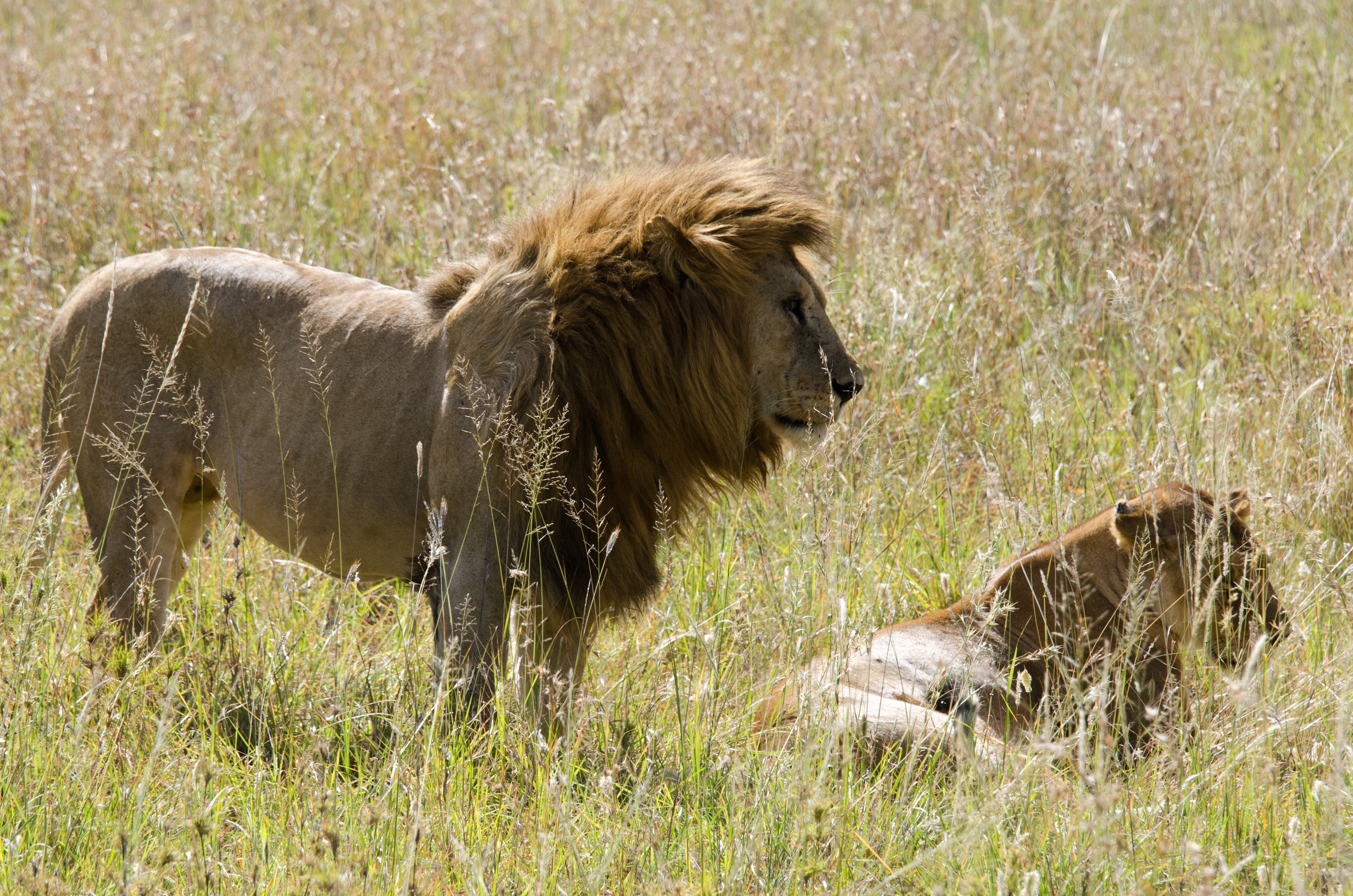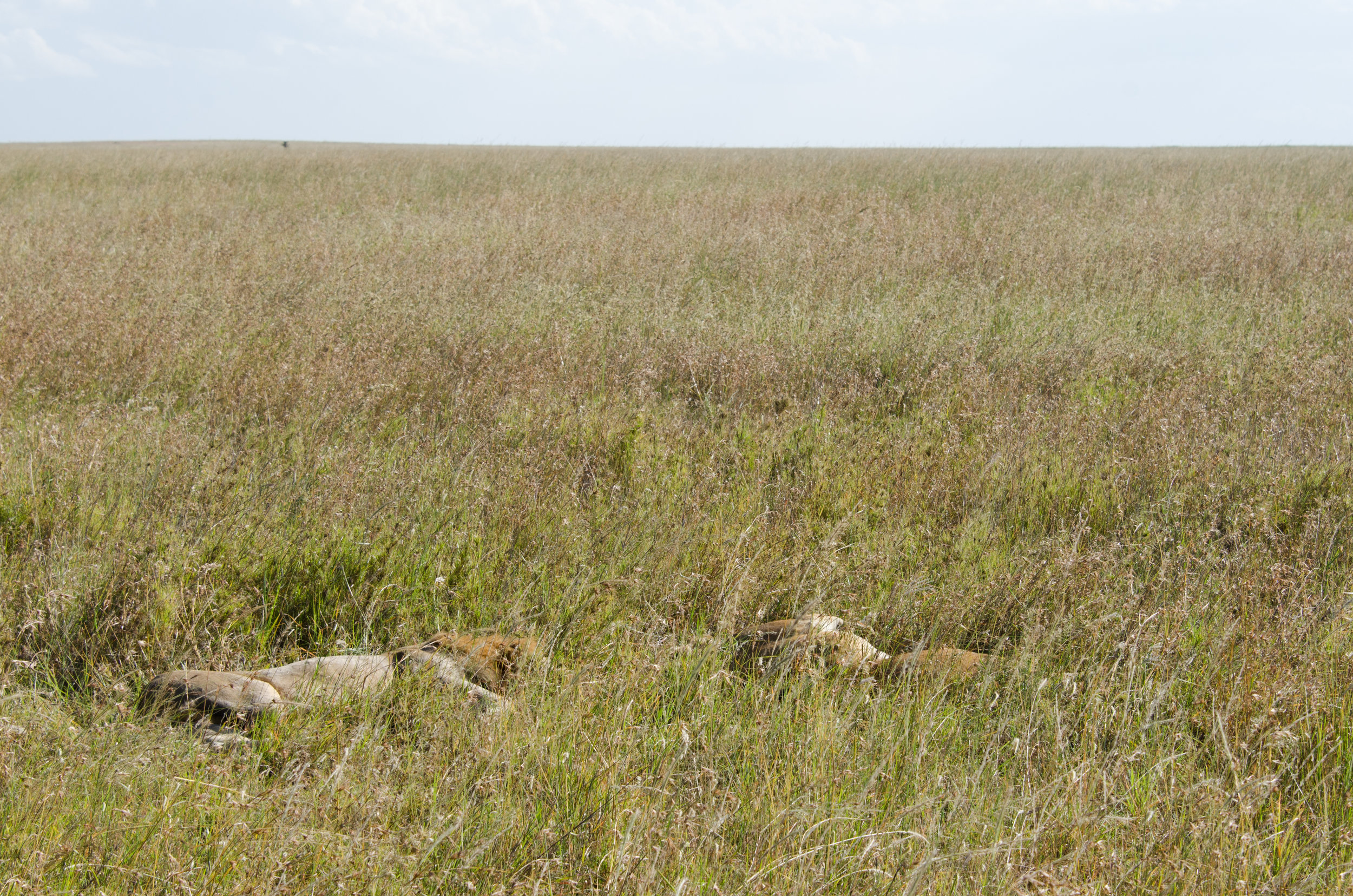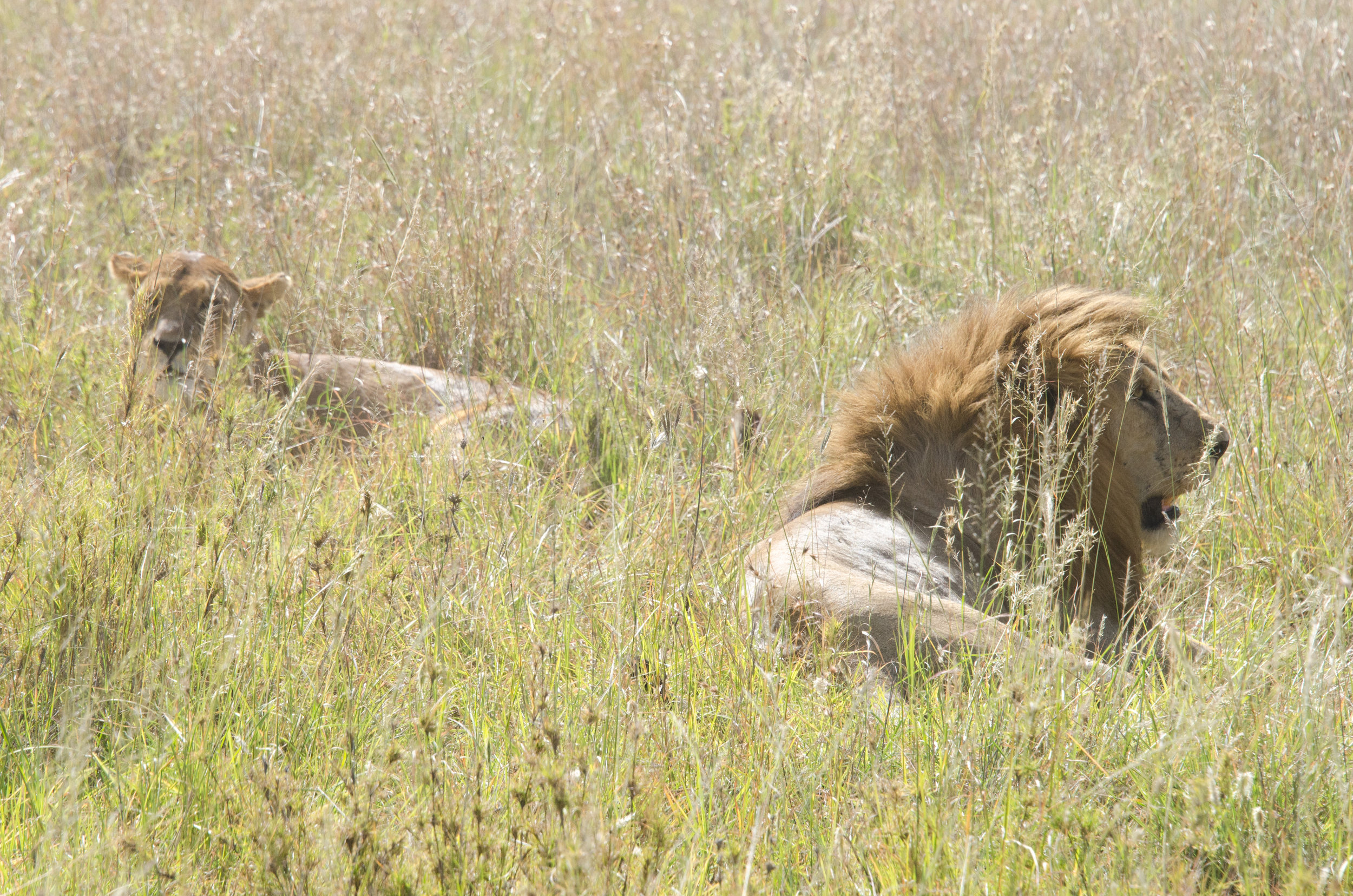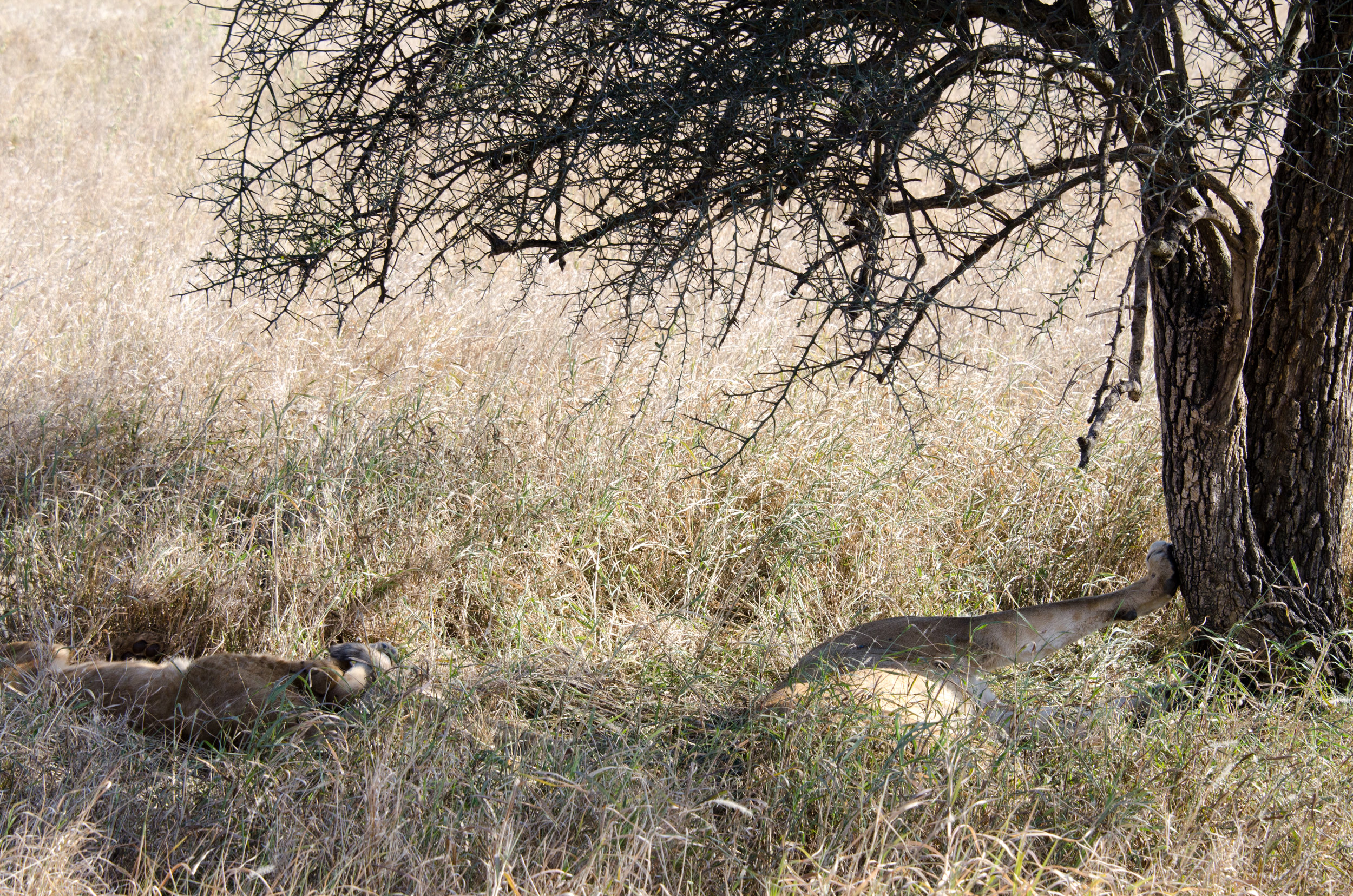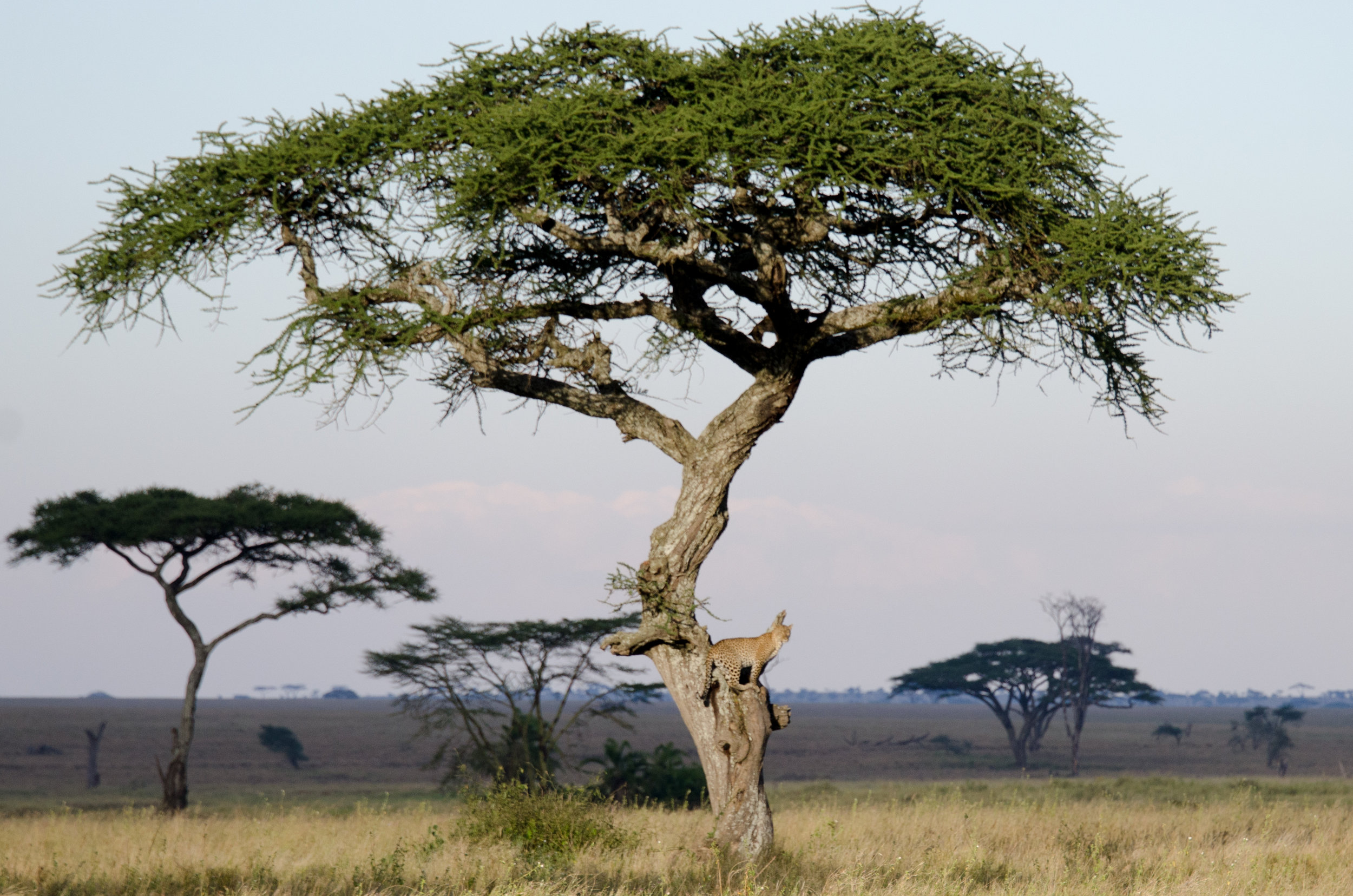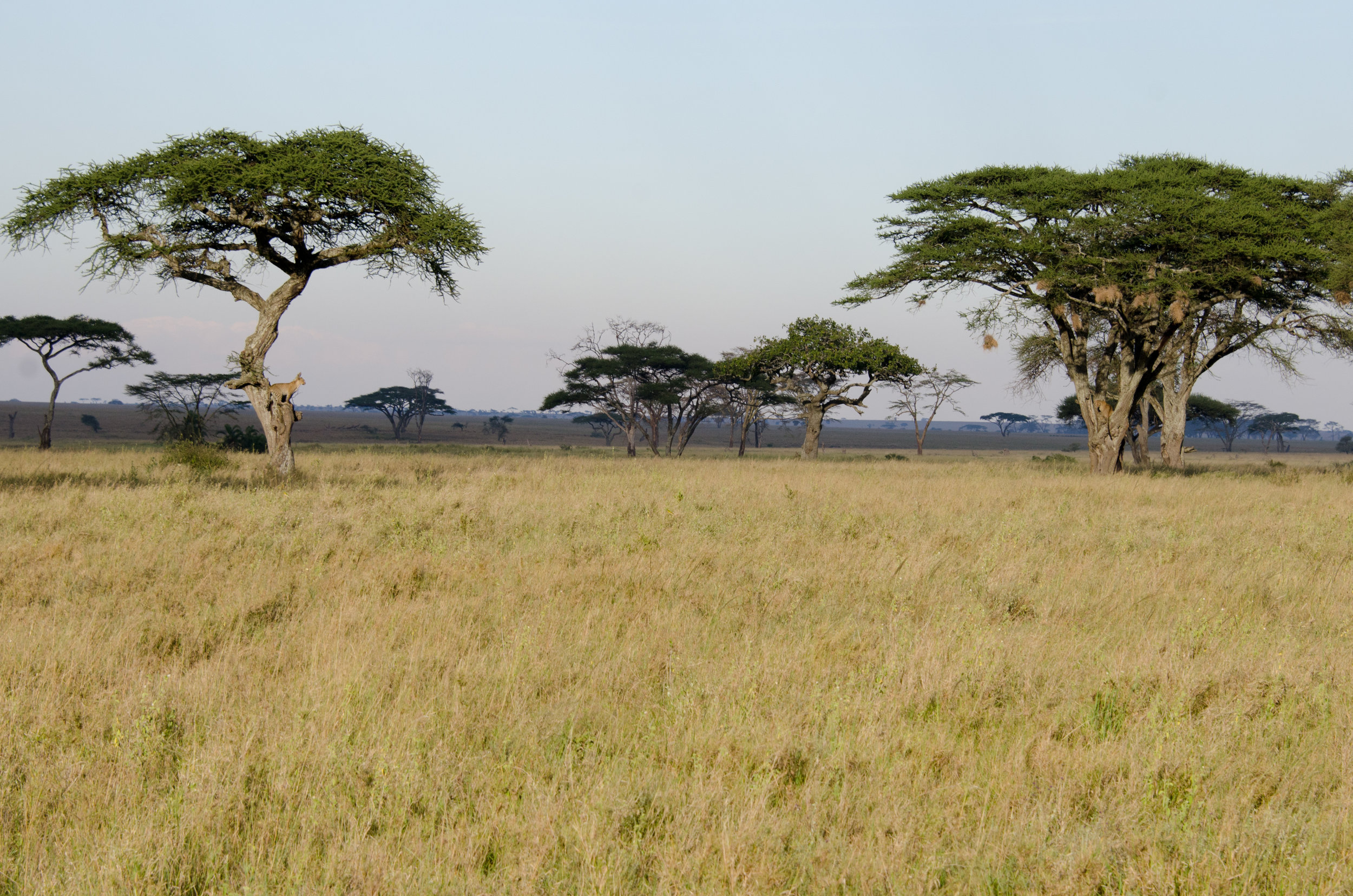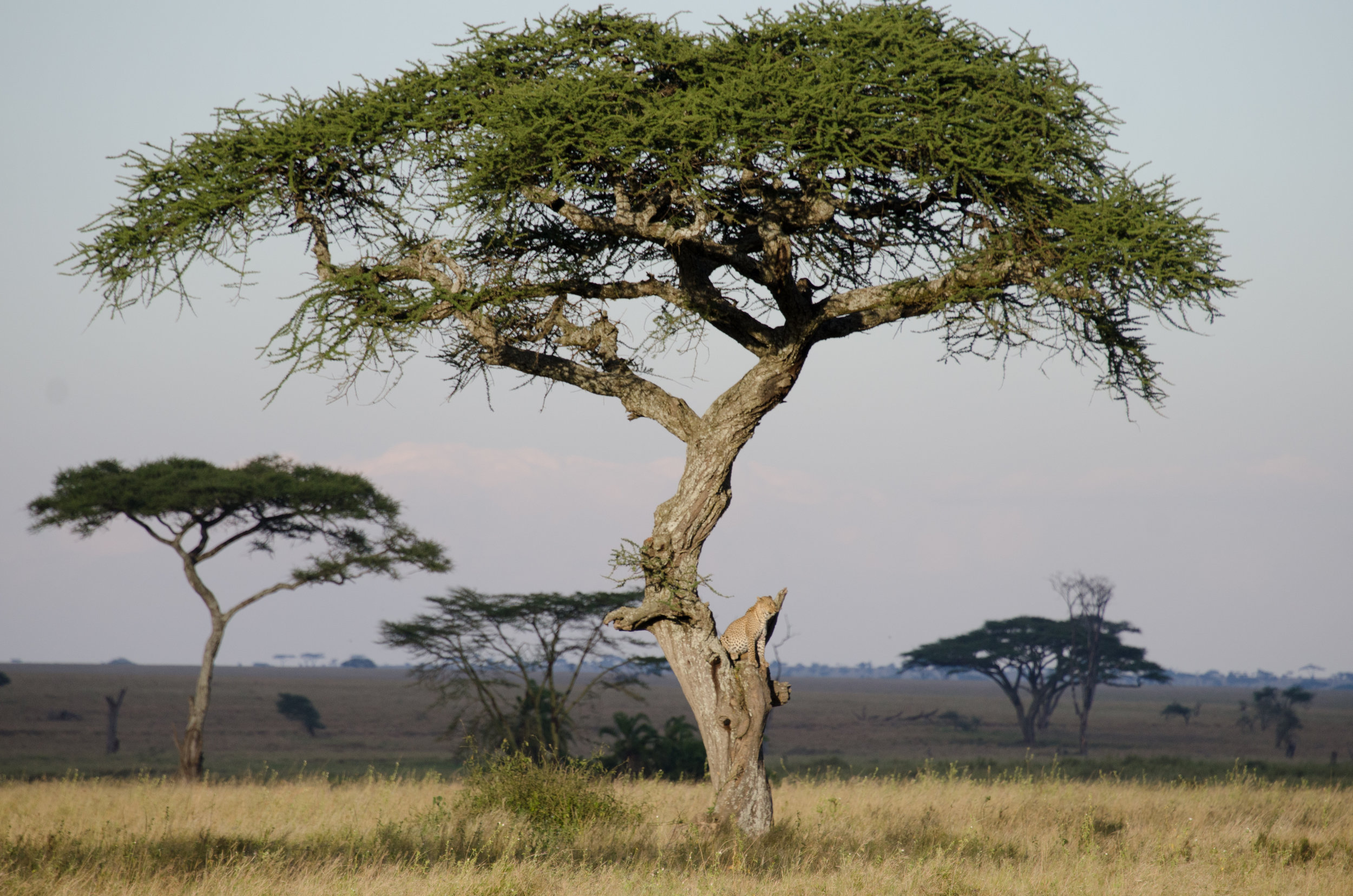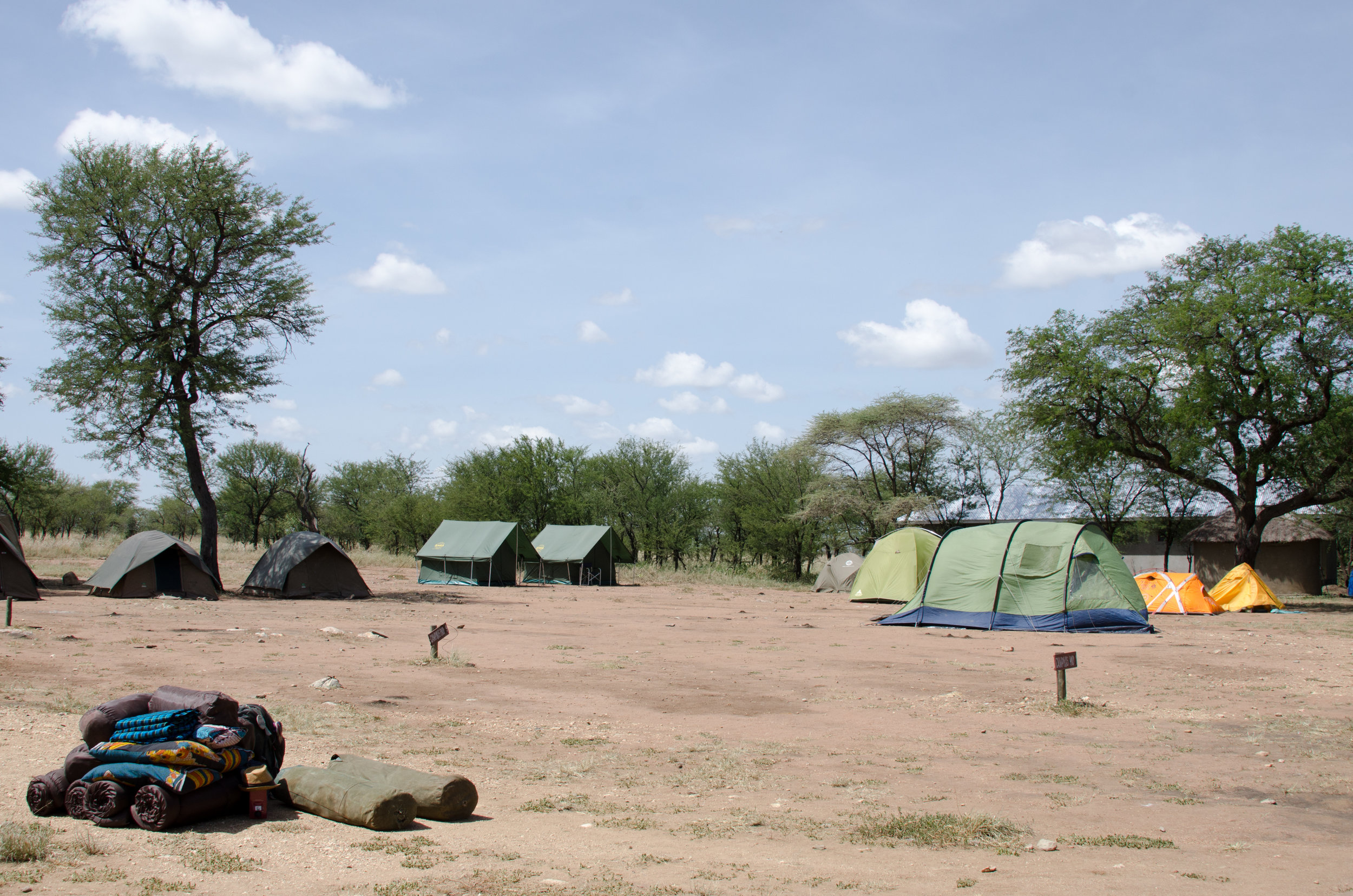We had planned on joining the hop on hop off bus tour (City Windows Sightseeing) around Istanbul, but after waiting for ten minutes to purchase a ticket (while other customers complained, asked for refunds, etc.) and then getting a shoddy exchange rate, we figured it wasn’t worth it.
Instead, Andrew and I wound up hanging out in a cafe off Taksim Square trying to process claims with World Nomads for our missing luggage and attempt to start filing claims related to our accident in Tanzania. This has not been an easy (nor enjoyable) process. But the entire situation could have been much worse had we not been staying with our friends, Juliet and Daniel. They let us take over their computer when our portable modem was lost in our luggage. They let us use their phone number to give to the luggage and airline companies who liked to call them in the middle of teaching. They cooked us dinner, let us make dinner, and kept us company even though we were wearing the same dirty clothes for multiple days in a row. Thanks, Juliet and Daniel, again. You are champions. Throughout past trips, I’ve shied away from travel insurance. This is probably not the smartest thing to do, but I did so because in my experience, pharmacies, and from what I’ve heard- hospital visits (I’m sure everyone has a different story) in Asia have all been very cheap and easier to pay out of pocket than to worry about receipts and dealing with insurance after something goes wrong.
I refused to get travel insurance at the start of this trip. Andrew complained. He threatened to call my mom. (I wondered which side she would have picked) He even suggested paying for it. I refused, rolled my eyes, and changed the subject. This tactic worked rather well until we touched down in Morocco. Once we were in Africa, distracting him from the idea of me not having insurance didn’t work as well. To make him happy, I bought an entire six month plan through World Nomads. Coverage began the day before we flew down to Uganda. He was happy. I was happy (that he was happy).
Fast forward to arriving in Istanbul without our luggage for several days. We lost at least three full days to waiting around for our luggage when Havas Ground Company (affiliated with Etihad Air) told us our bags would be delivered. I wondered if our insurance covered anything. They said they would! I just needed to provide luggage tags and receipts. No big deal. I didn’t have the receipts for the clothes I bought- but I had a credit card statement, and according to their website, that worked. Done.
I wondered if they would cover my iphone and lens that were both damaged in Africa. I filed a claim. They needed proof we were on the bus that crashed in Tanzania. They asked for our tickets. It was a bus in the middle of Africa. There were no tickets on these buses. You haggled over the price, you got on the bus, you hoped you made it to your destination safely. Unfortunately, we didn’t exactly make it to our destination safely, and we didn’t have good enough internet at the time to deal with the start of an insurance claim.
If they accept my pictures (of the bus off the road) and my passport stamps (from the border crossing we were on our way to) and if the guesthouse responds to my emailed request for a statement that we indeed stayed there, then I just have to figure out a way to get proof that I originally purchased my iphone in Korea two years ago. Because, that should be easy enough, you know, while I’m in the middle of Turkey.
Here is what I’ve learned (the hard way) about travel insurance:
1. Before you go on your trip, scan any and all receipts or proof of purchase for items of value you will be traveling with.
2. If you do not get a ticket, and your bus crashes, even if you’re ok at the time: ask your guesthouse to call the bus company for a statement or proof. Get a document from your guesthouse with dates and your name on it that you stayed there. Notify your insurer to simply say “we’ve been in an accident, we’re ok right now, but… is there anything we should do” Because if I HAD done that, then I would have been at least able to get a receipt for where we stayed and it would have been easier to get proof from the bus company that there was an accident.
3. Even if you DO keep everything (receipts, transportation tickets, museum passes included) like I do. (And I really do. Who knows what kind of fun art project I’ll get up to with it all when I get home) Take a picture of any and all receipts before you stuff them in an envelope to send home. Because you never know what you’ll need in the future. Initially, we thought we were ok, and then Andrew’s leg kept swelling up and my iphone wouldn’t turn on…
I still cannot say that I’m an advocate for travel insurance. So far, even having the appropriate documents (according to their website) World Nomads is giving me the run around over a claim for a grand total of $51.00 after not having my bags for three days in Istanbul. I purchased the insurance not to get reimbursed for a few days of discomfort in dirty clothes, but for the possibility of my bus running off of the road in Africa. I needed and maybe will continue to need insurance traveling through places that don’t accept credit cards and don’t provide receipts when you pay in cash. What is the point when you get insurance and they won’t cover your claim because your pictures of your bus off the road in the middle of Tanzania and your passport stamp at the little land border crossing a few days later aren’t enough proof?
If I could go back, I probably still would have purchased the travel insurance. For Andrew. I would purchase it for me, for him. But I would have called World Nomads immediately. I would have asked for receipts (even though in some places, they don’t know what a receipt is and you have no way to communicate that to them) when they weren’t given. I would have taken more pictures. I would have figured out how to email World Nomads with all of the necessary documents before we left Tanzania.
I would have. Wouldn’t you? I mean, would you think to do all of this after your bus goes flying off the side of the road at 130 kilometers per hour in the middle of nowhere on the east coast of Africa?
